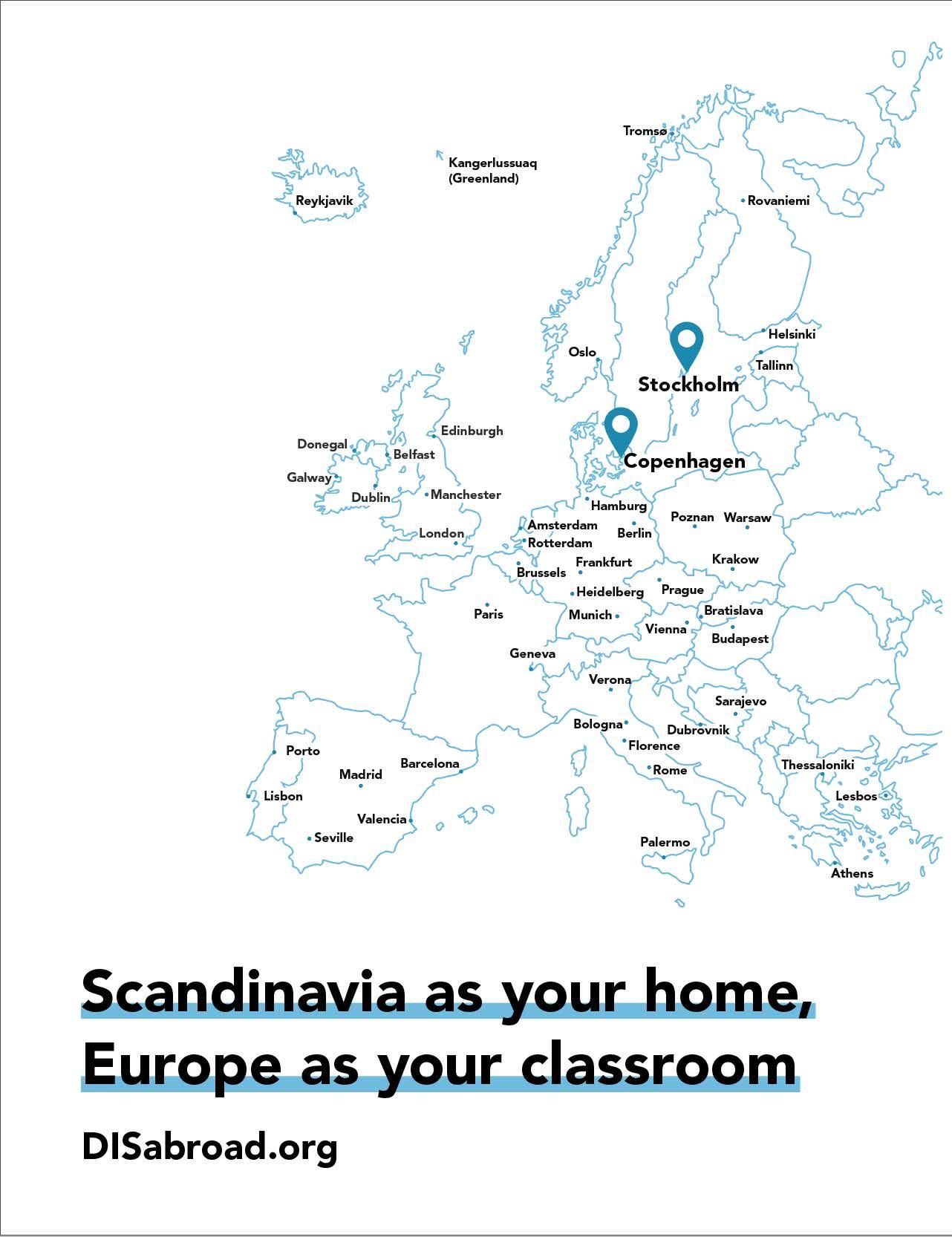

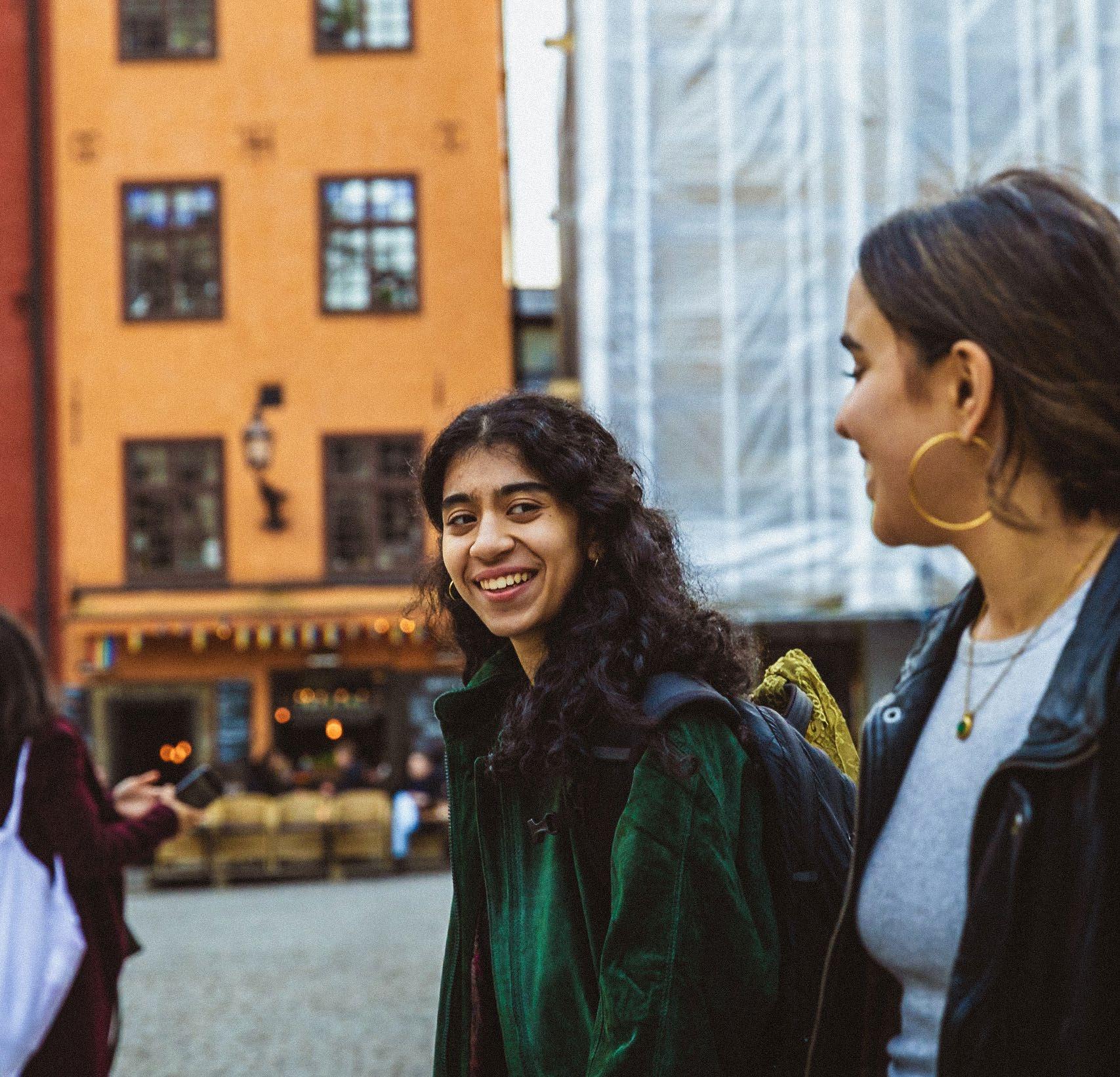






From the beginning of my undergraduate career, I knew that I wanted to study abroad. But beyond that certainty, there were so many unknowns. Where to study? How would I pay for it? What credits would transfer? Each of these uncertainties could have been my excuse to not take this leap, but I was determined to make this happen. As I kept exploring my options, things began to fall into place. I found DIS, and there I discovered a range of classes that interested me, scholarships to help me afford it, and even a team of DIS staff to hold my hand and give me the confidence to move across the world for a semester.
Coming to Stockholm as an economics major, there has been so much for me to take advantage of. Through my Core Course, I’ve been able to learn about Sweden’s approach to its welfare state, visit the Riksbank, and hear how Sweden’s historical neutrality in global politics has affected them economically. In my elective courses, I’ve broadened my academic knowledge, studied how group behavior can affect market decision making, and explored urban planning and sustainability in Scandinavia. And on Study Tour, my classmates and I sailed across the Baltic Sea to study in Finland for a week, where we learned how the country’s proximity to Eastern Europe has affected its development. Alongside all my academics, some of my greatest learnings have come from the new friends I have made. Studying abroad isn’t a choice everyone makes, and I may be biased, but those who do tend to be some of the most interesting people you will ever meet.
More than anything, I have experienced so much personal growth during my time abroad. I think about myself at the beginning of this semester and all that I’ve learned since about others, about the world, about economics, and most of all, about myself. Before I arrived in Stockholm, I had this perception that my semester abroad would include these big epiphanies and singular moments that would change me forever. And yes, studying abroad has consisted of some big experiences, but I think most of my growth has come from the more mundane moments. Walking to the grocery store and making myself dinner, studying in a favorite coffee shop, taking the train to class, all of the times I wasn’t necessarily seeking out or paying attention to my growth, but I was growing. These moments were important because I made them happen. I made the choice to come here and do it all.
Now to you, reading this. This whole adventure might sound like a lot, and I can’t promise that it won’t be. What I can promise you is that it will all undoubtedly be worth it. Every single part of it. The moments you don’t notice, even those you’ll want to forget, they are all part of what makes this experience so special. I encourage you to take that first step, put yourself out there, and embrace something new.
Here’s to you, your leap of faith, and everything that happens next.

Riley (she/her) DIS student, Spring 2024


Since 1959,
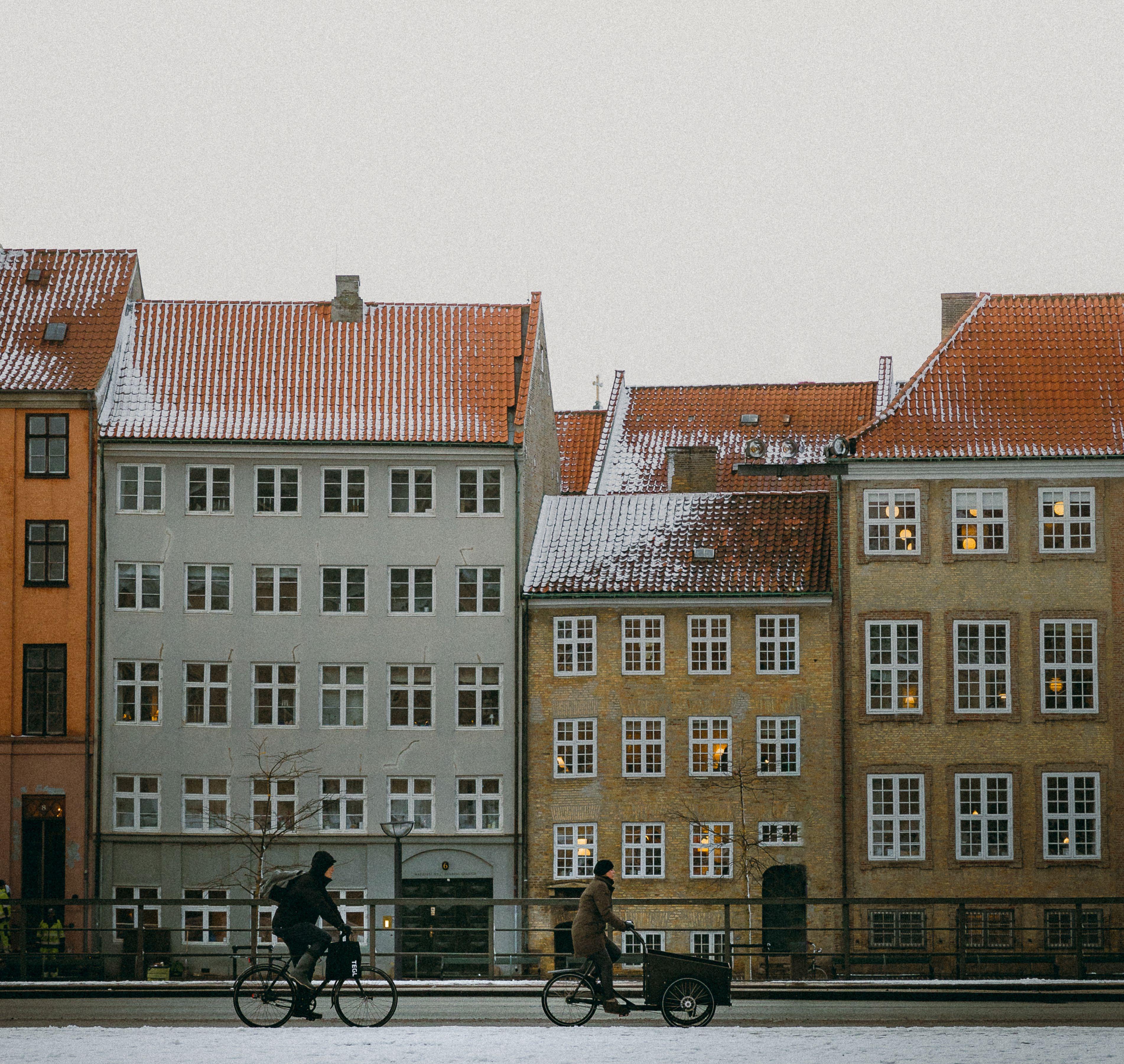
DIS is a non-profit institution, founded in Denmark in 1959 and still based here in Scandinavia, with over 65 years of practice as an independent study abroad organization.
We are located in Stockholm and Copenhagen because we have deep connections to the people and cultures of these two cities. We believe study abroad should be rooted in a location and our teaching is influenced by our Scandinavian ethos and values. Our students use our local ties to immerse themselves within a new culture and build a home away from home while they expand their own boundaries and explore the world.
Here’s what you can expect from DIS
DIS offers over 340 courses across 29 programs, making it easy for you to create your own unique schedule that fits your academic interests and needs.
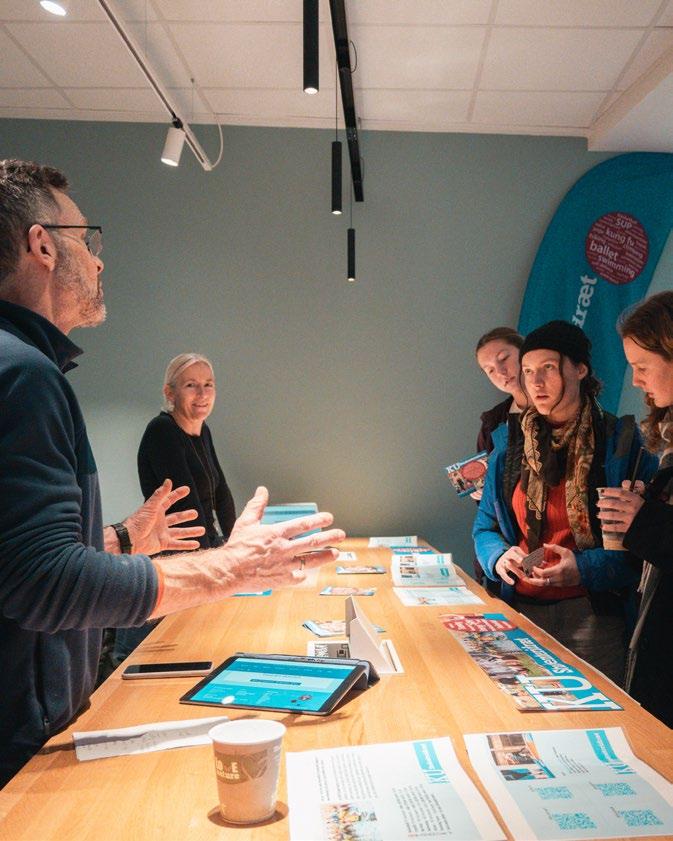
Your wellbeing is a top priority, which is why we have a strong support network and resources available to you. Our staff will guide you through the full study abroad process, step-by-step. Community teams plan outings to explore your city and make new friends, and host wellbeingfocused workshops throughout the semester. The Academic Support team can work with you to ensure you thrive academically and our Care Team of professional staff are ready to support your physical and mental health with our 24hour emergency phone.
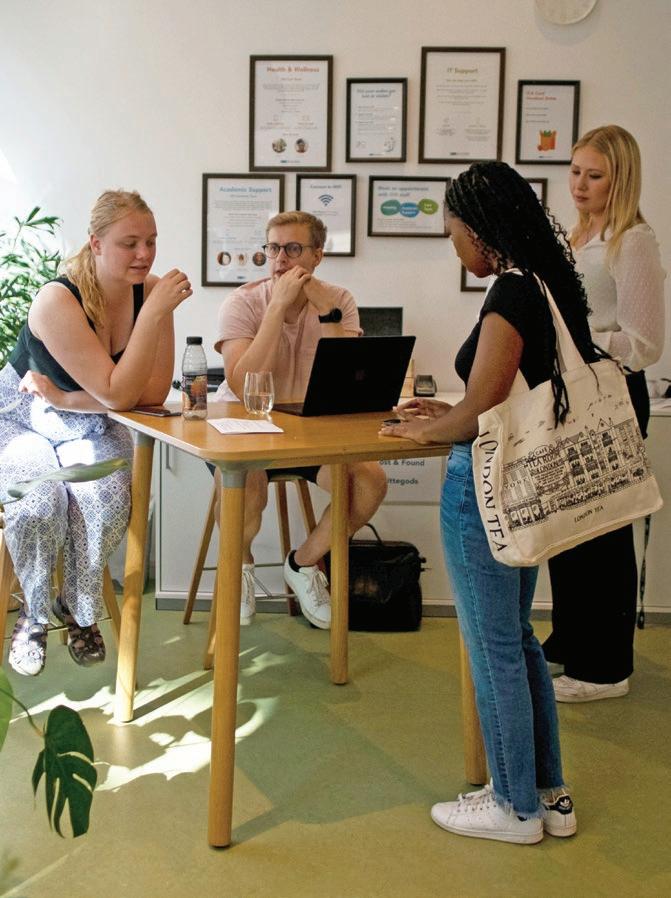
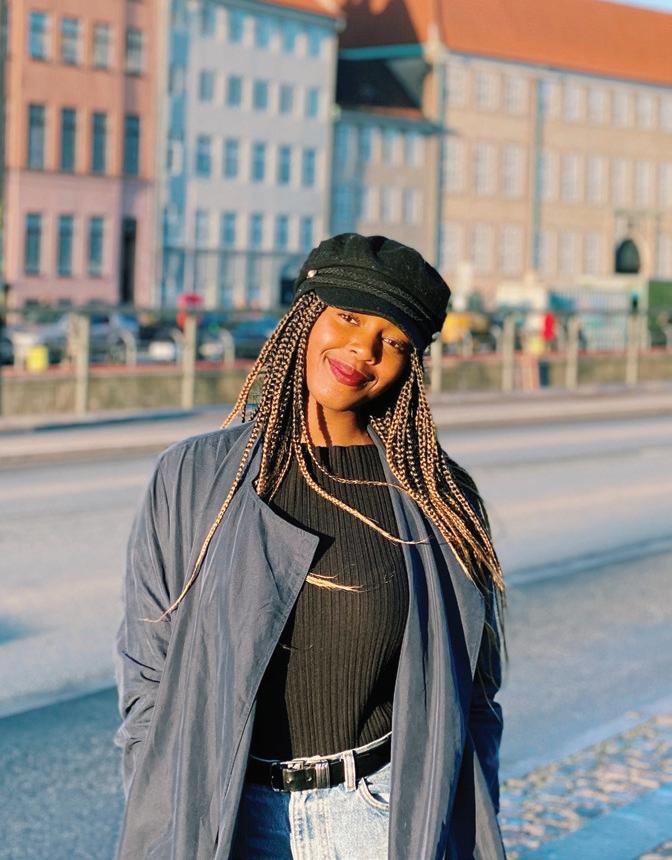
Where you learn is as important as what you learn. That’s why your courses emphasize place-based learning through Field Studies, which take you out of the classroom to see your academic topics at work in real life. Your Core Course also includes two facultyled Study Tours, where you travel to new cities with your classmates and explore your learning within different European cultural contexts.

I think DIS does an incredible job of helping students get adjusted and situated abroad. From giving everyone transportation passes to basically handling the entire visa process for us, I definitely think DIS really helped alleviate some of the initial stress and concern of studying abroad.”
Jeffrey, Vanderbilt University
The courses I took and the faculty I matriculated under not only challenged me in my studies but even drew a clearer picture of what I want to do in life.”
Gabrielle, Spelman College
> Read Gabrielle's blog
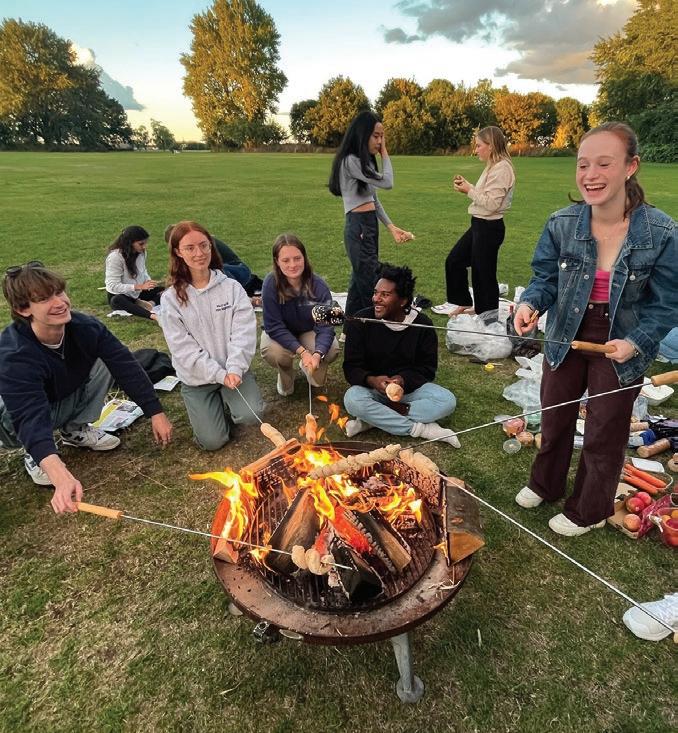
DIS hosts a variety of partnerships and meetups to help foster intercultural exchange, or we can help you join a local club or volunteer organization. Most people in Stockholm and Copenhagen have high levels of fluency in English and there are plenty of opportunities to meet and learn from them.
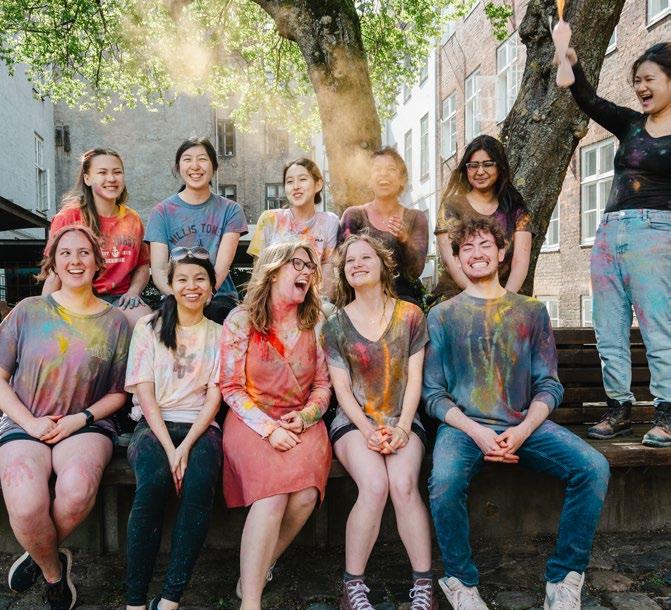
We offer a variety of resources and ways to feel at home during your time abroad. This includes staff-facilitated affinity groups for LGBTQIA+ students and allies and for Students of Color. In our classrooms, we accommodate a variety of learning styles and academic needs. DIS also offers need-based and diversity scholarships to ensure students from all backgrounds can come and create their own spaces in Scandinavia.
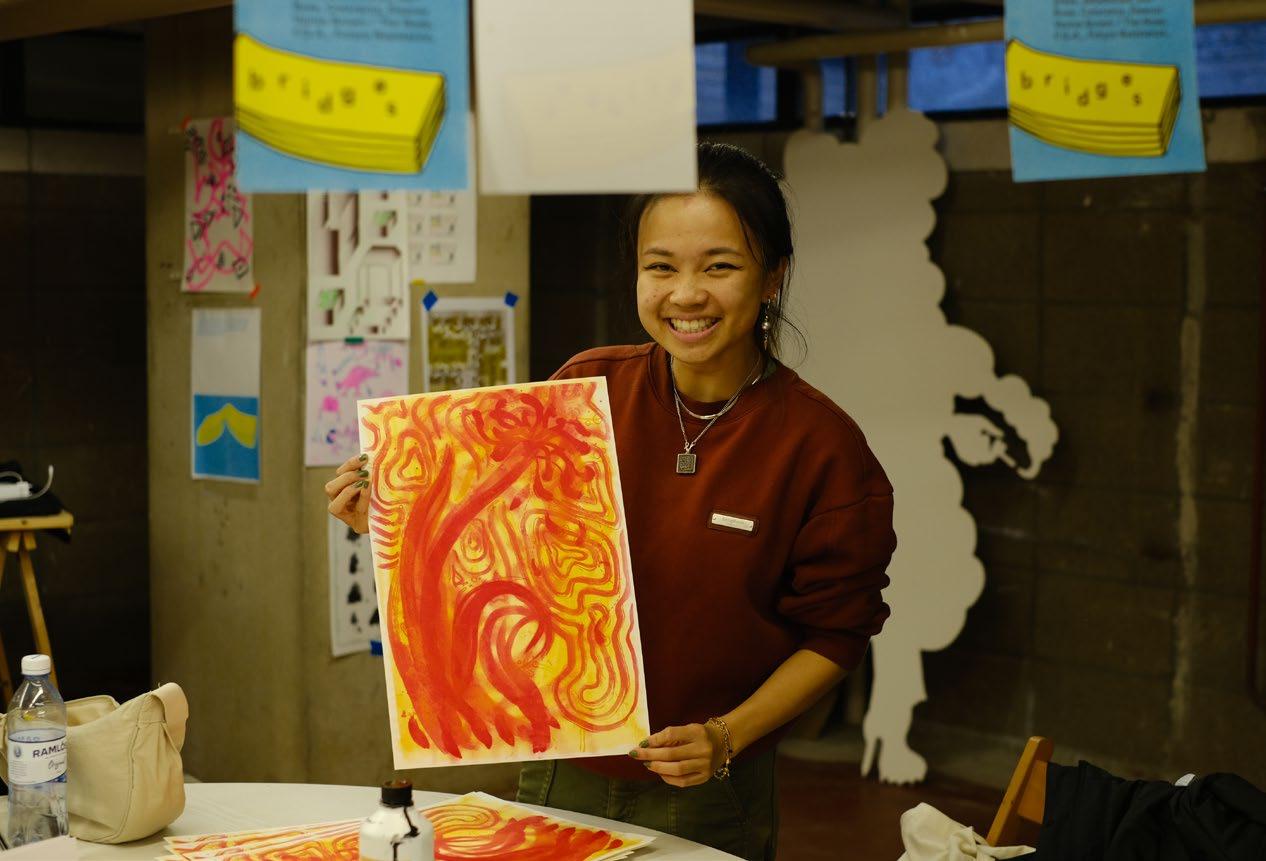
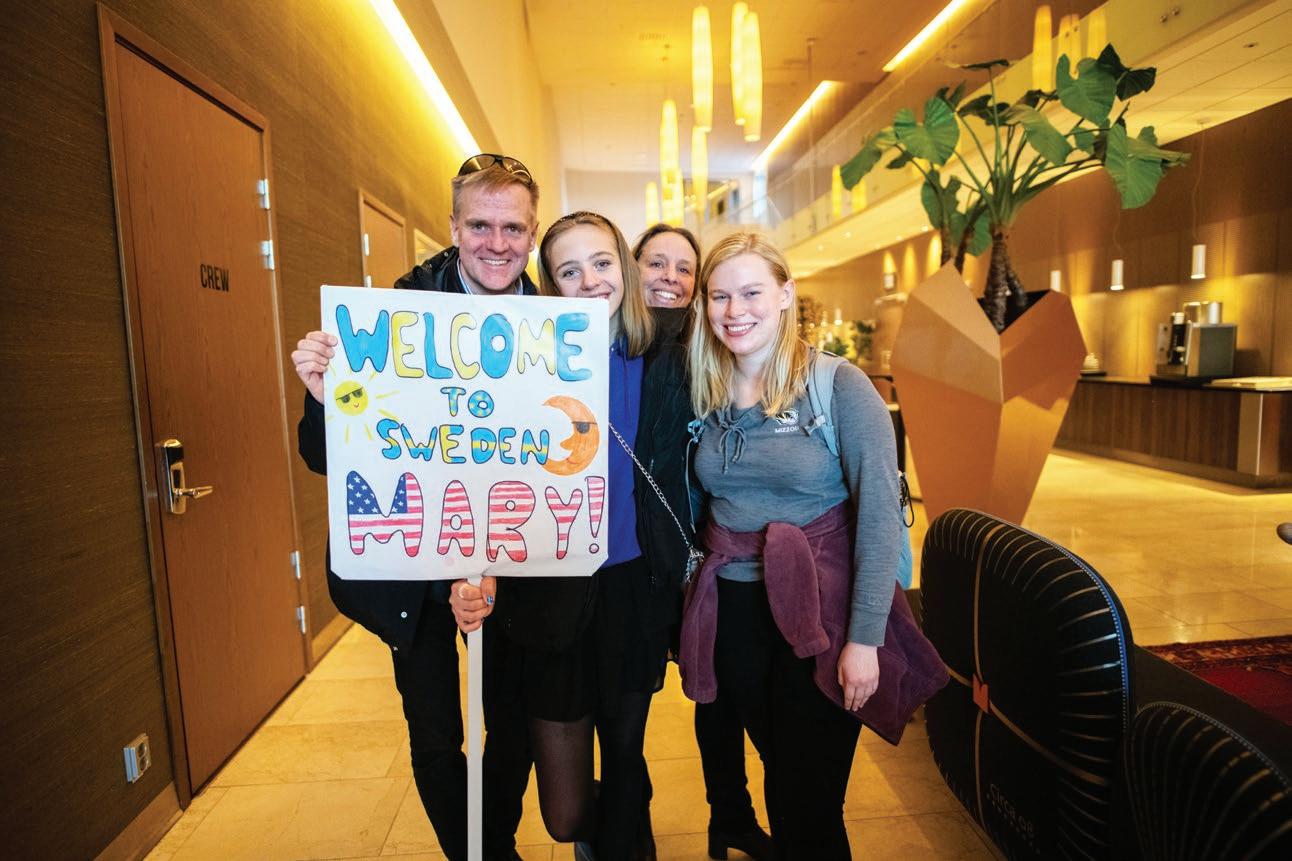
Our staff will be there to greet you at the airport, transport you to your housing, and help you settle in.
Early in the semester, your Core Course will have the first of two Study Tours. You and your classmates will be led by your faculty to a new city, where you will meet experts and visit relevant locations. Plus, it is a great chance bond and create friendships as you travel.
The first days of the semester are dedicated meeting new friends, navigating the city, familiarizing yourself with DIS, and learning about the cultures and customs around you.
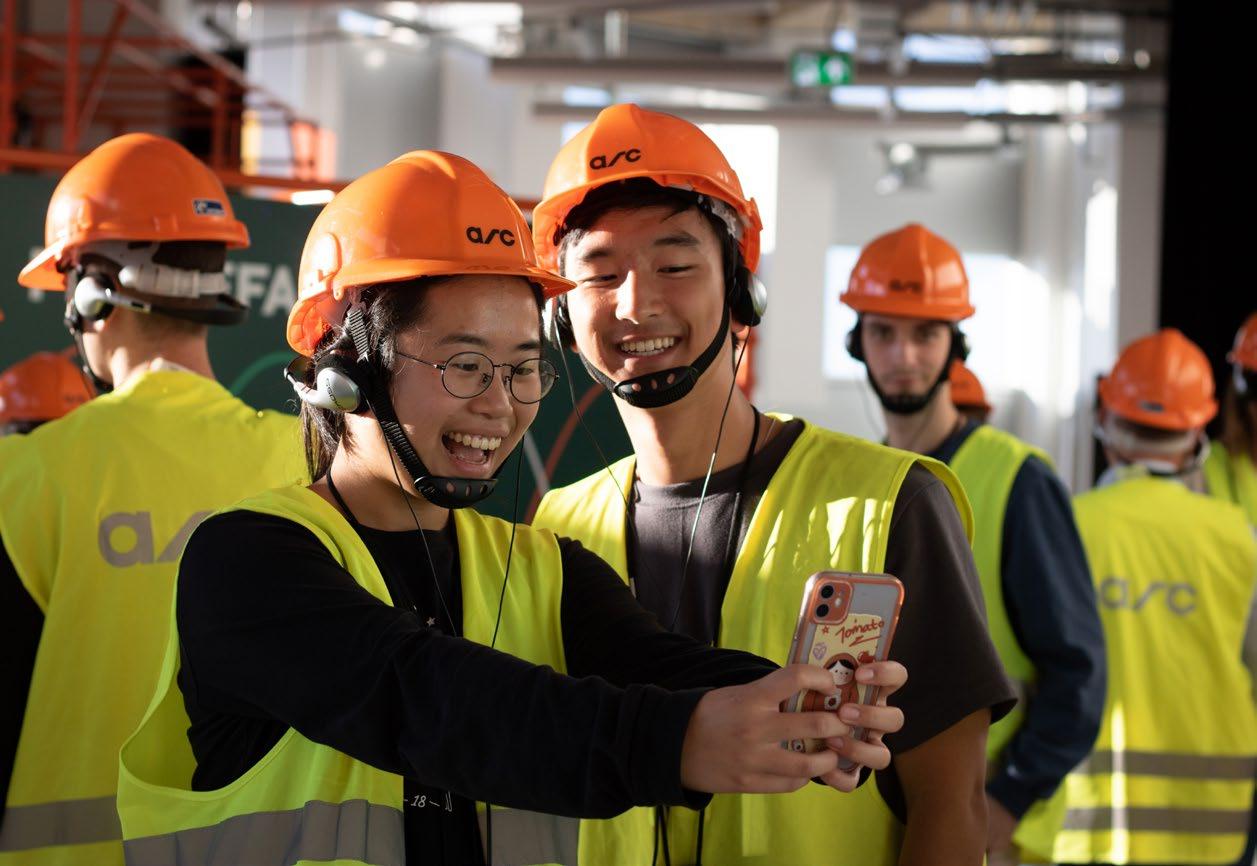
See calendar dates for upcoming semesters
> Copenhagen > Stockholm
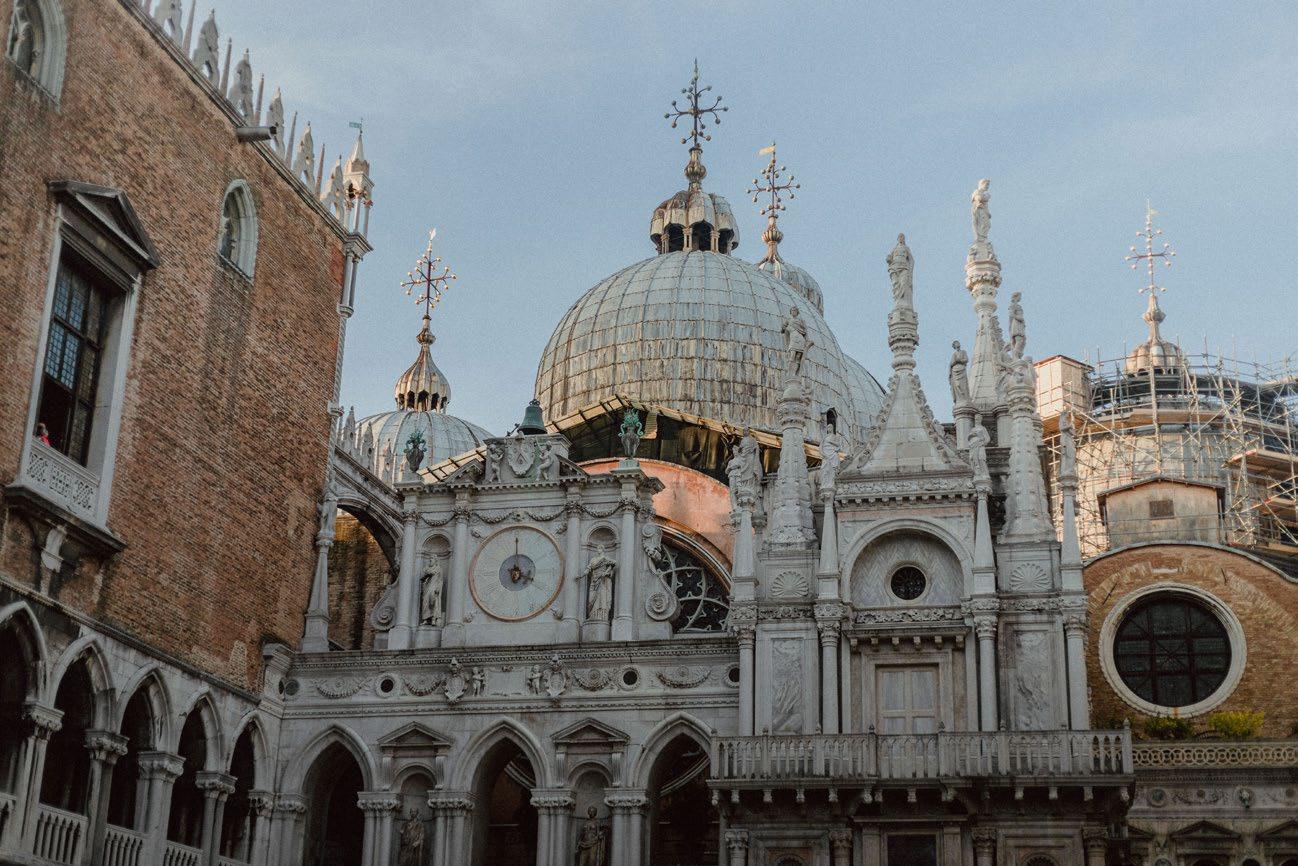

There are plenty of ways to find your place in your new city. Build friendships with fellow students through affinity groups, clubs, and meetups, or meet locals by volunteering, participating in religious organizations, or jumping into a local sports club.
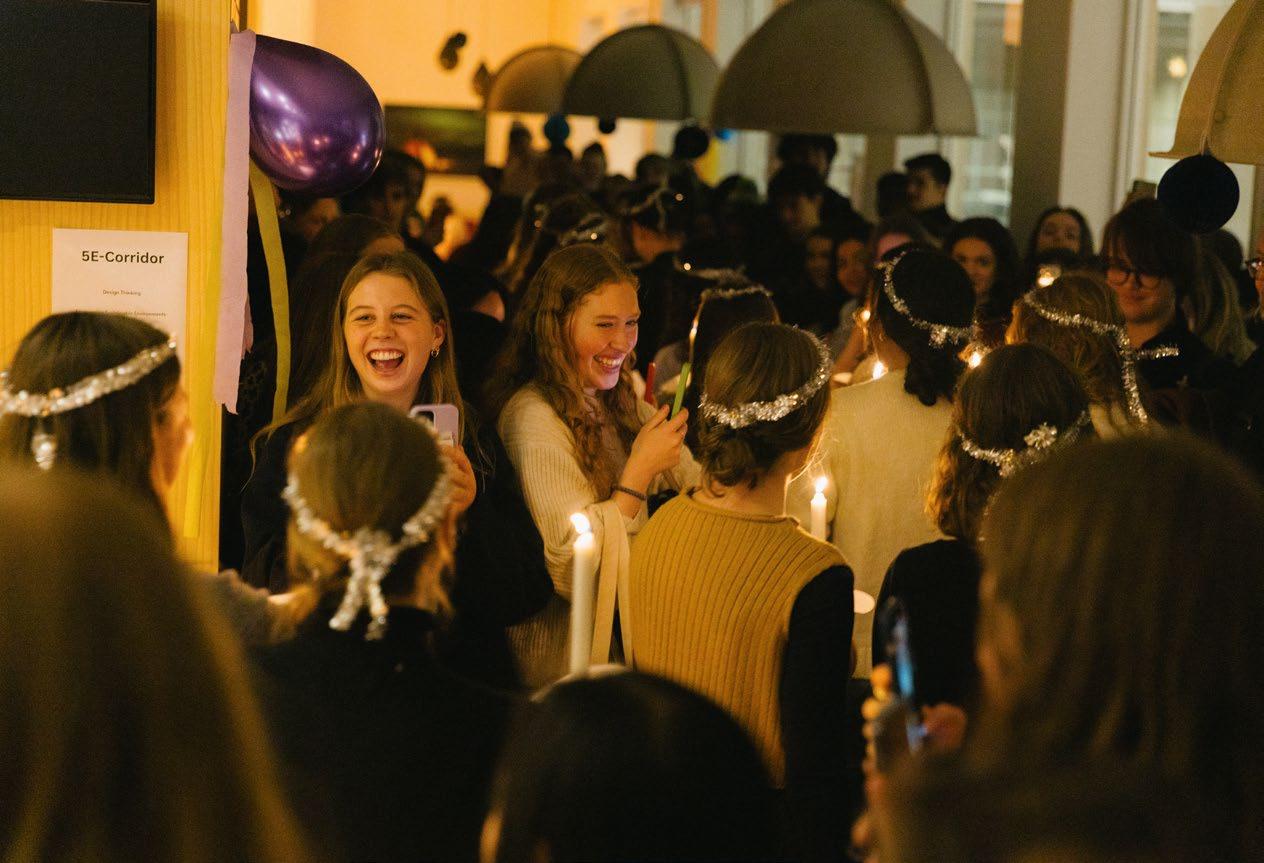
Celebrate the semester
Every semester concludes with the DIS Festival, where faculty, staff, and students gather together to celebrate all their accomplishments over the past months. The Festival is always full of student presentations, tasty snacks, and musical performances.
Later in the semester, your Core Course will venture out into Europe on your week-long Study Tour. You’ll see your academics in a brand new context, experience a new culture, and create memories with classmates and your faculty leader.
Whether you choose to study in Stockholm or Copenhagen, your semester will be filled with high-level academics and new cultural experiences. Here’s a rough roadmap of what you can expect – from forming friendships as you discover your new neighborhood to exploring Europe with classmates on your faculty-led Study Tours.
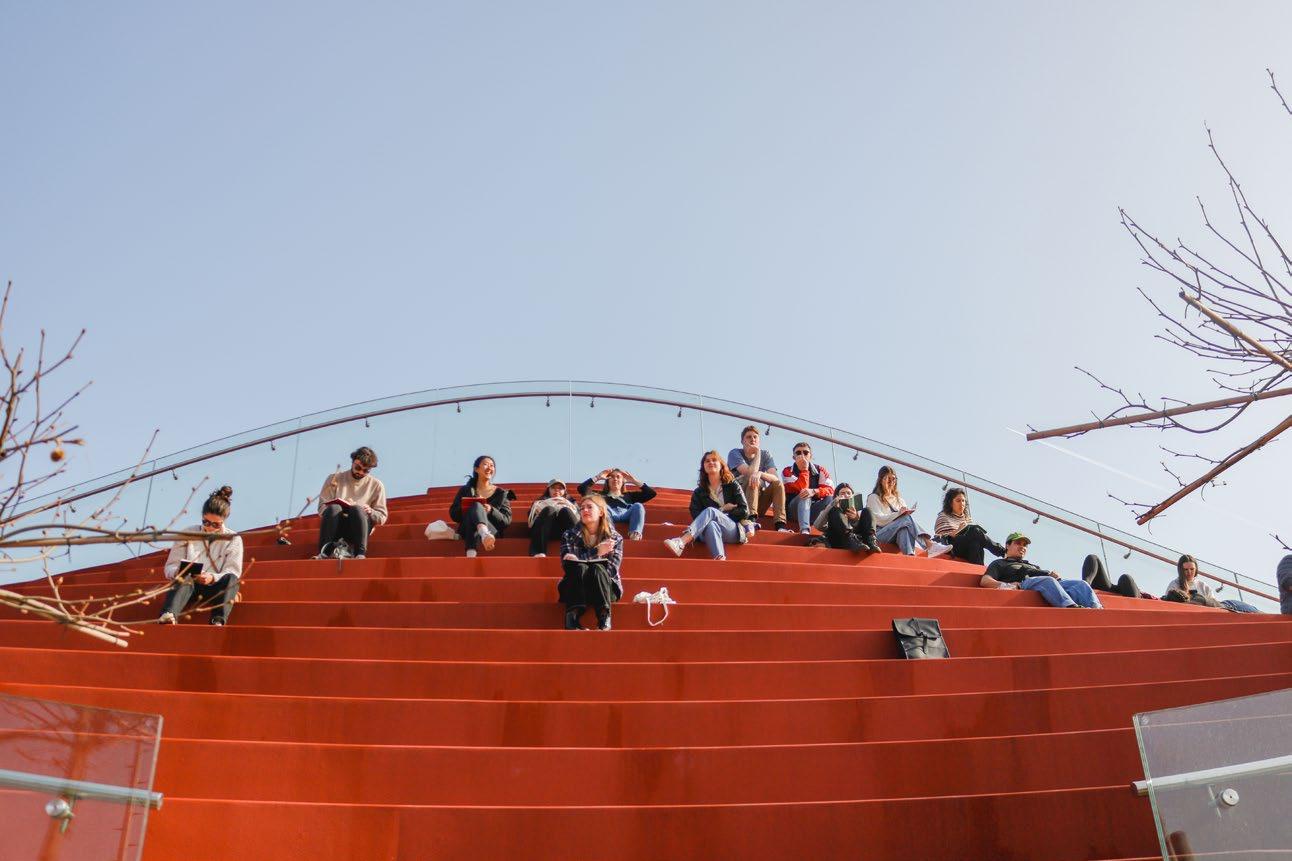


At DIS, you are free to create your own academic path. With hundreds of courses to choose from across dozens of topics, you can create your very own course schedule that fits your needs and interests.
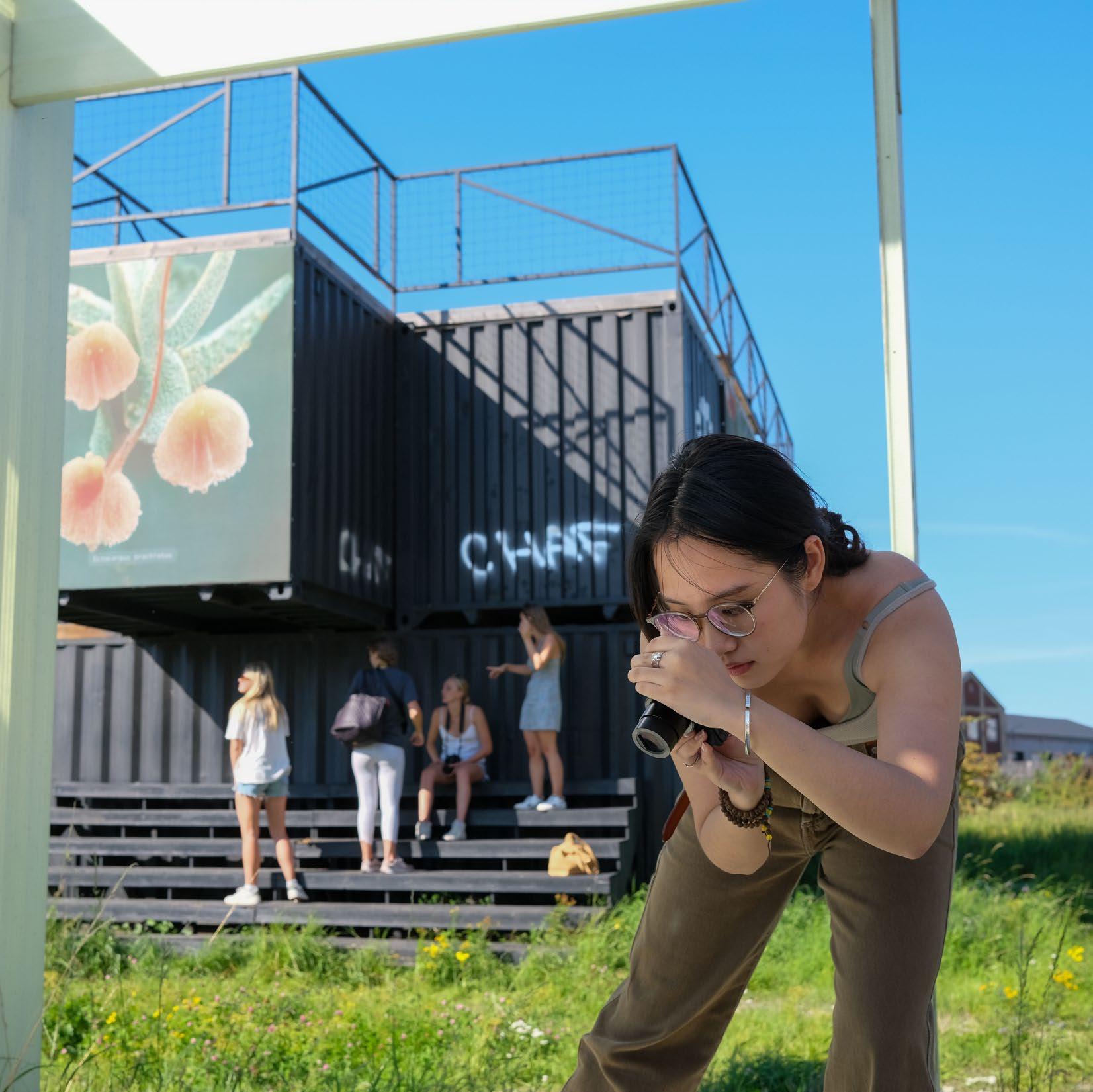
What struck me the most about DIS was the opportunity to take courses across disciplines. I was able to build a semester that fit a whole range of interests and I left Scandinavia having discovered newly formed passions that ended up shaping my college experience.”
Parker, University of Puget Sound
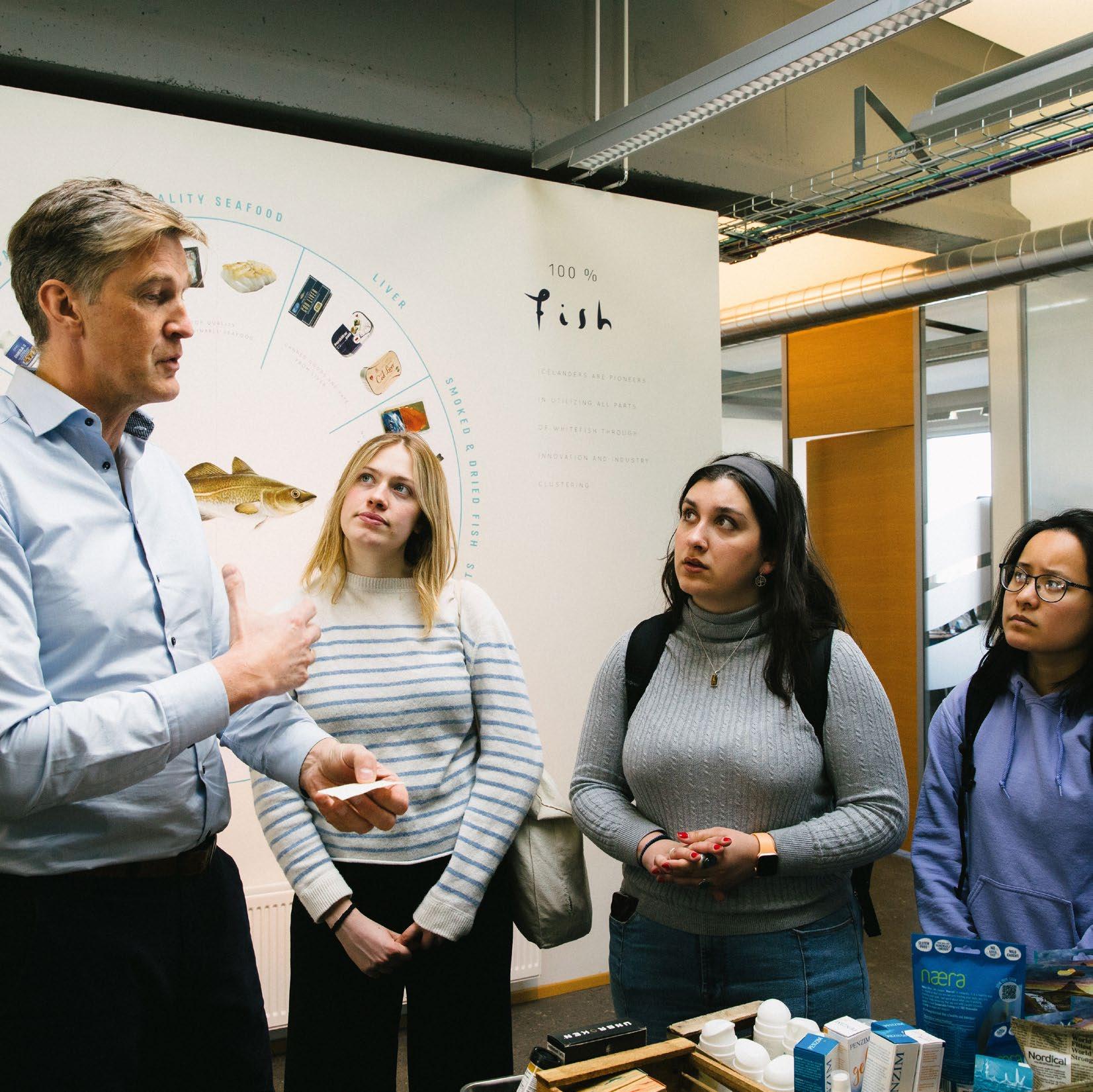
DIS classes embrace a Scandinavian academic model, meaning they prioritize interactive learning and free exploration of topics. You can expect your classes to bring a hands-on approach to your topic and feature discussions, real-life case studies, project-based learning, and conversations with experts and professionals.
Education abroad should lean into the context and culture of your new home. That’s why courses at DIS use your location as a springboard to explore topics beyond the typical classroom walls. Your academics will make use of the city as a learning space, whether that means venturing out on a bike tour to investigate Copenhagen’s cycling architecture or visiting one of Stockholm’s newest neighborhoods to study how the politics of sustainability meet modern engineering capabilities.
Your semester will be filled with opportunities to improve practical skills, expand your professional knowledge, and build an international network. Lab courses, workshops, studios, and practicums offer the chance to hone specific skills and work within local research institutions, nonprofits, and businesses.
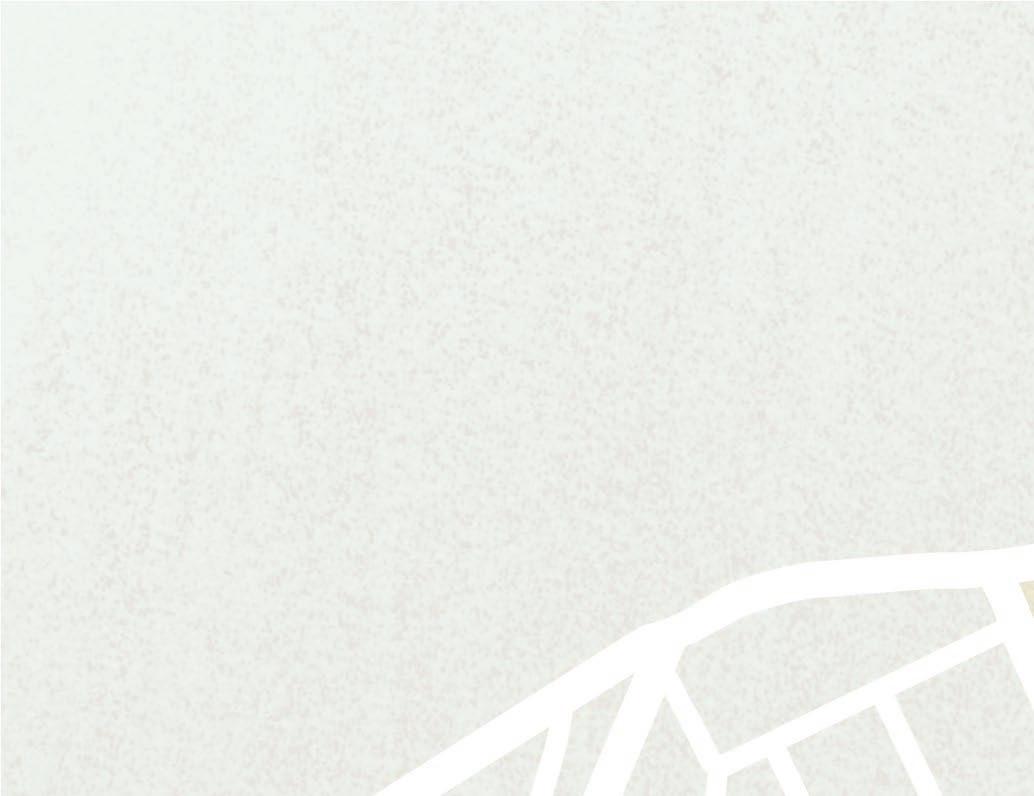
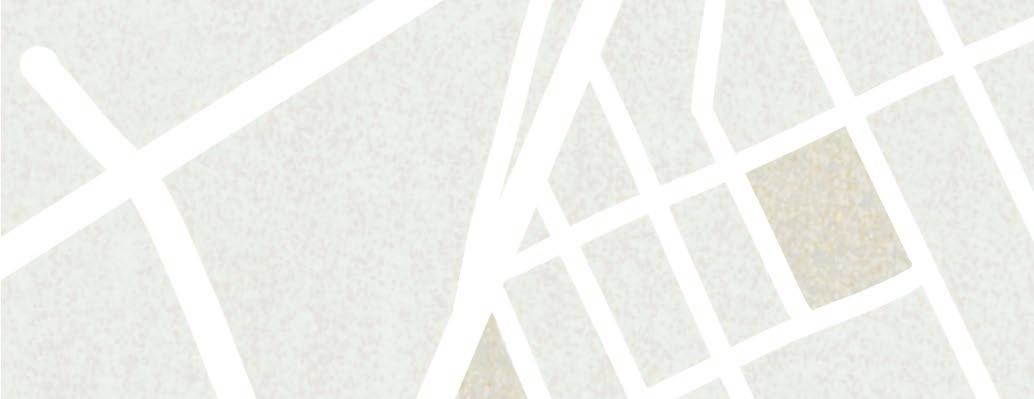
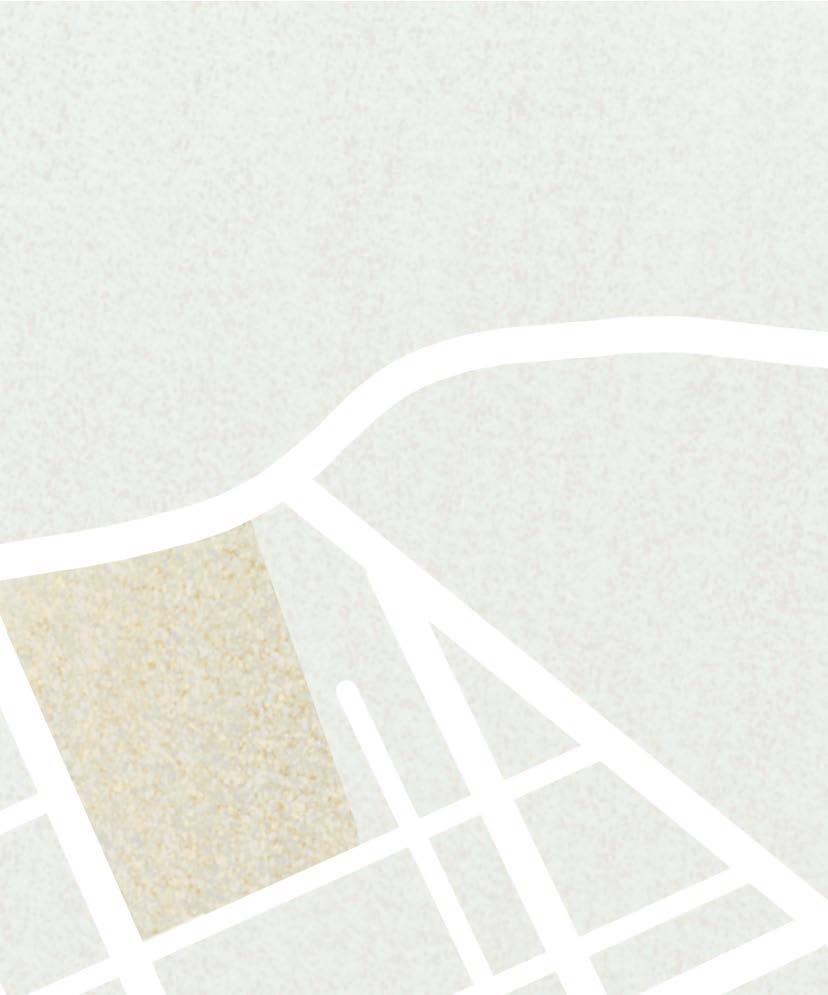
With a population of one million people, the largest city in Scandinavia is a leader in sustainability, research, activism, technology, and culture. From Alfred Nobel to Greta Thunberg, Minecraft to Spotify, Ingrid Bergman to Stellan Skarsgård, and ABBA to Avicii, some of the most influential figures in the world have called Stockholm home.
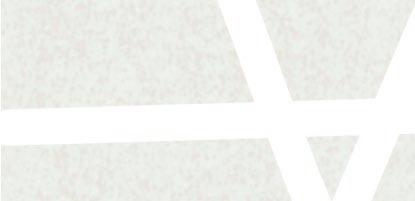
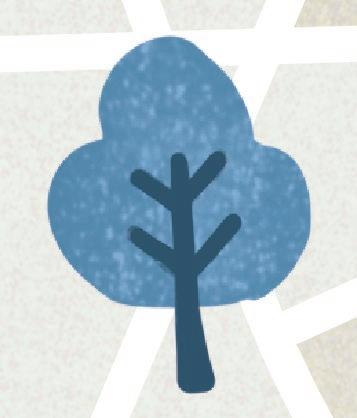
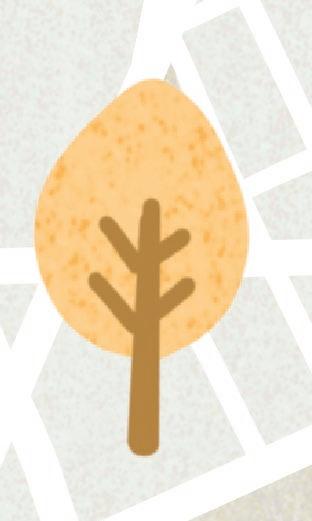
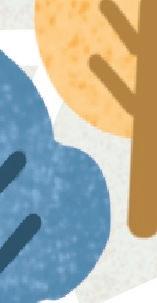

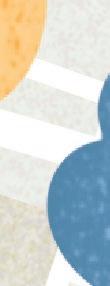
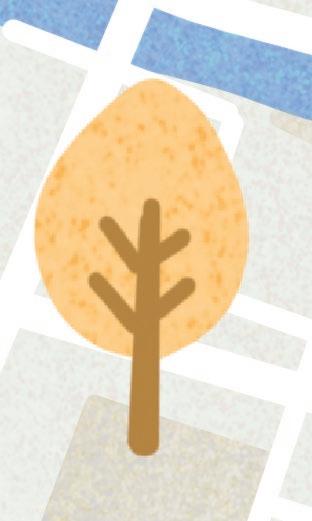



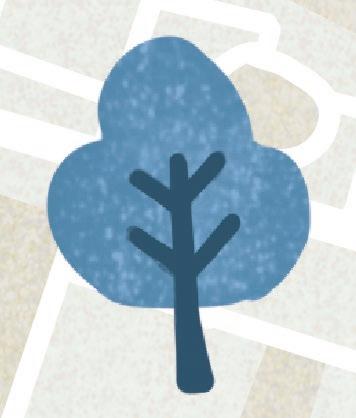
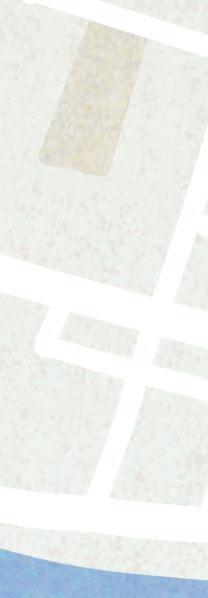

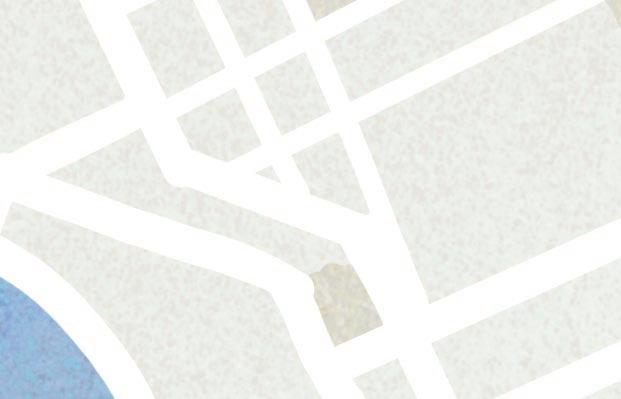
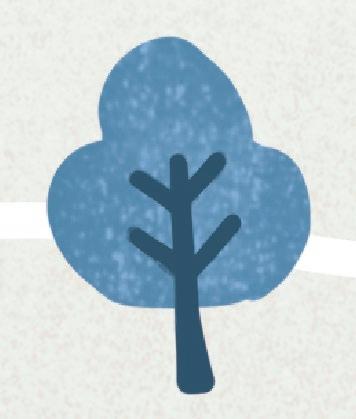

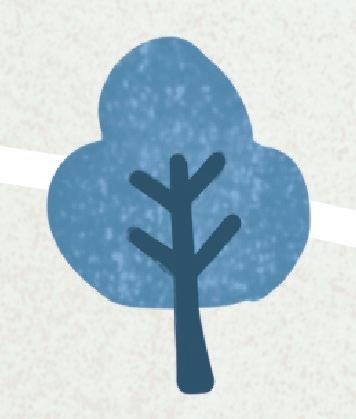

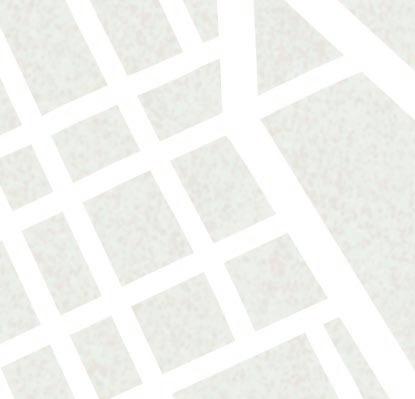
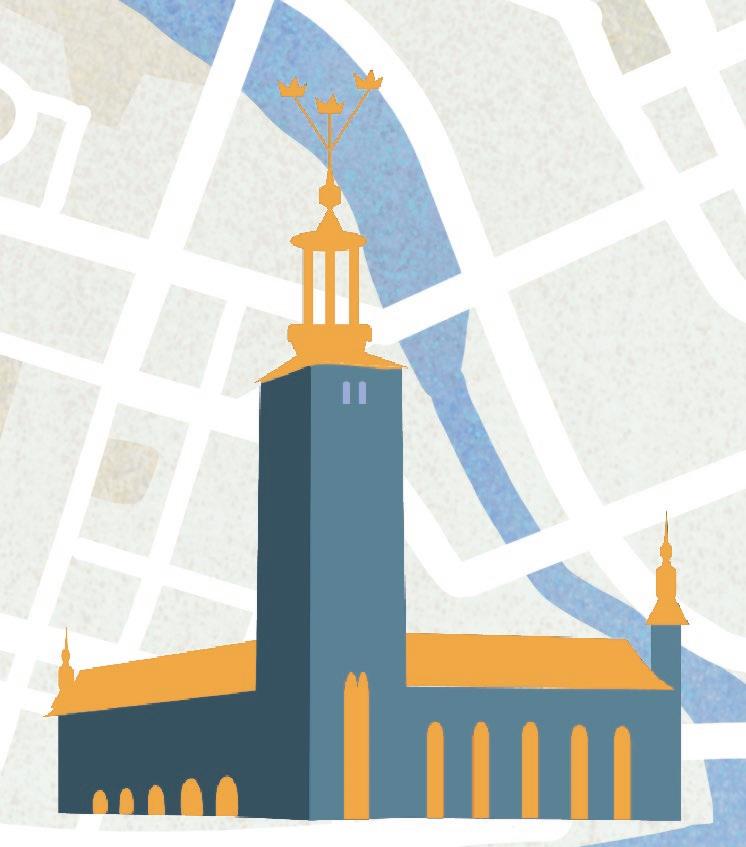
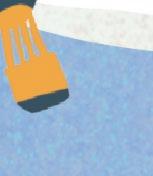
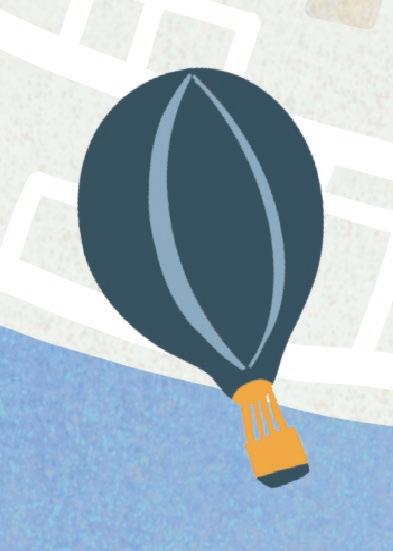

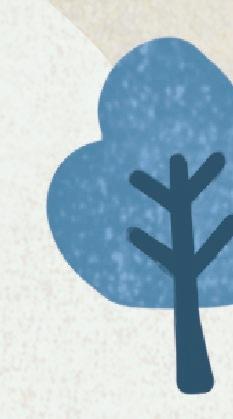

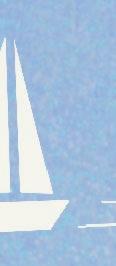

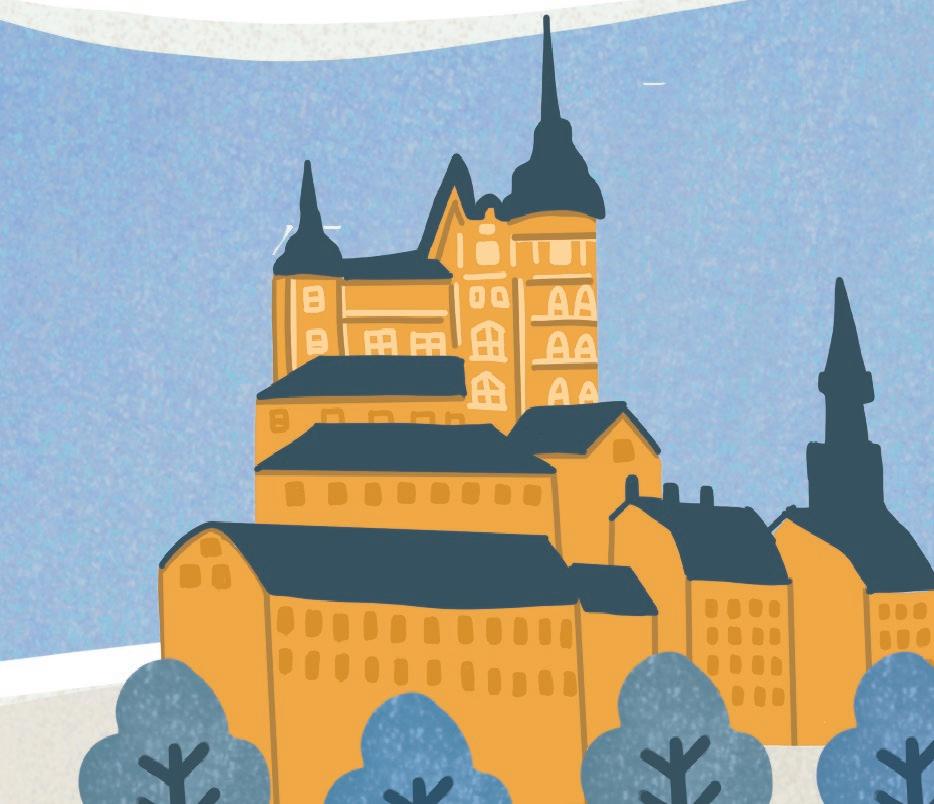

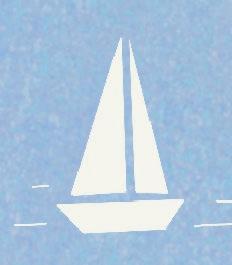



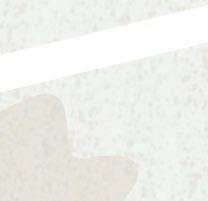
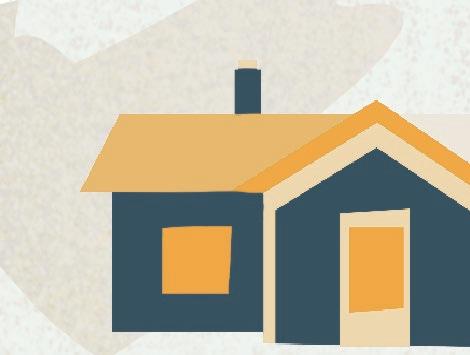

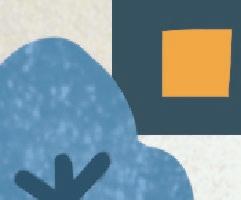
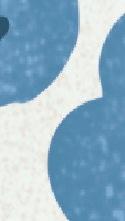


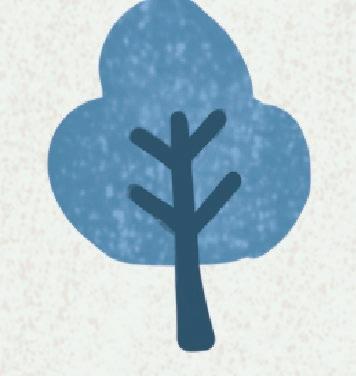

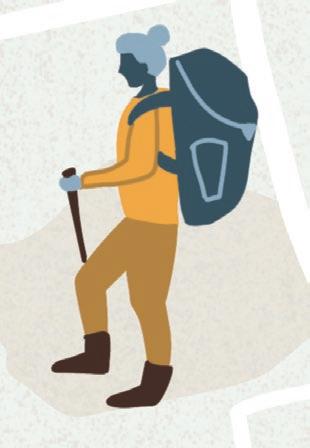

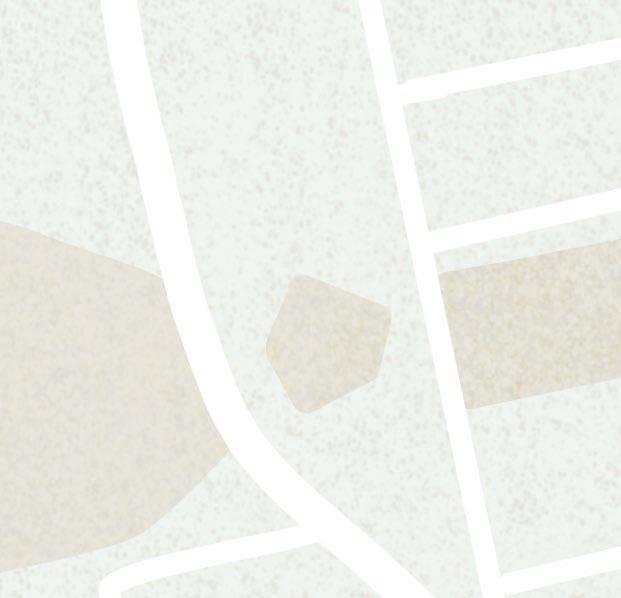

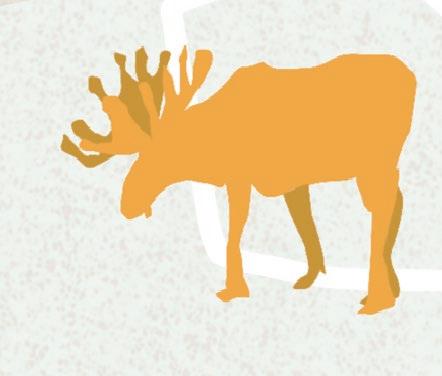
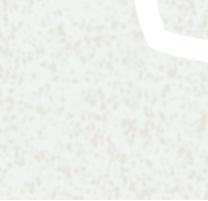



Stockholm is home to some of the most innovative research institutions, sustainability initiatives, and startups in the world. DIS Stockholm students have the chance to study the latest developments in medicine at the Karolinska Institute, learn about machine learning-driven algorithms from Spotify, and engineer a more sustainable future with KTH Royal Institute of Technology.
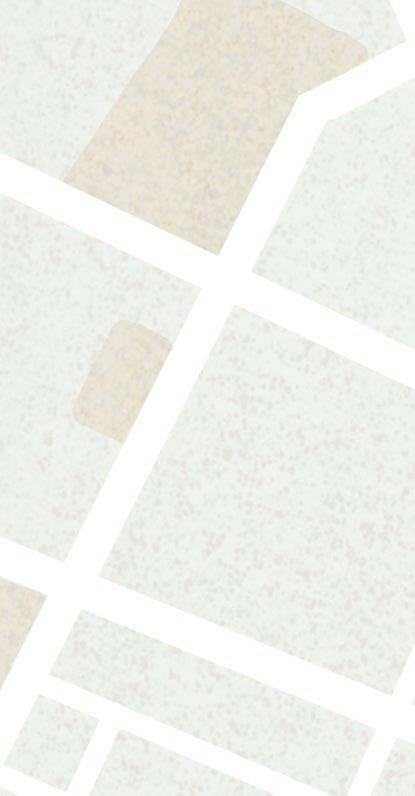
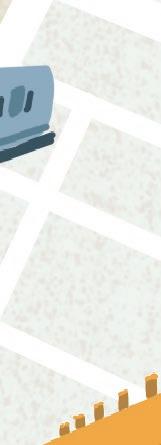
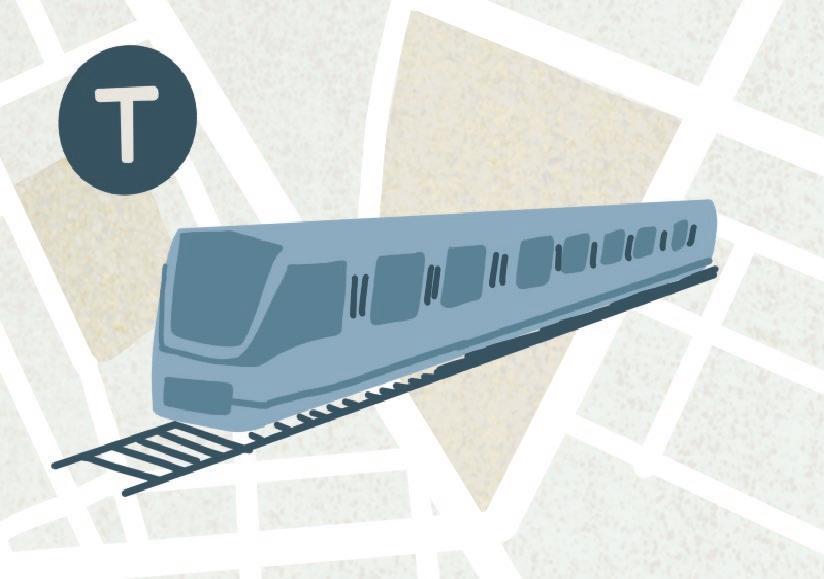
Stockholm is a sprawling city spread across 14 islands and full of neighborhoods to explore. Luckily, it also boasts an extensive, safe, and clean public transit system, home to the famous artwork-filled Tunnelbana stations.
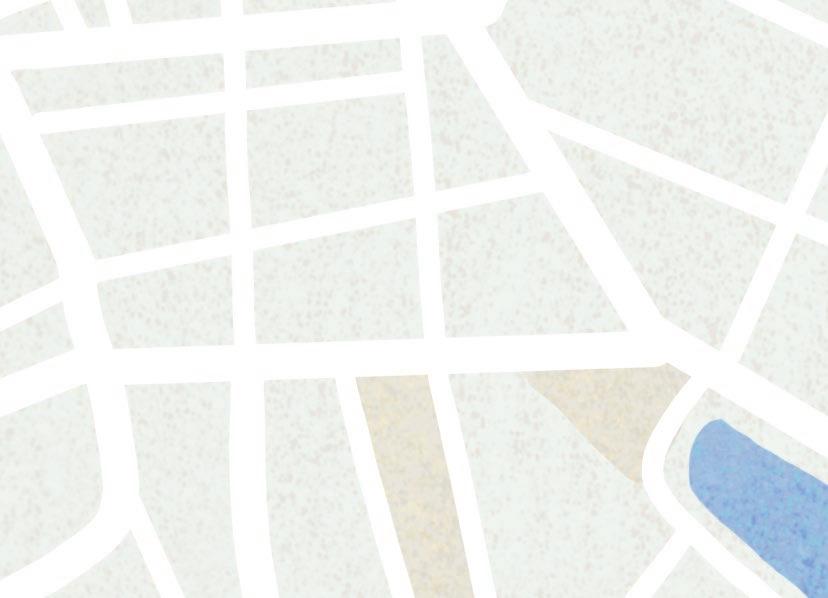
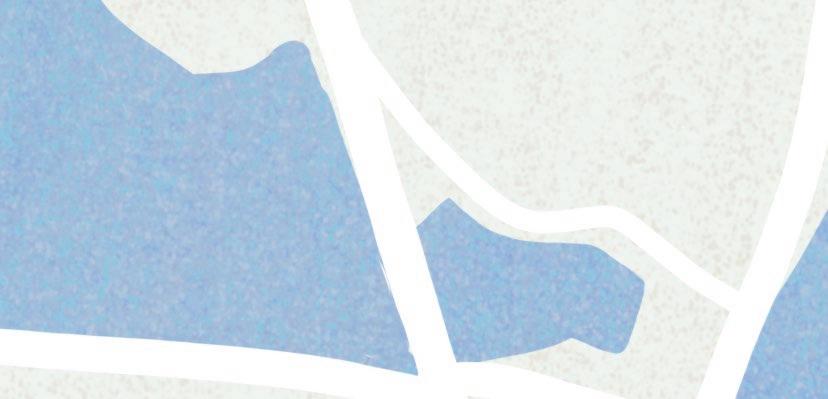
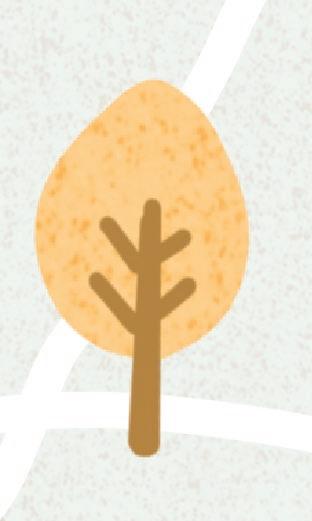
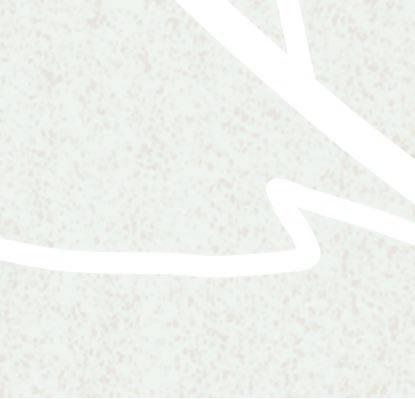

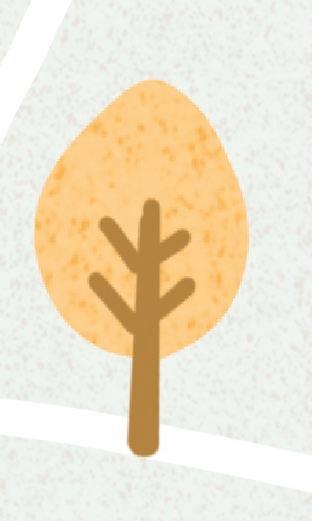
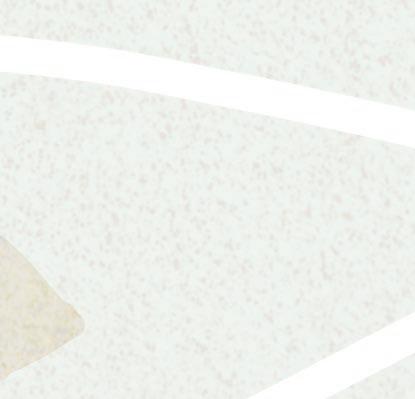


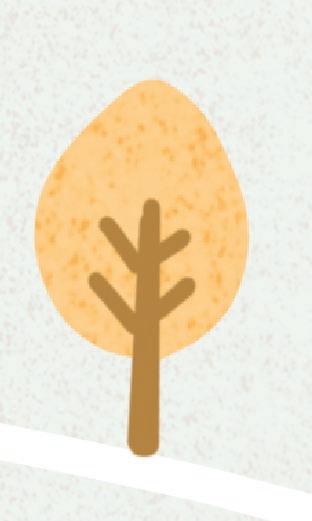
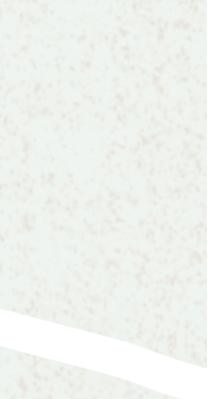
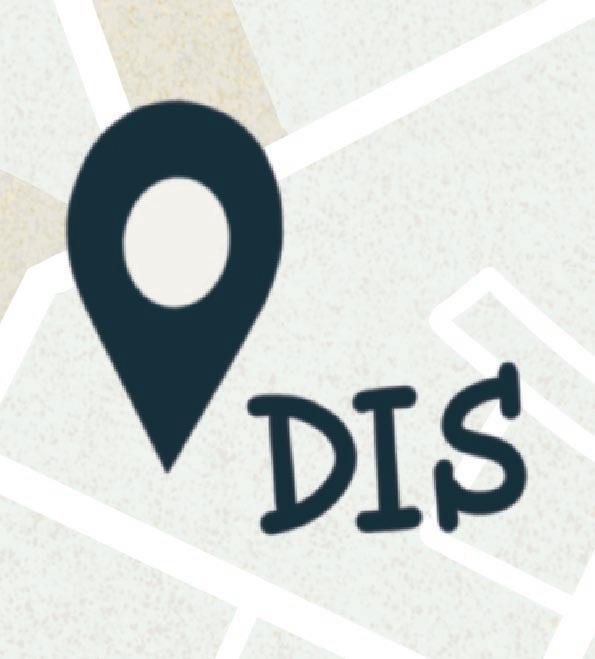
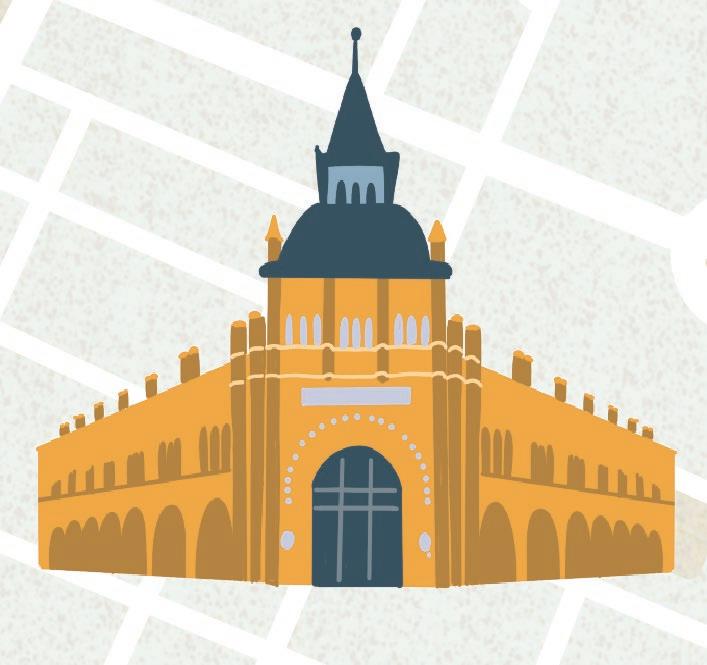
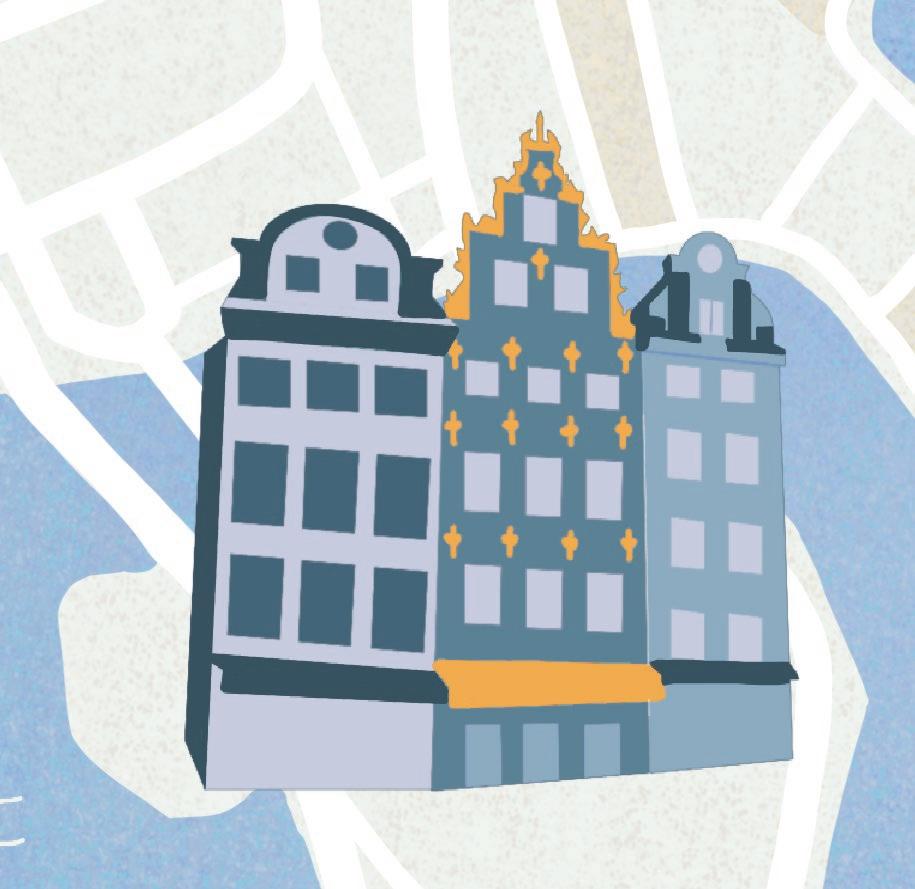
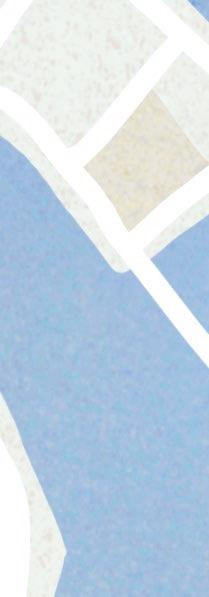
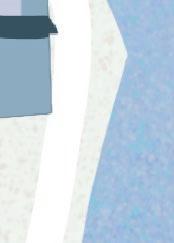

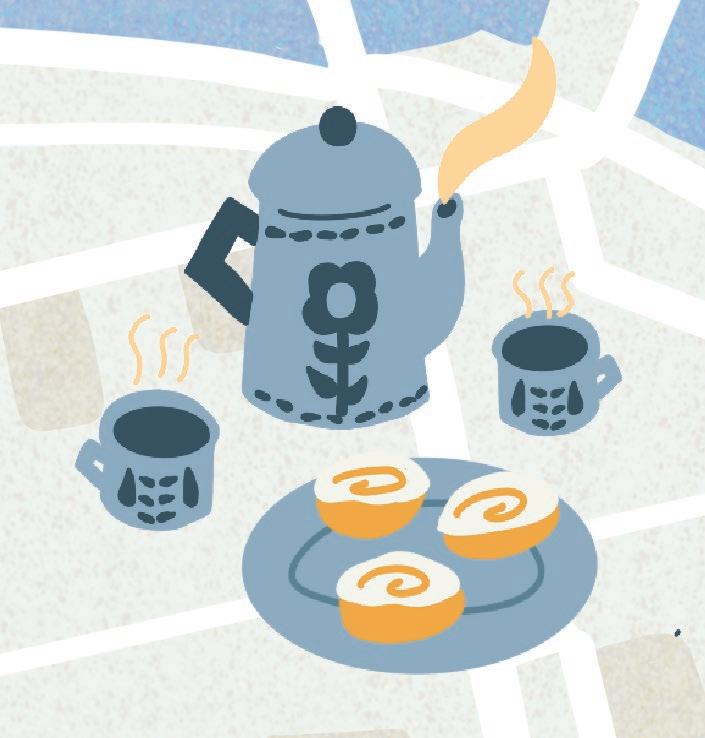


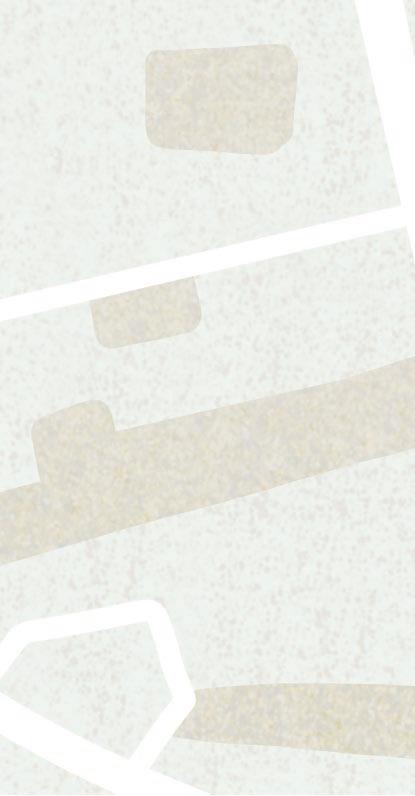
Access to nature is a key part of Swedish culture. It’s even baked into Swedish law by allemansrätten, the right to roam in nature. Whether you take a train out into the forest, enjoy a sauna and swim in a lake, or ferry from island to island on the archipelago, you’re never far from the outdoors.


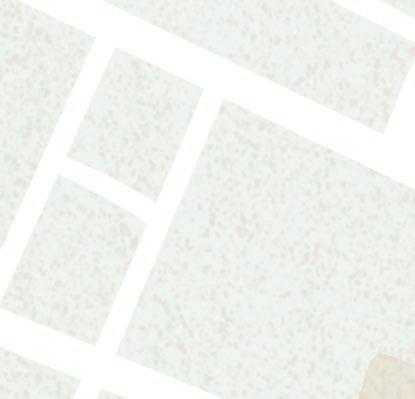

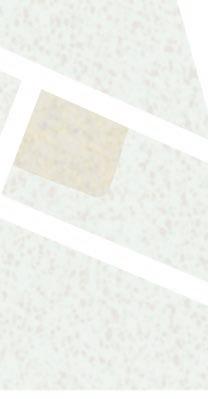
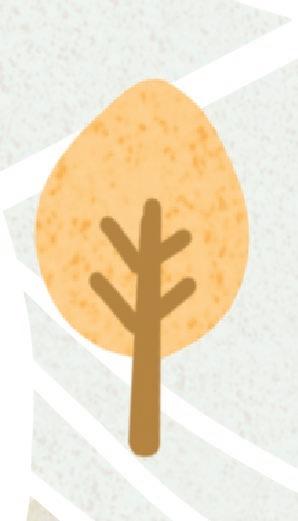
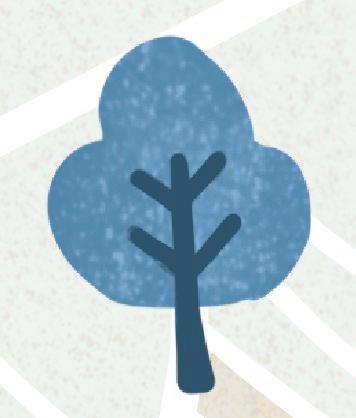
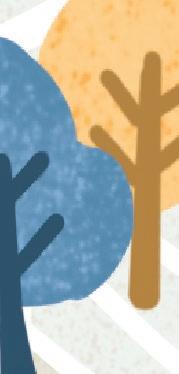
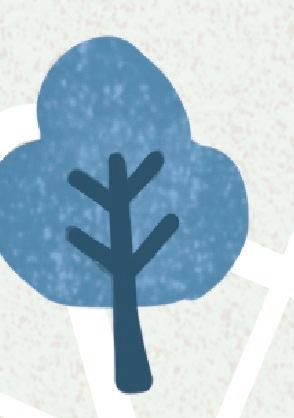
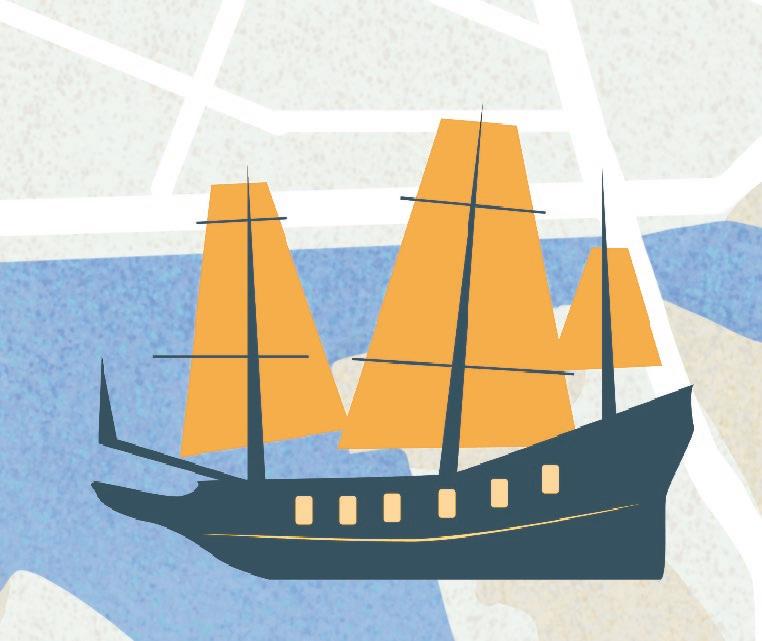


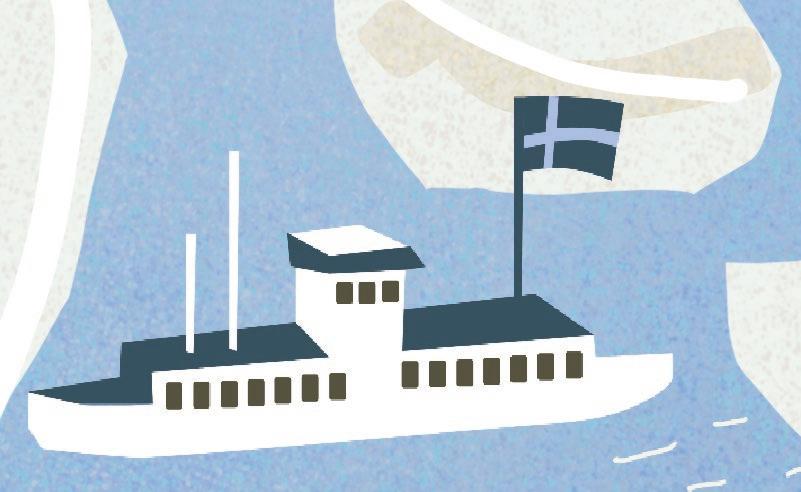



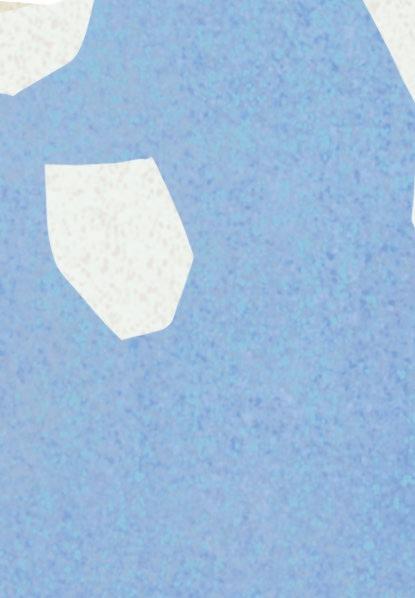

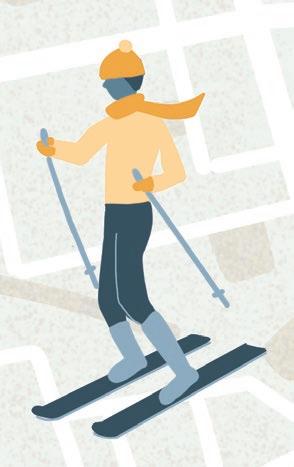

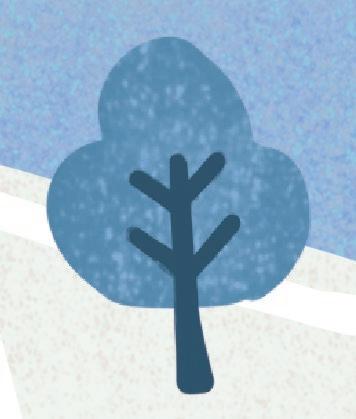

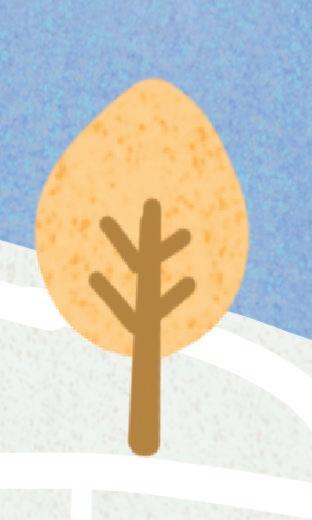
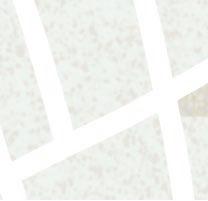
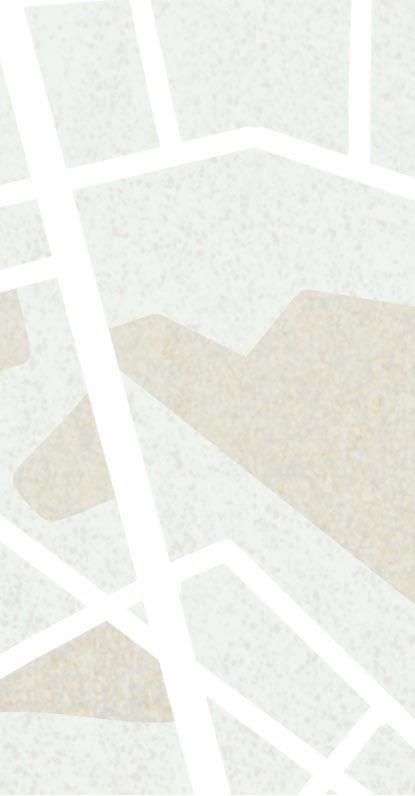






Stockholm
Stockholm doesn’t necessarily feel like your classic European city. It isn’t London or Paris or Florence. There’s so much nature. There are all these islands, each with their own personality, and the city is busy, but still feels calm and relaxed That’s why I wanted to come here, to experience a different kind of study abroad program in a different kind of city.
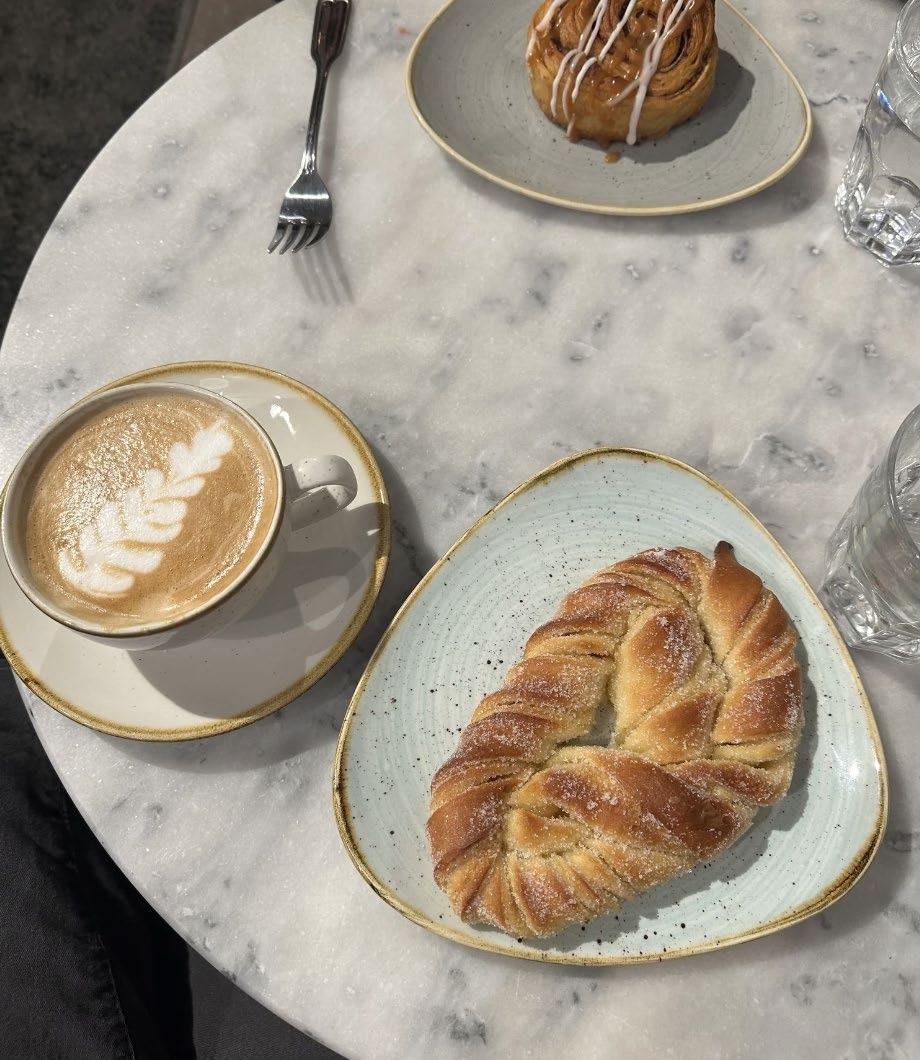
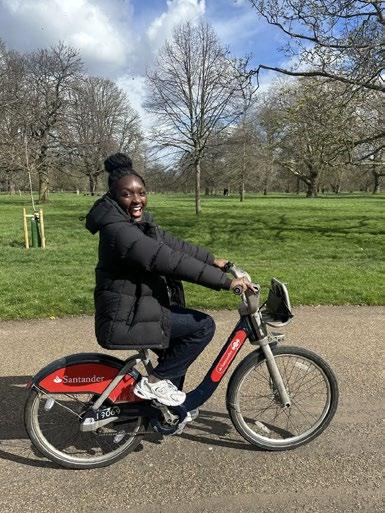
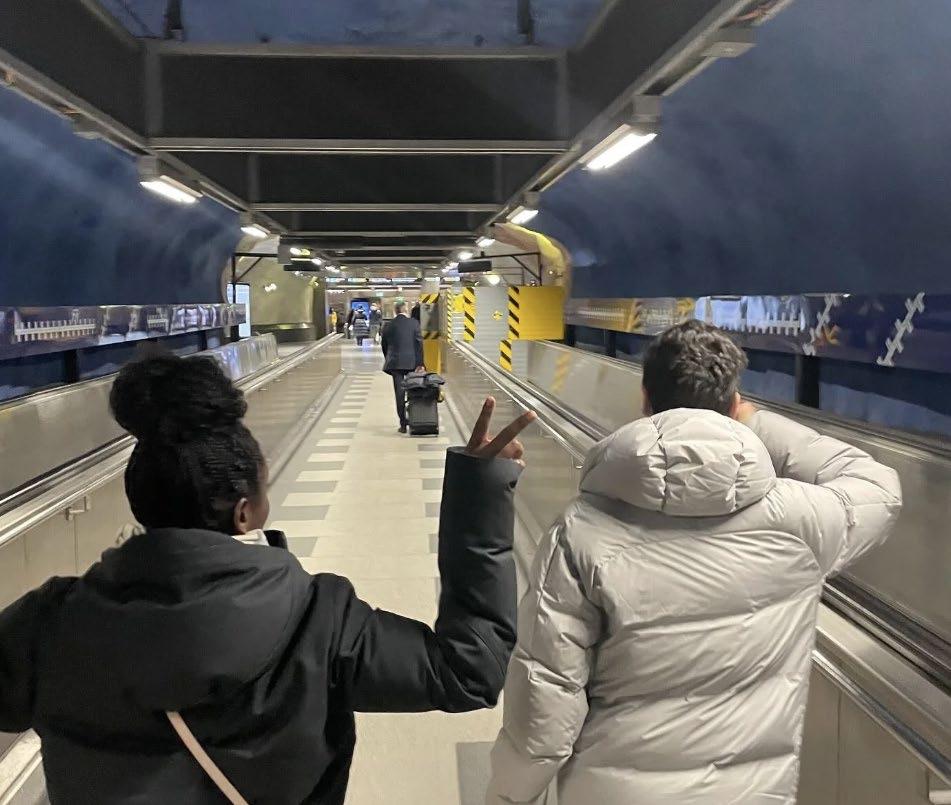
The DIS building in Östermalm is practically a second home for me. In that one building, it’s where all us DIS students go to class, see each other in the Student Hub, eat lunch in the building’s café, and even grab fika with professors to talk with them one-on-one. It really feels like we have ownership of the space. There are even these hallways with study rooms you can book - I’ve used them to study with friends, write my blogs, or just watch Grey’s Anatomy and have a quiet moment to myself. I have just about everything there I could need.
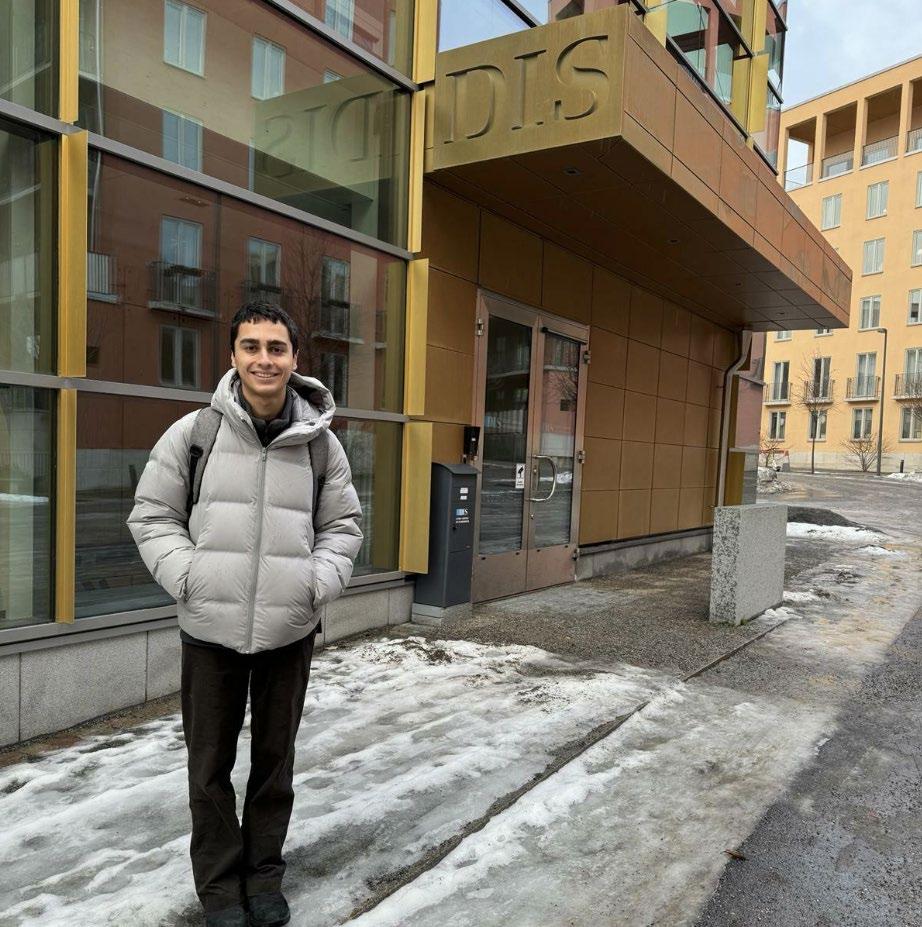

Jacques (he/him)
Politics & Security | Vassar College | Studentboende
The café just a five-minute walk from my housing is like home by now. Every time I walk in there, I’m greeted with this big smile by, Massimo, the barista. He knows my order and we chat together. He speaks Italian and I speak Spanish, so we also get to share this linguistic bond. He’s lived here for many years, and I love having this relationship with someone who brings both a local and an immigrant perspective to Stockholm.
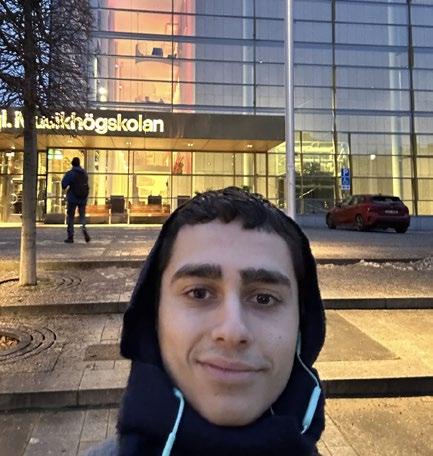
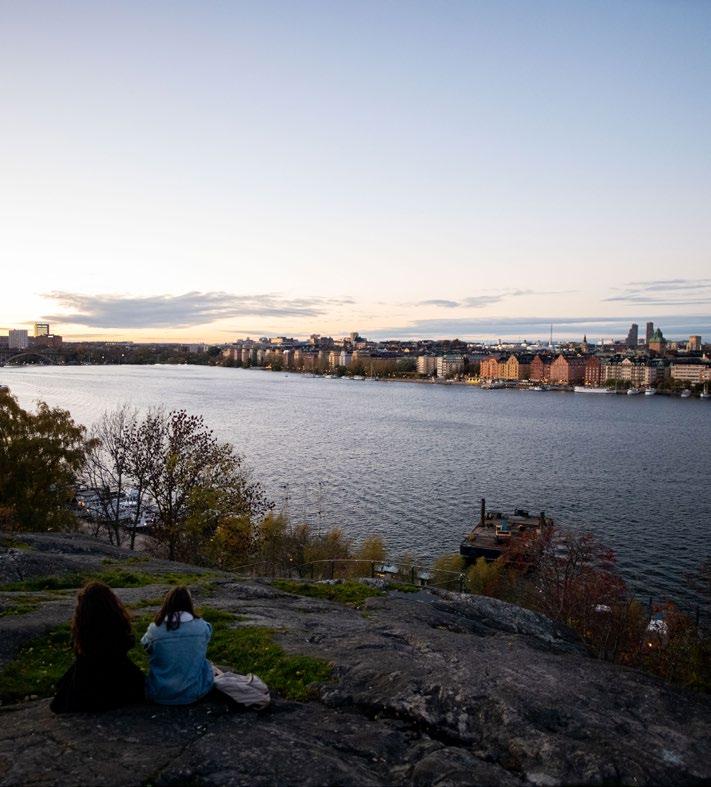
The combination of forested nature, islands, and the ocean make Stockholm a beautiful and unique place to call home. My favorite lookout spot is on Södermalm, just a 15-minute walk from my housing. From there, you get a view over three different islands and it really puts the city into context. You see all the places in the city you visit and you realize from there that this whole city is connected. I never get over that view
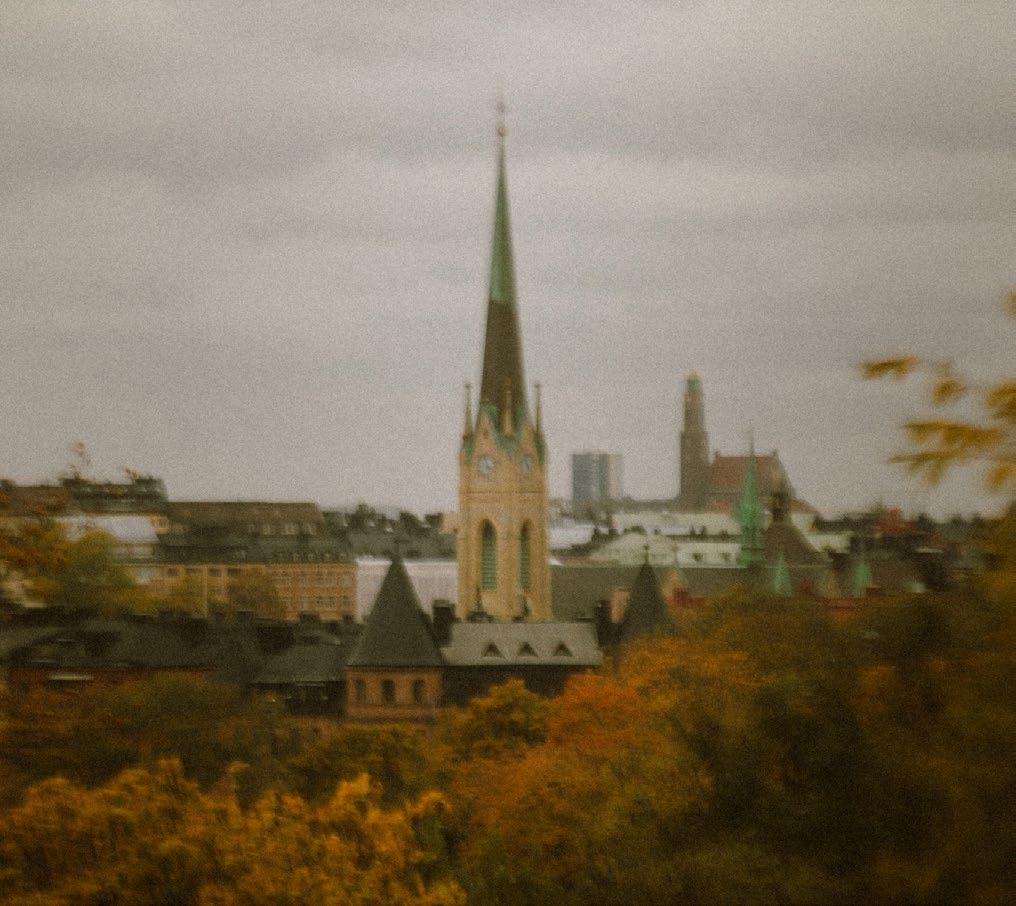
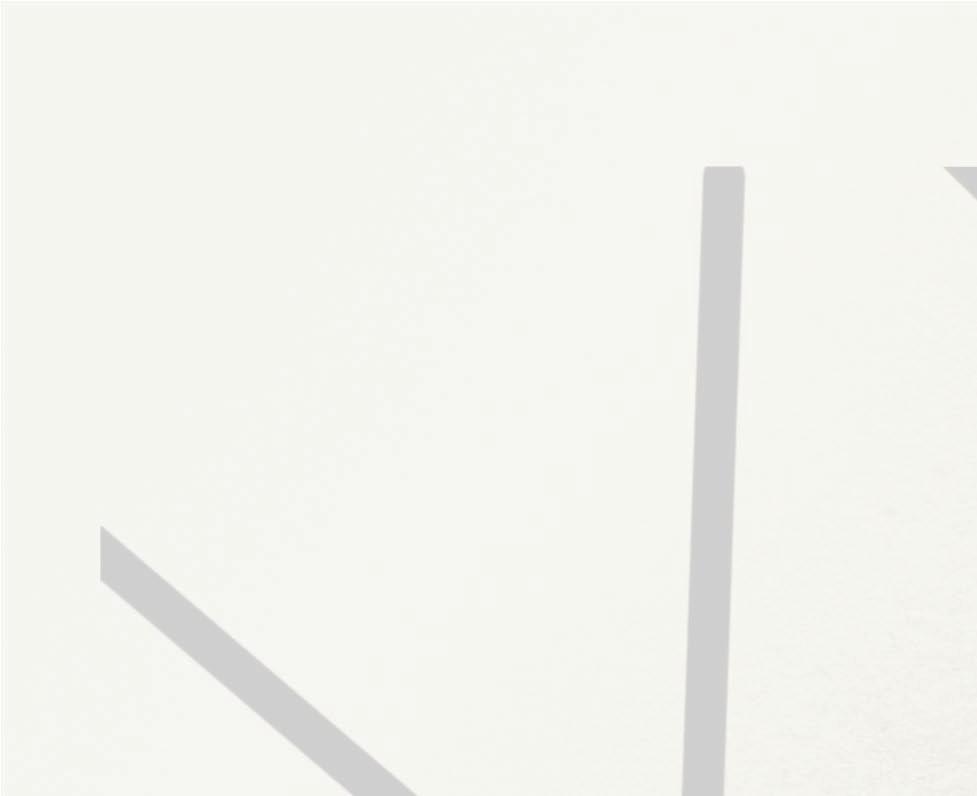
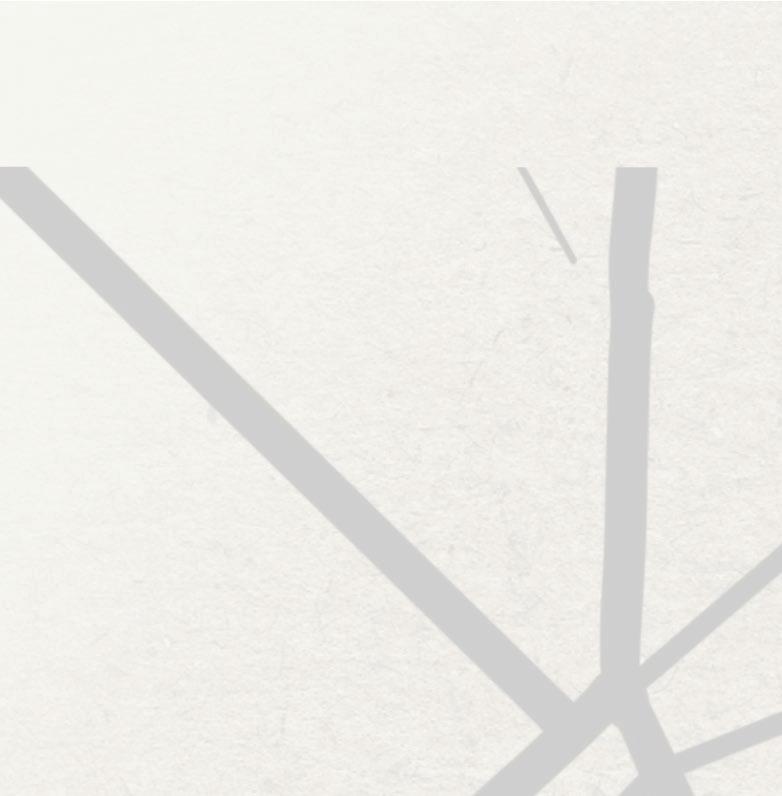
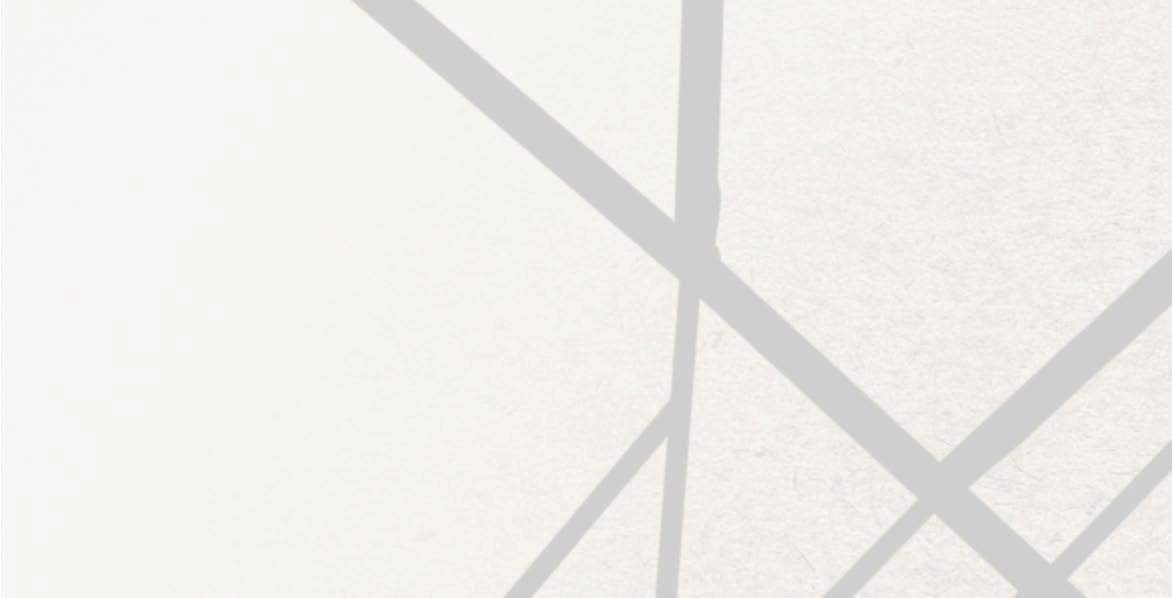
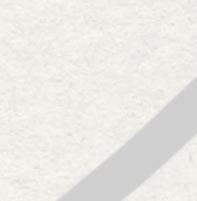

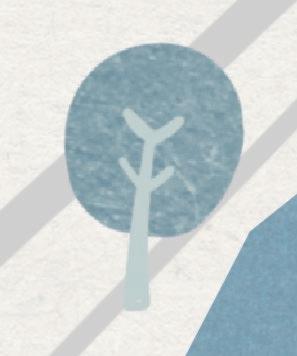
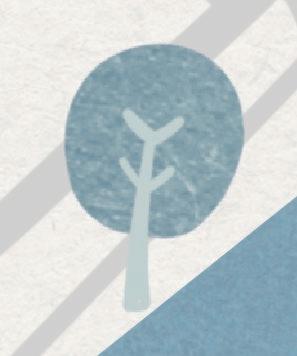
Copenhagen consistently ranks at the top of many worldwide lists for safety, sustainability, quality of life, cuisine, and design. The city manages to balance world-renowned industry with a quaint, cozy atmosphere. It is home to names like Novo Nordisk, Noma, and BIG architecture studio, but just as many people love the city for its urban design that places people over cars and industry. Copenhagen threads the needle and has established itself as a place that’s happy to take things at its own pace and do things in its own way.

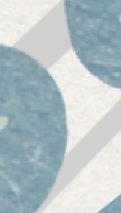
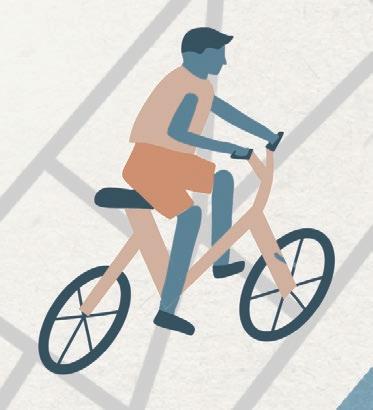
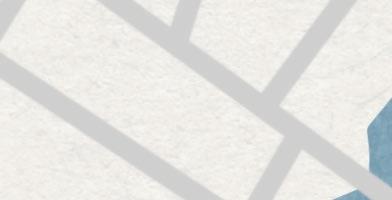

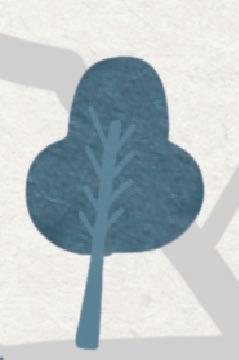
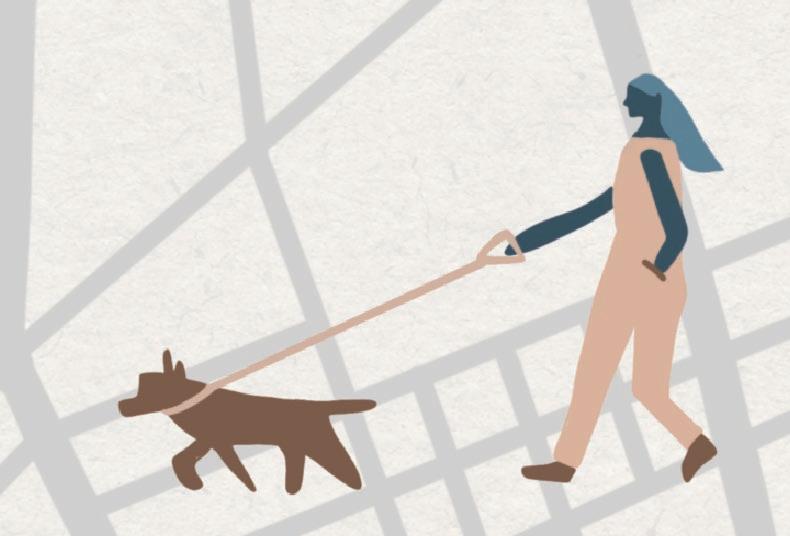
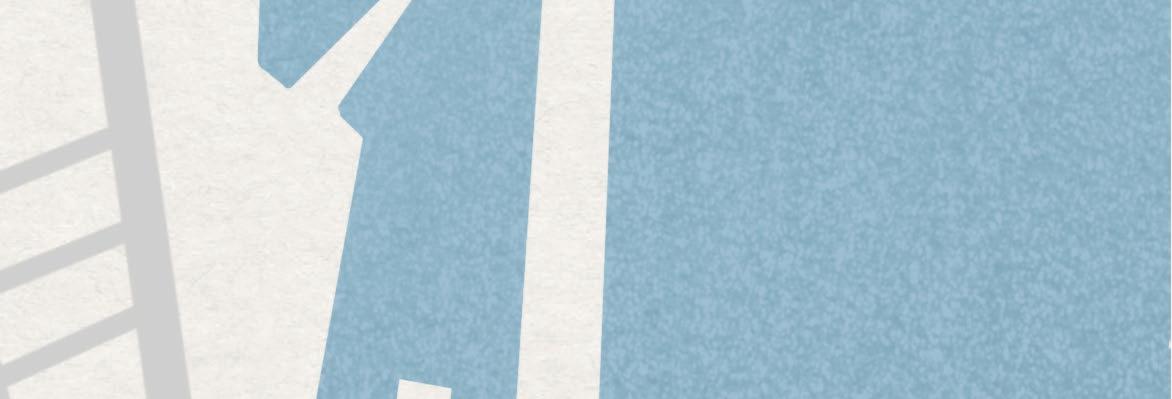

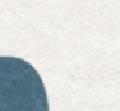

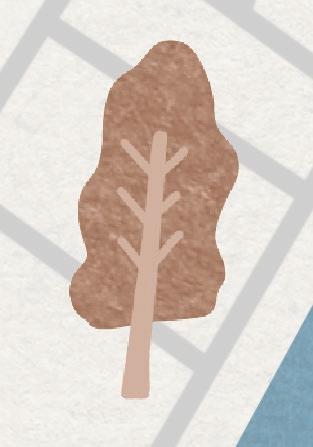
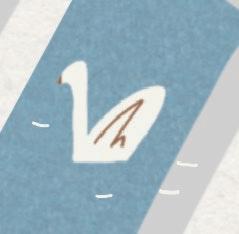


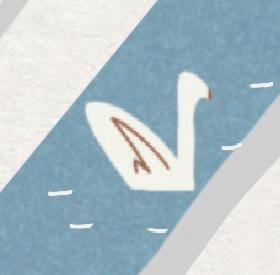


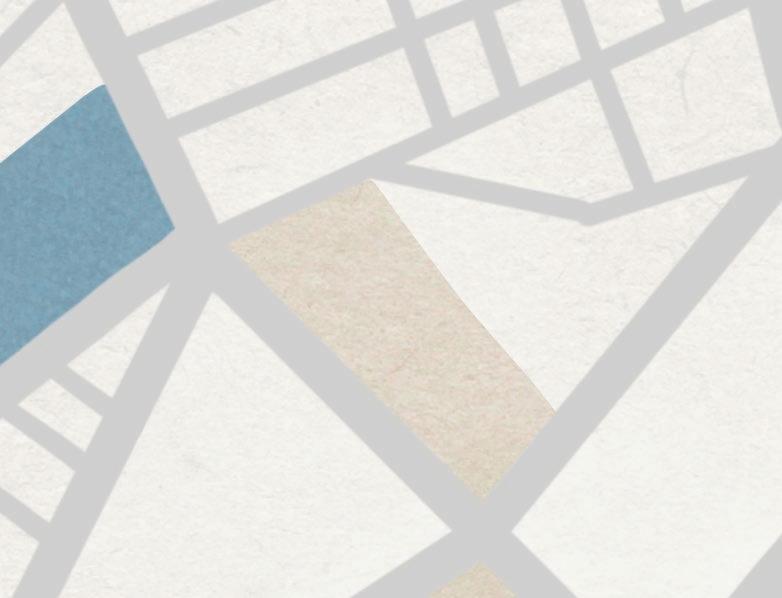

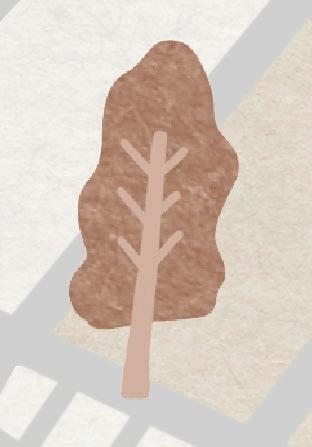
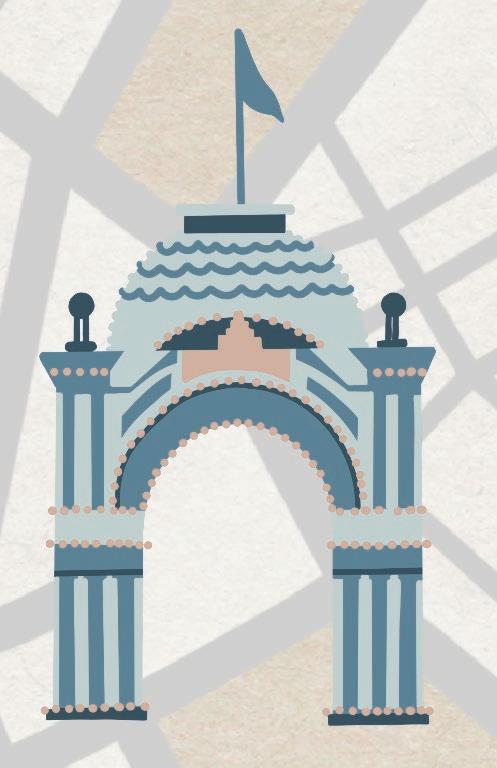
Copenhageners place an emphasis on slowing down and enjoying life. That’s probably why it constantly ranks among lists of the world’s happiest and most livable cities. Whether sitting out under the sun or cozying up with a book by candlelight, Danes love to hygge at their own pace.
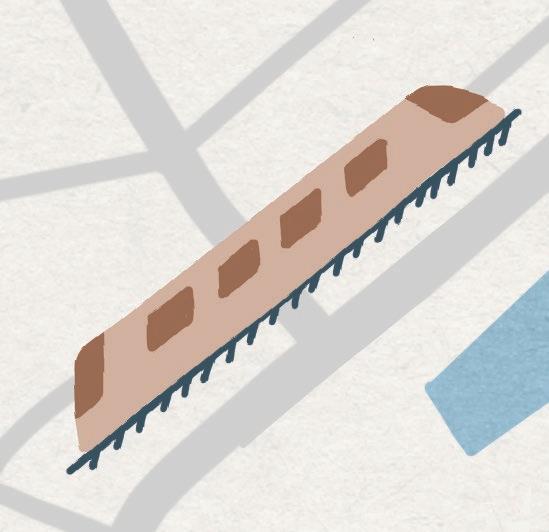

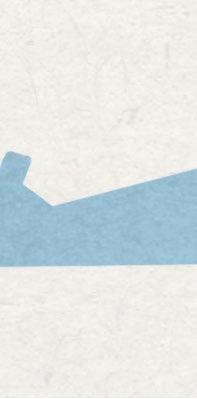
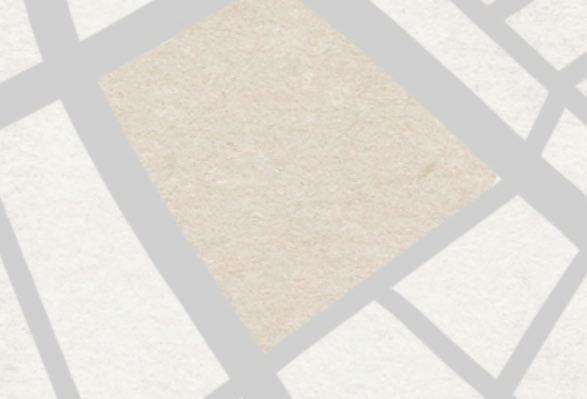


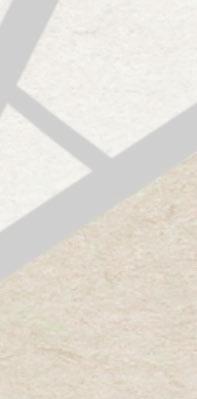
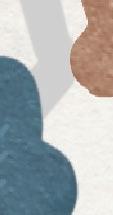
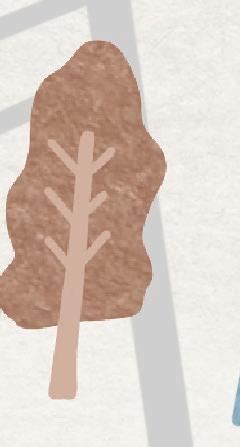
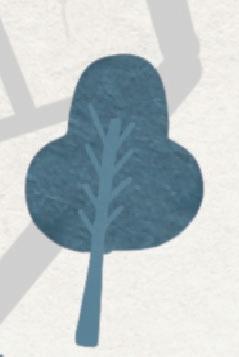



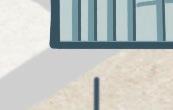
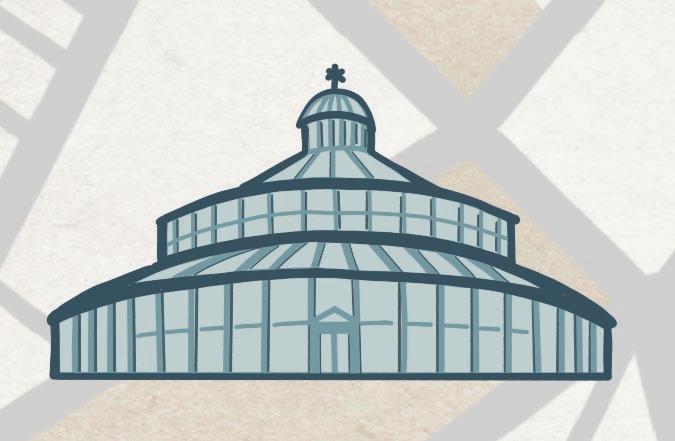
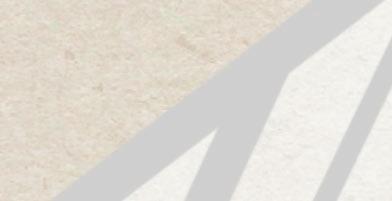


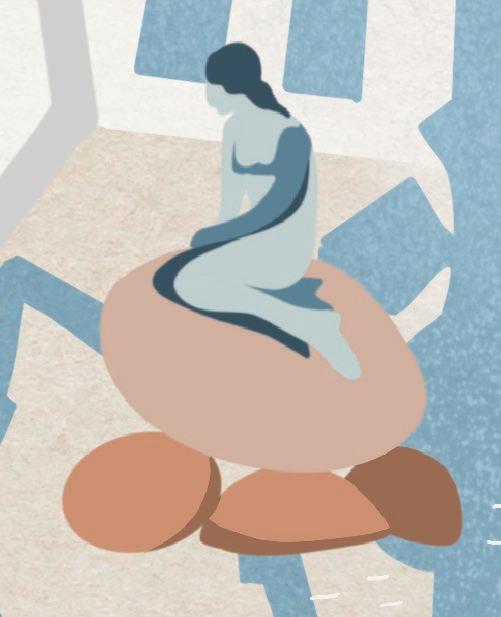
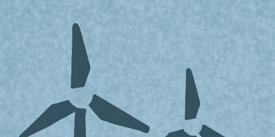
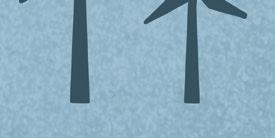
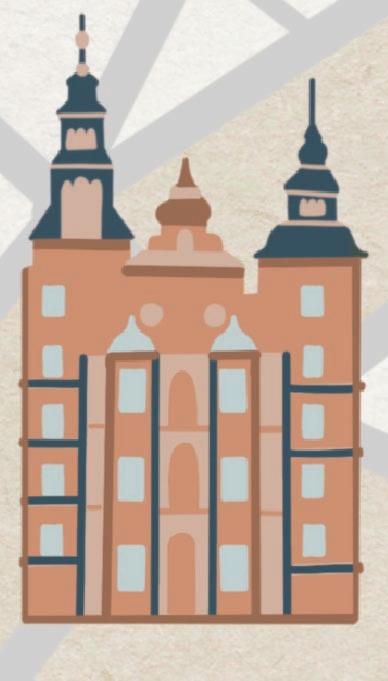


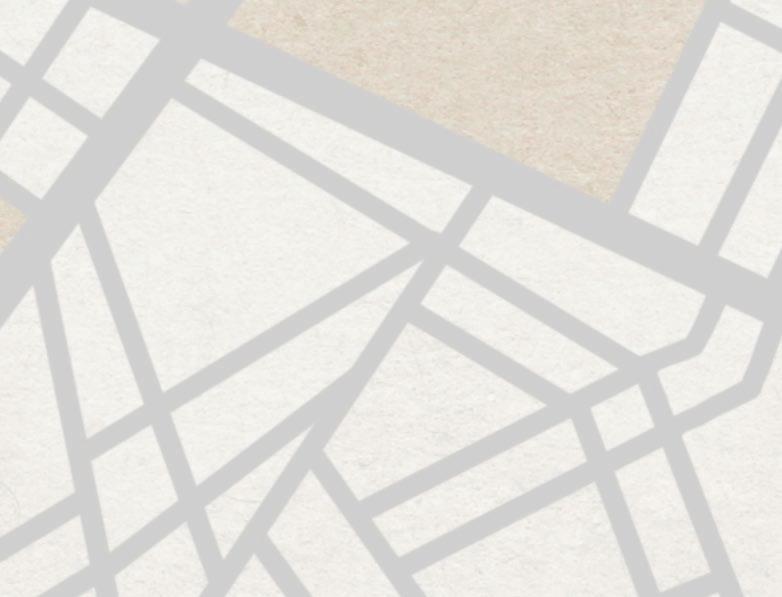
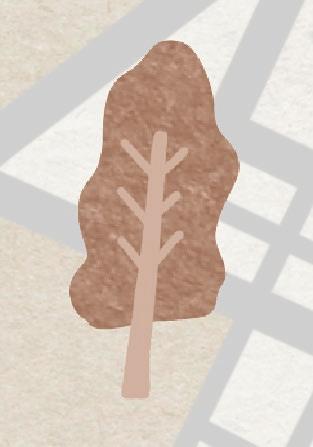
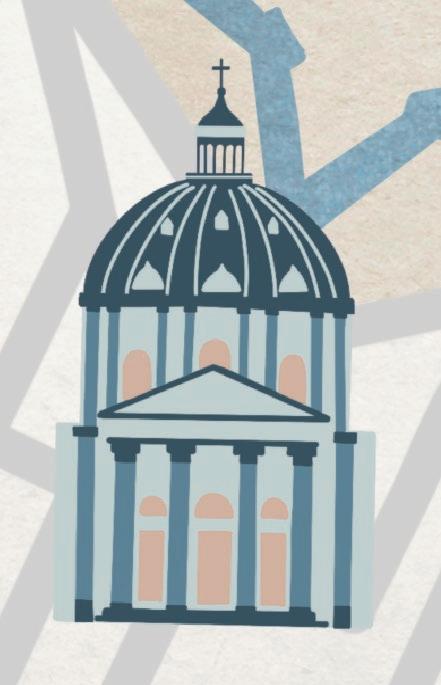
Despite its growing worldwide prominence, Copenhagen retains a relatively small-town feeling compared to other major European capitals. It has busy shopping streets and plenty of activities, but the atmosphere is more relaxed. With its medieval cobblestone streets and high levels of social trust, Copenhageners host a tight-knit community, literally and figuratively.
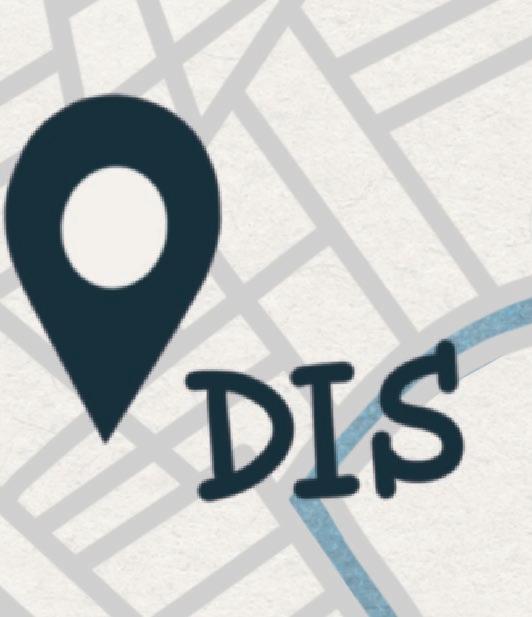
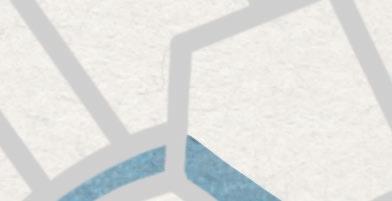


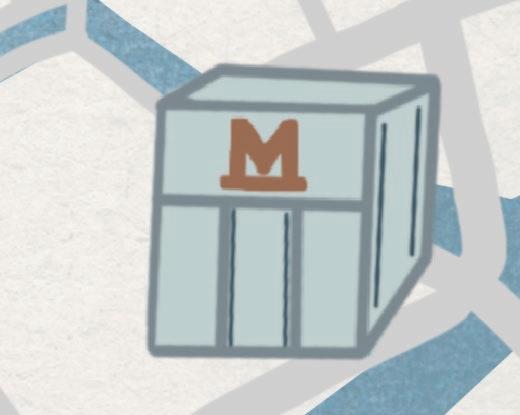


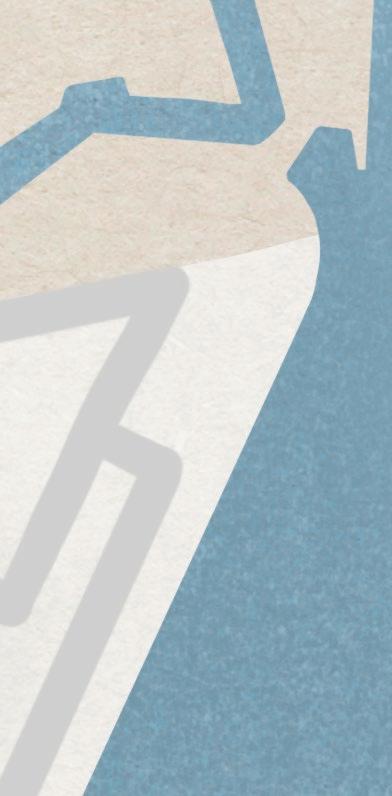

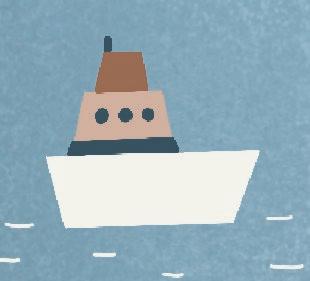
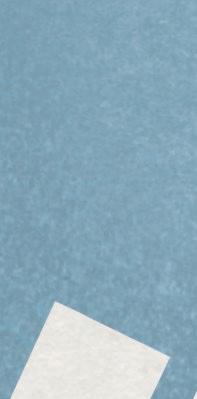


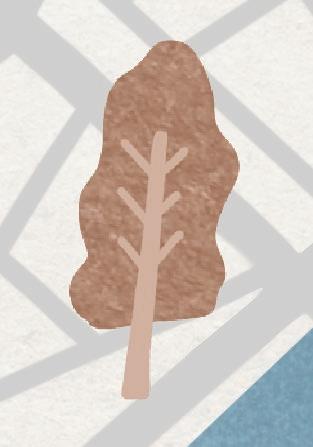
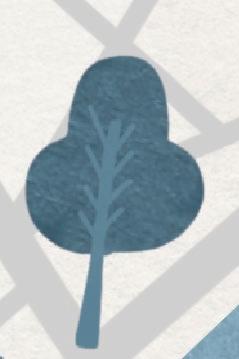
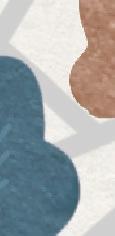
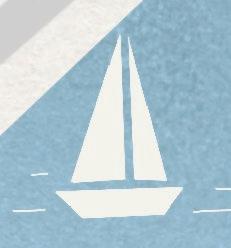


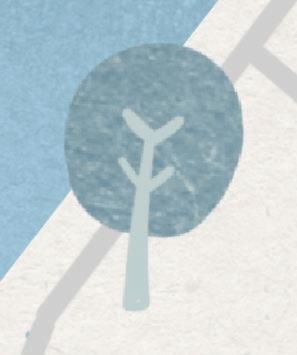

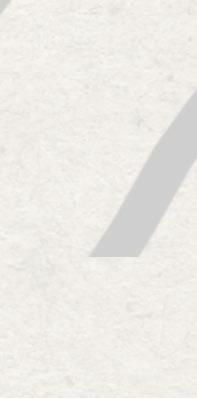

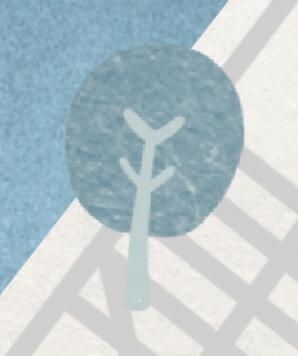
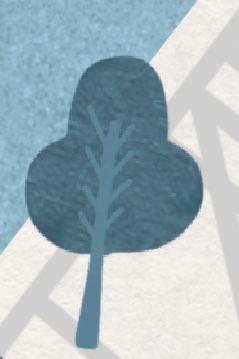
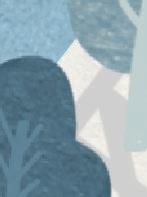
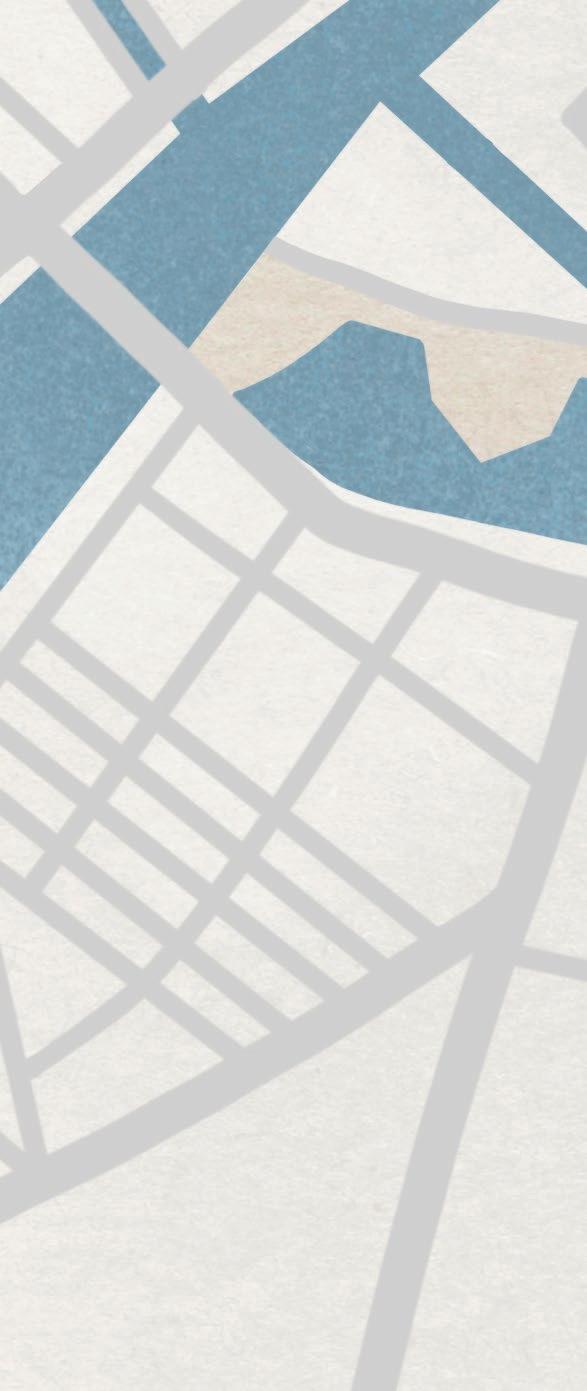
Every day, thousands of locals commute around the city using its more than 240 miles of bike lanes. Sustainable, efficient, and practical – biking is the perfect way to take advantage of Copenhagen’s flat landscape and discover every nook of the city center and the surrounding neighborhoods.

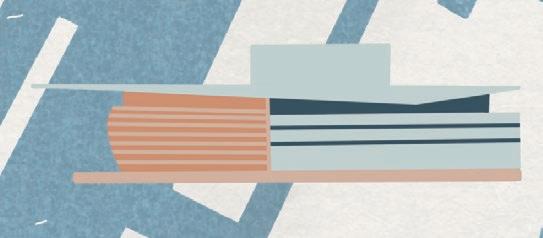

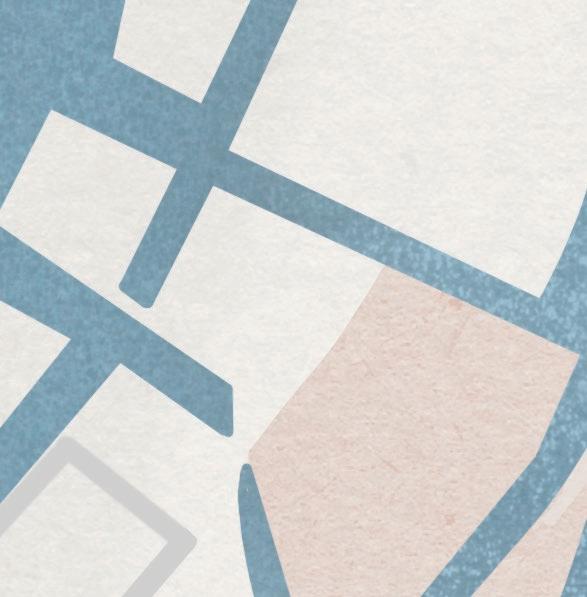

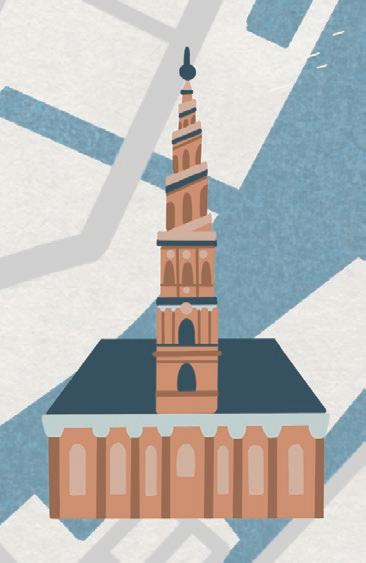
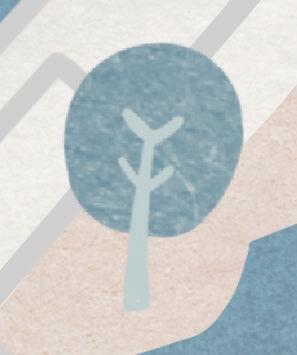
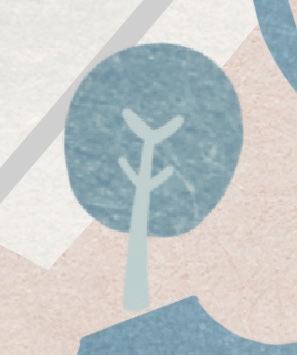
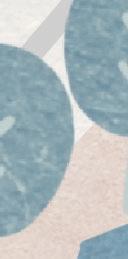

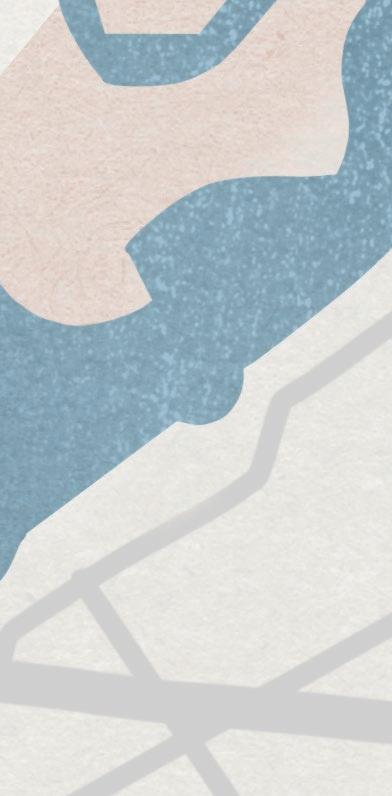
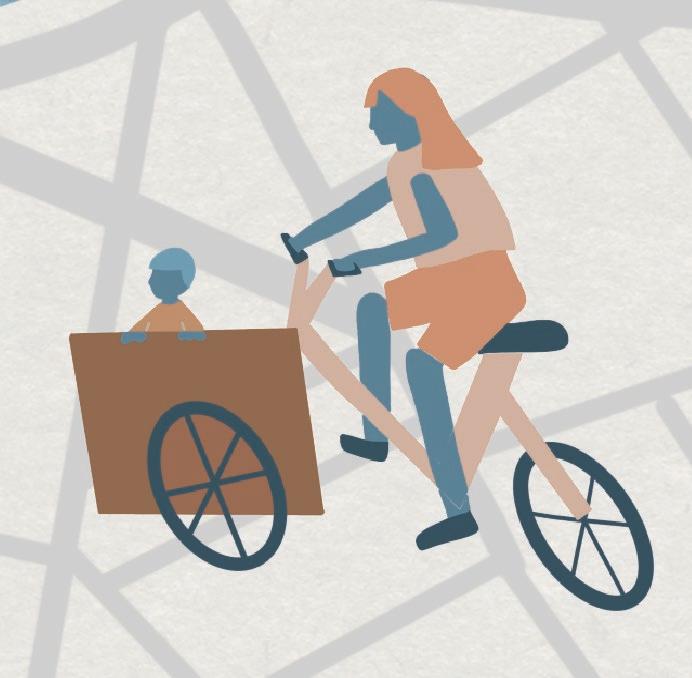
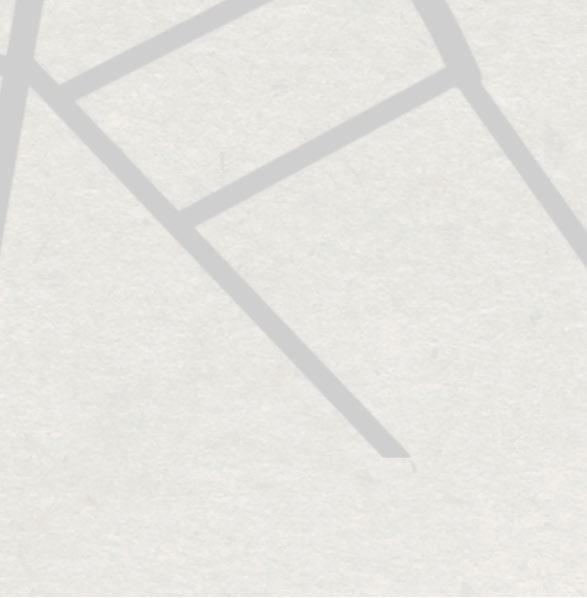
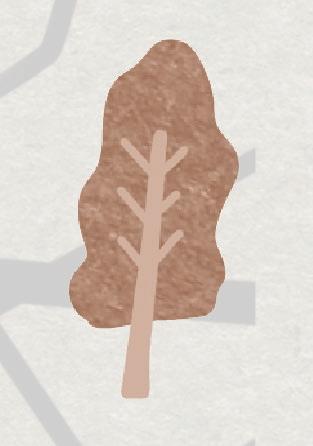
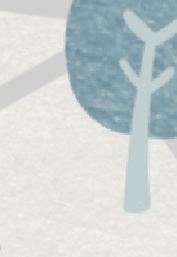
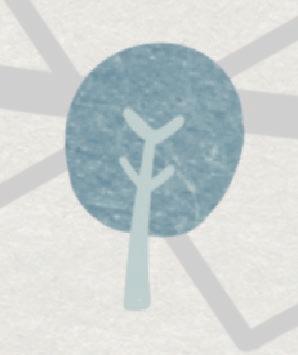

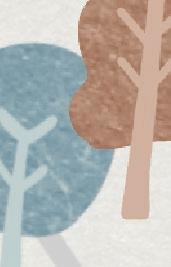




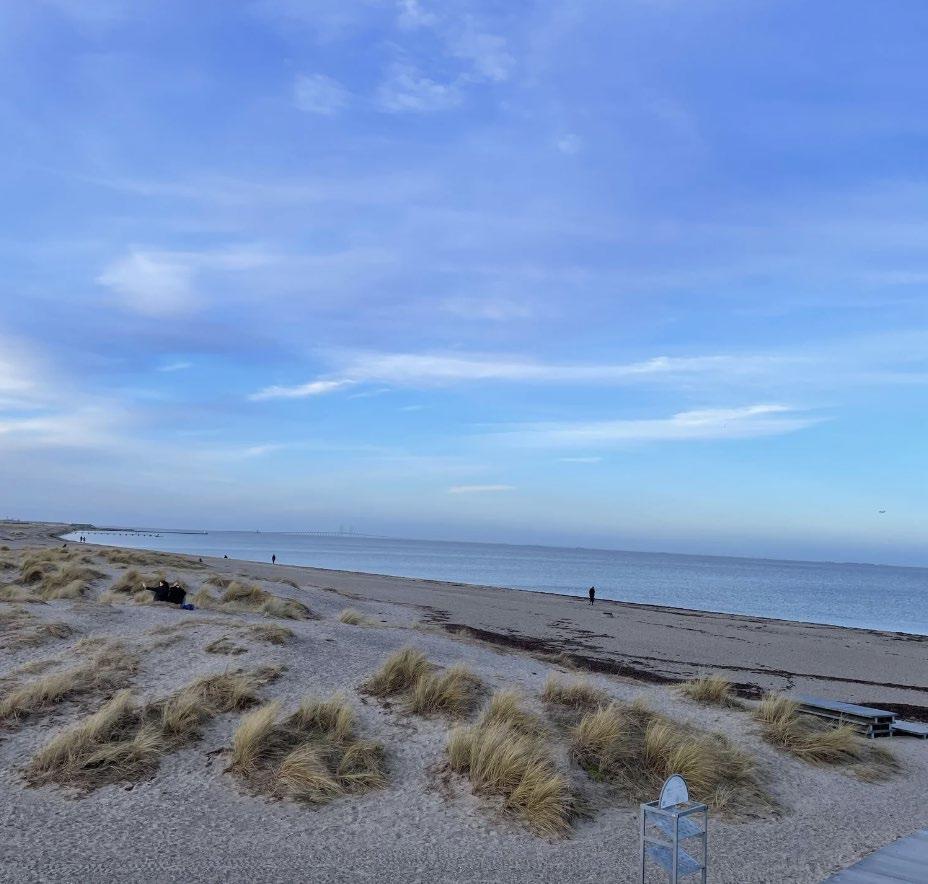

The walk to my classes helped me get comfortable in this new city. I never imagined how walkable it would be here and I love noticing new details and finding new paths through the city. When every week abroad looks so different, that walk stayed consistent. Eventually certain spots and details became like a tradition for my daily walks, which was really grounding since a semester abroad can be difficult for someone who loves their routines.
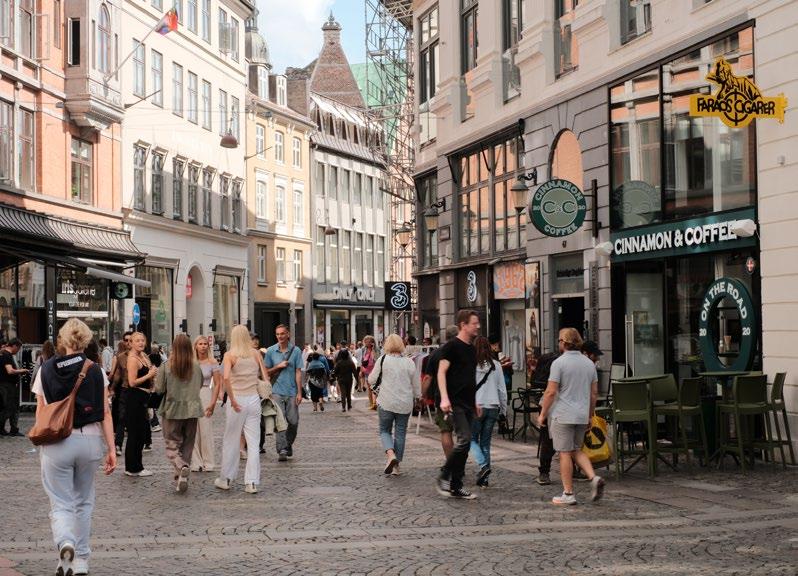
More than any physical space, it was a shift in my mindset that made me feel most at home here. Back home, I am used to having a very strict daily schedule and I was worried about not having that while abroad. One of the first signs for me that I was getting comfortable in Copenhagen was when I noticed that I was doing different, new things all the time and actually enjoying it. I could break a bit from my rigid schedule and embrace a more fluid approach. I surprised myself, and that let me know I’m capable of more than I thought.
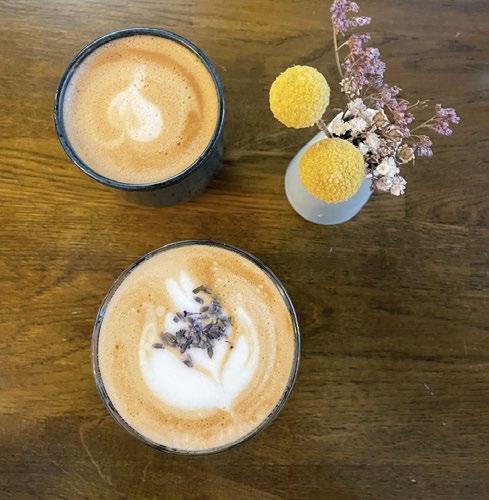
In the first weeks being here, I found myself taking a walk to Amager Strand, a beach near my housing. I was looking for something familiar in this new place and the walk reminded me of childhood summers visiting the beach. Over the semester, that walk has turned into a favorite running route of mine, especially when the sun is shining.
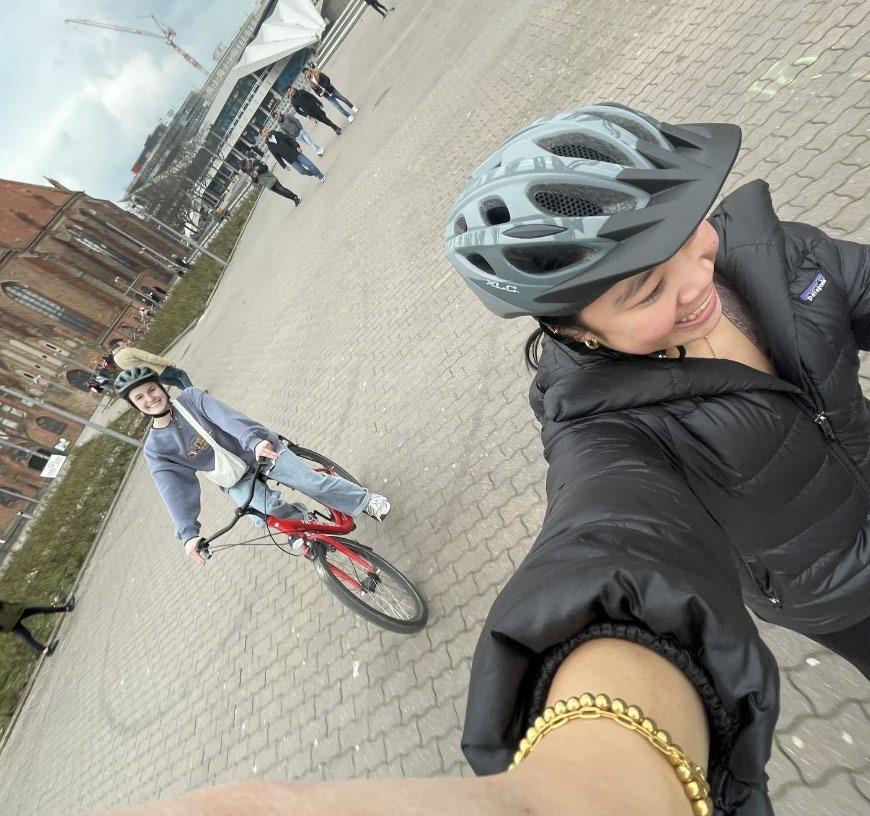
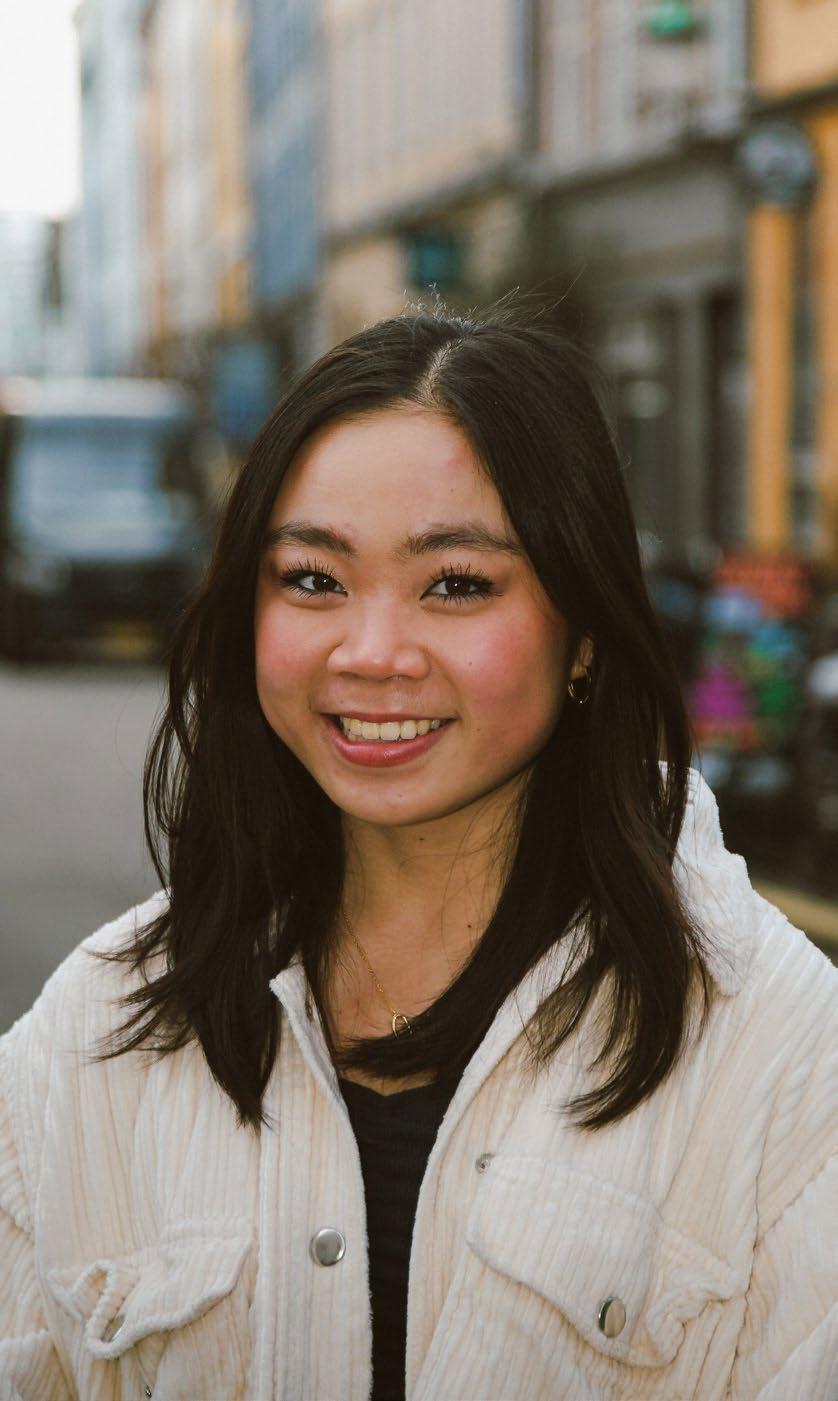
I am a musician and so obviously music has been a big part of finding home here. Through my classes, I’ve learned how different cultures approach teaching and even playing music. My classmates, my teacher, and fellow attendees at smaller, local performances have helped me better understand this culture around me.
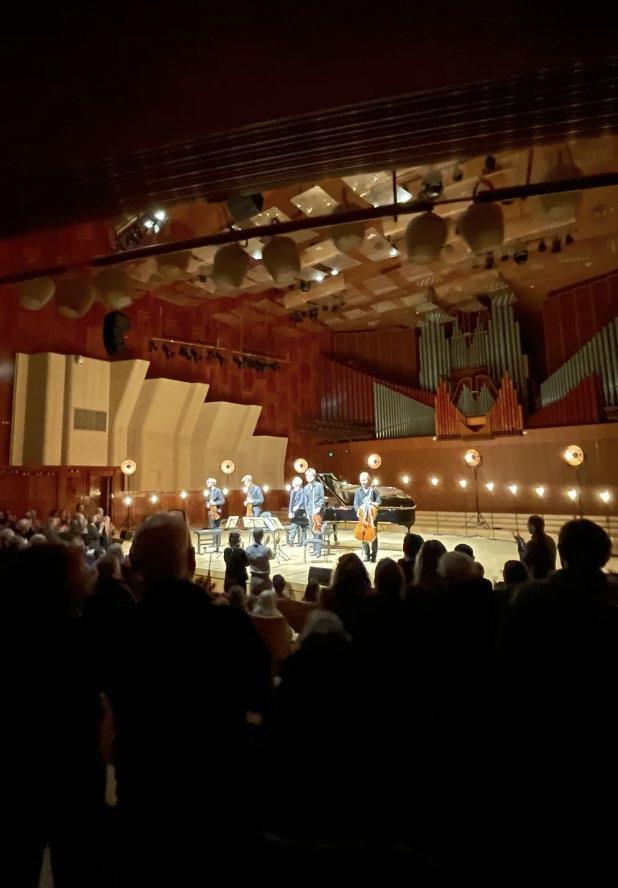
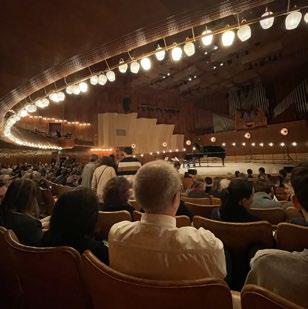
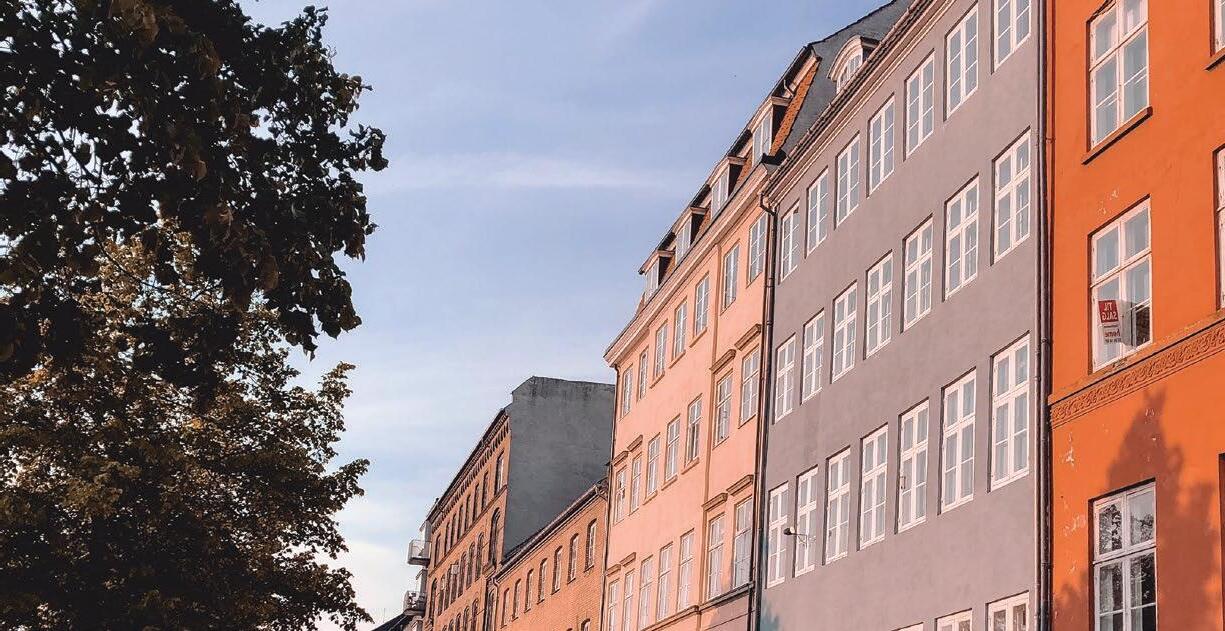
My housing and my roommates have made this place feel so much like home. I didn’t even realize it until a friend visited me and she couldn’t get over how much we acted like a family. The 11 of us cook together, explore the city, and travel together. There was even this one week when we all caught a sickness. We were able to bond over our misery and laugh about it together. That community we built made the whole situation feel better.
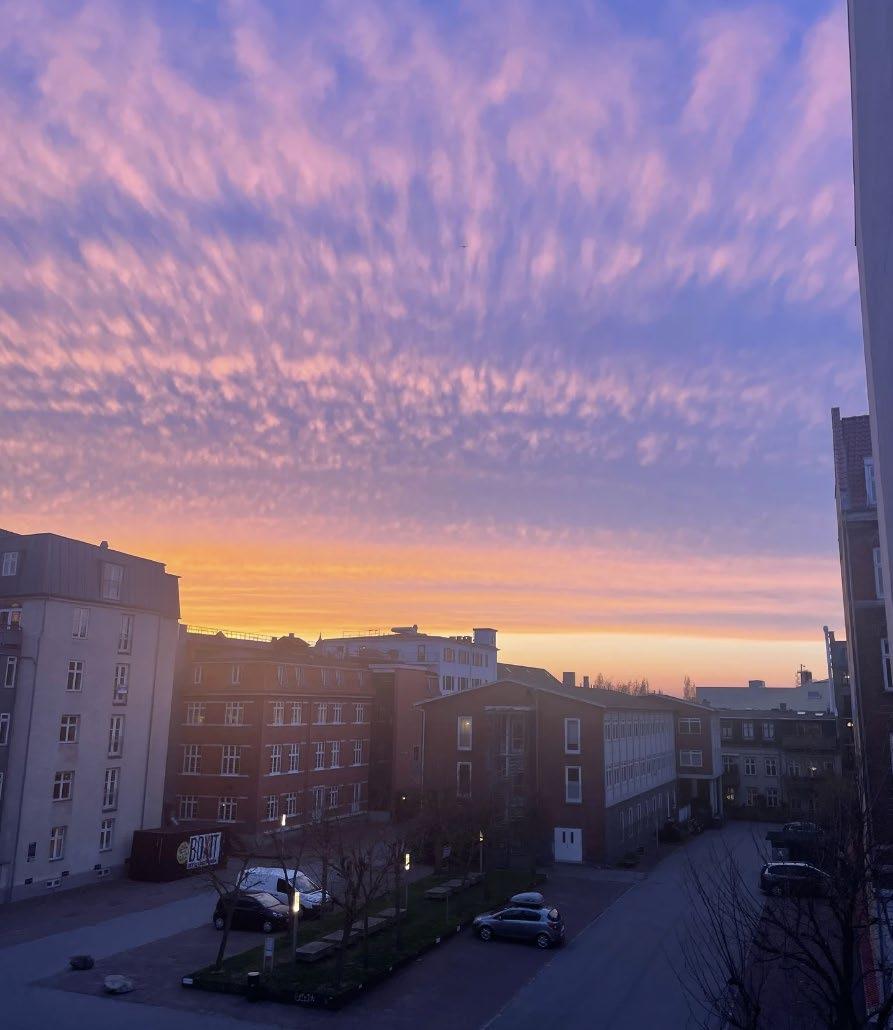
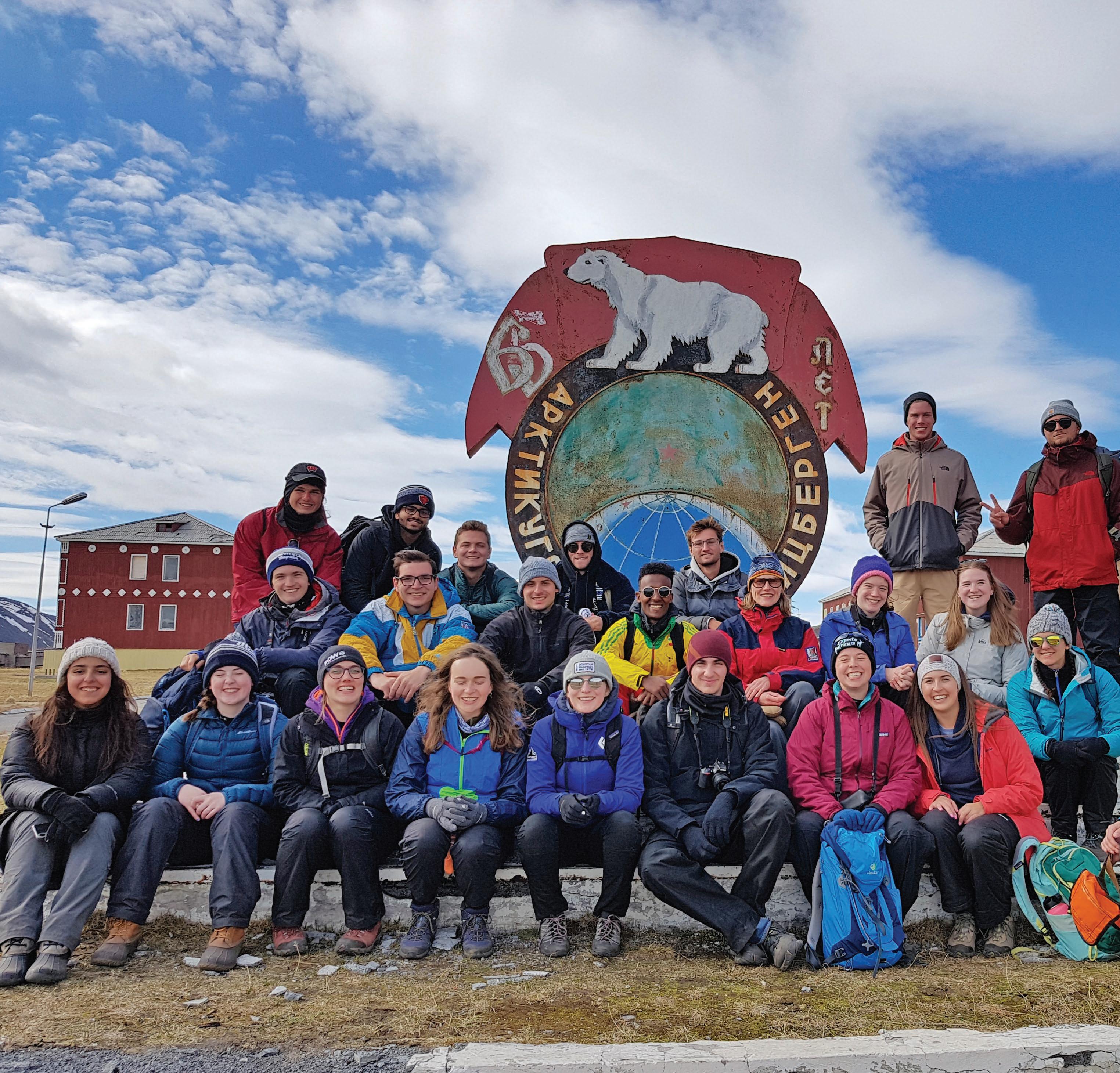
Study Tours are a signature part of the DIS experience. Your faculty member will lead you and your Core Course classmates on tour as you travel outside of your home city to explore academic topics in new contexts.
Study Tours can take many shapes, but they all include visits to local organizations and experts, opportunities to see your academic topic in real-world situations, and free time to explore new places, cultures, and perspectives.


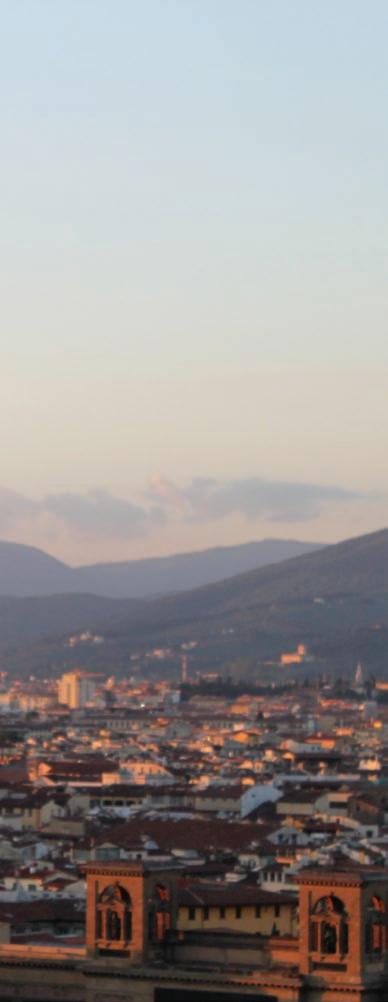

Later in the semester, you and your Core Course travel once again, this time for a full week and to another European country. With more classroom knowledge under your belt, you will apply academic concepts in a new cultural context and take your learning even further.
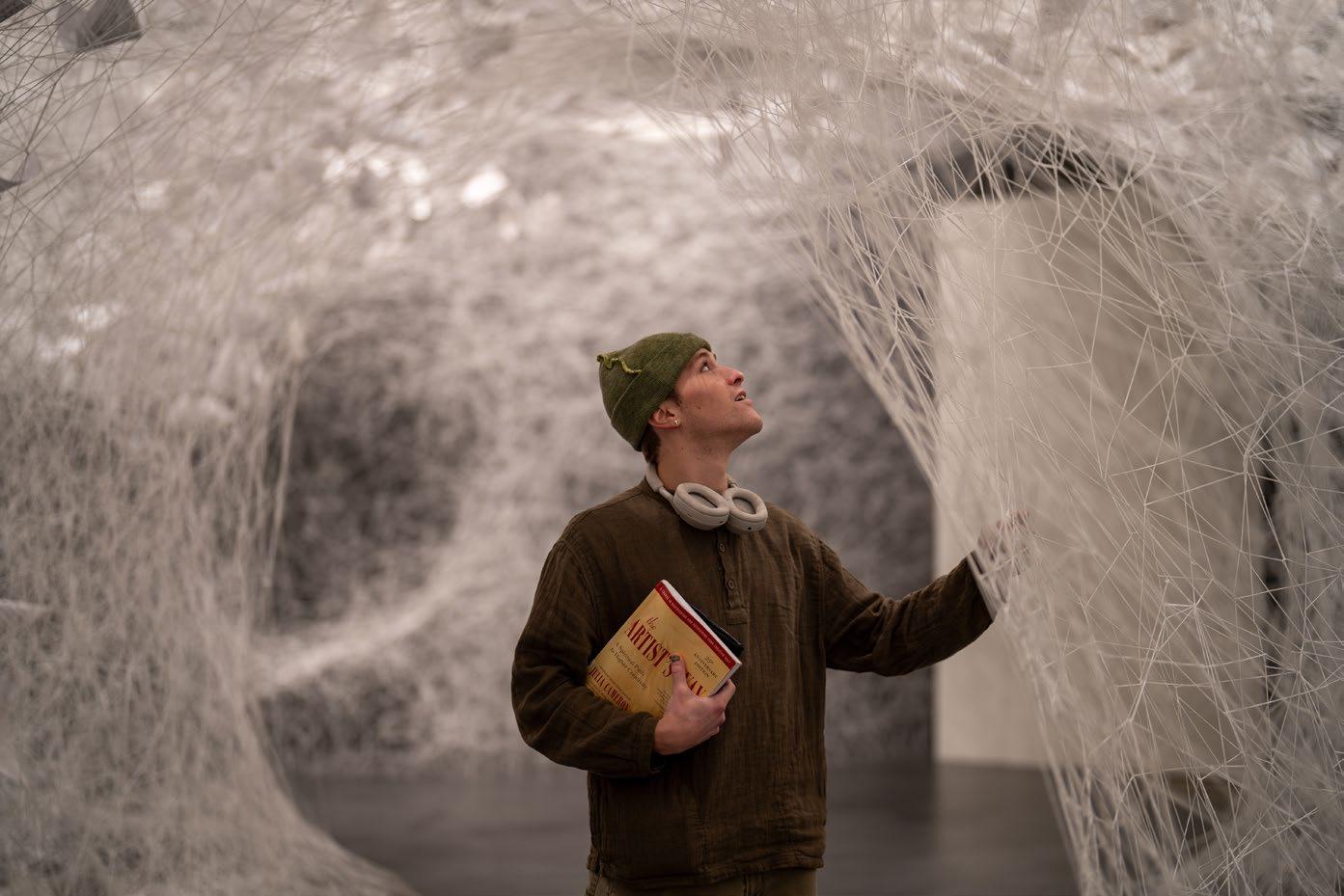
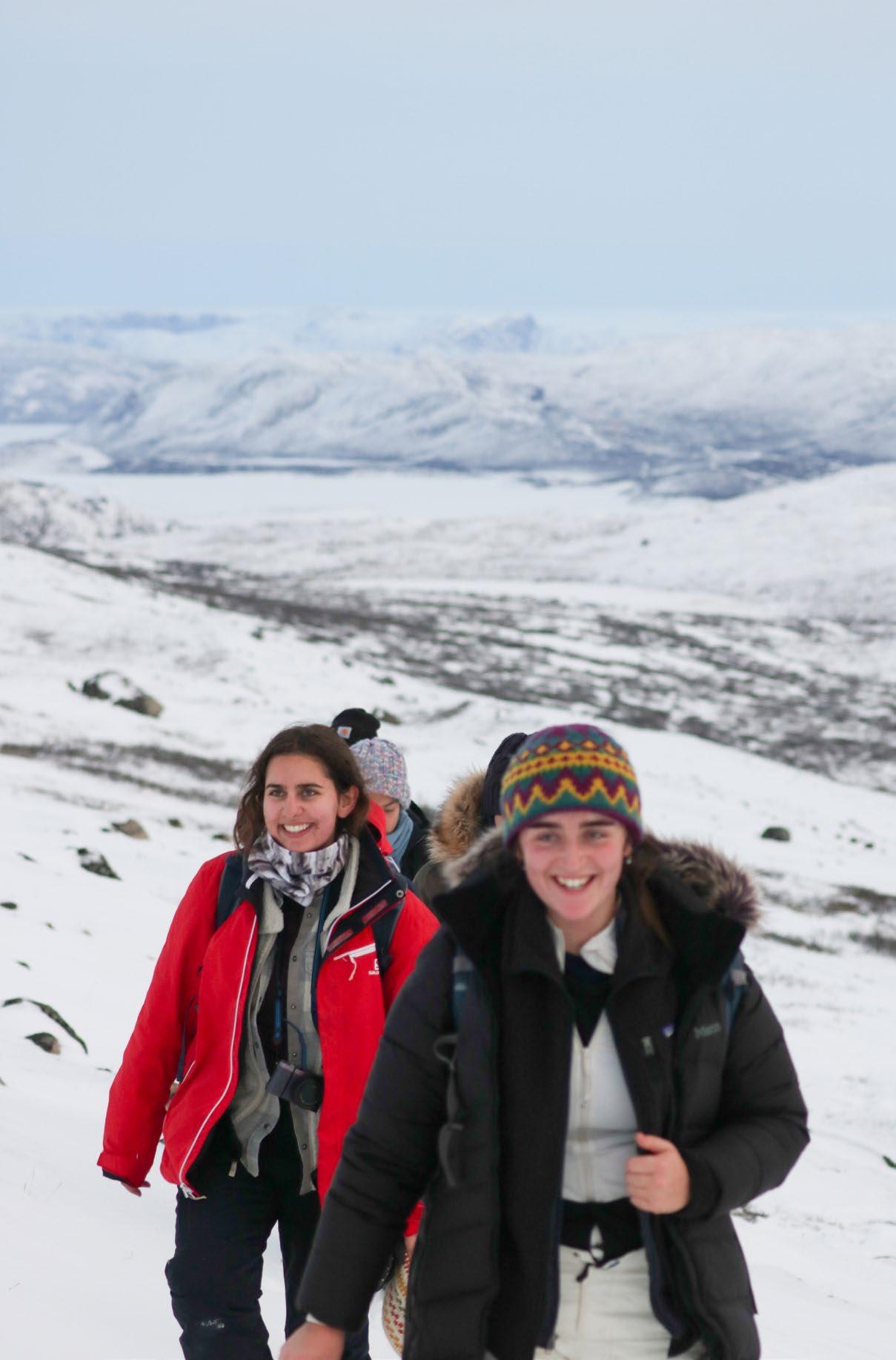
Early in your semester, an entire week is dedicated to your Core Course. Get to know your classmates better and dive deeper into key aspects of the topics at hand as you spend two days in your home city and three days on short Study Tour to a domestic destination or a neighboring country.
Study Tours are a key part of the DIS experience for every student –and they are one of many enriching opportunities included in your tuition.
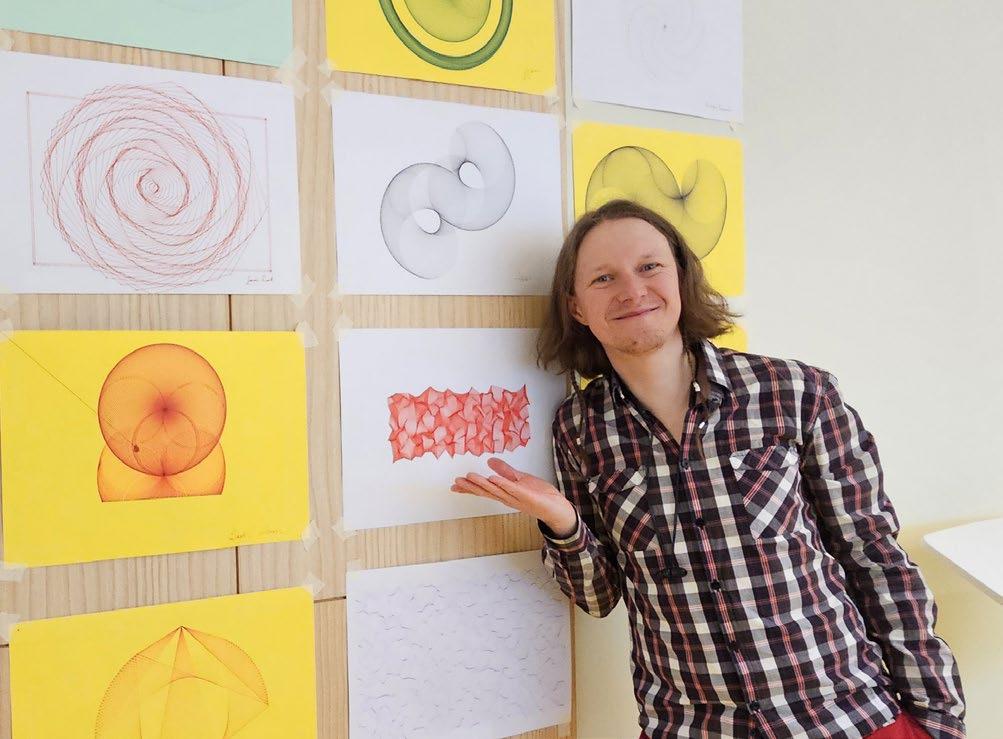
Angie Hjort teaches Data Visualization at DIS Stockholm with over a decade of experience as a data graphics developer. He is currently head of software at the Swedish non-profit Gapminder Foundation, where he creates colorful and interactive graphics to fight common misconceptions.
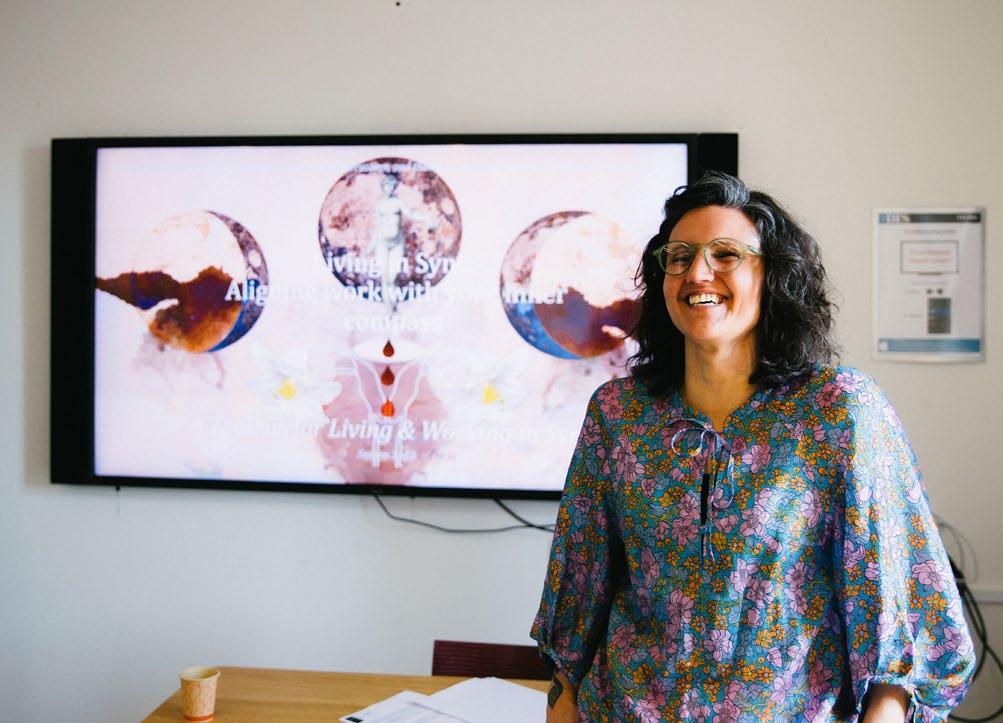
Emily Childers Brocks is the CEO of GirlCollective, which offers youth workshops around puberty, sexuality, and relationships. In her course Is the Future Feminine?, she combines her academic background in social work with over a decade of experience leading workshops on themes of authenticity and body awareness. Using the tools she wishes she had learned earlier in life, she creates a fully embodied learning experience for her students.
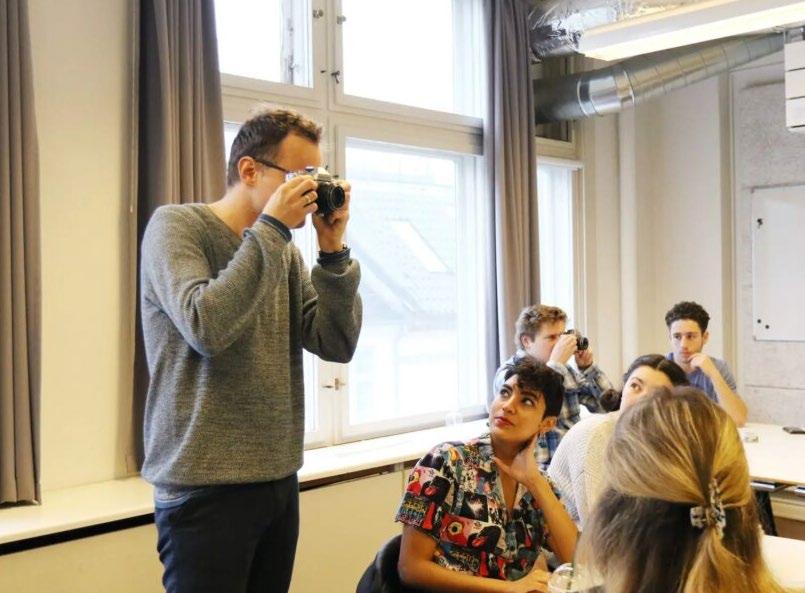
Milosz Cordes spent nine years working as a diplomat for Poland in a number of European countries and within the European Union ecosystem. He brings insider knowledge to his course European Game of Politics: Crisis and Survival.
Most DIS faculty work as professionals in the areas they teach, bringing theory to life by sharing real-world expertise and examples in the classroom. “
In my course, we study European politics through a mixture of groupwork, strategy sessions, practical tasks, and immersive interactions. I give my students Cold War-era film cameras as we explore cities to help them stop, process, and better understand how much physical space matters in international relations.”
Milosz Cordes, DIS faculty member
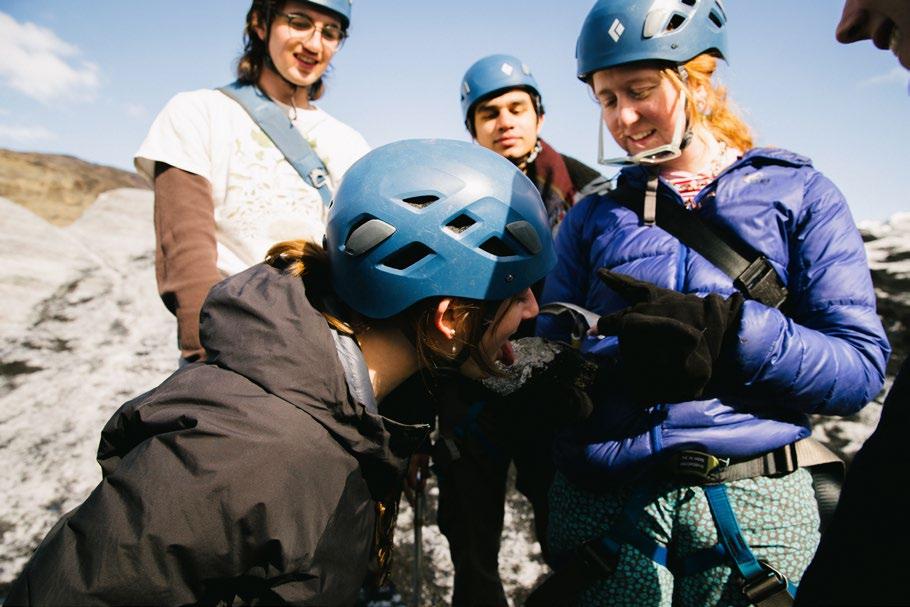
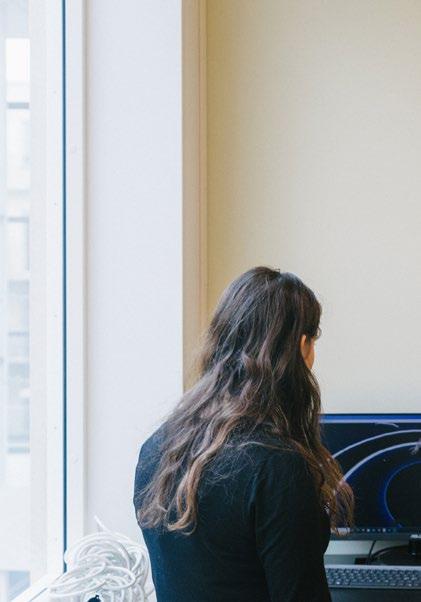
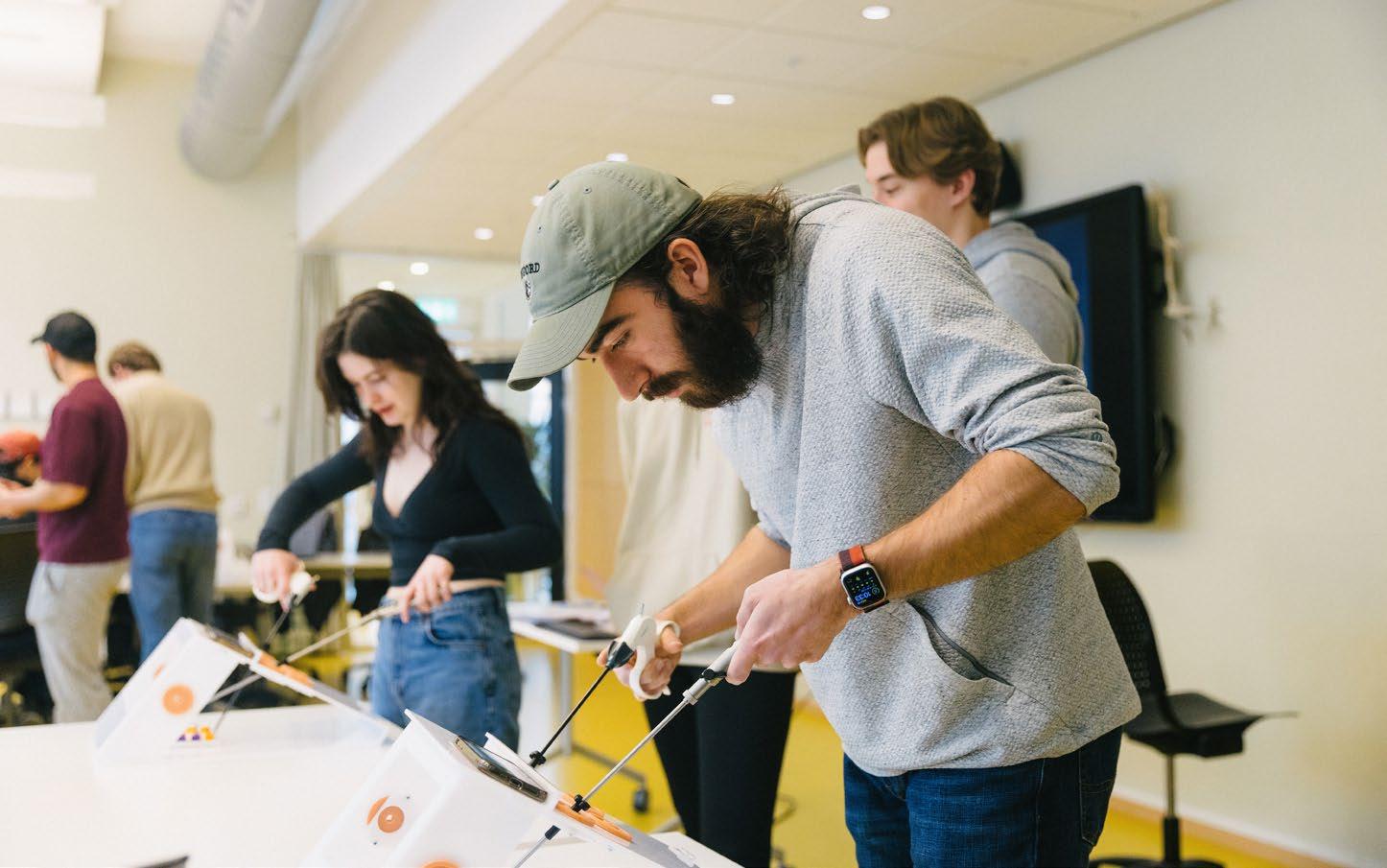
Using a Cold War-era camera helped ground our otherwise theoretical knowledge. Photographing while on Study Tour put names and faces to our textbook knowledge and the camera made me search out small details that I might have missed otherwise.”
Hannah, American University
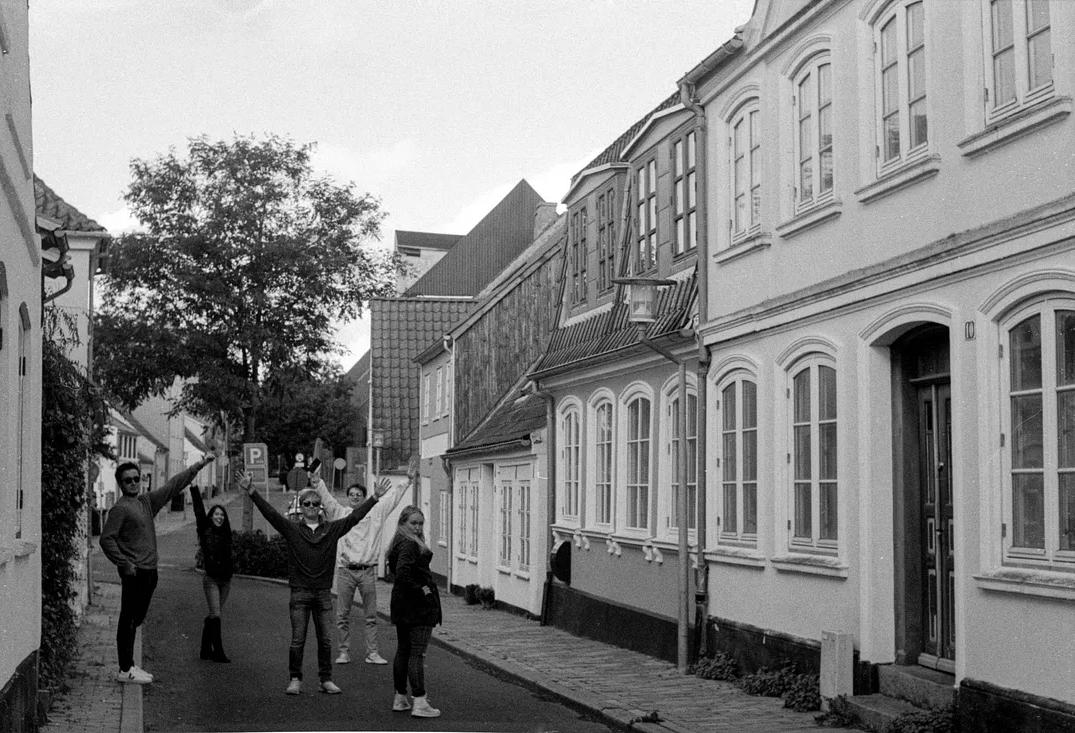
Our final project in Machine Learning gave us a ton of freedom. We got to pick a dataset and analyze it using techniques from class, then write up and present our findings. Not only was this a great way to review the models we’ve looked at before, but it also results in code and a blog post that we can put in our portfolios for our job search in the future.”
Elise, George Washington University
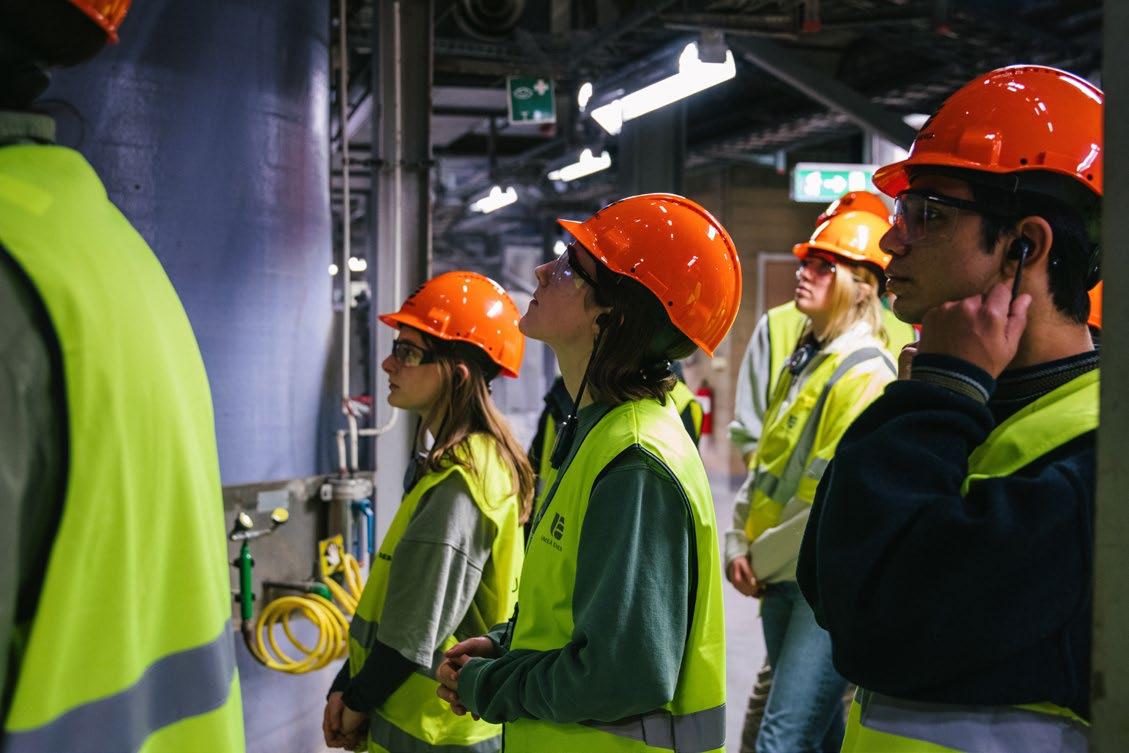
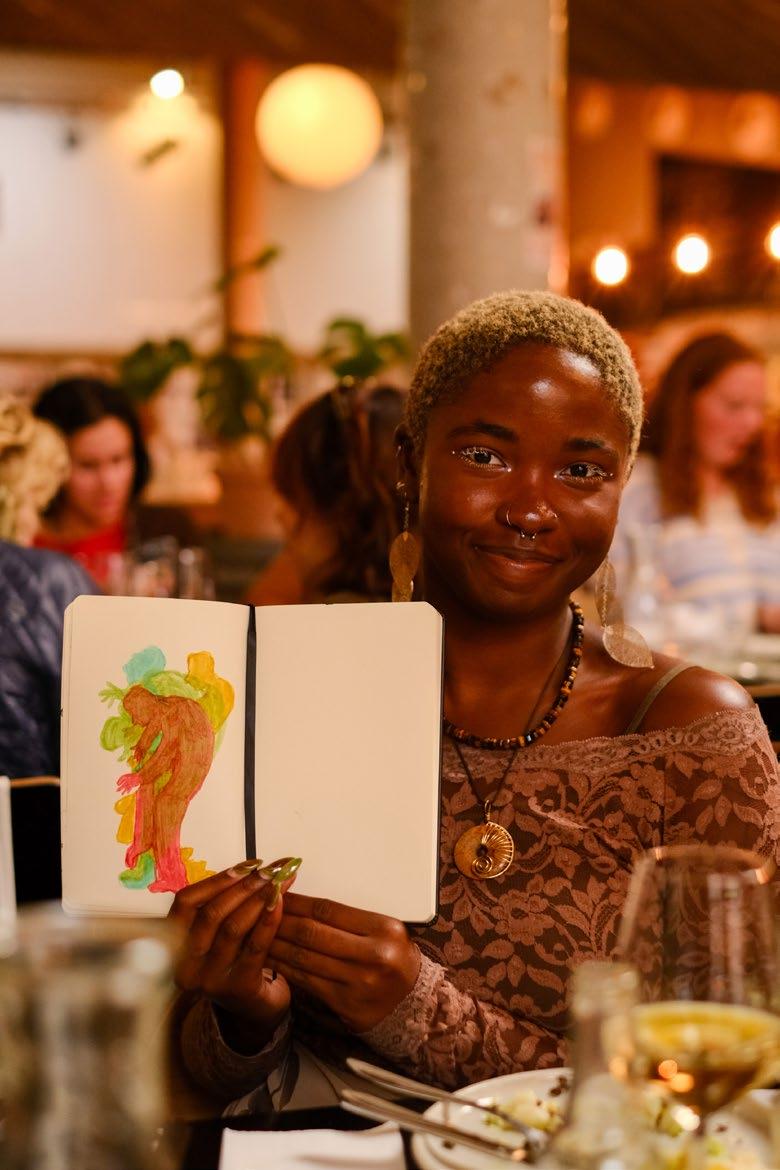
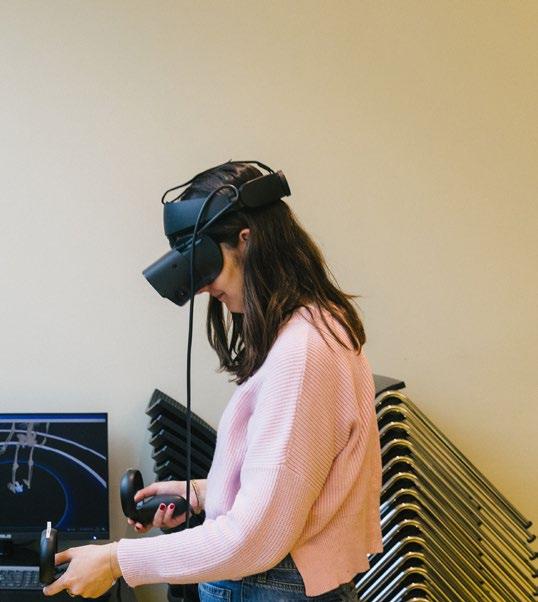
Academics at DIS are built so that you learn through experience. Your courses will visit relevant locations, speak with topical experts, and let you demonstrate your knowledge through engaging projects and assignments. You can also sign up for a lab course, research assistantship, or practicum to place extra focus on developing technical skills and receive one-on-one mentorship.
Building a sense of belonging is a huge part of the study abroad experience. We know it can be difficult to establish a home in a new context, which is why we create opportunities for you to build connections and find the resources you need. DIS staff and faculty come from many different backgrounds and are here to create a welcoming, inclusive community and help you find guidance, resources, and support, however you might need it.
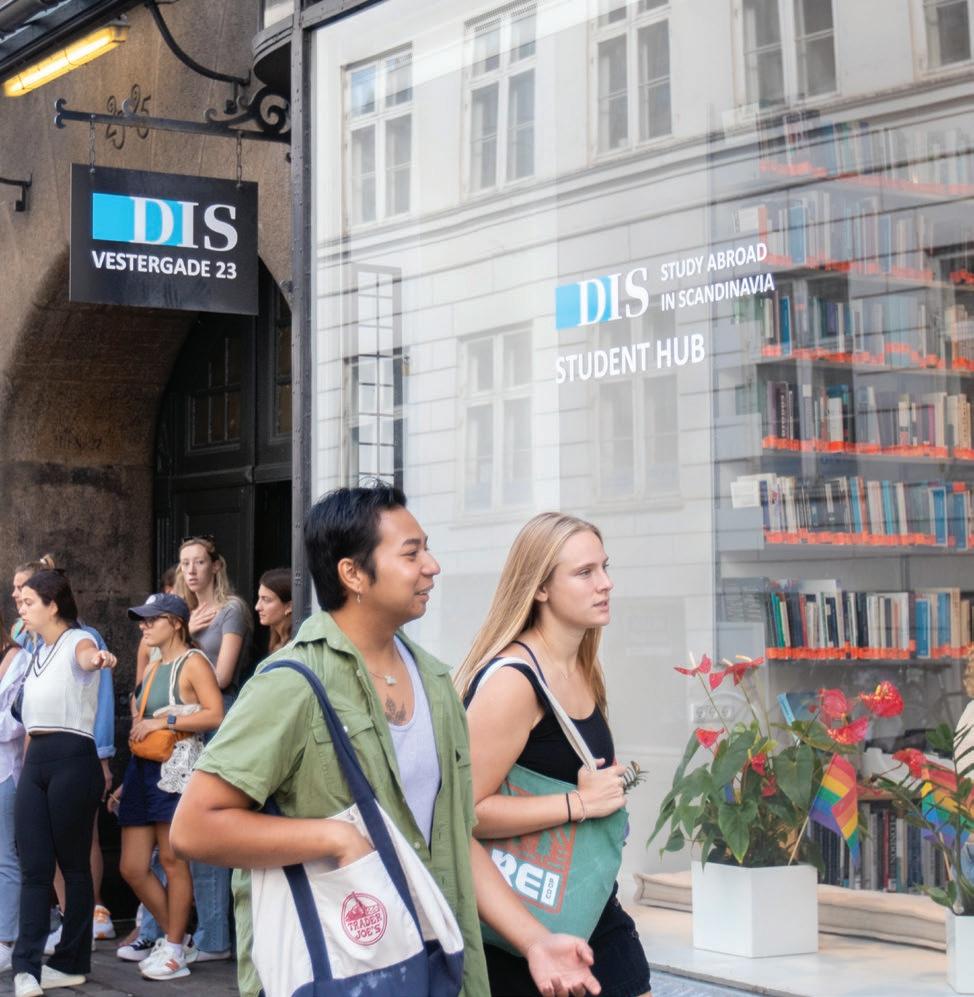
+ DIS Stockholm is housed in a modern, sleek building which opened in 2016 and is shared with the Swedish Royal College of Music
+ You have access to the building’s canteen, where you can buy lunch, coffee, or fika There are plenty of events in the building and chances to meet Swedish students.
+ When you step outside DIS, you find yourself in the middle of the popular neighborhood of Östermalm, just next door to the historic Stockholm Olympic Stadium built for the 1912 Olympics.
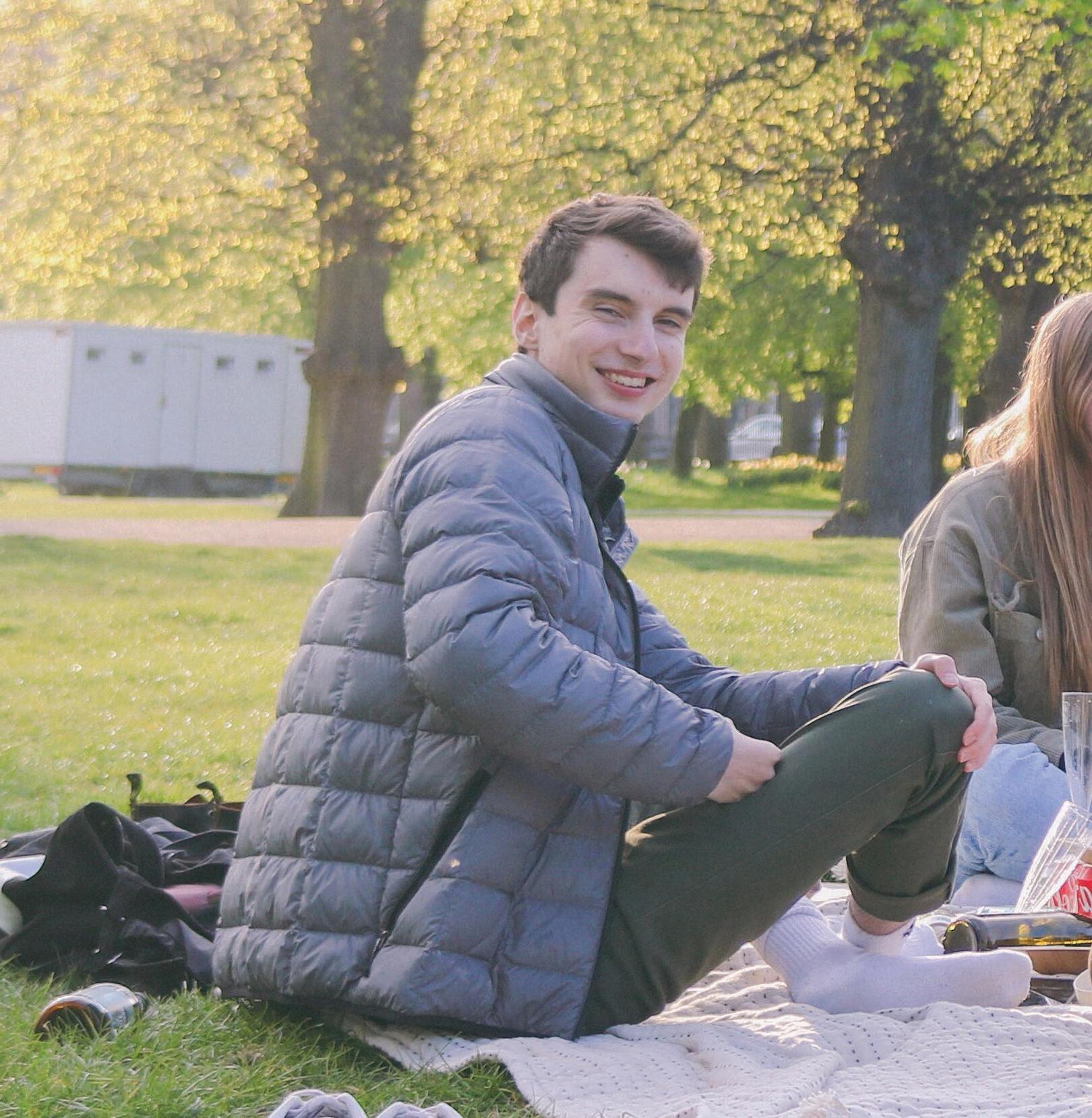
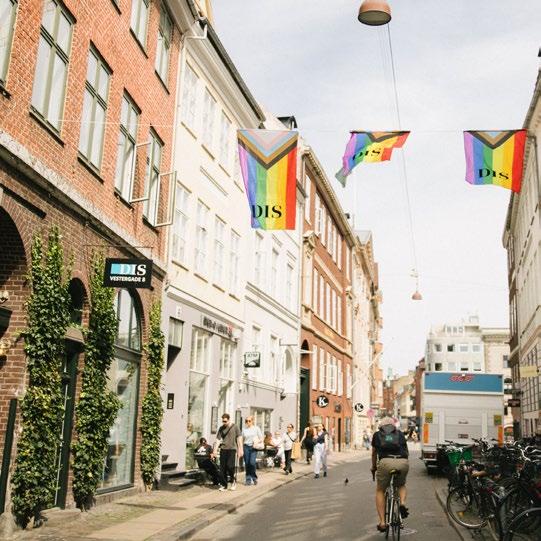
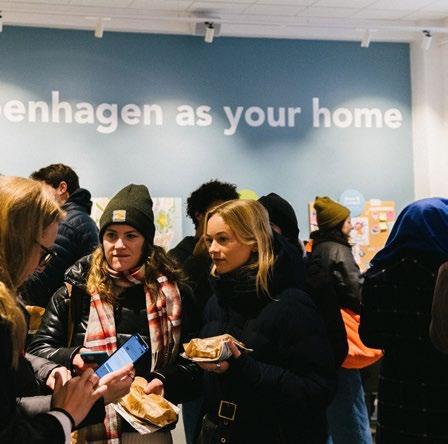
+ DIS Copenhagen’s classrooms and study spaces are spread throughout the center city inside a mixture of historic and modern buildings, all within a 10-minute walking distance from each other.
+ Students have automatic membership to Studenterhuset, the Student House, where you can enjoy discounted drinks and snacks, find activities from salsa dancing to trivia, and meet students from other local universities.
+ The Student Hub is located just steps away from the town hall and the main walking street. Within a few minutes, you can easily find yourself inside a cozy café, walking through a park, or sitting waterfront by a canal.
How does student life differ between Stockholm and Copenhagen?
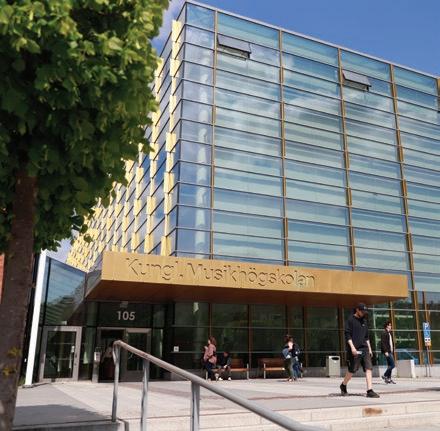

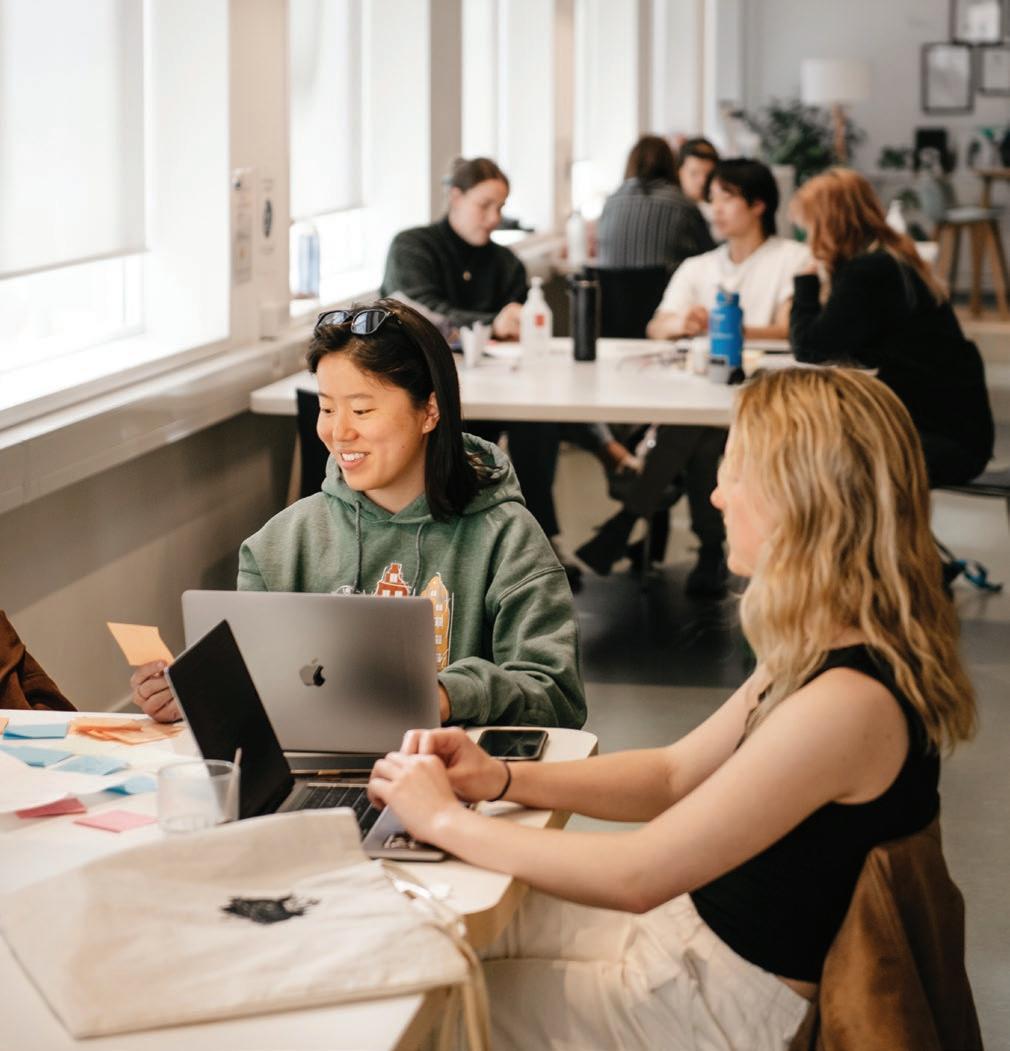
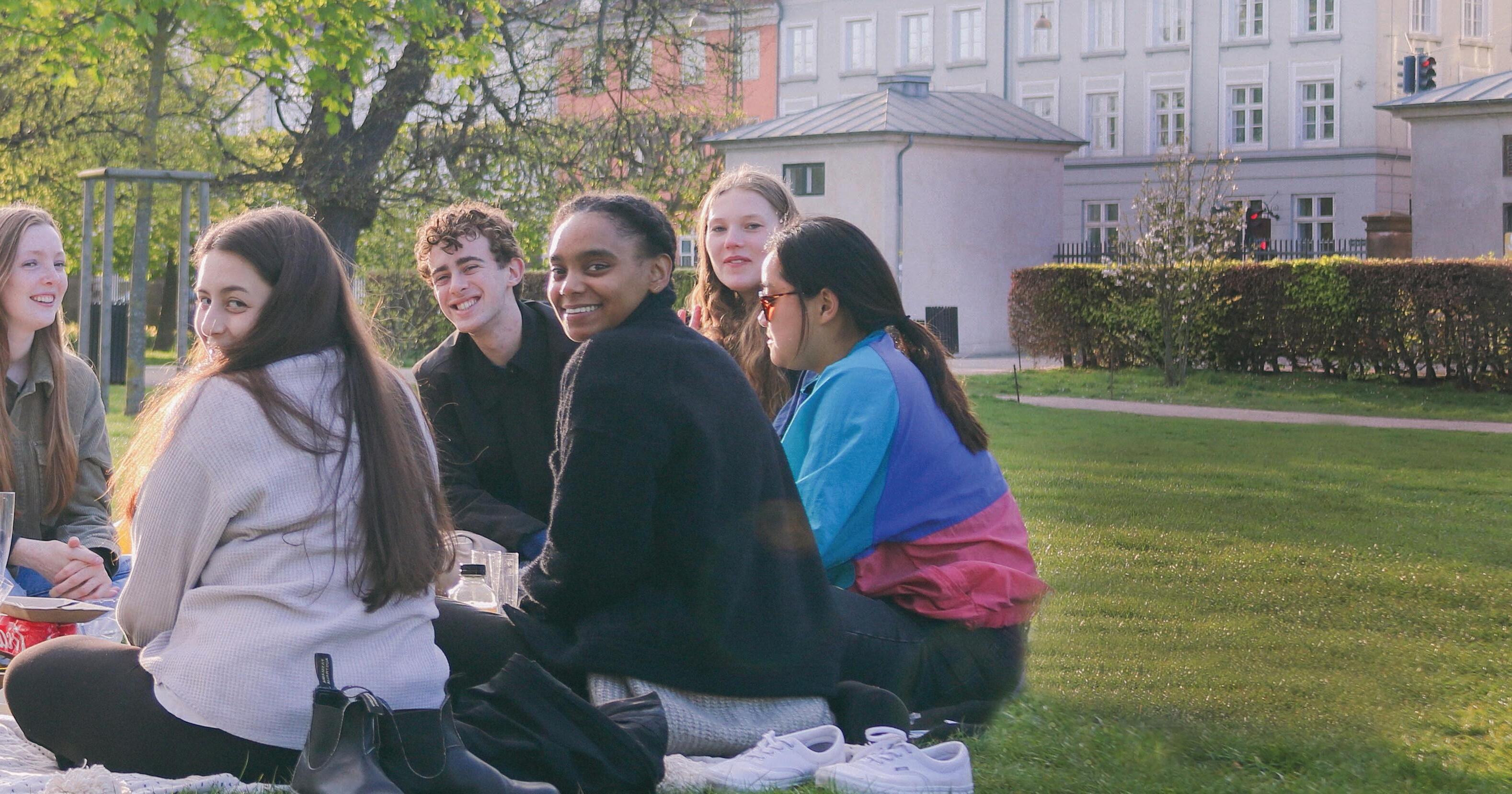
The Academic Support team is made up of staff dedicated to academic counseling and assistance. Inform us of any academic accommodations before your semester begins so that our team can facilitate these. You can always sign up for one-on-one academic advising at any time during your semester abroad.
We’ve built our own app so that you can easily access important information and find all the resources you need. All students receive access to the DIS Navigate App, where you can join groups, find out about events happening around town, get notifications from DIS, and connect with one another.
The Student Hub serves as a one-stop shop for all your needs. DIS staff are present during work hours to answer your questions and direct you towards additional resources. Plus, the hub serves as a place to study, meet with friends, and take a break between classes.
Studying abroad can feel like stepping into a brand-new world. We’re here to provide you with resources so that you can navigate your new home and thrive. Here are just a few ways we support you.
Our Care Team of professionally trained staff is ready to support you in adjusting to your new location, improving wellbeing, and assisting you as mental or physical health issues arise. In the case of an emergency, we have a 24-hour phone line you can call at any time to get connected with the support you need.
It’s important that all DIS students have spaces to connect. DIS hosts two stafffacilitated affinity groups, one for LGBTQIA+ students and allies and one for Students of Color, where students can come together to build connections, share experiences, learn helpful information, and explore their identities together throughout the semester.
In the first weeks of each semester, our Student Life team hosts New in Town meetups to help connect students with each other and the city. From board game nights to community dinners, park hangs, or bonfires, you’ll experience the city like the locals do, making some new friends along the way.
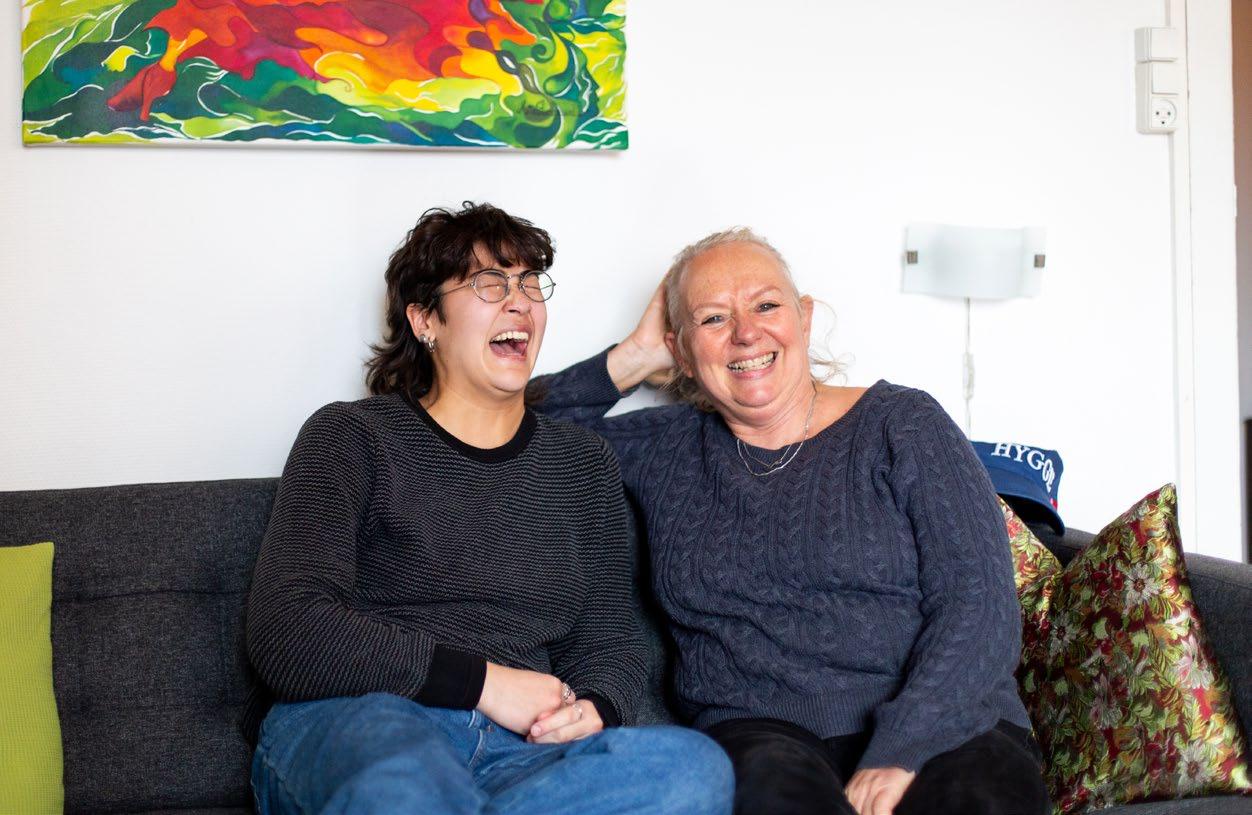
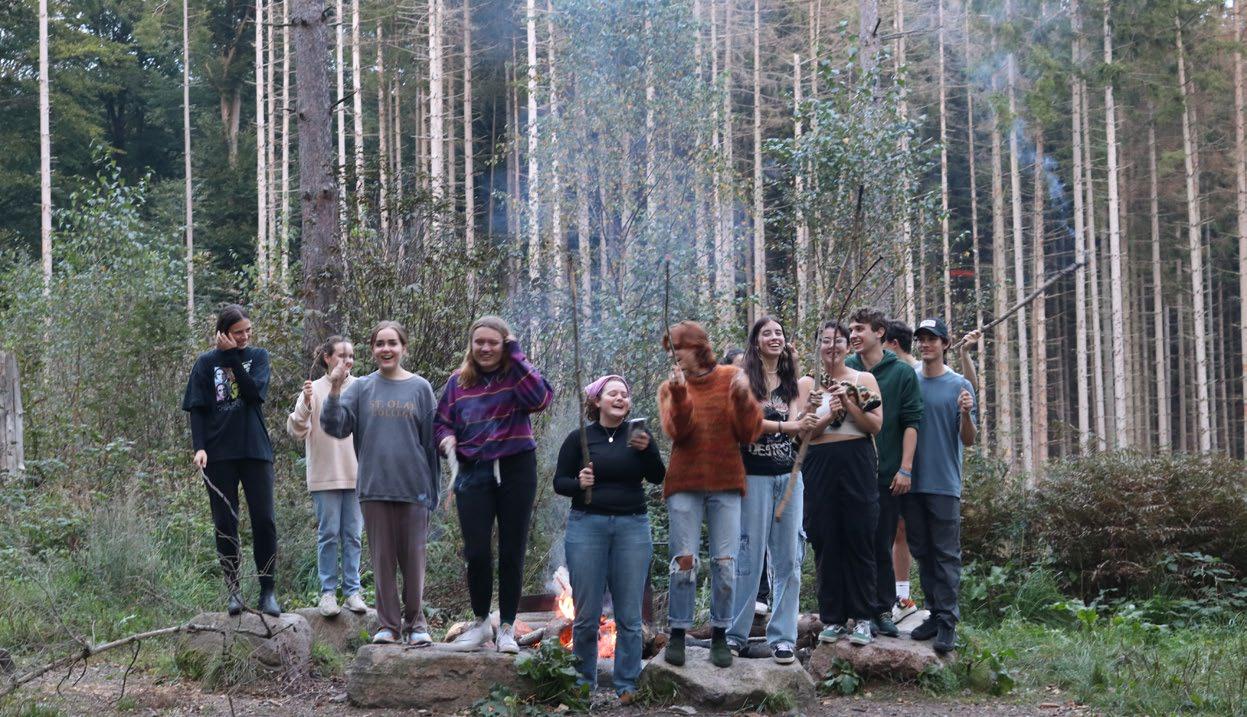
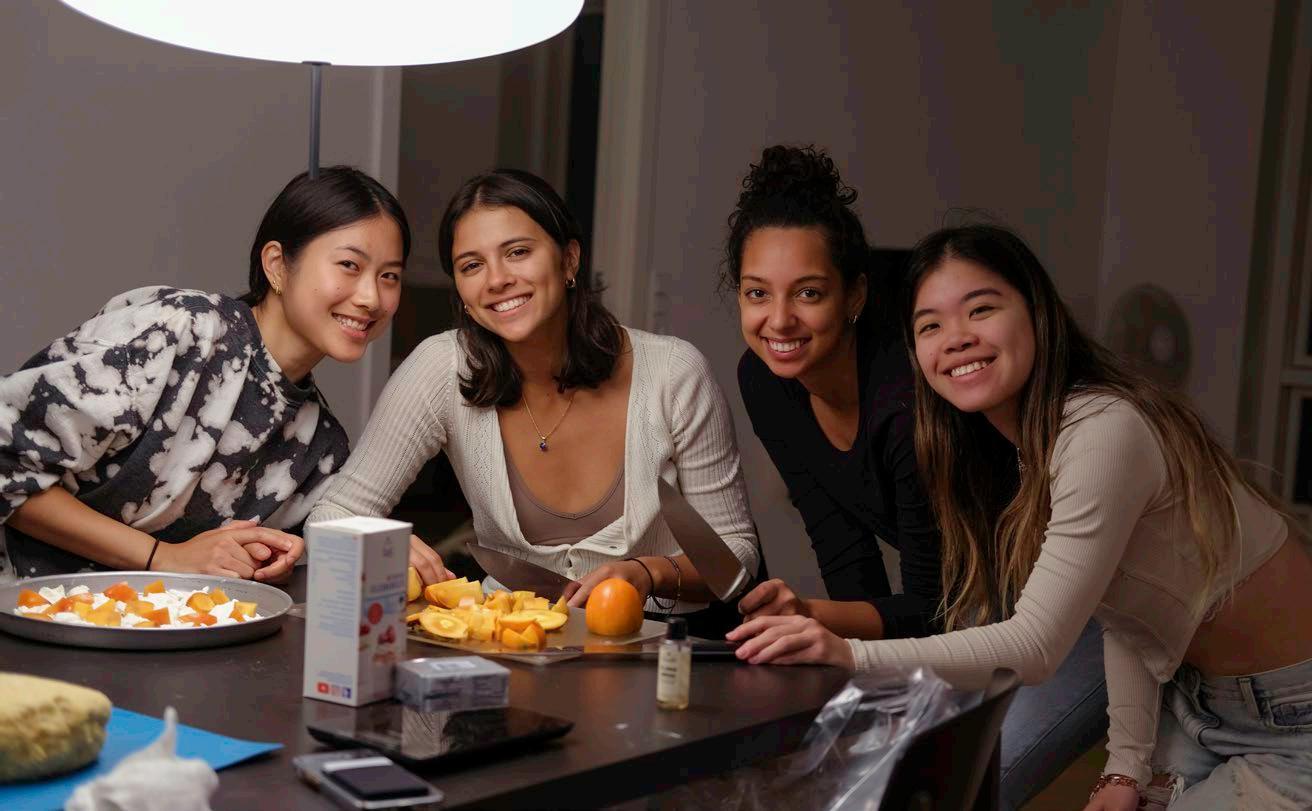
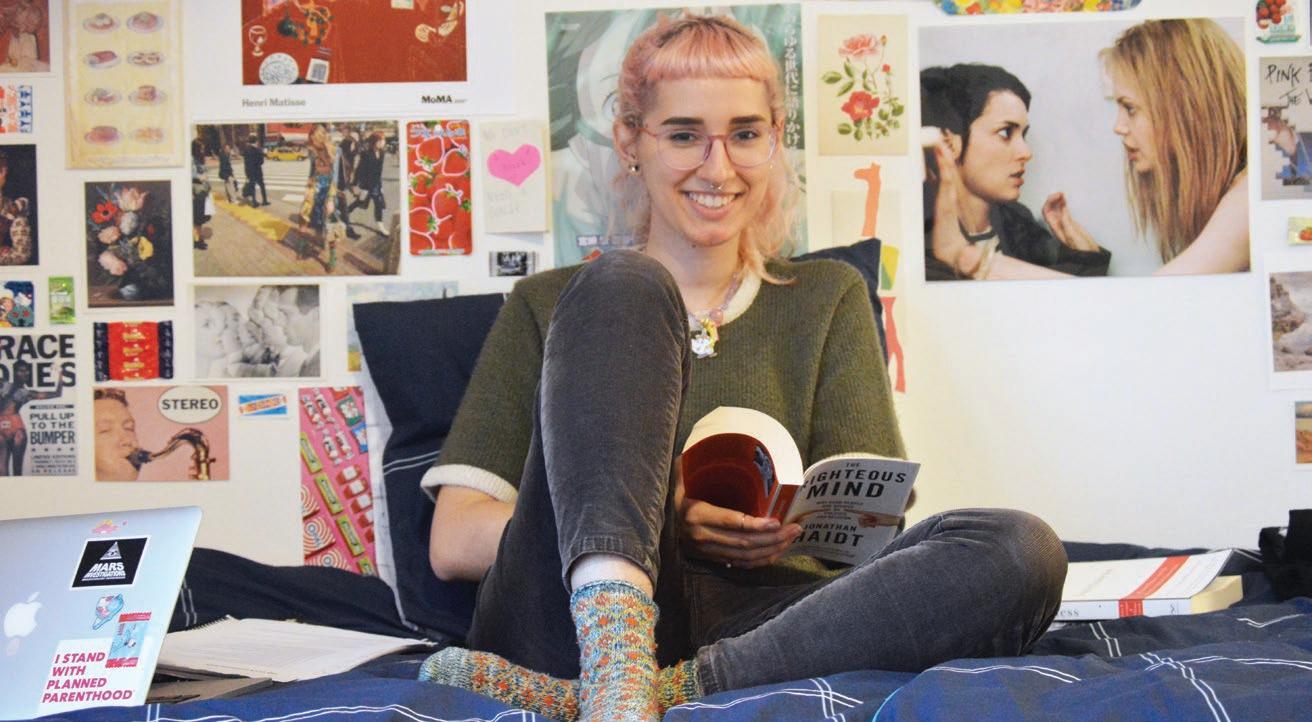
Where you live is more than just a bed – it’s a fantastic opportunity for cultural engagement. Perhaps you want to come home to family meals or live among other students. No matter your preference, you have the opportunity to build communities, gain important life skills, and engage locally in a meaningful way.
+ Your housing comes fully furnished
+ Unlike many college campuses, DIS housing sites are located throughout the cities and suburbs of Stockholm and Copenhagen, allowing you to be a part of the local social fabric
+ All housing sites are well-connected with public transport, and DIS covers transportation costs between your housing and class
+ We personally match you with your preferenced housing options, reviewing your needs and interests to make the best possible placement
Live with local hosts in their home and get an insider’s perspective on life in Scandinavia. This is a good choice if you want to be part of a household and immerse yourself in local culture and traditions.
Live with a mix of local, international, and DIS students in dorm-style or apartmentstyle residence halls. This is a good choice if you want to meet students from different educational institutions in Stockholm or Copenhagen.
Live with other DIS students in dormstyle or apartment-style residence halls. This is a good choice if you want to develop important life skills as part of a close-knit community.
Live with other DIS students in theme-based housing and participate in weekly activities to explore a shared interest like music, art, sustainability, or the outdoors. This is a good choice if you want to build community alongside other like-minded students.
Volunteer with local organizations
You can do everything from tutoring high school students to biking with elders who want to feel the wind in their hair. Try your hand as a barista at a student café, or work a shift at a farmers market.
Join local clubs
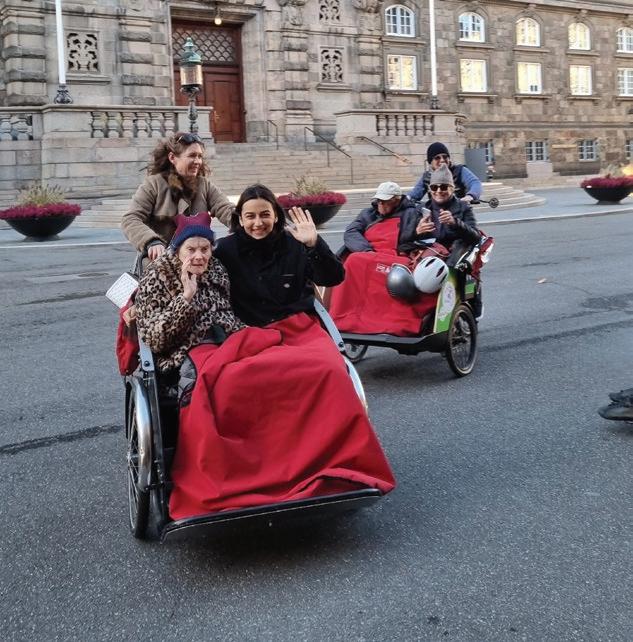
DIS hosts an activity fair early in the semester where you can find a variety of clubs and local organizations to join. Opportunities include choirs, LGBTQIA+ groups, religious communities, and more.
There are plenty of ways to engage with the local community. We are partnered with many local clubs and organizations who are excited to welcome DIS students. Or seek out your own interest and opportunities – DIS staff are always excited to offer you ideas and help you get connected.
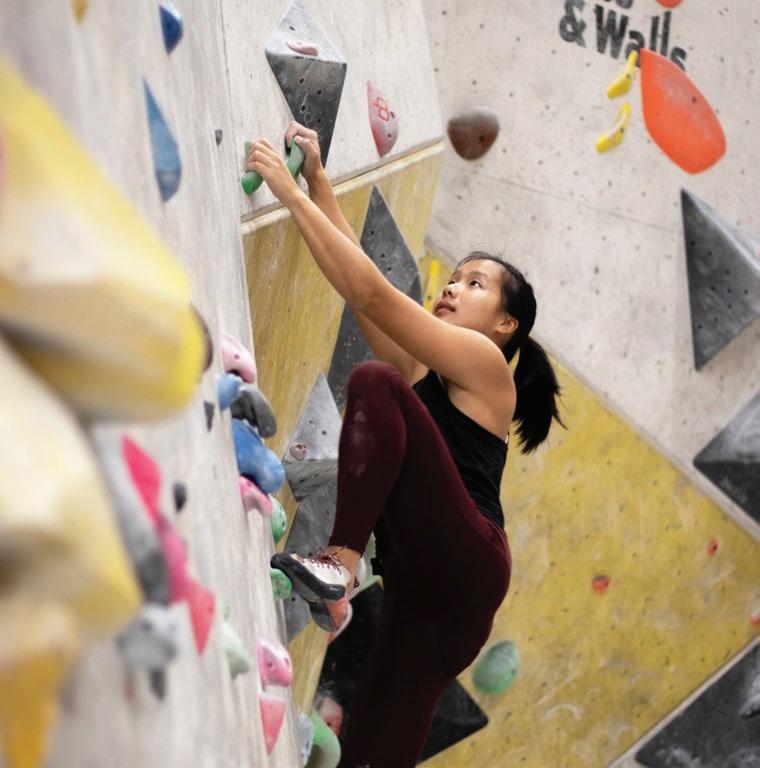
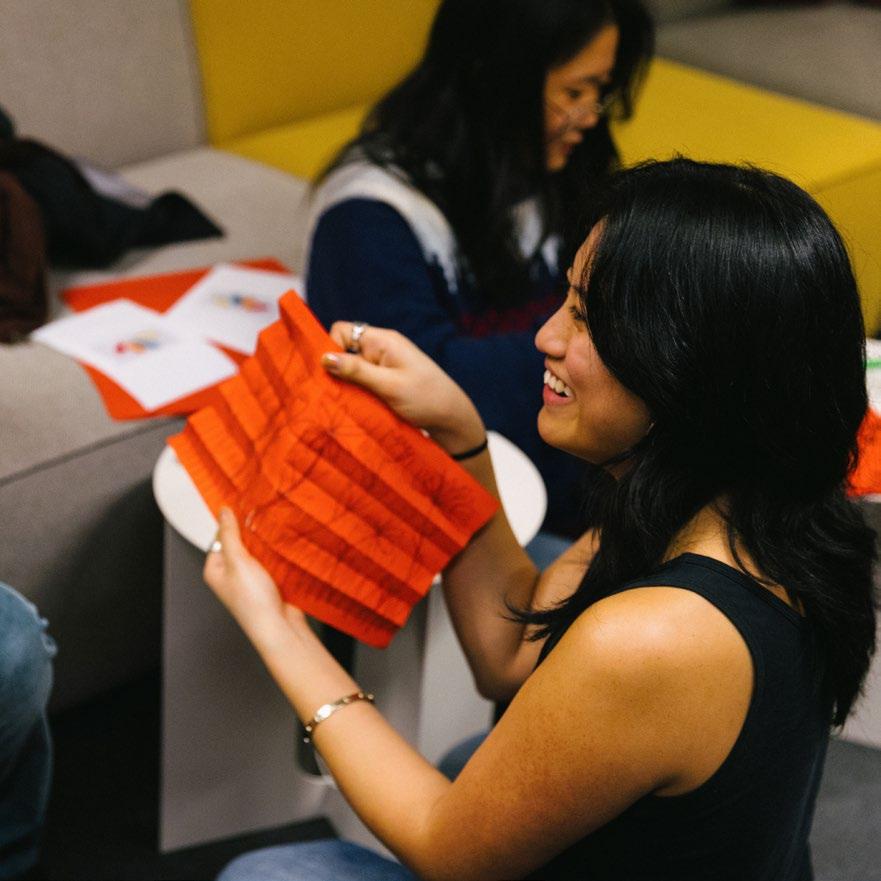
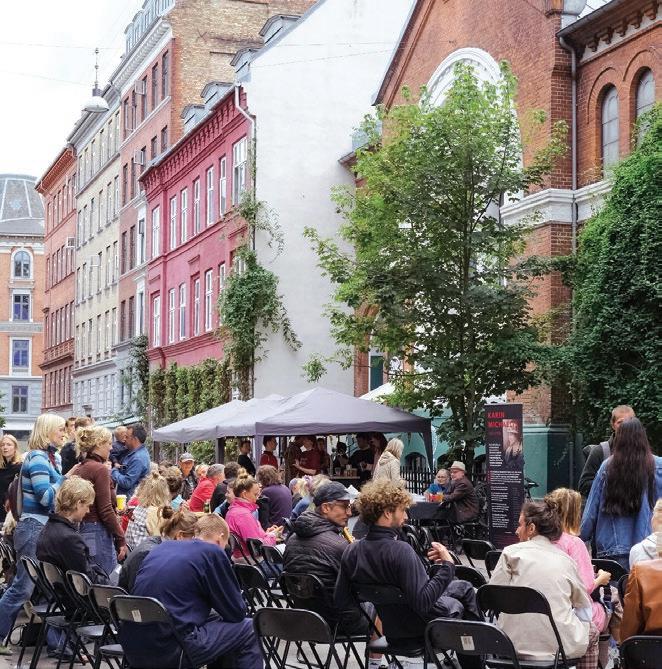
Find a festival
Copenhagen and Stockholm host dozens of different festivals throughout the year. The CPH:DOX documentary film festival, Stockholm Design Week, Danish Coffee Festival, and Stockholm Culture Night all occur during a semester and offer opportunities to volunteer, or just go enjoy the festival with friends and locals.
Connect through sports and fitness
Whether it’s a pick-up game of soccer, a fitness class, a running club, or joining a climbing gym, there are plenty of ways to connect with others through exercise.

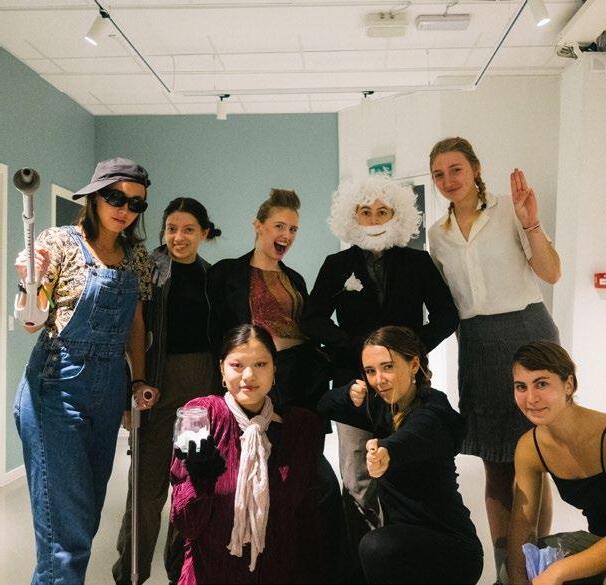
Create your own student-led events
Match with a Visiting Host
Sign up to be matched with a Visiting Host and you will be paired with a local who wants to connect with DIS students. Visiting Hosts are excited to share their culture and insights with you – and they want to learn from you as you share your own experiences and perspectives.
You can form your own clubs and propose any event you’d like to host, and we’ll do our best to make it happen. Previous semesters have featured student-led open mic nights, film clubs, and thrift shop outings.
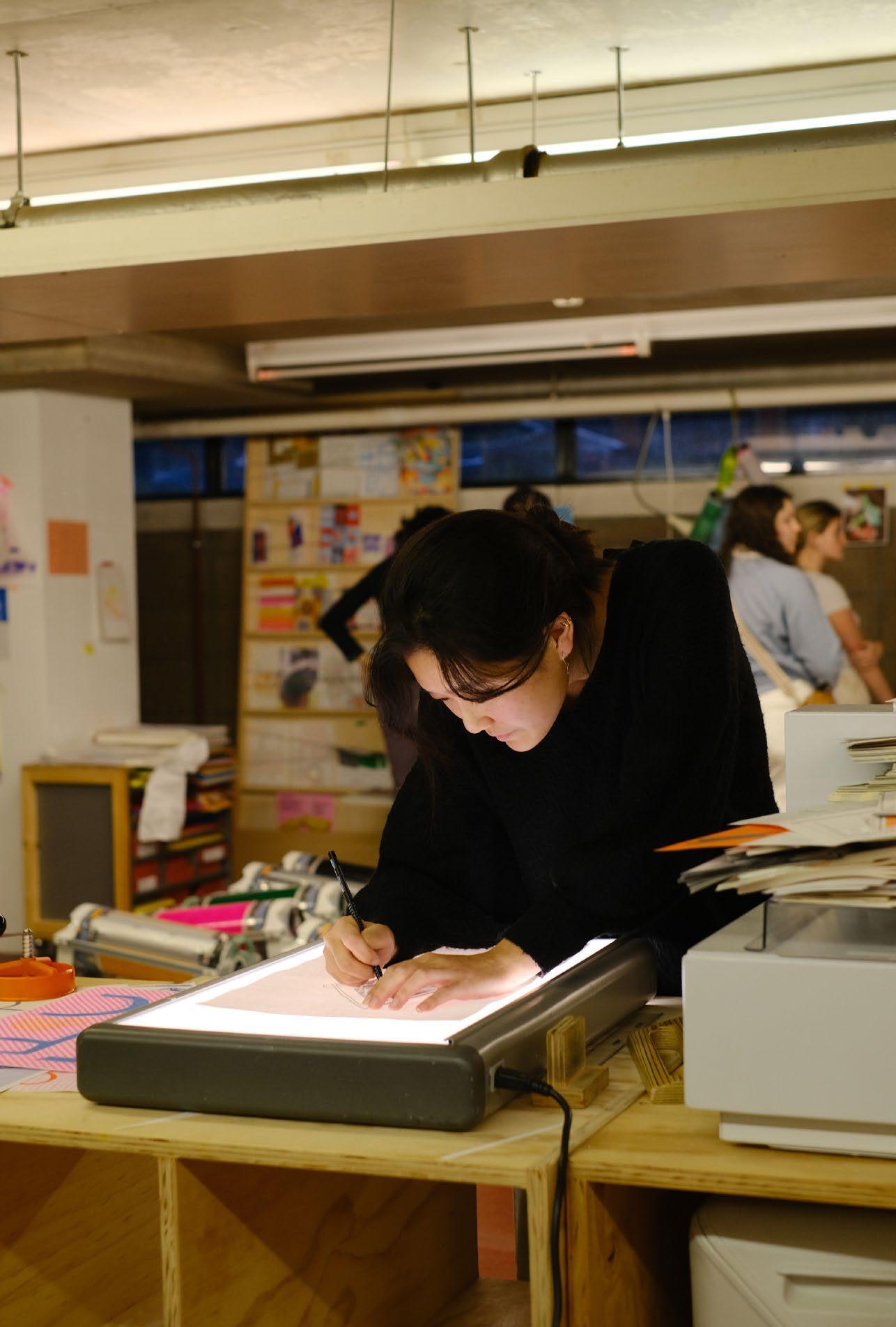
Experience the groundbreaking cultural and artistic movements shaping Europe and the world today. From great auteurs in filmmaking to thought-provoking experiments in the contemporary art scene, take a deep dive into European art and film history.
Modern Frames: European Art and Cinema
Copenhagen | Fall & Spring | 3 Credits
Week-long Study Tour: Prague-Vienna or Rome
Short Study Tour: Denmark
In Scandinavia, the built environment considers people, community, sustainability, and well-being. Engage in explorations of Danish and Scandinavian design philosophies, combining strong traditions with the contemporary energy of future-focused architects and designers.
Architecture Design Studio
Copenhagen | Fall & Spring | 6 Credits
Architecture Foundations Studio
Copenhagen | Fall & Spring | 6 Credits
Interior Architecture Studio
Copenhagen | Fall & Spring | 6 Credits
Interior Architecture Foundations Studio
Copenhagen | Spring | 6 Credits
Urban Design Studio
Copenhagen | Fall & Spring | 6 Credits
Urban Design Foundations Studio
Copenhagen | Fall & Spring | 6 Credits
All studios travel on interdisciplinary Study Tours to the following destinations: Week-long Study Tour: Finland and/or Sweden, Germany and/or Netherlands
Short Study Tour: Denmark or Berlin (Full-year students only)
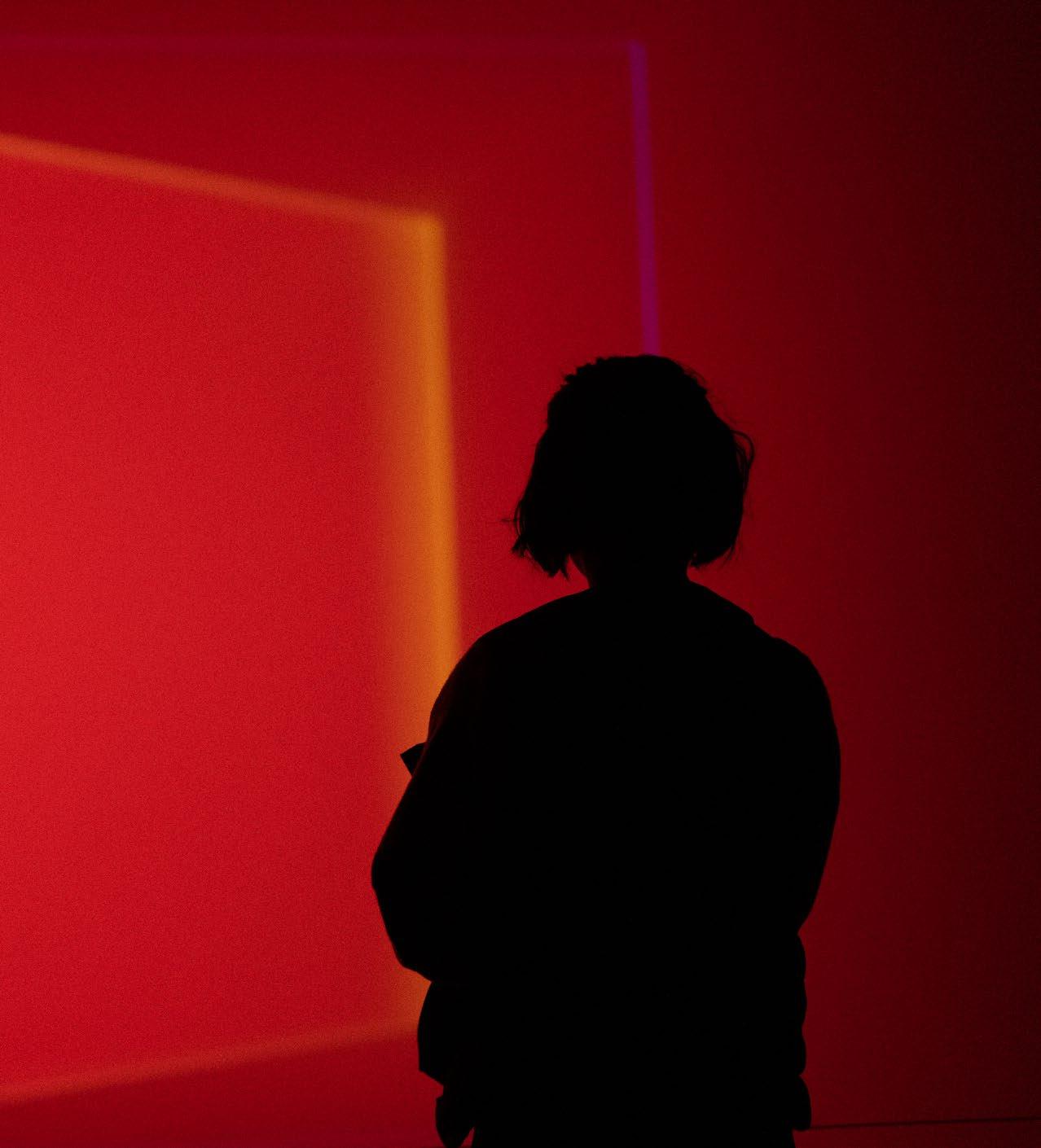
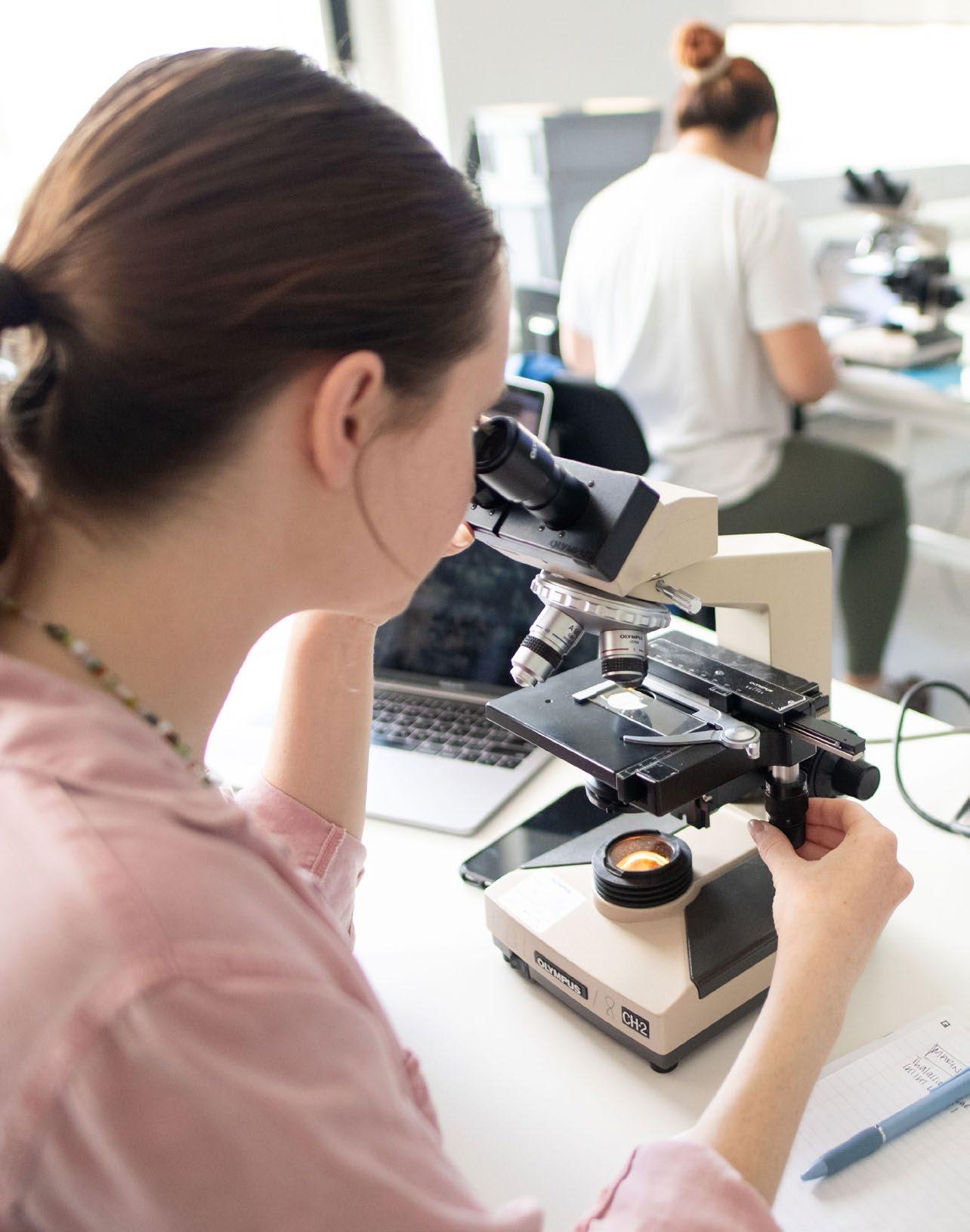
Although Denmark itself is a relatively small market, Danish businesses are renowned for world-class innovation. Develop your ability to analyze international competition and business strategy through a European and Danish perspective, gaining applied knowledge through active engagement with business professionals, relevant case studies, and experiential learning.
Copenhagen | Fall & Spring | 3 Credits
Week-long Study Tour: Vienna or Paris or Manchester-Liverpool or London
Short Study Tour: Denmark or Southern Sweden
Are you interested in learning how state-of-theart biomedical research drives the creation of novel diagnostics and therapeutics for clinical use? Engage in a unique experience where you learn and witness how laboratory and clinical-based research leads to implementing innovative solutions to meet patient needs.
Copenhagen | Fall & Spring | 3 Credits
Week-long Study Tour: Lisbon-Porto or Edinburgh (Fall) or London (Spring)
Short Study Tour: Denmark
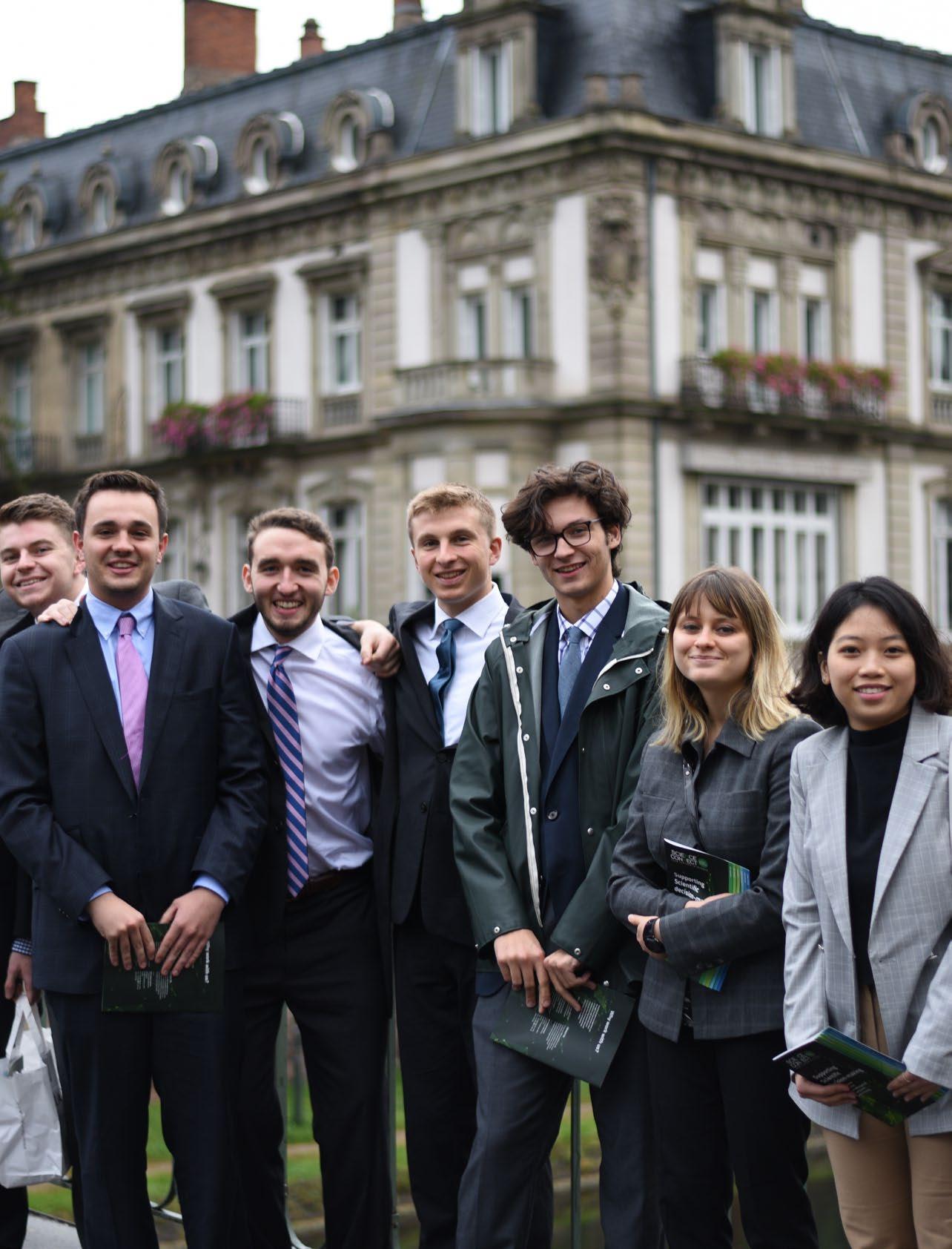
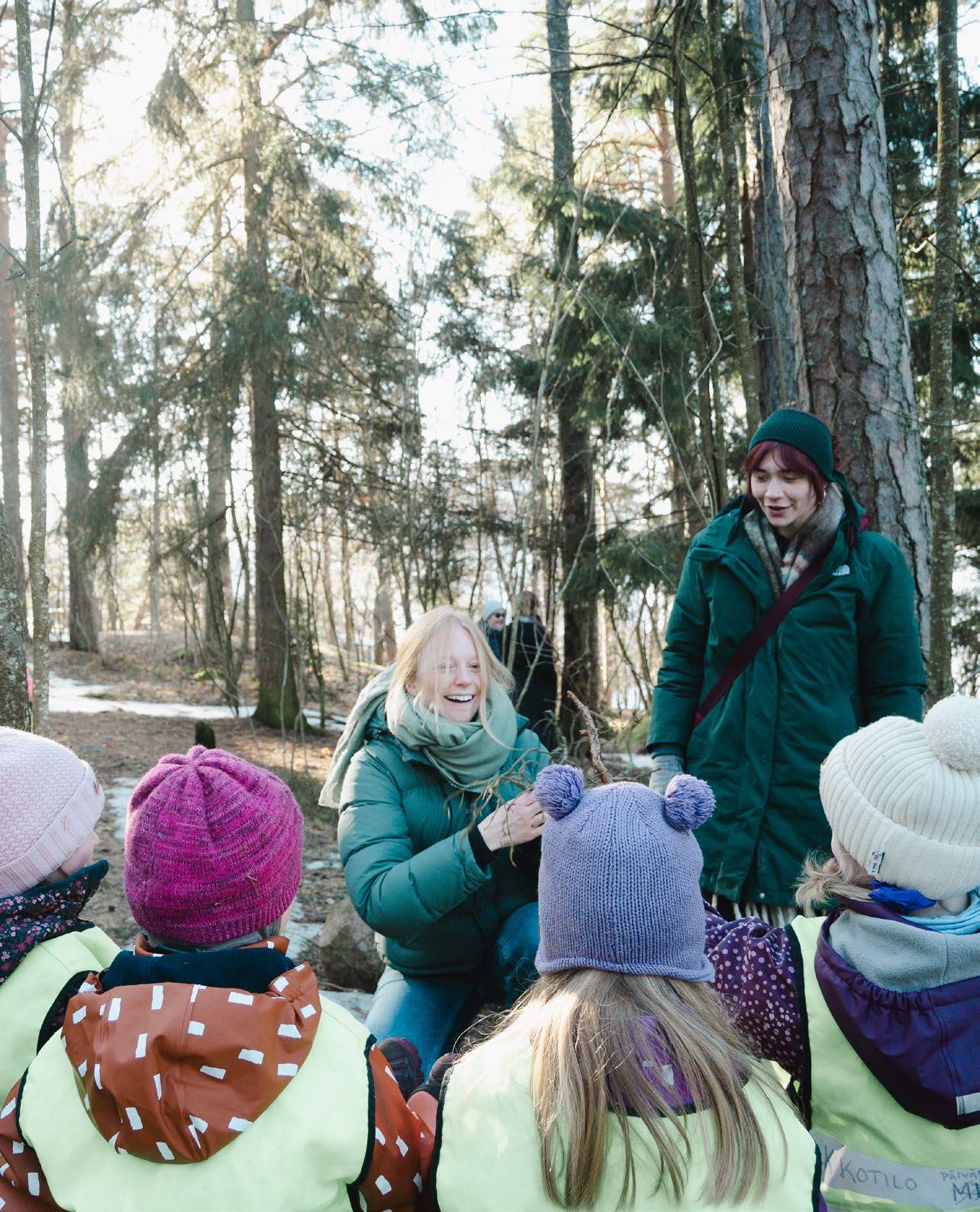
Trust, authenticity, connection, engagement, and cross-cultural perspectives are all concepts grappled with in the field of communication today across roles and organizations. Place yourself in the center of the European landscape to understand how to communicate across cultures. Hone your critical media literacy, and gain knowledge of new media trends and public relations in Europe.
Week-long Study Tour: Dublin or London
Short Study Tour: Denmark or Southern Sweden
Strategic Communication
Week-Long Study Tour: London
Short Study Tour: Denmark
Find out why Scandinavia is known as one of the most progressive places for raising children to be competent, independent, democratic, and social beings. Coursework threads academic topics with hands-on practicum experiences in Danish nurseries, preschools, and public schools that provide new perspectives on child development and education.
Copenhagen | Fall & Spring | 3 Credits
Week-long Study Tour: Rovaniemi-Helsinki
Short Study Tour: Denmark
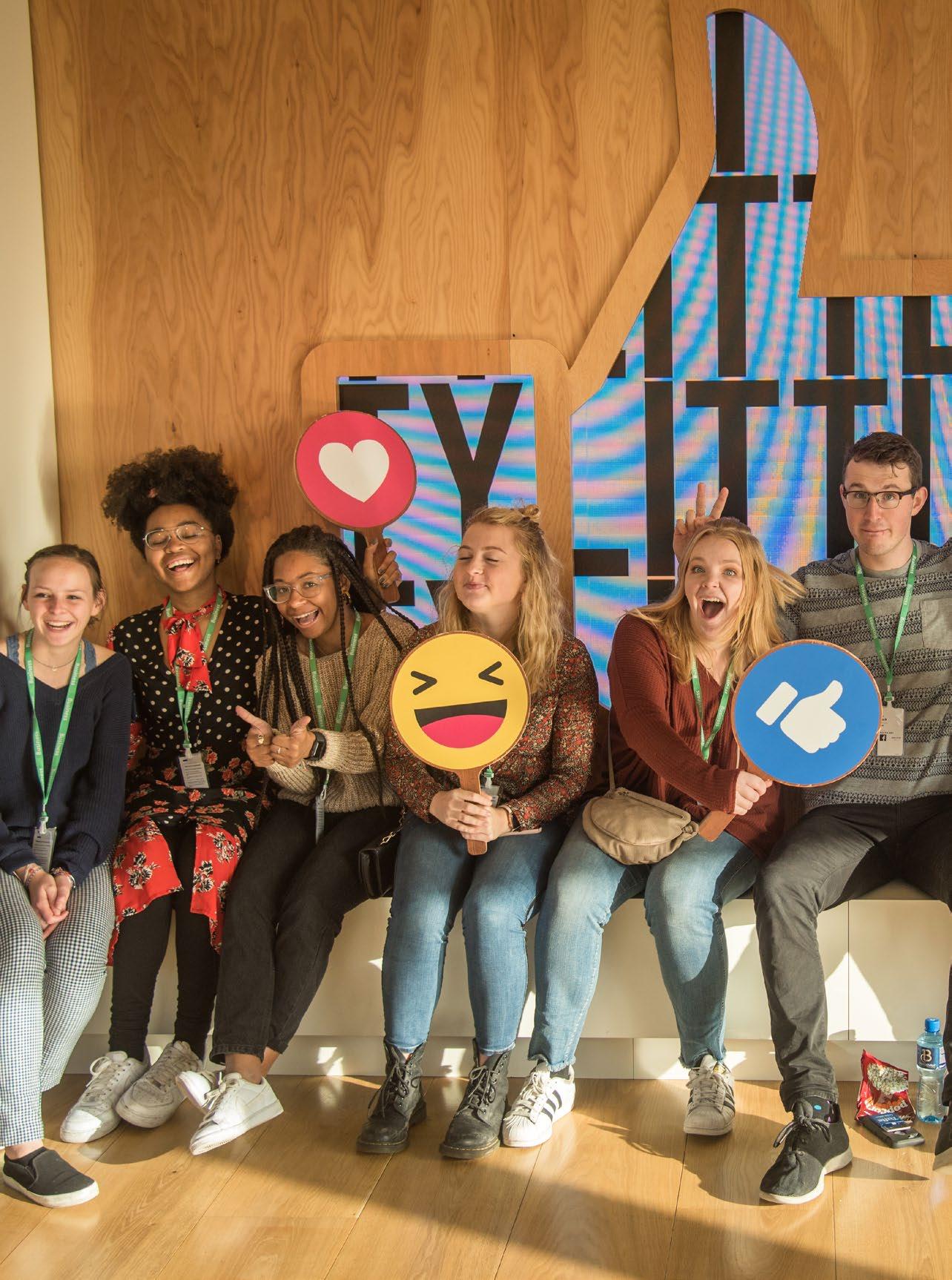
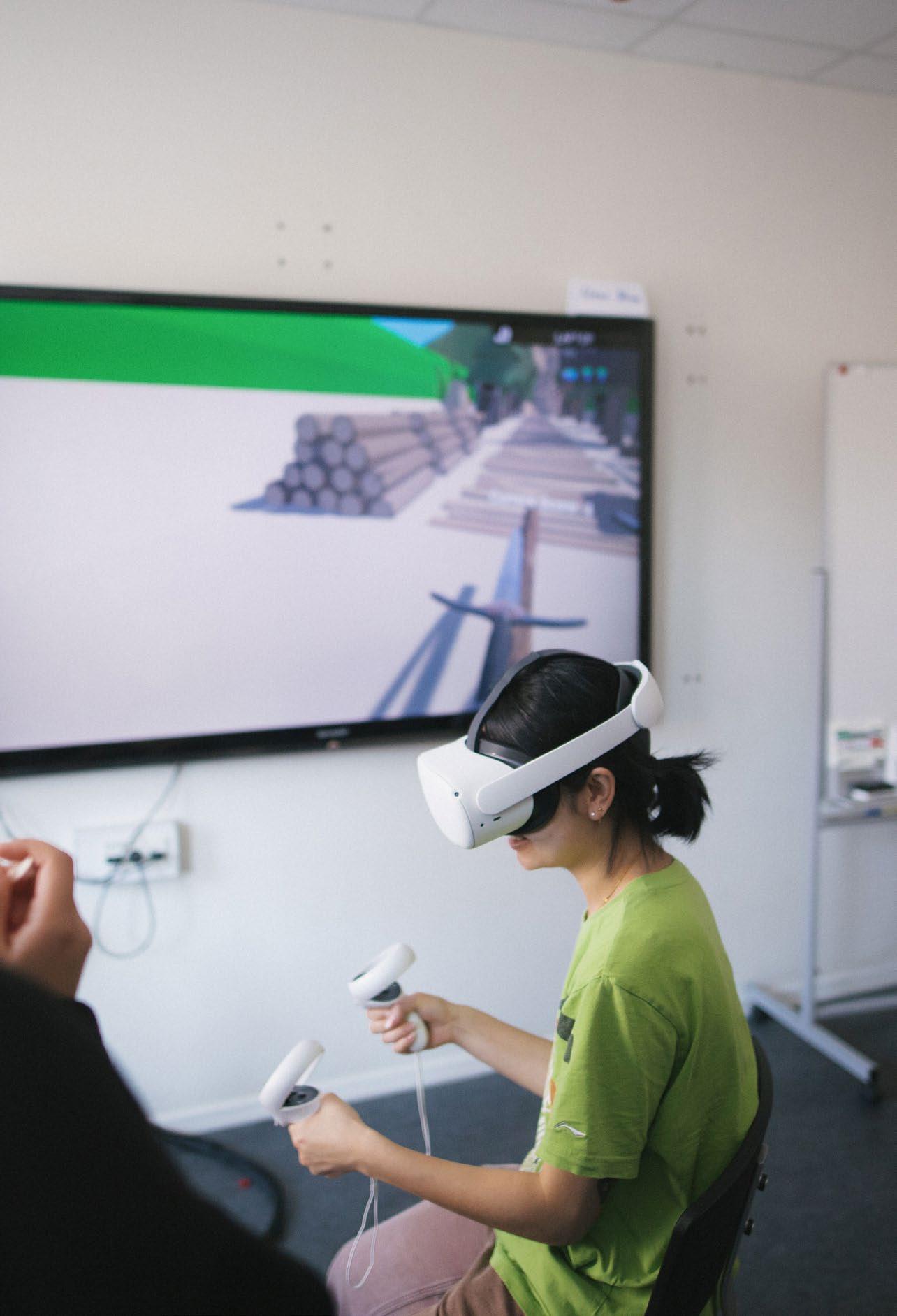
In a world of endless information, dive into the dynamic field of data science. Explore how you can transform raw data, collected from devices like smartphones or satellites, into valuable insights that are needed to make informed decisions. Sweden sits at the forefront of research and thought in this field, with worldclass research institutions, a thriving tech industry, and a strong emphasis on the societal, environmental, and commercial implications of our data-driven future.
Data Analytics
Stockholm | Fall & Spring | 3 Credits
Week-long Study Tour: Amsterdam
Short Study Tour: Sweden
Computing is everywhere. It advances science and industry, helps us stay connected, and affects our lives at individual and societal levels. With publicly-financed specialized education, startup incubators, and industrial hubs with computer science at their core, Sweden and Denmark are both at the forefront of research and innovation in this field.
Copenhagen | Fall & Spring | 3 Credits
Week-long Study Tour: London or Madrid-Valencia or Stockholm or Berlin Short Study Tour: Denmark
Copenhagen | Fall & Spring | 3 Credits
Week-long Study Tour: Edinburgh Short Study Tour: Denmark
Game Development: Programming and Practice + Lab
Copenhagen | Fall & Spring | 6 Credits
Week-long Study Tour: Berlin-Hamburg or Berlin-Frankfurt or Stockholm Short Study Tour: Denmark
Machine Learning
Stockholm | Fall & Spring | 3 Credits
Week-long Study Tour: Berlin or London Short Study Tour: Sweden
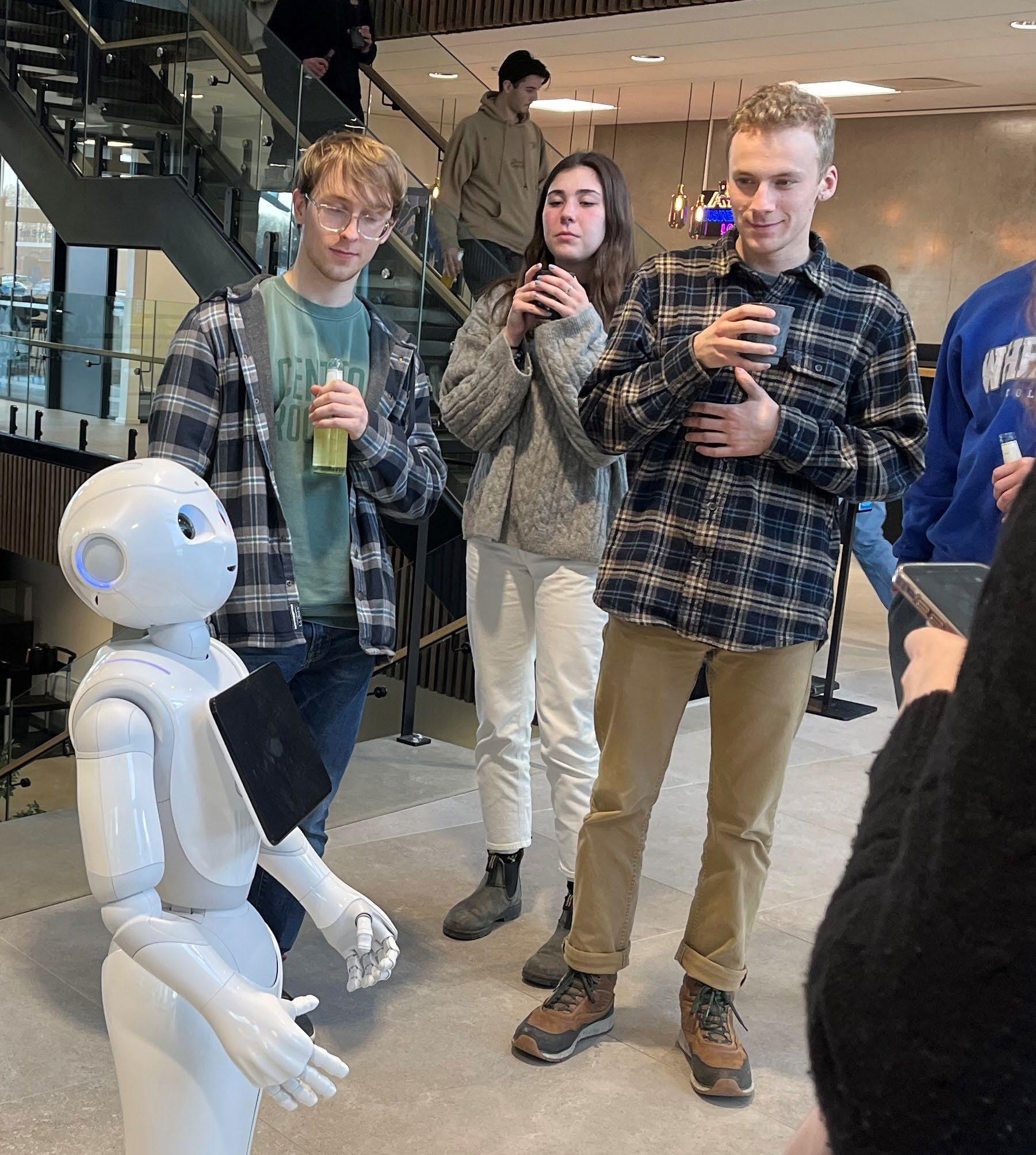
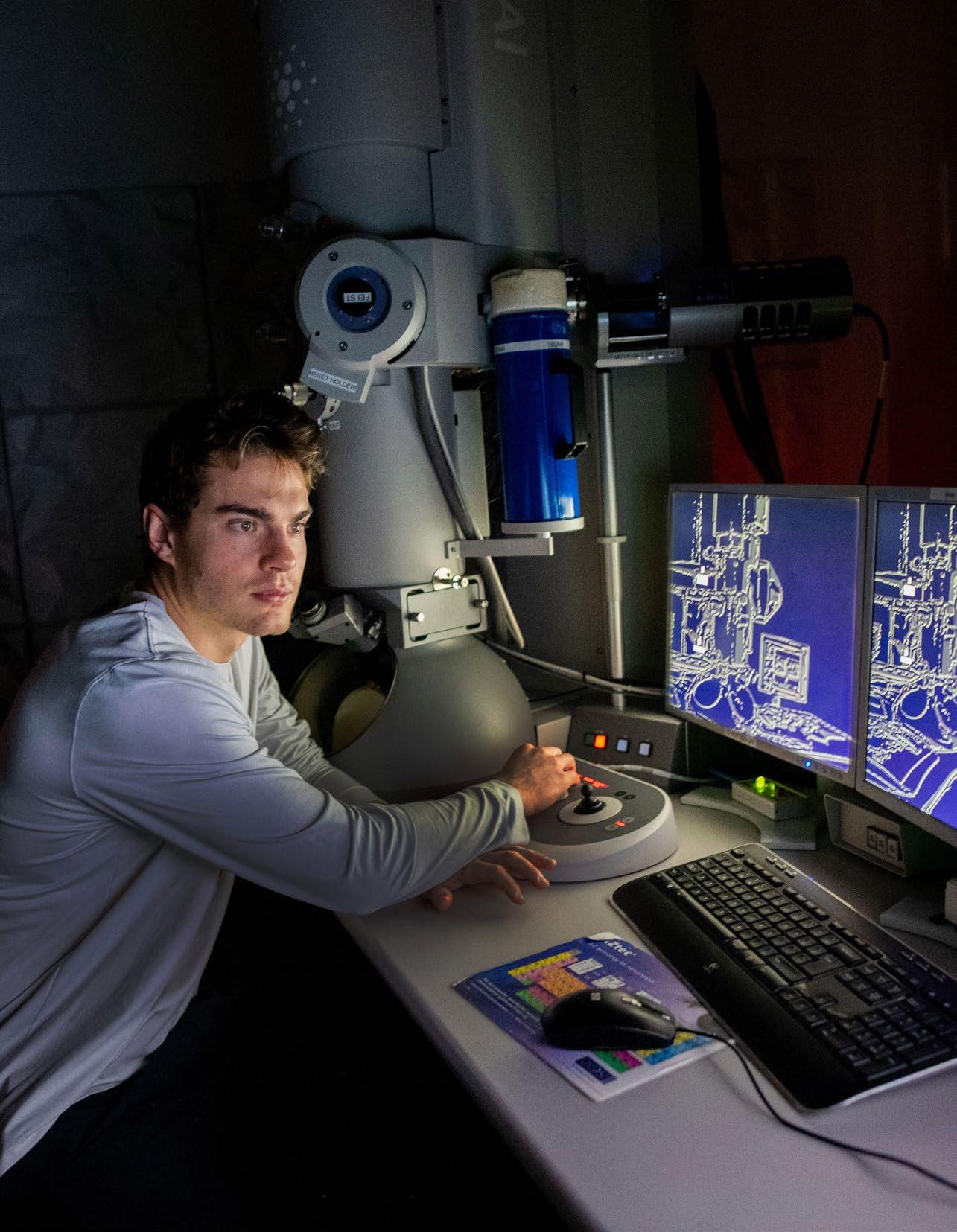
Study abroad helped shape my plans for the future
Ryn (she/her), Lehigh University, studied Biomedical Engineering at DIS Stockholm.
As a bioengineering and neuroscience major, Ryn knew that in order to study abroad, her DIS Core Course needed to be directly linked to her studies and that the credits easily transferred back to her home university. Her Biomedical Engineering class was co-taught by a systems modeling engineer and a researcher in ultrasound devices, who inspired her to see how engineering could play a role in her future plans to attend medical school. The main highlight from Ryn’s semester was the visit to the KTH Royal Institute of Technology where she talked to a co-founder of BrailleTouch, a keyboard technology for blind users of smartphones.
“
The classes are well-taught by brilliant professors, and the Field Studies have shown me just how applicable engineering is to everyday life.”
We face significant challenges as a species: from engineering better medicines and designing lifesaving medical devices to addressing our collective need for clean water, green energy, and healthy, livable cities. Sweden is a global leader in developing biomedical technologies and sustainable infrastructure, making Stockholm an ideal location to study and work with engineers on the forefront of change.
Biomedical Engineering in Scandinavia
Stockholm | Fall & Spring | 3 Credits
Week-long Study Tour: Denmark-Norway Short Study Tour: Sweden
Engineering Sustainable Environments in Scandinavia
Stockholm | Fall & Spring | 3 Credits
Week-long Study Tour: Finland (Fall) or Iceland (Spring) Short Study Tour: Sweden
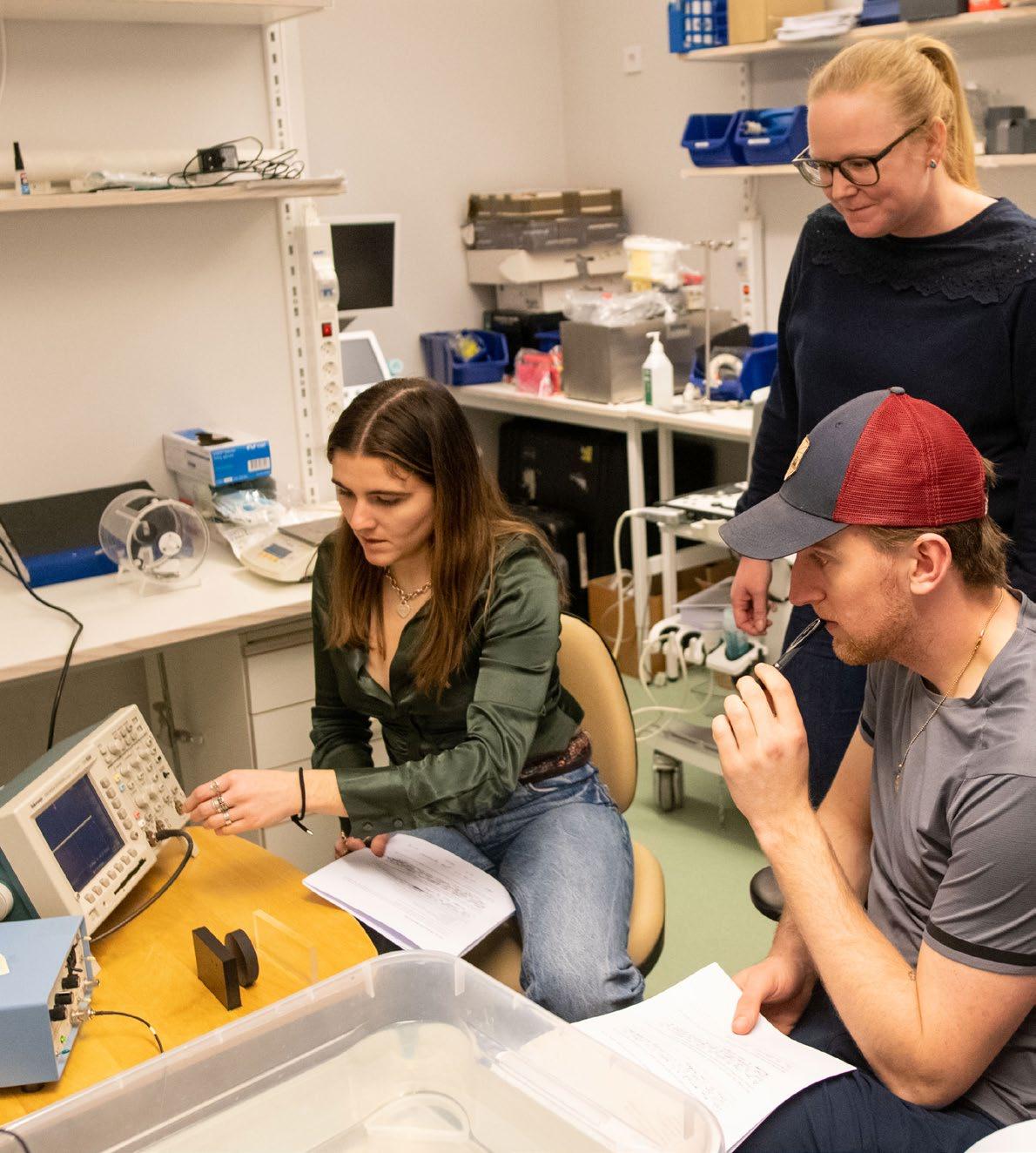
How does a changing world impact European economies and what roles do economists play in explaining, forecasting, and advising? Analyze and compare how companies, countries, and sectors compete and position themselves in a complex world. Critically examine and apply economic theories to contemporary European case studies.
Core Courses
Comparative Economics: Global Risks and European Responses
Stockholm | Fall & Spring | 3 Credits
Week-long Study Tour: Helsinki
Short Study Tour: Sweden
Copenhagen | Fall & Spring | 3 Credits
Week-long Study Tour: Ireland or Bratislava-Vienna or Brussels-Paris or Lisbon-Porto
Short Study Tour: Denmark-Northern Germany
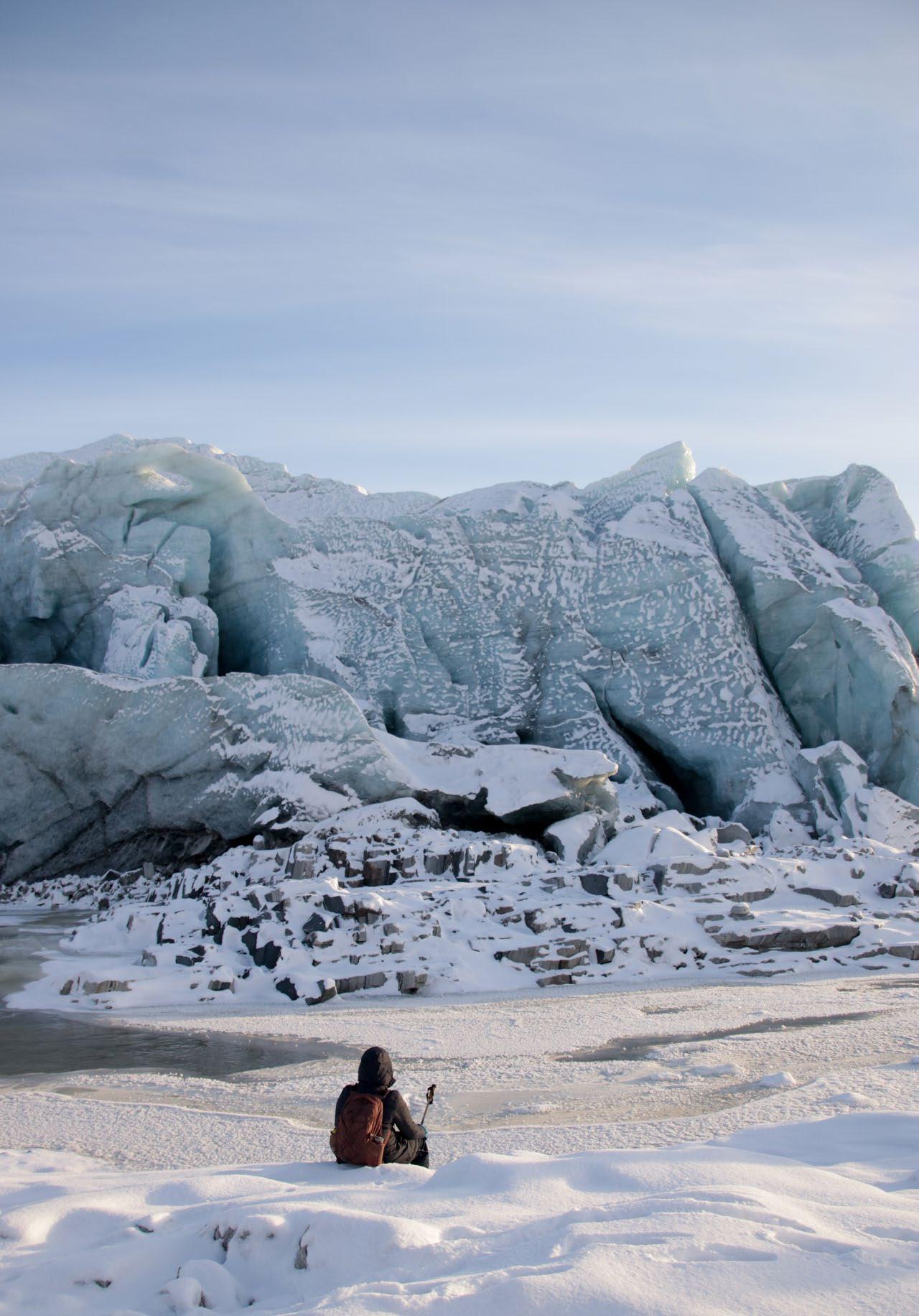
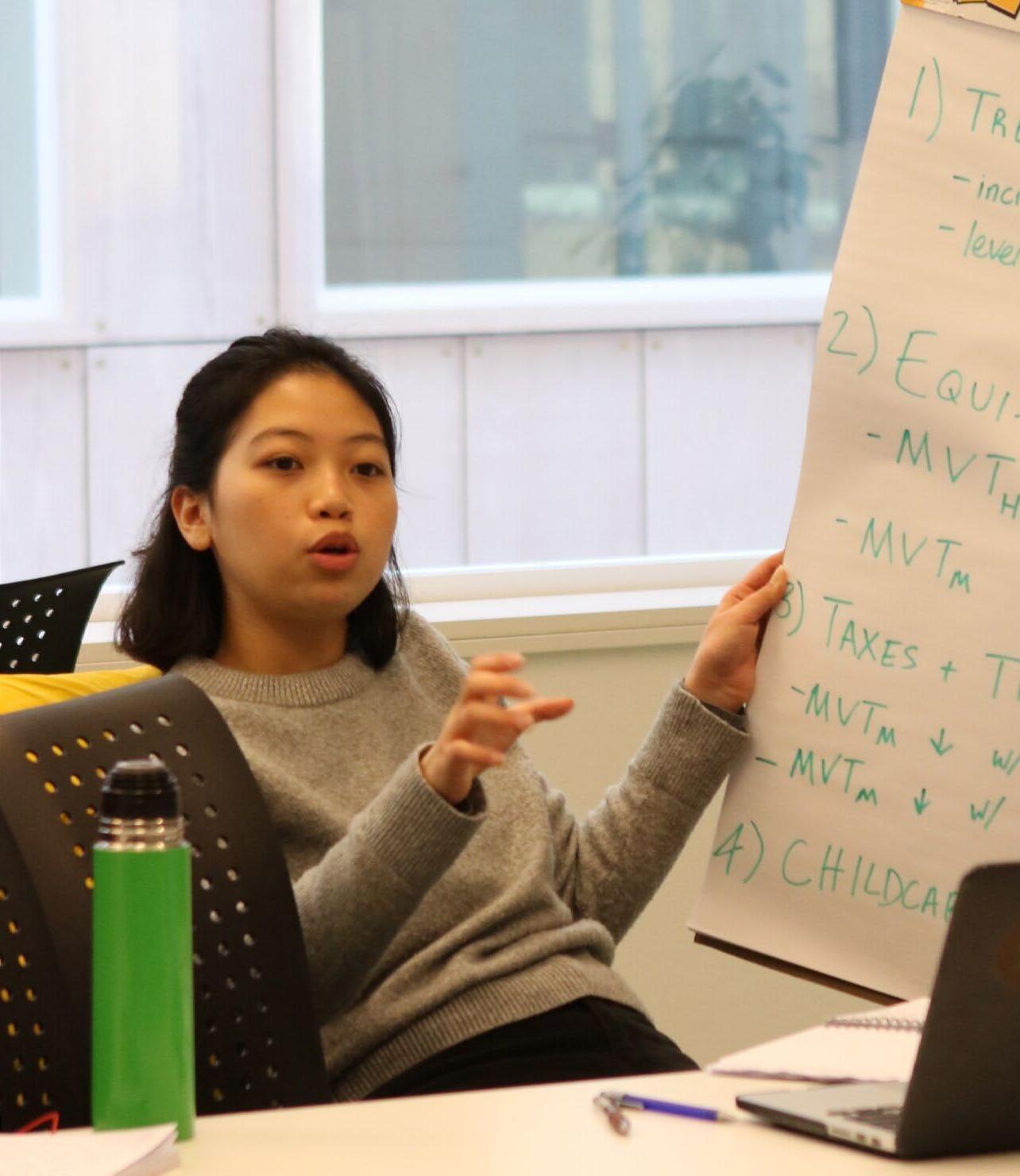
Gain first-hand knowledge about one of the most critical global topics of our time. Explore climate change theory through the lens of scientific climate history in the Arctic. See for yourself, alongside expert scientists in the field on your Study Tours, what is currently being researched in the changes occurring within the glaciers of Iceland, the Greenland ice sheet, or the tundra of Arctic Norway.
Climate, Glaciers, and Human Impact
Copenhagen | Fall & Spring | 3 Credits
Week-long Study Tour: Iceland
Short Study Tour: Denmark
Ice Cores and Ice Ages
Copenhagen | Fall & Spring | 3 Credits
Week-long Study Tour: Greenland
Short Study Tour: Denmark
Polar Biology
Copenhagen | Fall & Spring | 3 Credits
Week-long Study Tour: Arctic Norway or Iceland
Short Study Tour: Denmark
Whether funding a new venture, valuing an asset, quantifying the mechanics of a corporate restructure, or making astute and informed judgements on international money markets, take the opportunity to examine both theoretical and practical aspects of contemporary finance from expert professionals. Explore strategies of sustainable finance and the policies and markets of Denmark, Germany, and the UK.
Copenhagen | Fall & Spring | 3 Credits
Week-long Study Tour: Edinburgh Short Study Tour: Northern Germany
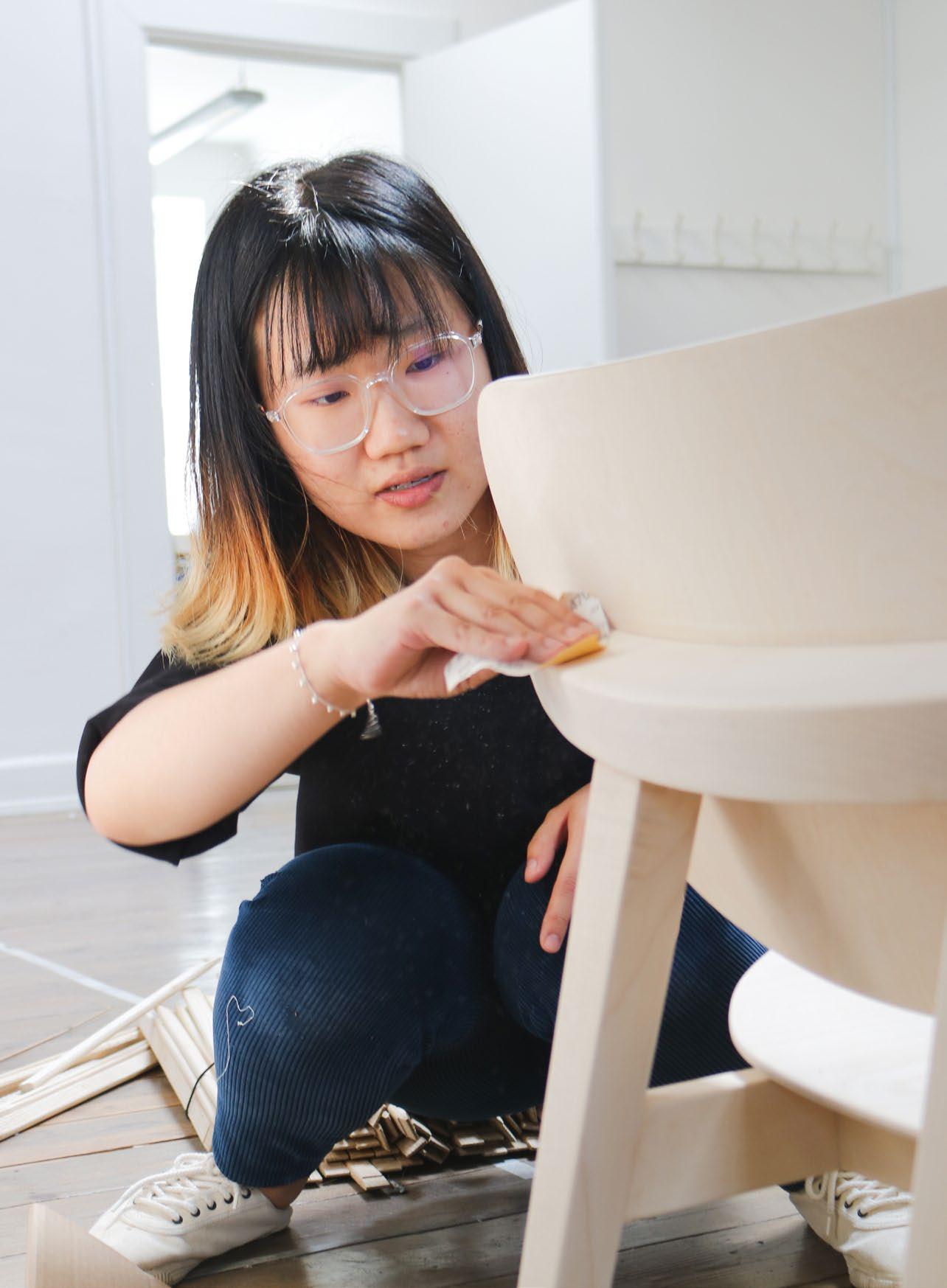
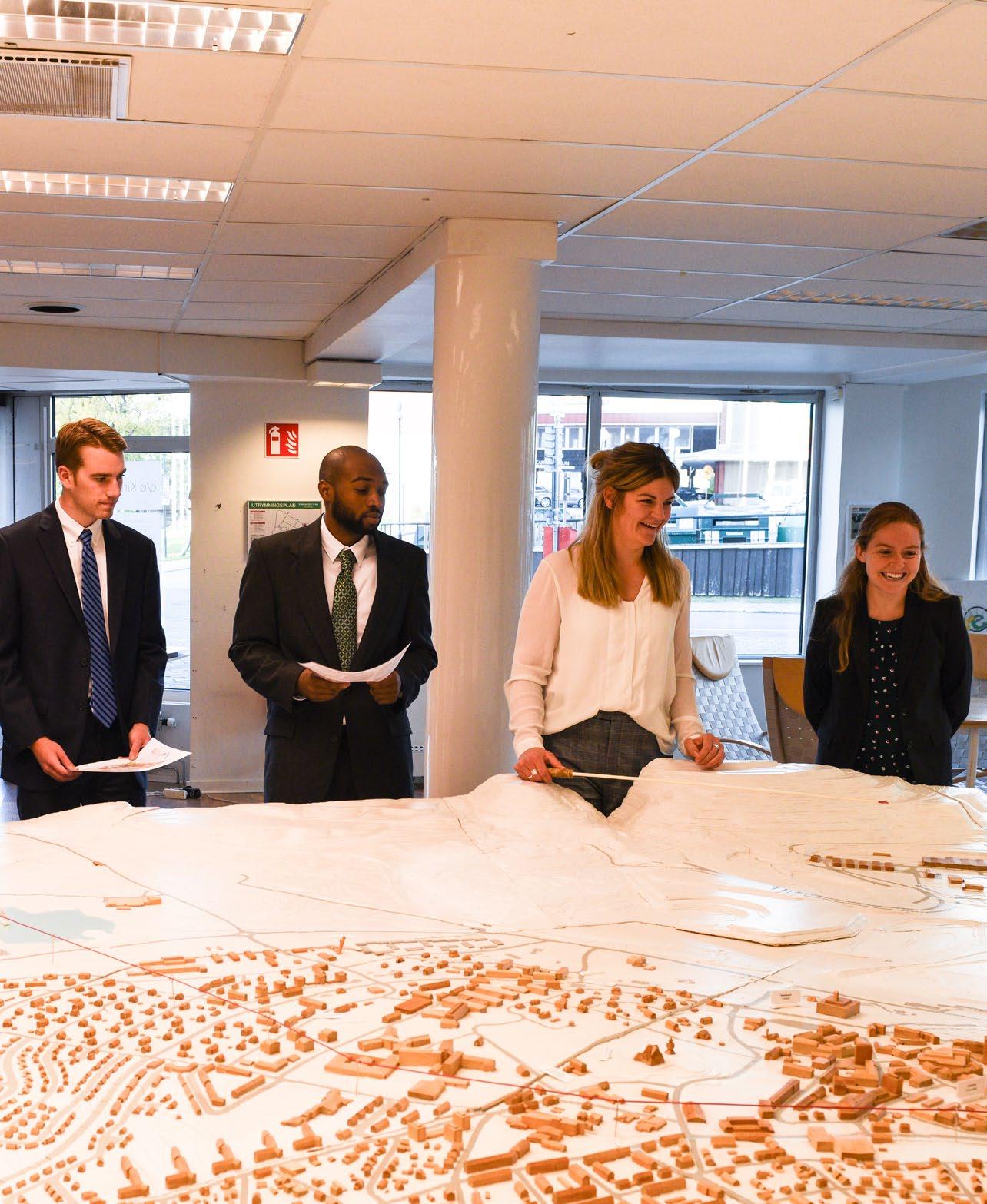
Scandinavian furniture has a deep history of considering people, culture, and society in the design process. Explore these relationships and develop your individual design capabilities through studio assignments, lectures, Field Studies, and ultimately your own production in studio.
Copenhagen | Fall & Spring | 6 Credits
Week-long Study Tour: Finland and/or Sweden
Short Study Tour: Denmark
Find out what it is like to live in a country known for its progressive norms and policies, and study the challenges and ideas within gender, equality, and sexuality in Sweden. Experience the world’s most gender-equal country with affirmative action policies, a ‘gender-responsive’ national budget, and a firm commitment to LGBTQIA+ rights.
Gender, Sexuality, Race, and Equality in Scandinavia
Stockholm | Fall & Spring | 3 Credits
Week-long Study Tour: Berlin
Short Study Tour: Norway
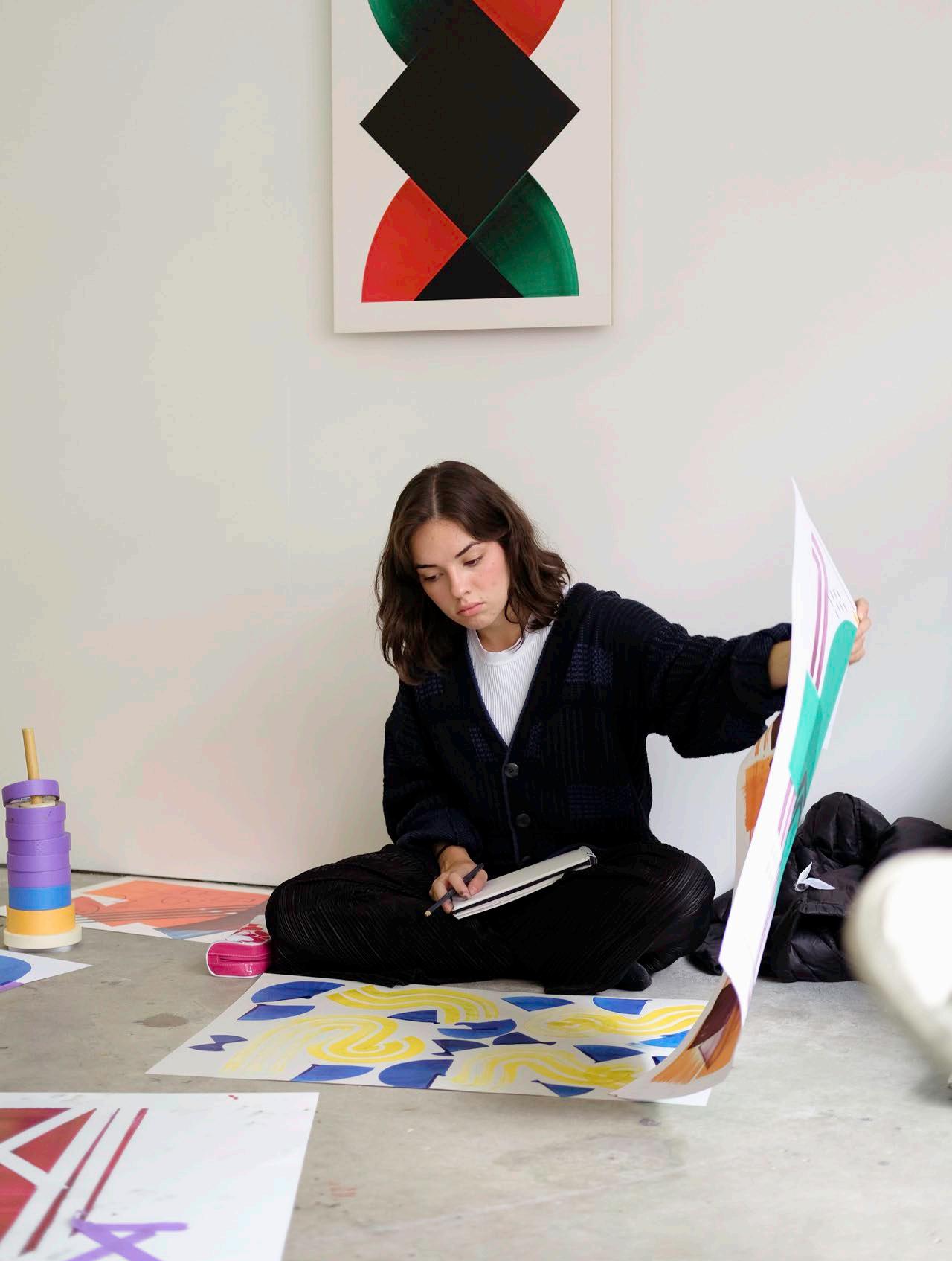
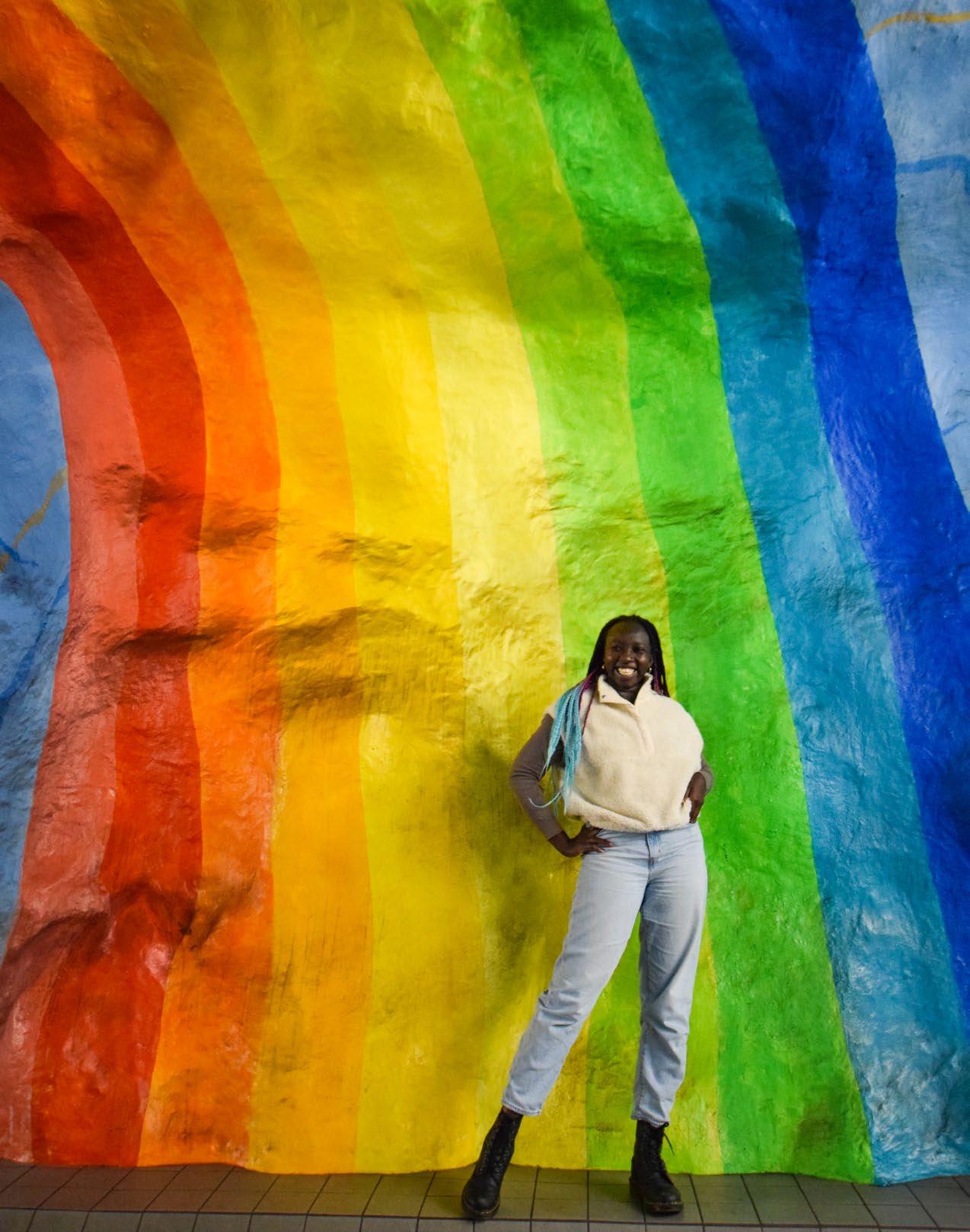
Graphic design is a powerful tool for the expression of ideas, concepts, and information. Develop a comprehensive understanding of the Scandinavian and European approach and explore methodologies that strengthen your individual design capabilities. Whether you are majoring in graphic design and seek to build out your portfolio with a European design edge, or want to try something new while studying abroad, there is a studio level for you.
Copenhagen | Fall & Spring | 6 Credits
Copenhagen | Fall & Spring | 6 Credits
Week-ong Study Tour: Netherlands
Short Study Tour: Denmark or Berlin (Full-Year students)
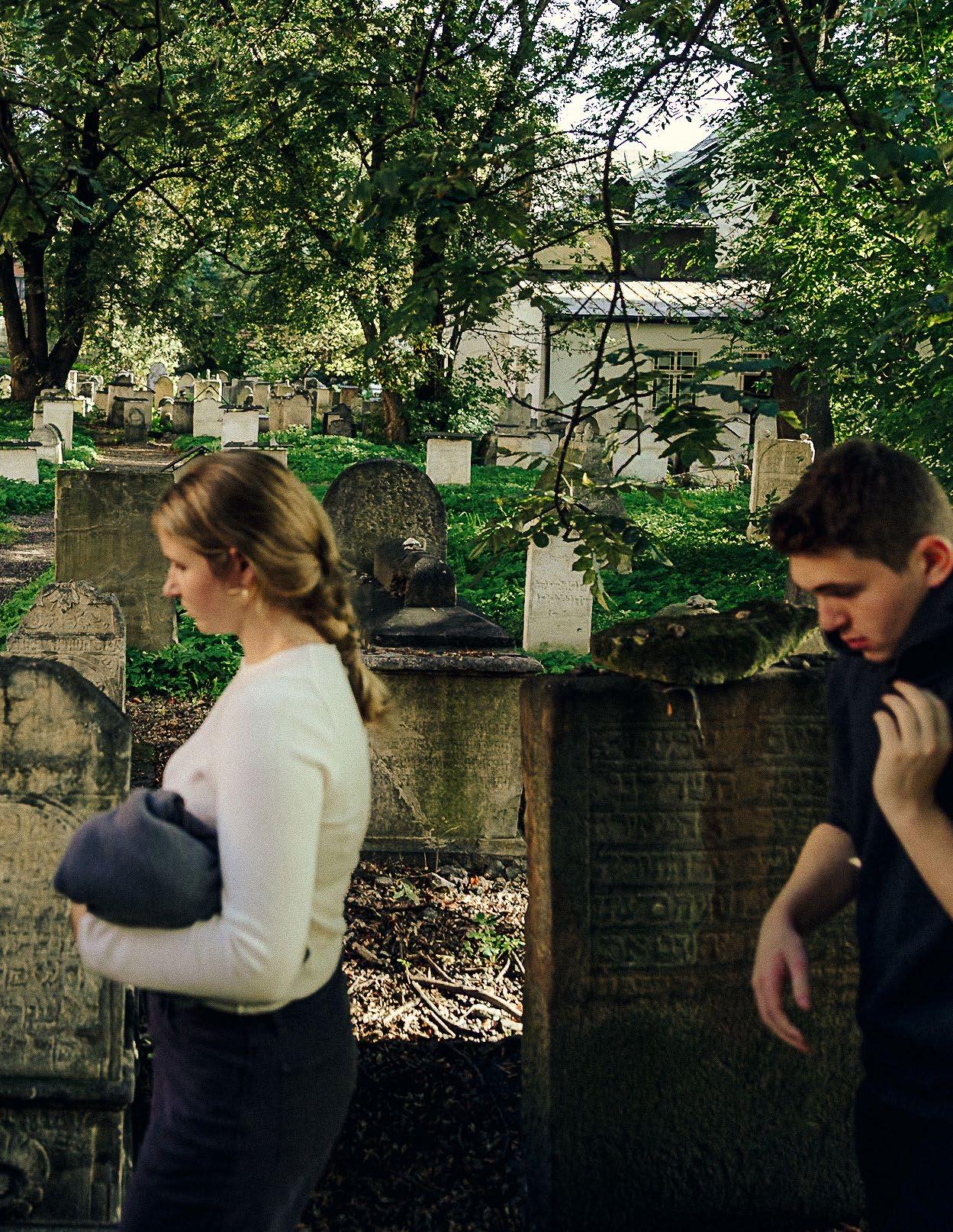
Gain the tools and skills required to succeed as an entrepreneur and apply them to your own innovative ideas with advice and feedback from experienced mentors. Innovate in real-world entrepreneurial settings and learn to bring an idea from inception to market. Build your innovative mindset by applying creative mapping and design thinking methods.
Innovation and Entrepreneurship in Europe
Copenhagen | Fall & Spring | 3 Credits
Week-long Study Tour: Berlin
Short Study Tour: Southern Sweden
Mass killings have occurred at all times in history. The 20th century, however, stands out in intensity, frequency, and the means applied to kill great numbers of innocent people. Investigate the causes of genocide and the sociological and psychological mechanisms that turn people into perpetrators, bystanders, rescuers, and victims.
Copenhagen | Fall & Spring | 3 Credits
Week-long Study Tour: Poland
Short Study Tour: Northern Germany
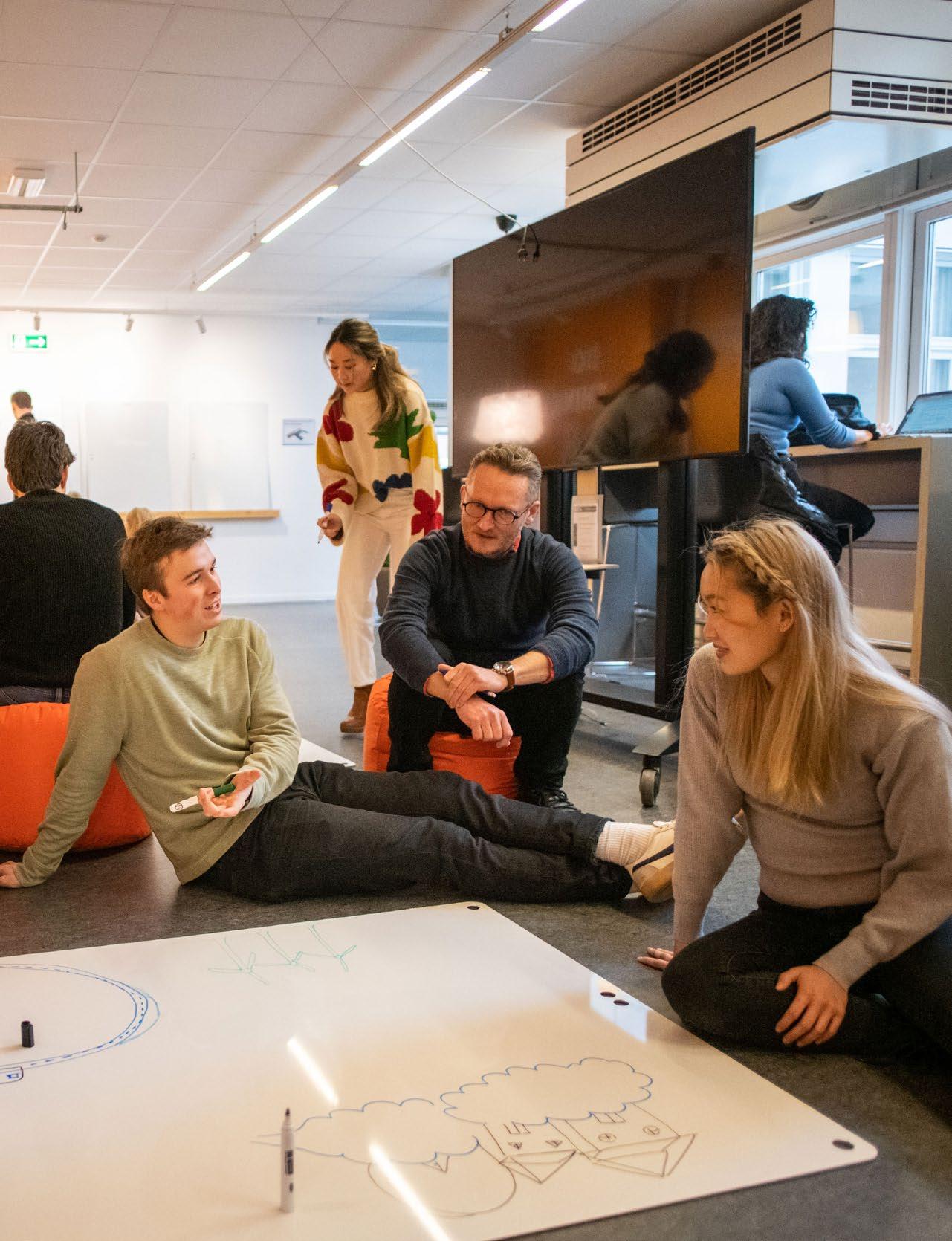

Walk in the footsteps of the continent’s finest and most groundbreaking authors and poets and make traveling a literary adventure. Experience Europe through a literary lens and discover the importance of place in literature by visiting the venues and hideouts of contemporary European writers.
Copenhagen | Fall & Spring | 3 Credits
Week-long Study Tour: Berlin
Short Study Tour: Denmark
The protection of human rights continues to be one of the most challenging and debated topics of our time. Enhance your knowledge of how international law, justice, and human rights intersect through meetings with both experts and those directly affected by human rights violations. Investigate the underlying political and legal issues animating interstate conflict, transnational crime, and the rights of refugees across Europe.
Fleeing Across Borders: International Refugee Law
Copenhagen | Fall & Spring | 3 Credits
Week-long Study Tour: Greece or Sicily
Short Study Tour: Denmark or Southern Sweden
Humanitarian Law and Armed Conflict
Copenhagen | Fall & Spring | 3 Credits
Week-long Study Tour: Geneva
Short Study Tour: Denmark
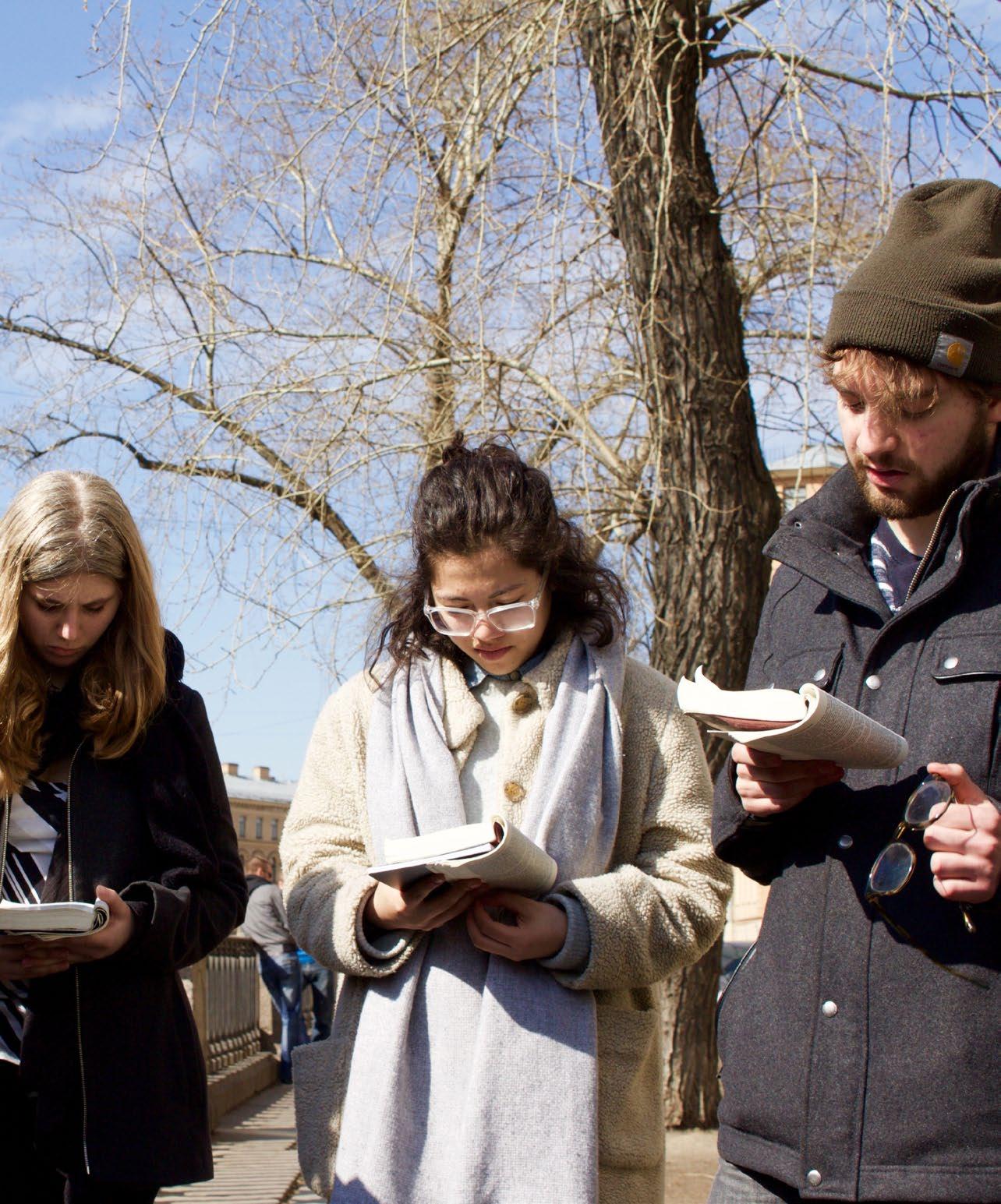
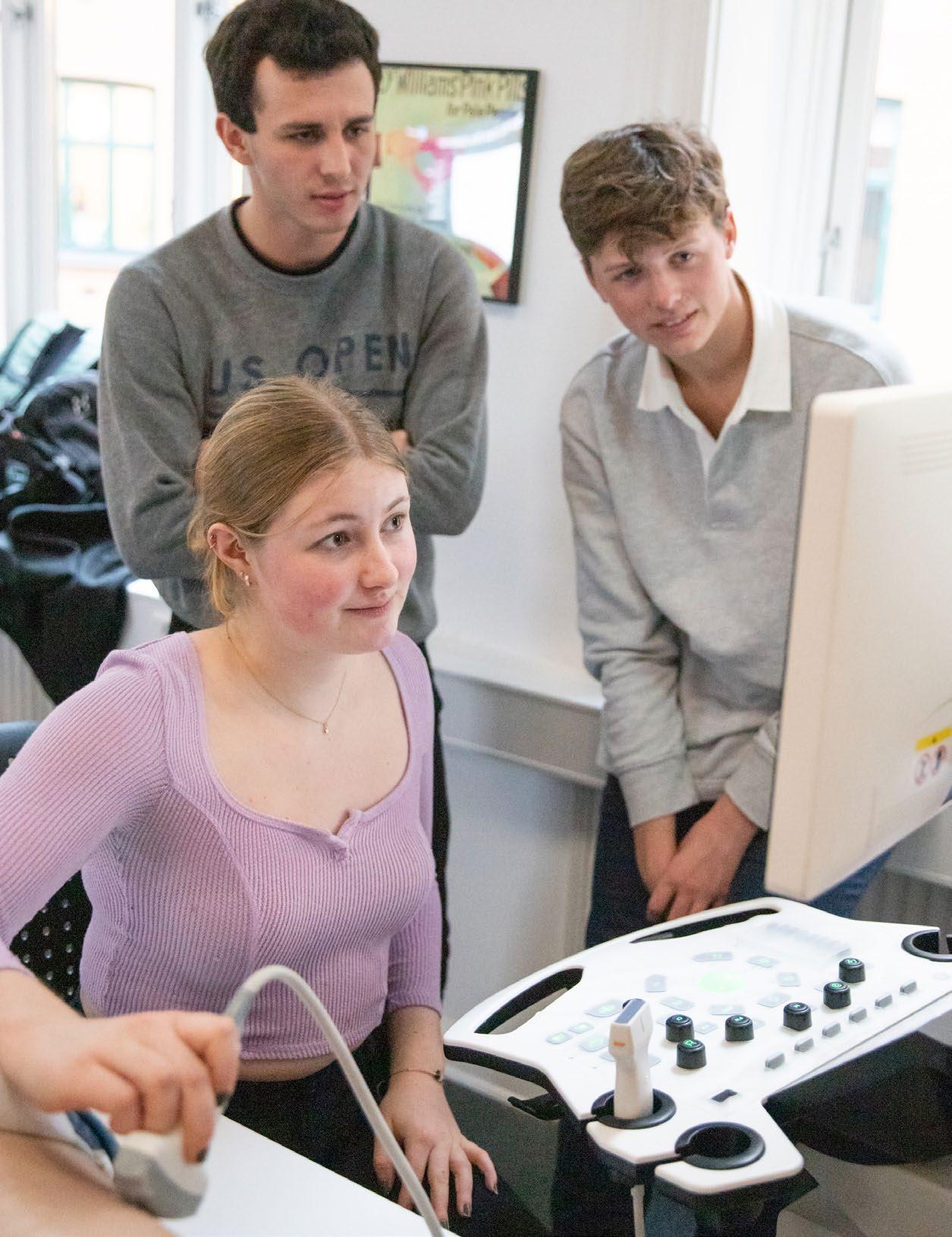
How does the European Union function? What are the main political and security dilemmas in Europe? Through meetings with local experts and decision-makers, examine the issues they face and the challenges of policy making in today’s Europe.
Core Courses
European Game of Politics: Crisis and Survival
Copenhagen | Fall & Spring | 3 Credits
Week-long Study Tour: Brussels
Short Study Tour: Northern Germany
European Security Dilemmas
Stockholm | Fall & Spring | 3 Credits
Week-long Study Tour: Budapest Short Study Tour: Sweden
Terrorism & Counter-Terrorism from a European Perspective
Copenhagen | Fall & Spring | 3 Credits
Week-long Study Tour: Belfast-Dublin Short Study Tour: Denmark
Clinical practices and policies vary across Europe. Intercultural knowledge of these differences can provide perspectives on current practices, including the use of technology, alongside insights into the career opportunities available for working in the medical field. Engage in a unique pre-medical experience by learning from local medical doctors, focusing on diagnosis and treatment of common diseases and ailments.
Core Courses
Human Health and Disease: A Clinical Approach
Copenhagen | Fall & Spring | 3 Credits
Week-long Study Tour: Berlin-Poznan or Budapest-Vienna or Nuremberg-Prague or Helsinki-Tallinn or Brussels-Cologne Short Study Tour: Denmark
Precision Medicine: Tailored Treatment in Clinical Practice
Stockholm | Fall & Spring | 3 Credits
Week-long Study Tour: Dublin (Fall) or Netherlands (Spring) Short Study Tour: Sweden
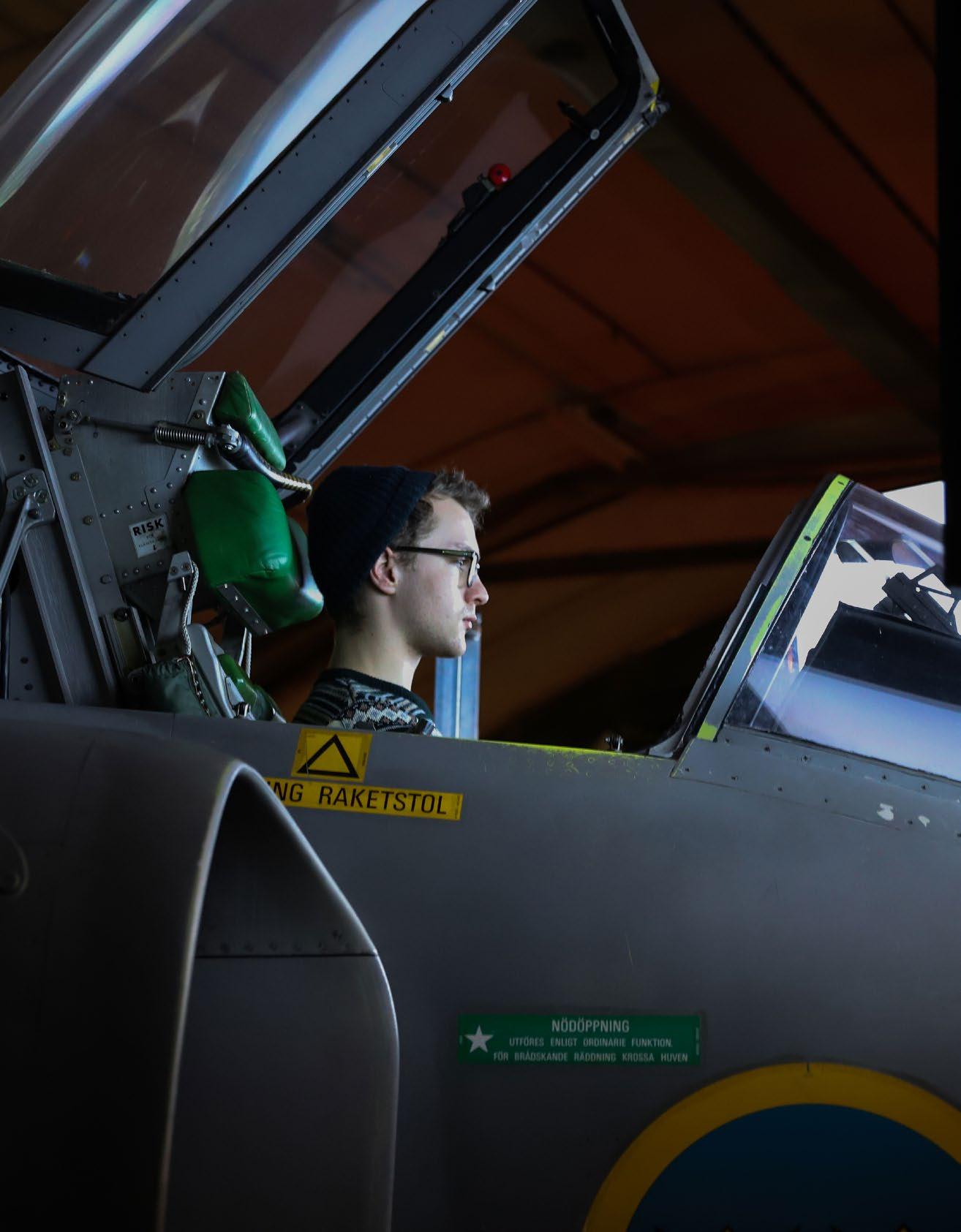
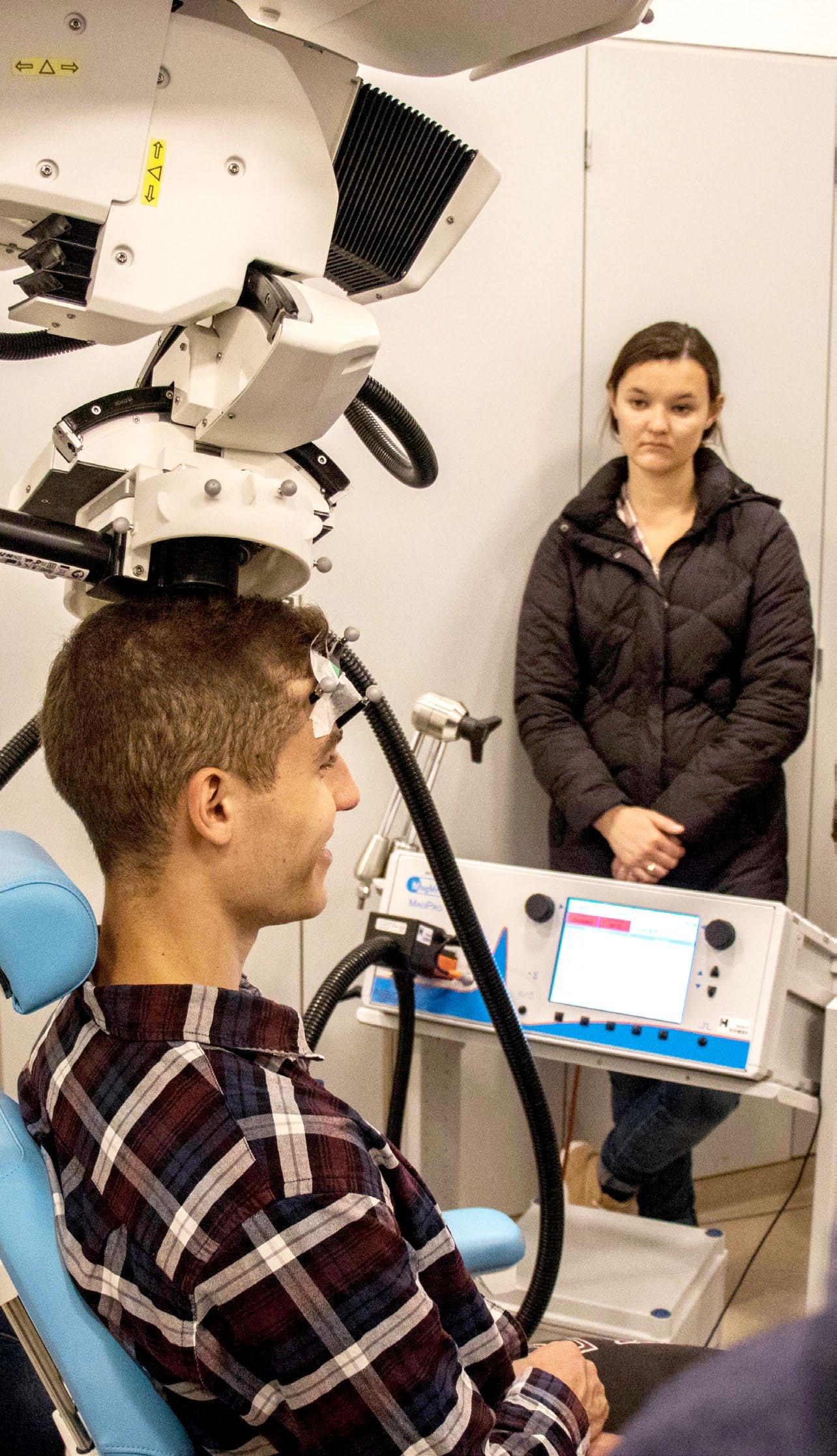
ACADEMIC SPOTLIGHT
Sweden and Denmark consistently score in the top tier on the World Happiness Report, which determines the world’s happiest countries. But what does this mean in practice? Discover Scandinavian approaches to life, the concepts of lagom and hygge, and explore happiness from an academic perspective while abroad.
Choose between Positive Psychology, Philosophy of Happiness, and The Good Life to study the concept of happiness.
Neuroscience is one of the most exciting and fastest growing scientific fields and lends itself to be studied across many disciplines. It can provide insight into a myriad of aspects including consciousness, emotional processing, dysfunctional brain circuits and psychopathology, or neurobiological perspectives on creativity.
Core Courses
Cognitive Neuroscience of Addiction
Stockholm | Fall & Spring | 3 Credits
Week-long Study Tour: London
Short Study Tour: Sweden
Cognitive Neuroscience of Consciousness + Lab
Copenhagen | Fall & Spring | 6 Credits
Week-long Study Tour: Florence
Short Study Tour: Denmark
Cognitive Neuroscience of Creativity
Copenhagen | Fall & Spring | 3 Credits
Week-long Study Tour: United Kingdom
Short Study Tour: Denmark
The Loving Brain: The Neuroscience of Relationships
Stockholm | Fall & Spring | 3 Credits
Week-long Study Tour: Bosnia-Croatia
Short Study Tour: Sweden
Neuroscience of Emotion + Lab
Stockholm | Fall & Spring | 6 Credits
Week-long Study Tour: Paris
Short Study Tour: Sweden
Neuroscience of Fear and Anxiety
Copenhagen | Fall & Spring | 3 Credits
Week-long Study Tour: Frankfurt-Heidelberg or Munich
Short Study Tour: Denmark or Southern Sweden
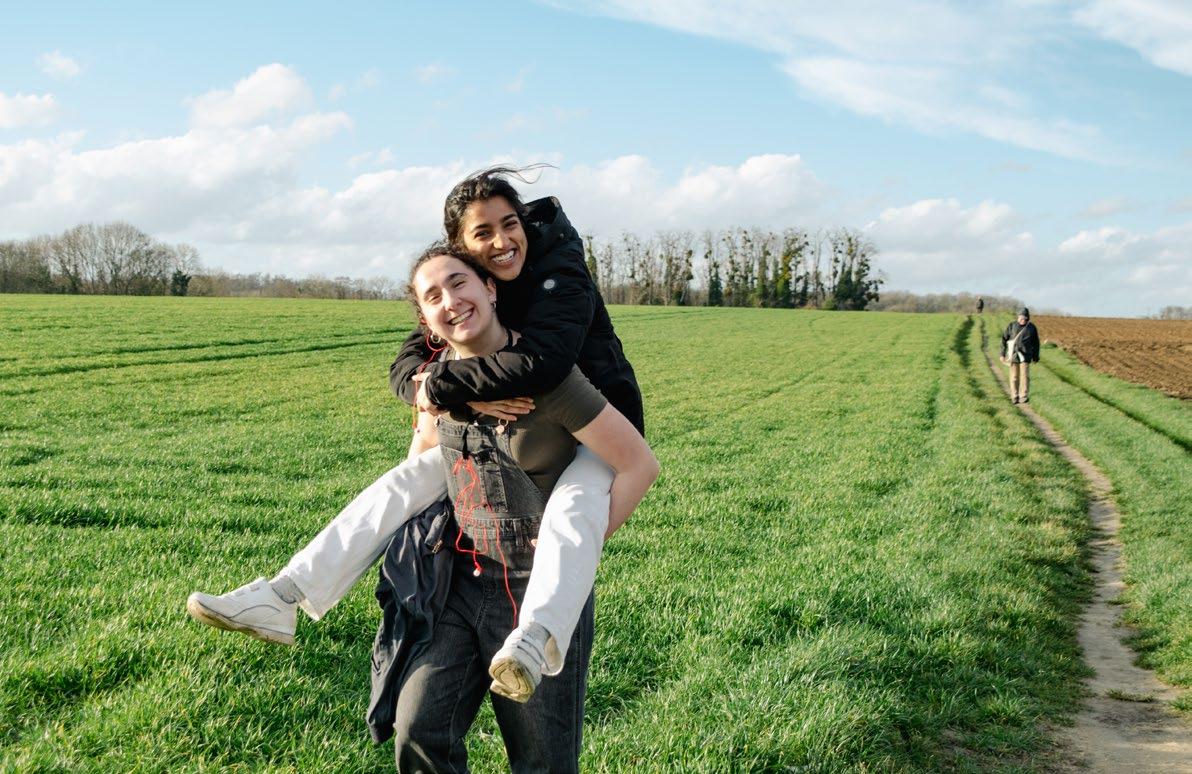
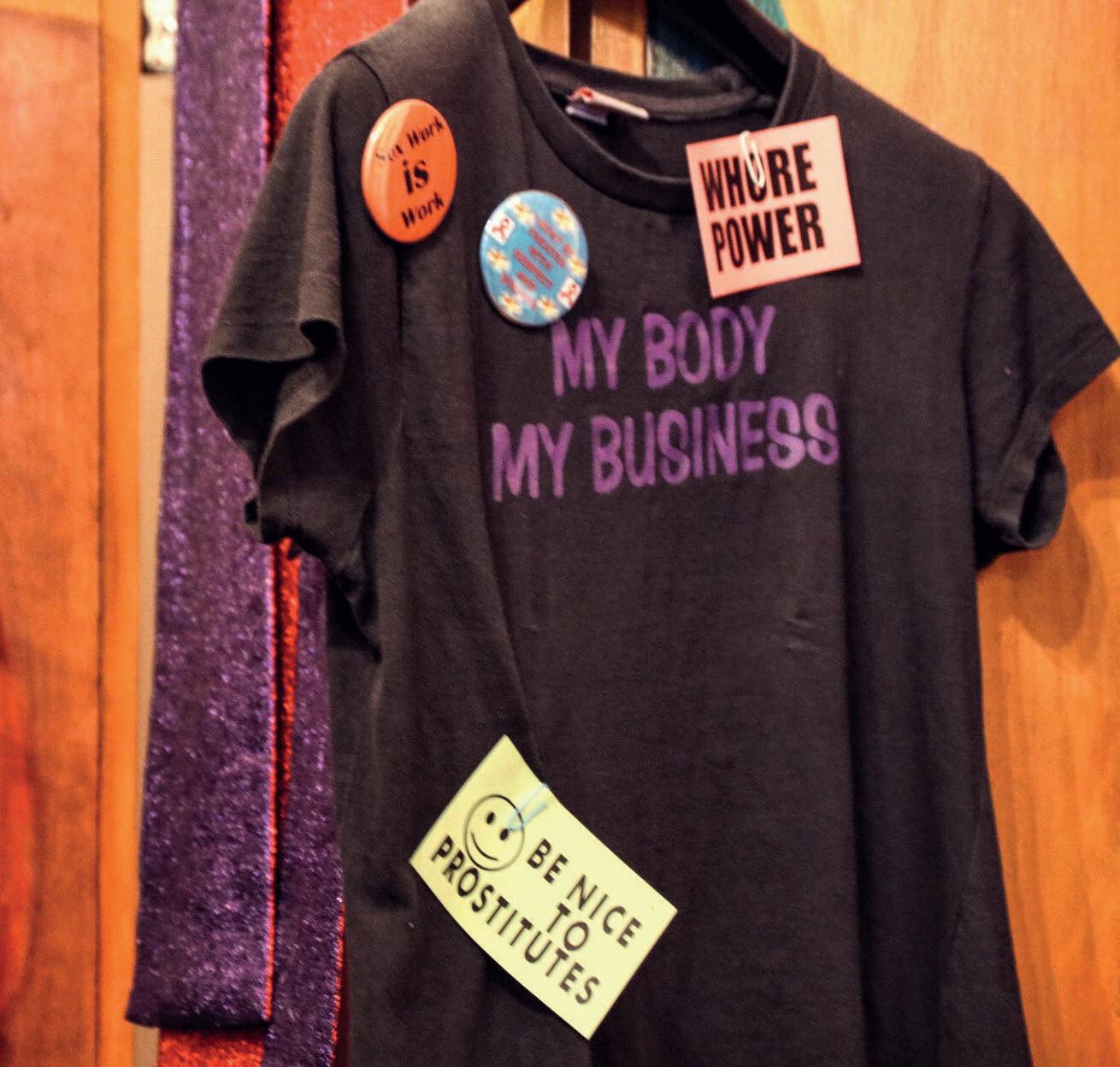
Develop your understanding of the relationships between the mind, brain, and behavior, and how these are both shaped by and influence social contexts. Although our Core Courses explore very different areas of psychology, they all critically examine psychological theory, research, and practice, with an emphasis on European perspectives and challenges.
Core Courses
Cyberpsychology
Copenhagen | Fall & Spring | 3 Credits
Week-long Study Tour: Amsterdam Short Study Tour: Denmark
Developmental Psychopathology
Stockholm | Fall & Spring | 3 Credits
Week-long Study Tour: Madrid Short Study Tour: Sweden
European Clinical Psychology
Copenhagen | Fall & Spring | 3 Credits
Week-long Study Tour: Vienna Short Study Tour: Denmark
Forensic Psychology
Stockholm | Fall & Spring | 3 Credits
Week-long Study Tour: Edinburgh Short Study Tour: Sweden
Positive Psychology
Stockholm + Copenhagen | Fall & Spring | 3 Credits
Week-long Study Tour: Athens or Edinburgh or London or BolognaVienna or Arctic Norway-Sweden or Prague Short Study Tour: Denmark or Sweden
Selling sex is legal in Denmark and across Europe. But is selling sex work or exploitation? Why does the state decide how consenting adults use their bodies? Meet sex workers, law makers, and activists to hear conflicting views on sex for sale.
Core Course
Prostitution and the Sex Trade in Europe
Copenhagen | Fall & Spring | 3 Credits
Week-long Study Tour: Amsterdam Short Study Tour: Denmark or Southern Sweden
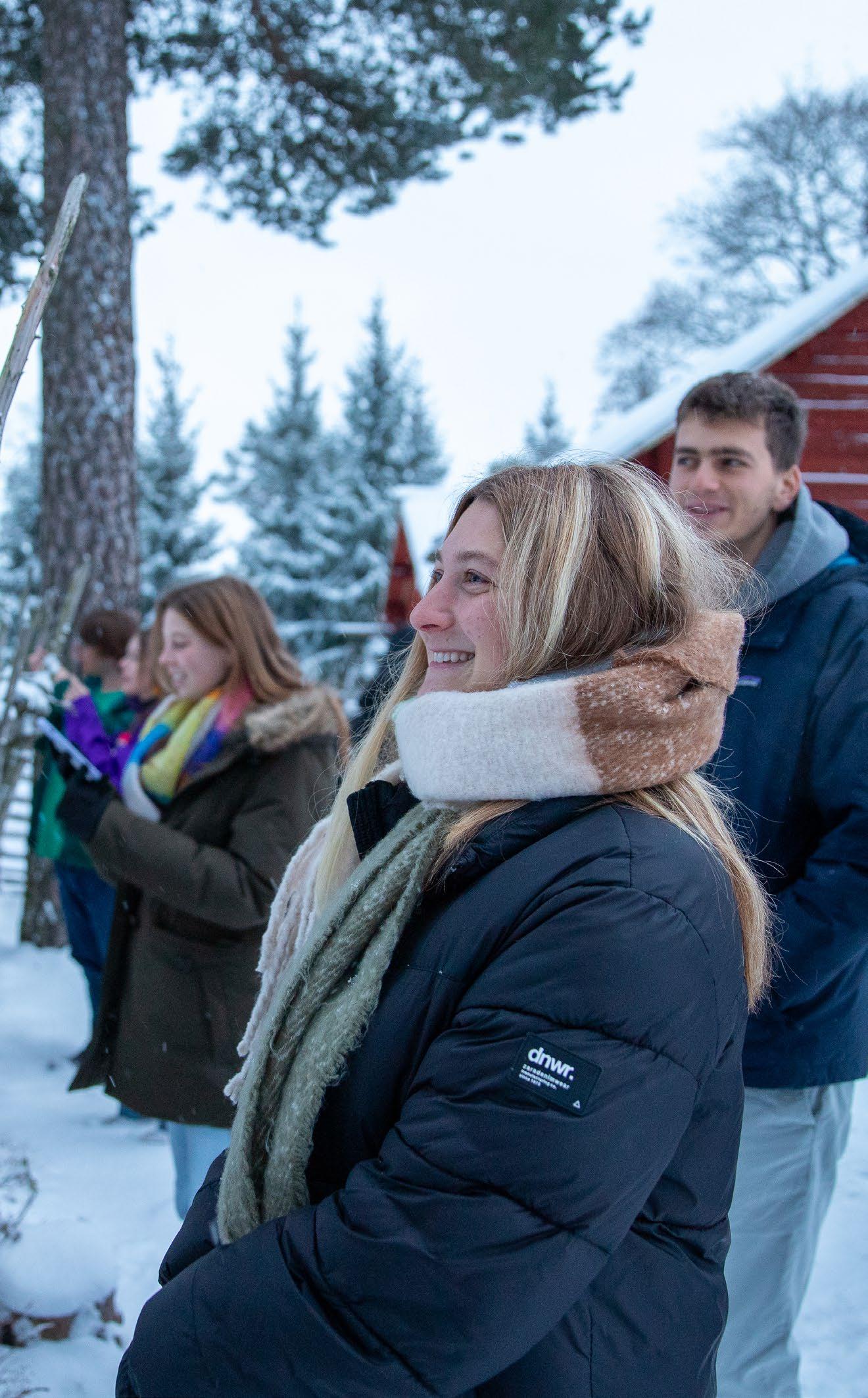
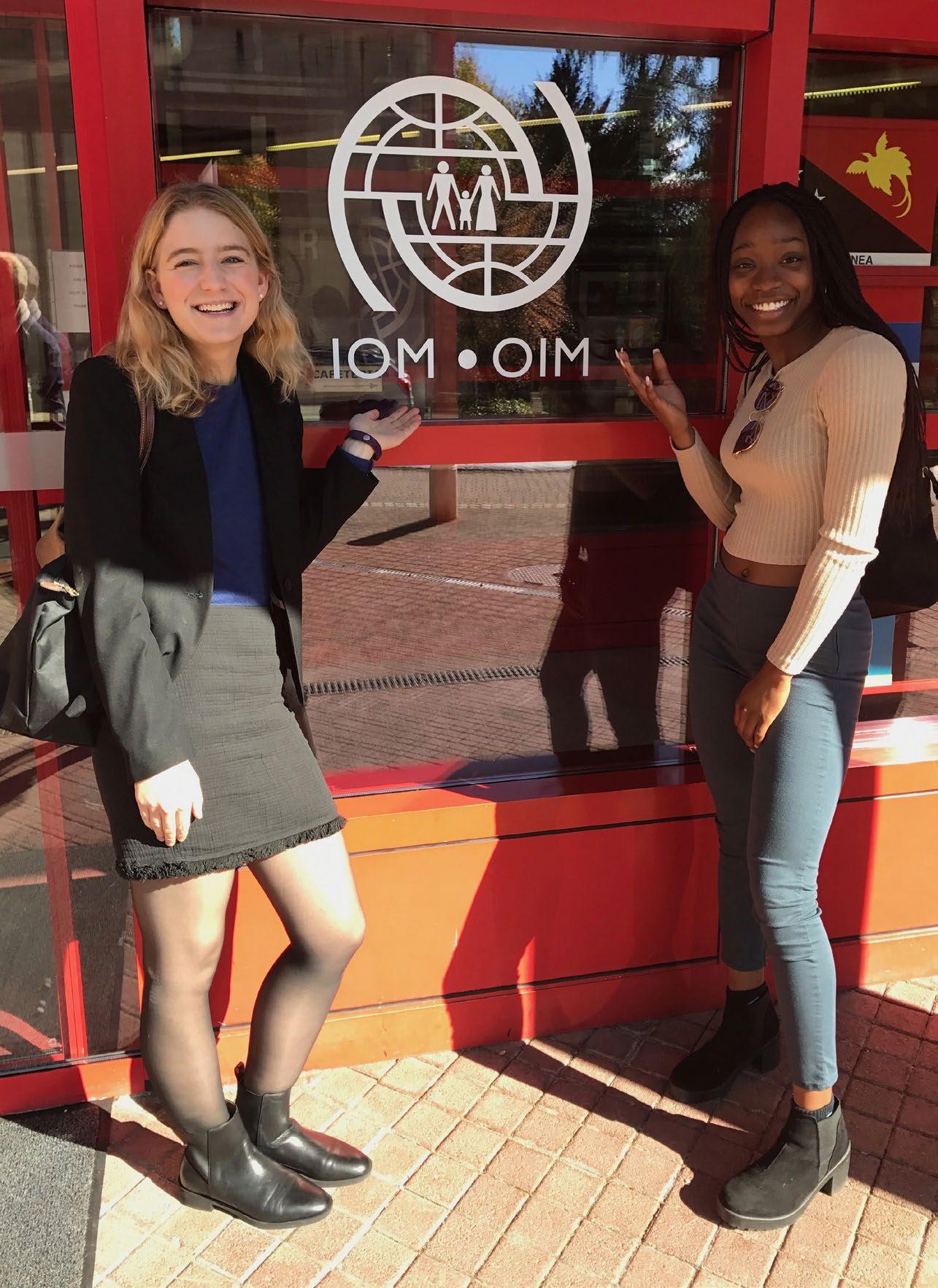
Globalization and the increased movement of people have brought cultures closer together. However, this newfound cultural proximity has also created challenges of integration and migration facing Denmark and Europe today. How do traditionally homogeneous countries, especially welfare states where social cohesion has been a factor of their structural success, evolve and respond? Challenge your own opinions and explore the social, political, and cultural implications of the conflicts.
Cultural Diversity and Integration
Copenhagen | Fall & Spring | 3 Credits
Week-long Study Tour: Greece
Short Study Tour: Denmark-Northern Germany
With their publicly financed, universal healthcare systems, Denmark and Sweden serve as unique case studies for exploring the challenges and opportunities in current public health issues. Across Europe, healthcare systems are facing rising costs, aging populations, increasing migration, and inequality in health. Analyze and debate some of these challenges, while examining their interplay with the organization, financing, and priority-setting within different systems.
Healthcare Systems: A Comparative Approach
Copenhagen | Fall & Spring | 3 Credits
Week-long Study Tour: Helsinki-Tallinn or Helsinki-Rovaniemi
Short Study Tour: Denmark
Public Health and Migration: Access, Politics, and Human Rights
Stockholm | Fall & Spring | 3 Credits
Week-long Study Tour: London
Short Study Tour: Sweden
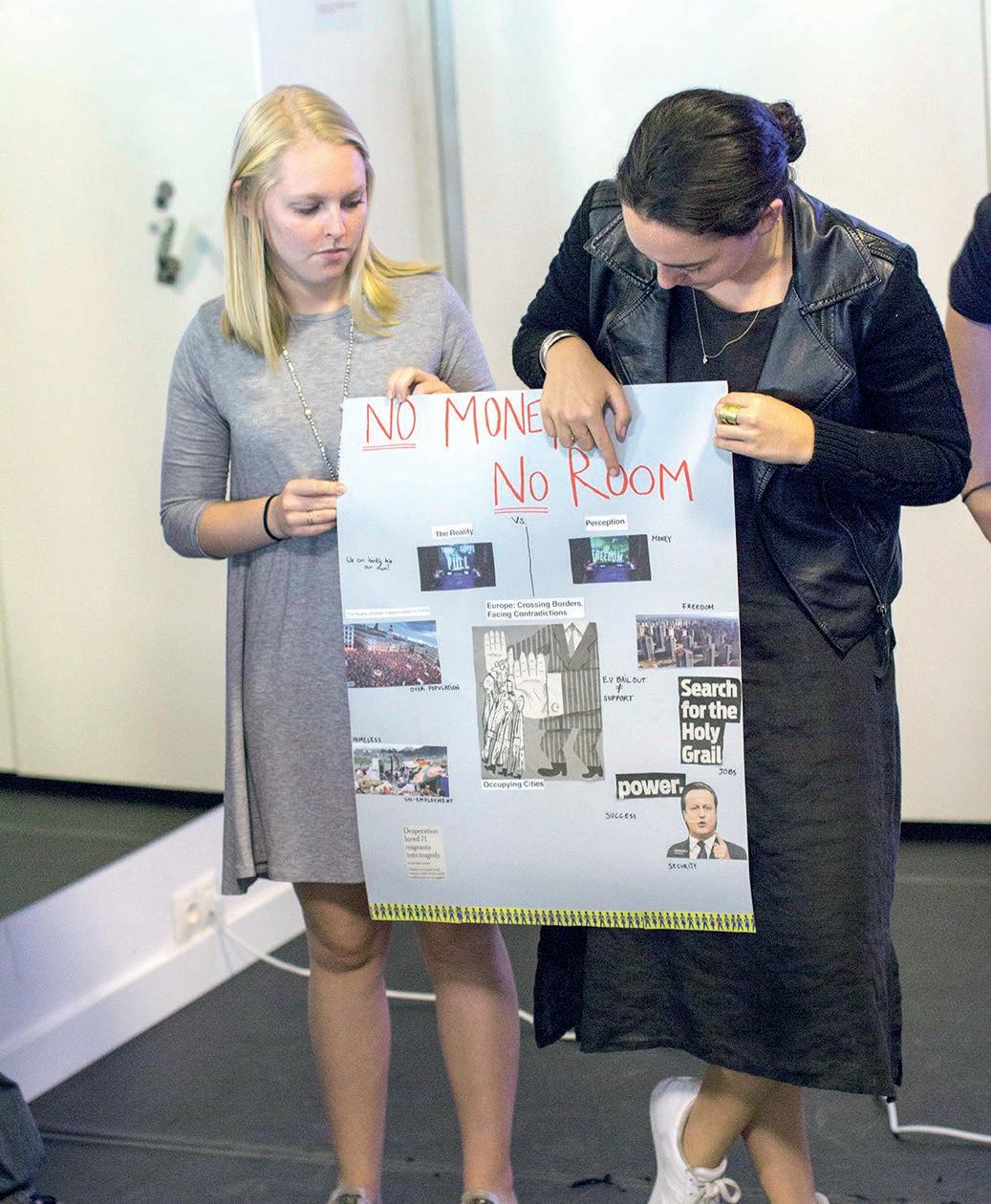
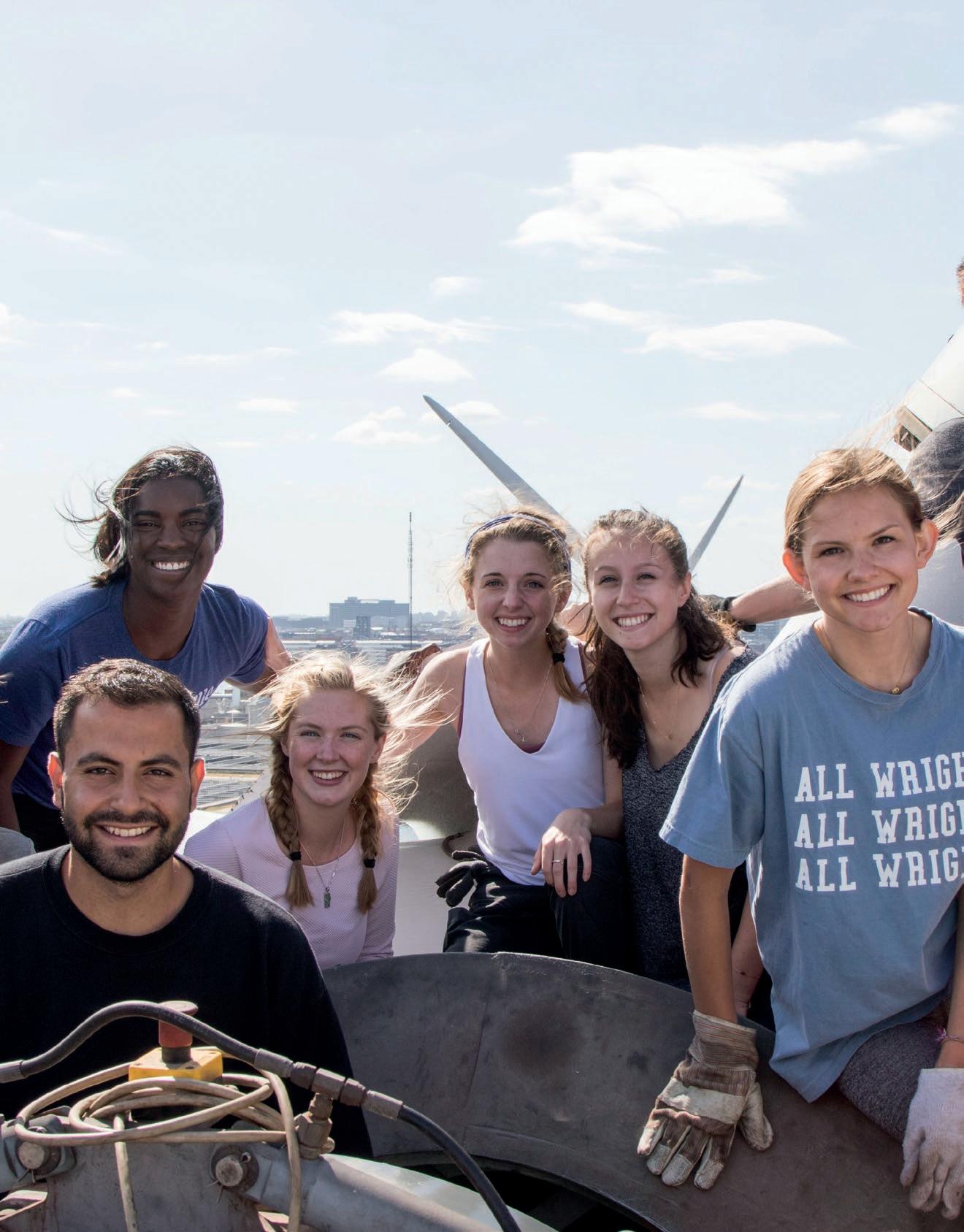
With Stockholm being awarded the first-ever European Green Capital and Copenhagen’s ambitious goal of becoming carbon neutral, these cities provide an ideal backdrop for developing sustainable habits. Inspired by the Scandinavian dedication to sustainability, DIS is committed to reducing our carbon impact The majority of our carbon emissions come from Study Tours, as air travel is especially polluting. To reduce our impact, several of our Study Tours now travel by train and ferry to their destinations.
As a student, you can also see Scandinavian sustainability initiatives in person and take a slow travel approach to exploring around you. While in Denmark, why not hop on your bike to check out a biodynamic farm, or perhaps visit the renewable energy island of Samsø? In Sweden, take a night train to the north and experience the magnificent natural phenomena of northern lights. Whether taking in the changing landscapes through a train window or feeling the sea breeze on your face atop a ferry, slow travel is an intentional, sustainable, and transformative way to embrace the Scandinavian ethos and get to know the world around you better.
Sustainable development is on top of the global agenda for the 21st century. In Denmark and Europe, strategizing sustainability initiatives is a priority, from energy consumption to food production. Experience new approaches to sustainability from a European perspective and hear from the stakeholders shaping today’s and tomorrow’s agendas.
Copenhagen | Fall & Spring | 3 Credits
Week-long Study Tour: Seville or Sweden or Finland
Short Study Tour: Denmark
Copenhagen | Fall & Spring | 3 Credits
Week-long Study Tour: Norway or Sicily (Fall) or Barcelona (Spring)
Short Study Tour: Denmark
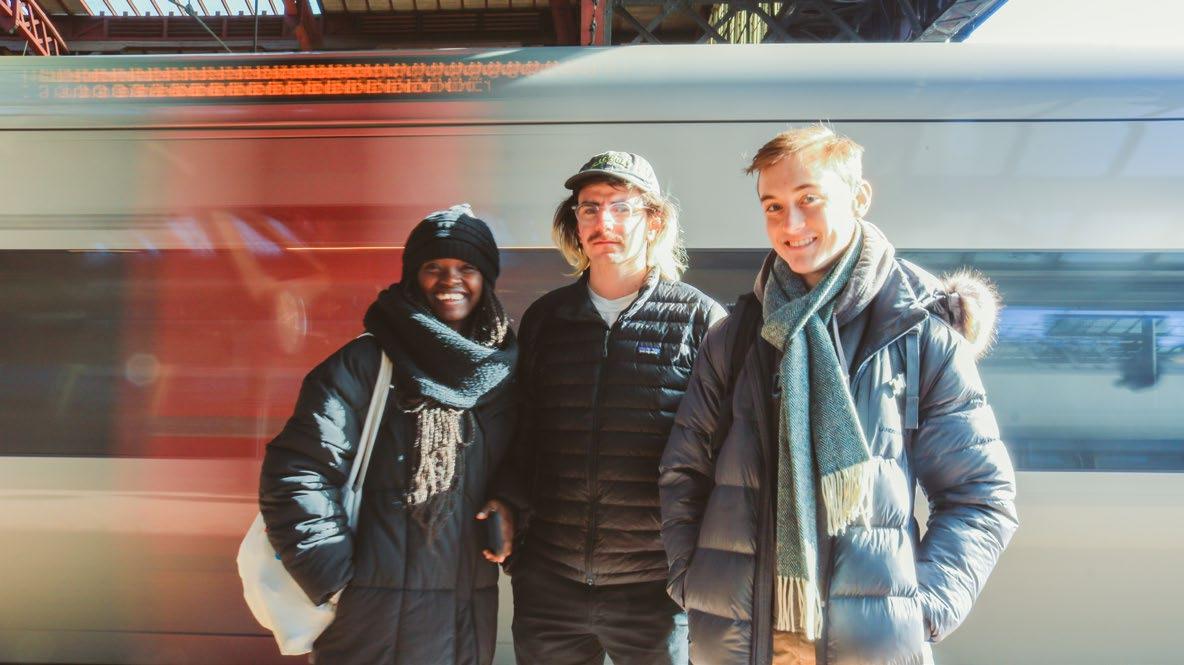
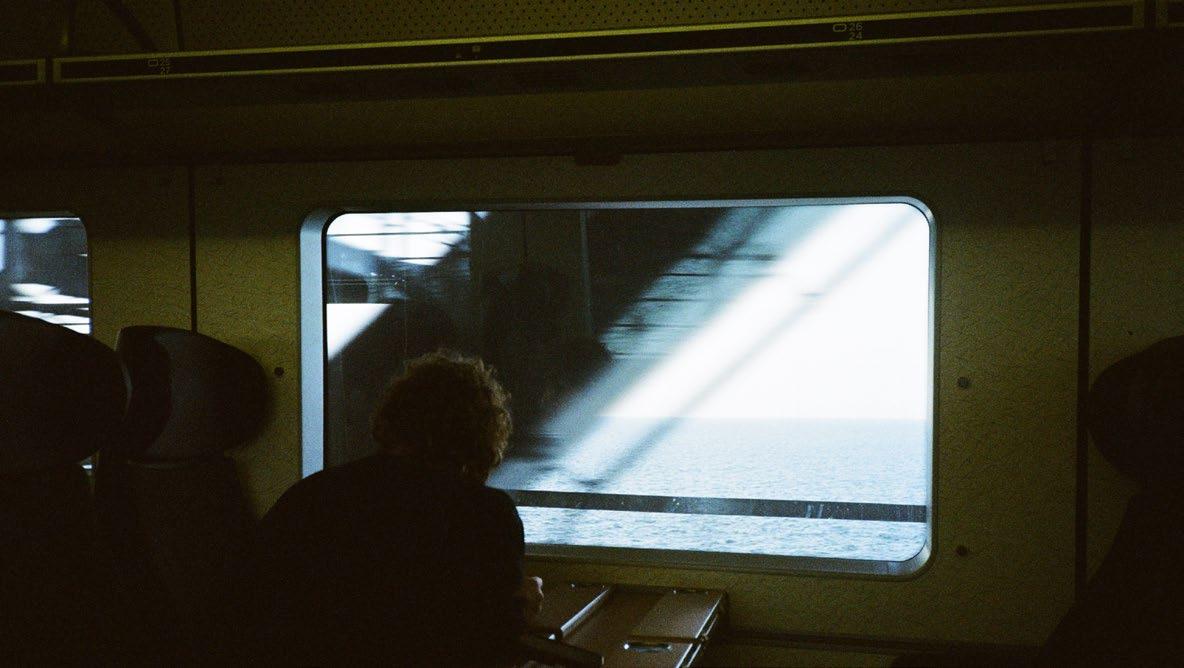
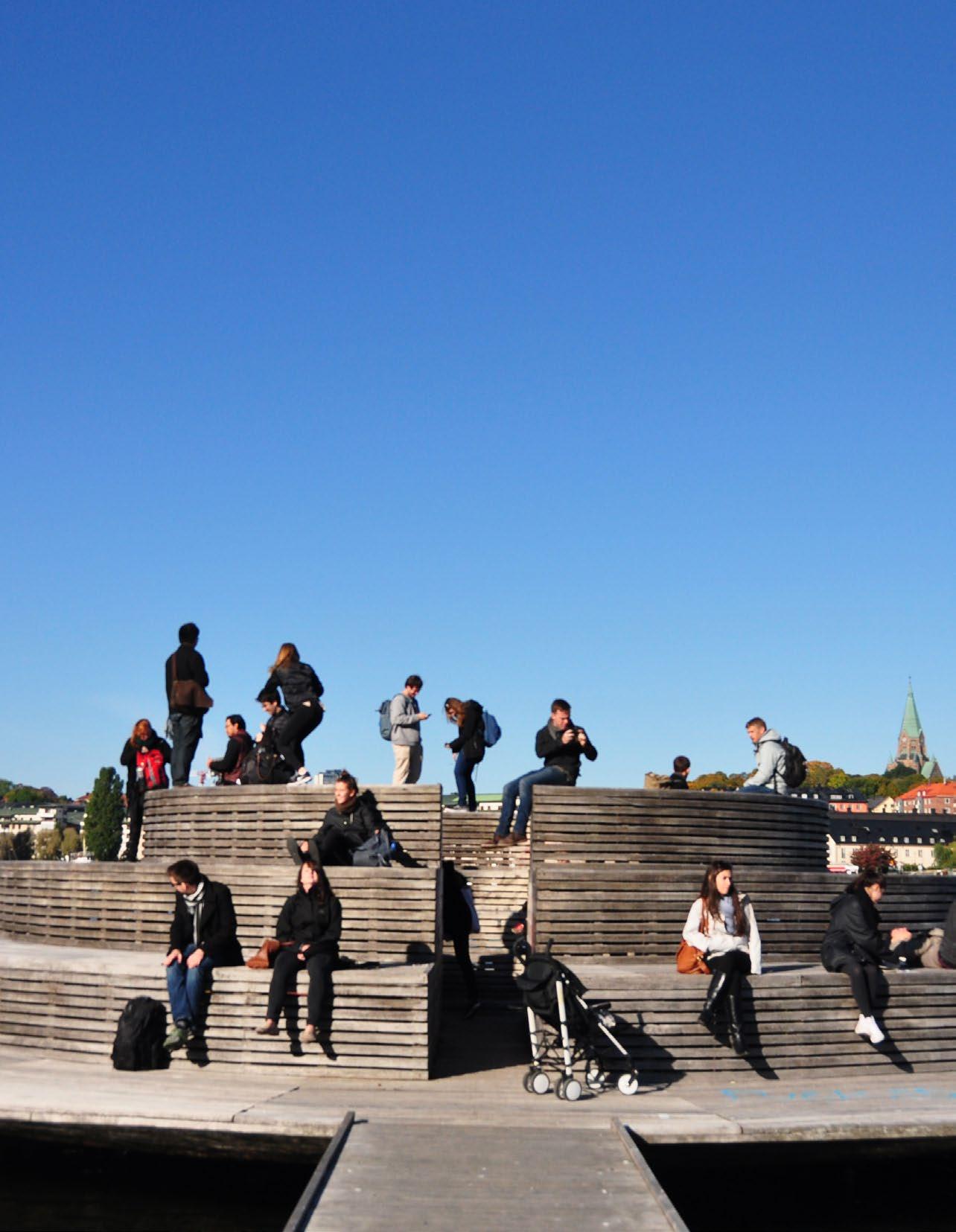
The Viking Age, for better and for worse, influenced world history, and Viking culture still resonates in contemporary Sweden and beyond. Walk in the Vikings’ historical footsteps, from Sweden to Iceland, as you examine Viking society, politics, expansion, gender roles, religion, and legacy.
Stockholm | Fall & Spring | 3 Credits
Week-long Study Tour: Iceland
Short Study Tour: Sweden
Over the past decade, Copenhagen has consistently ranked as one of the top 10 most livable cities and is leading the world in sustainable urban solutions. The city’s infrastructure is made for bikes, with 62% of Copenhageners commuting to work or school by bike. Become part of this unique city’s fabric for your semester, using it as your classroom, and look beyond to other cities in Europe on Study Tour to analyze their successes and challenges.
Copenhagen | Fall & Spring | 3 Credits
Week-long Study Tour: Barcelona or Germany (Fall) or Paris or Vienna (Spring)
Short Study Tour: Northern Germany or Southern Sweden
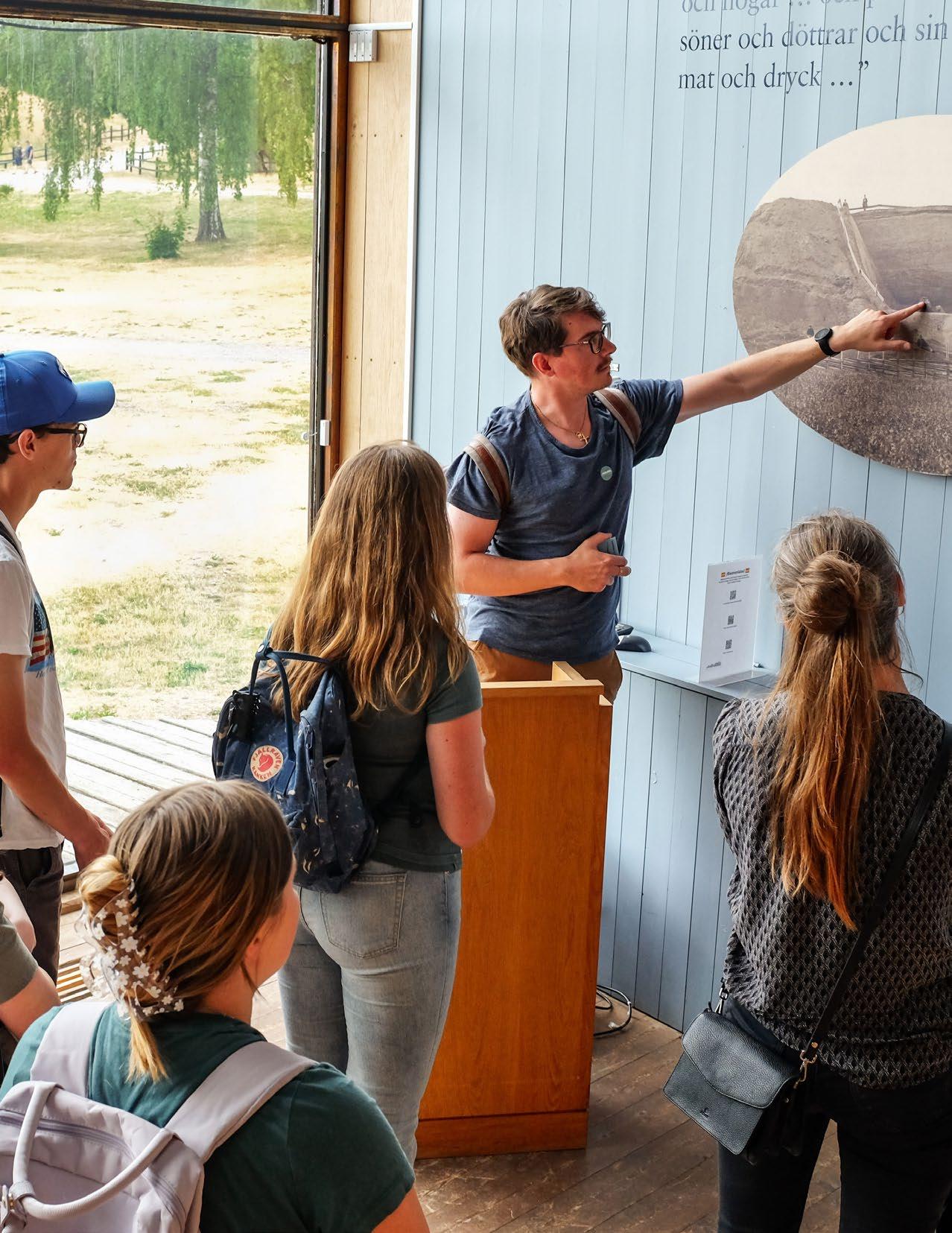
ANTHROPOLOGY
Gender, Sexuality, Race, and Equality in Scandinavia
Human Trafficking and the Sex Trade
Swedish Language and Culture, various levels
ART HISTORY
Nordic Contemporary Art
BIOLOGY
· Biomedical Engineering in Scandinavia
Engineering Biomaterials
Immunology and Infectious Diseases
· Medical Diagnostics
Medical Simulation Lab
Neurodegenerative Diseases
Precision Medicine: Tailored Treatment in Clinical Practice
· Tumor Biology and Oncology
BIOMEDICINE / BIOTECHNOLOGY
· Biomedical Engineering in Scandinavia
Engineering Biomaterials
Immunology and Infectious Diseases
Medical Diagnostics
Medical Simulation Lab
· Neurodegenerative Diseases
Precision Medicine: Tailored Treatment in Clinical Practice
· Statistics
BUSINESS
Data Visualization
Design Thinking
International Investment and Portfolio Management
CHEMISTRY / BIOCHEMISTRY
Biomedical Engineering in Scandinavia
Energy Cloud: Engineering Localized, Digitized, Sustainable Networks
Engineering Biomaterials
Engineering Sustainable Environments in Scandinavia
Medical Diagnostics
COMMUNICATION
Glued to the Screen: TV Shows, Norms, and Culture
Photo Documentary and Discovery
Storytelling Workshop: How Narrative Works
Ways of Seeing: Storytelling Through Photography
COMPUTER SCIENCE
App Development
Artificial Intelligence
Data-driven Information Visualization
Data Visualization
Linear Algebra
Machine Learning
· Philosophy of Technology and Human Values
CREATIVE WRITING
Storytelling Workshop: How Narrative Works
CRIMINOLOGY / LAW
Biolegality: Human Bodies and the Law
· Forensic Psychology
Forensic Psychology Lab
Human Trafficking and the Sex Trade
Scandinavian Crime Fiction
DATA SCIENCE
Data Analytics
Data-driven Information Visualization
Data Visualization
Linear Algebra
· Machine Learning
Statistics
DESIGN
Data Visualization
Design Thinking
· Scandinavian Textiles and Fashion Workshop
ECONOMICS
Behavioral Economics
Comparative Economics: Global Risks and European Responses
Economic Competitiveness in a Changing Global Economy: Swedish Industries
· Economics of Global Monetary Policies and Capital Flows
International Investment and Portfolio Management
EDUCATION
Design Thinking
Developing Brain: From Infancy to Adolescence
· Positive Psychology
Power of the Mind: Psychology of Performance
ENGINEERING
Biomedical Engineering in Scandinavia
Data Visualization
Design Thinking
Energy Cloud: Engineering Localized, Digitized, Sustainable Networks
Engineering Biomaterials
Engineering Sustainable Environments in Scandinavia
Fluid Mechanics
Linear Algebra
Medical Diagnostics
Philosophy of Technology and Human Values
· Smart and Sustainable Cities
Statistics
Thermodynamics
ENTREPRENEURSHIP
Design Thinking
ENVIRONMENTAL STUDIES / SCIENCE
Energy Cloud: Engineering Localized, Digitized, Sustainable Networks
Engineering Sustainable Environments in Scandinavia
· Smart and Sustainable Cities
ETHICS
Biolegality: Human Bodies and the Law
Medical Ethics
· Philosophy of Technology and Human Values
FASHION STUDIES
· Scandinavian Textiles and Fashion Workshop
FILM STUDIES
Glued to the Screen: TV Shows, Norms, and Culture
· Storytelling Workshop: How Narrative Works
FINANCE
· Economic Competitiveness in a Changing Global Economy: Swedish Industries
Economics of Global Monetary Policies and Capital Flows
International Investment and Portfolio Management
GENDER STUDIES
· Gender, Sexuality, Race, and Equality in Scandinavia
Human Trafficking and the Sex Trade
Sex Education and Sexual Reform in Europe
Transgender in Scandinavia
GLOBAL HEALTH
Epidemiology: Swedish Case Studies
· Public Health and Migration: Access, Politics, and Human Rights
Public Health Emergencies and Health-Crisis Management
GOVERNMENT
European Security Dilemmas
Public Health Policy in Practice
· Terrorism and Anti-Terrorism
HISTORY
History of Sweden in Europe and the World Scandinavia in the Middle Ages: From Viking Warriors to Christian Knights
Sex Education and Sexual Reform in Europe
World of the Vikings
HUMAN DEVELOPMENT
Developing Brain: From Infancy to Adolescence
Positive Psychology
Psychology of Emerging Adulthood
Psychology of Loneliness
HUMAN RIGHTS
Human Trafficking and the Sex Trade
· Transgender in Scandinavia
INTERNATIONAL RELATIONS
· European Security Dilemmas
History of Sweden in Europe and the World Psychology of Political Behavior
Swedish Politics and Society
Terrorism and Anti-Terrorism
JOURNALISM
Photo Documentary and Discovery
LANGUAGE
Swedish Language and Culture, various levels
LEADERSHIP STUDIES
· Power of the Mind: Psychology of Performance
Psychology of Political Behavior
Swedish Politics and Society
LEGAL STUDIES
Forensic Psychology
Human Trafficking and the Sex Trade
Transgender in Scandinavia
LITERATURE
Scandinavia in the Middle Ages: From Viking Warriors to Christian Knights
Scandinavian Crime Fiction
Storytelling Workshop: How Narrative Works
World of the Vikings
MATHEMATICS
Linear Algebra
Statistics
MEDIA STUDIES
Glued to the Screen: TV Shows, Norms, and Culture
Photo Documentary and Discovery
Ways of Seeing: Storytelling Through Photography
MUSIC
Songwriting Workshop: Swedish Pop Music
Swedish Language and Culture Through Music, Rhythm, and Song
NEUROSCIENCE
Neuroscience of Emotion Lab
Cognitive Neuroscience of Addiction
· Developing Brain: From Infancy to Adolescence
Developmental Psychopathology
Healthy Minds and Bodies: The Science of Psychoneuroimmunology
Loving Brain: The Neuroscience of Relationships, The Neurodegenerative Diseases
Neuroscience of Emotion
· Statistics
ORGANIZATIONAL BEHAVIOR
Positive Psychology
PHILOSOPHY
Medical Ethics
· Philosophy of Technology and Human Values
PHOTOGRAPHY
Photo Documentary and Discovery
Ways of Seeing: Storytelling Through Photography
PHYSICS / BIOPHYSICS
· Biomedical Engineering in Scandinavia
Energy Cloud: Engineering Localized, Digitized, Sustainable Networks
Engineering Biomaterials
Engineering Sustainable Environments in
Scandinavia
Fluid Mechanics
Thermodynamics
POLITICAL SCIENCE
European Security Dilemmas
Psychology of Political Behavior
Public Health and Migration: Access, Politics, and Human Rights
Public Health Policy in Practice
Swedish Politics and Society
· Terrorism and Anti-Terrorism
PRE-MEDICINE / HEALTH SCIENCE
Developing Brain: From Infancy to Adolescence
Epidemiology: Swedish Case Studies
Immunology and Infectious Diseases
Medical Diagnostics
Medical Ethics
· Medical Simulation Lab
Neurodegenerative Diseases
Neuroscience of Emotion
Neuroscience of Emotion Lab
Precision Medicine: Tailored Treatment in Clinical Practice
Public Health Emergencies and Health-Crisis Management
· Public Health Policy in Practice
Public Mental Health
Tumor Biology and Oncology
PSYCHOLOGY
Cognitive Neuroscience of Addiction
Developing Brain: From Infancy to Adolescence
Developmental Psychopathology
· Forensic Psychology
Forensic Psychology Lab
Loving Brain: Neuroscience of Relationships, The Neuroscience of Emotion
Neuroscience of Emotion Lab
Positive Psychology
Power of the Mind: Psychology of Performance
Psychology of Emerging Adulthood
· Psychology of Food: A Biopsychosocial
Perspective
Psychology of Loneliness
Psychology of Political Behavior
PUBLIC HEALTH
Epidemiology: Swedish Case Studies
Human Trafficking and the Sex Trade
· Medical Ethics
Public Health and Migration: Access, Politics, and Human Rights
Public Health Emergencies and Health-Crisis
Management
Public Health Policy in Practice
Public Mental Health
PUBLIC POLICY
Age of AI: Ethics and Public Policy, The Public Health and Migration: Access, Politics, and Human Rights
Public Health Policy in Practice
Smart and Sustainable Cities
Swedish Politics and Society
RELIGIOUS STUDIES
World of the Vikings
SOCIOLOGY
Forensic Psychology
Forensic Psychology Lab
Gender, Sexuality, Race, and Equality in Scandinavia
· Glued to the Screen: TV Shows, Norms, and Culture
Power of the Mind: Psychology of Performance
· Psychology of Emerging Adulthood
Psychology of Loneliness
Psychology of Political Behavior
Public Health and Migration: Access, Politics, and Human Rights
· Sex Education and Sexual Reform in Europe
Swedish Politics and Society
Transgender in Scandinavia
STUDIO ART
Nordic Contemporary Art
Photo Documentary and Discovery
Scandinavian Textiles and Fashion Workshop
· Ways of Seeing: Storytelling Through Photography
SUSTAINABILITY
Smart and Sustainable Cities
URBAN STUDIES
Smart and Sustainable Cities
Core Courses - your DIS signature course that includes two Study Tours
ANTHROPOLOGY
Anthropology of Food
· Cultural Diversity and Integration
Danish Language and Culture, various levels
Ethics of Travel
· European Food History
European Urban Experience: Why Cities Matter Food, Migration, and Belonging
Gender and Sexuality in Scandinavia
Holocaust and Genocide
· Human Trafficking in a Global Context
Masculinities in Scandinavia
Muslim Feminism in Europe
· Postcolonial Europe: Narratives, Nationalism, and Race
What’s So Funny?
ARCHITECTURE
· 20th and 21st Century Danish Architecture
Adaptive Re-use in Europe: Cities and Buildings
Architecture Design Studio
· Architecture Foundations Studio
Danish Design
Detailing and Sustainability in Scandinavian Architecture
European Urban Design Theories
· Furniture Design Studio
Furniture Design Workshop
Inclusive Design in Architecture and Urban Spaces
Interior Architecture Foundations Studio
Interior Architecture Studio
New Nordic Design
Place-based Sustainable Building
Sustainable by Design
Urban Design Foundations Studio
Urban Design Journal
· Urban Design Studio
Urban Exploration Photography Workshop
Visual Journal
Watercolor Painting
ART HISTORY
Art in the Making Art, Nature, and Climate Change
· Curating in Europe
Danish Design
European Art of the 20th Century: From Expressionism to Post-War Art Garden Art in European Culture
Modern Frames: European Art and Cinema
Who’s Watching: Surveillance, Art, and Culture Women, Art, Identity
BIOLOGY
Biological Conservation and Biodiversity
Biological Conservation and Biodiversity Lab
Biology of Marine Mammals
Biology of Marine Mammals Lab
Citizen Science on Biodiversity and Climate Change
· Climate, Glaciers, and Human Impact
Complexity of Cancer
· Epigenetics and the Impact on Health and Disease
Genomics in Clinical Practice
Gut Reaction: How Human Microbes Shape
Our Lives
Human Health and Disease: A Clinical Approach
Ice Cores and Ice Ages
Immunology
Medical Biotechnology and Drug Development
· Medical Simulation Lab
Neuroimaging of the Disordered Brain
Neurological Disorders and Diseases
Neuroscience of Fear and Anxiety
Polar Biology
Pregnancy, Birth, and Infancy in Denmark
Psychopharmacology: Substances and the Brain
Behavioral Economics: European Case Studies
Business Leadership: Navigating Ethical Dilemmas
Corporate Finance: European Case Studies
Creative Industries: Business, Innovation, Politics, and Culture
Disaster Management Leadership
· Entrepreneurship Practicum
European Business Strategy: Case Studies
Global Supply Change Management
· Innovation and Entrepreneurship in Europe
International Marketing and Branding
Leadership Across Cultures
Sports Economics
Strategic Communication
· Strategic Planning for Leaders
Sustainable Business Strategy
Sustainable Finance: The Future of Investment
COMMUNICATION / MEDIA STUDIES
Age of AI: Ethics and Public Policy, The Designing Communication Campaigns
Digital Media in Marketing
· Glued to the Screen: TV Shows, Norms, and Culture
Guilty Pleasures of Pop Culture
· History of European Film
Innovation Through Design Thinking
New Media and Changing Communities
Nordic Noir: Crime Fiction, TV Series, and Film
Photojournalism
· Podcast Production: The Impact of Sound
Strategic Communication
Travel Writing
Virtual Worlds and Social Media
·
Ways of Seeing: Storytelling through Photography
What’s So Funny?
Who’s Watching: Surveillance, Art, and Culture
COMPUTER SCIENCE
Artificial Intelligence
Artificial Neural Networks and Deep Learning
· Complex Networks
Computational Analysis of Big Data
Computer Graphics: Programming 3D Applications
· Game Development Lab
Game Development: Programming and Practice
Human Computer Interaction
CREATIVE WRITING
A Sense of Place in European Literature
Creative Nonfiction Workshop
Creative Writing
· Travel Writing
CRIMINOLOGY / LAW
Counter-Terrorism and Intelligence Analysis
Criminology and Criminal Justice in Scandinavia
Cyberwarfare
Economics of Crime
Fleeing Across Borders: International Refugee Law
· Gang Crime in Scandinavia
Human Trafficking in a Global Context
Humanitarian Law and Armed Conflict
· Prisons in the Nordic Countries
Prostitution and the Sex Trade in Europe
DATA SCIENCE
Artificial Neural Networks and Deep Learning
Business Potential of Generative Artificial Intelligence
Computational Analysis of Big Data
Data and the Brain: Understanding Human Behavior through Big Data
Data Informed Business Strategies
· Geographic Information Systems: Applied Climate Change Cases
ECONOMICS
Behavioral Economics: European Case Studies
Development Economics
· Economics of Crime
Environmental Economics
Globalization and European Economies
Health Economics and Health Policy in Europe
Sports Economics
· Urban Economics
EDUCATION
· Child Development and Education in Scandinavia
Child Development and Education in Scandinavia
Practicum
Children with Special Needs
Playful Learning in Scandinavian Classrooms
ENTREPRENEURSHIP
Creative Industries: Business, Innovation, Politics, and Culture
Entrepreneurship Practicum
Innovation and Entrepreneurship in Europe
Innovation Through Design Thinking
Investing for Impact and Change
· Social Entrepreneurship
ENVIRONMENTAL STUDIES / SCIENCE
Anthropology of Food
· Arctic Geopolitics
Arctic Glaciology
Biological Conservation and Biodiversity
· Biological Conservation and Biodiversity Lab
Biology of Marine Mammals
Biology of Marine Mammals Lab
Citizen Science on Biodiversity and Climate Change
· Climate Change and Radical Political Movements
Climate, Glaciers, and Human Impact
Environmental Economics
· Environmental Impact of Humans
Environmental Philosophy
Environmental Policy in Practice
Getting There: Transportation in Urban Europe
Geographic Information Systems: Applied Climate Change Cases
Geology of Scandinavia
Ice Cores and Ice Ages
· Integrated Climate Change Planning
Polar Biology
Politics and Ethics of Food
Renewable Energy Systems
Sustainable Business Strategy
· Sustainable by Design
Sustainable Development in Northern Europe
Sustainable Food: Production and Consumption
· Understanding Climate Change
Urban Ecology
Waste Management Systems in Europe
FILM STUDIES
Future is Now: Science Fiction in Film, Literature, and Video Games
History of European Film
· Modern Frames: European Art and Cinema
Nordic Noir: Crime Fiction, TV Series, and Film
FINANCE
Corporate Finance: European Case Studies
Globalization and European Economies
International Financial Management
Sustainable Finance: The Future of Investment
GENDER STUDIES
Digital Fashion and the Body
Feminist Activism in Denmark
Gender and Sexuality in Scandinavia
Gender Perspectives on Human Rights
History of Sexuality in Europe
Human Trafficking in a Global Context
· Is the Future is Feminine?
Masculinities in Scandinavia
Meaning of Style
Philosophy of Gender
Prostitution and the Sex Trade in Europe
Psychology of Human Sexuality
Sociology of the Family
Women and Leadership
· Women, Art, Identity
Core Courses - your DIS signature course that includes two Study Tours
Arctic Glaciology
· Climate, Glaciers, and Human Impact
Earth, Water, and Ice: Enviornmental Assessment in the Geosciences
· Geographic Information Systems: Applied Climate Change Cases
Geology of Scandinavia
Ice Cores and Ice Ages
Understanding Climate Change
GRAPHIC DESIGN
Graphic Design Foundations Studio
· Graphic Design Studio
Battlefield Europe: Military History of World War II
Conspiracy Theories and Historical Controversies
· Enemy Within: Spies and Espionage in the Cold War
Ethical and Scientific Legacy of the Nazi Medical Crimes
European Storytelling: From Myth to Marvel History of Copenhagen: Structure, Plan, Design
Holocaust and Genocide
Nordic Mythology
· Postcolonial Europe: Narratives, Nationalism, and Race
Royalty in the Land of Equality
HUMAN DEVELOPMENT
Child Development and Education in Scandinavia
Child Development and Education in Scandinavia Practicum
Children with Special Needs
Developmental Disorders
European Clinical Psychology
· European Clinical Psychology Practicum
Playful Learning in Scandinavian Classrooms
Positive Psychology
Positive Psychology Practicum: Methods and Practice
Psychology of Adolescence: A Scandinavian Perspective
Psychology of Crisis
· Stolen Childhoods: Migrant and Refugee Children in Europe
Under the Influence: Alcohol, Drugs, and Young Adulthood
20th and 21st Century Danish Architecture
Detailing and Sustainability in Scandinavian
Architecture
Furniture Design Studio
Furniture Design Workshop
Interior Architecture Foundations Studio
Interior Architecture Studio
Textile Design in Scandinavia Workshop
LANGUAGE
· Danish Language and Culture, various levels
LEADERSHIP STUDIES
Business Leadership: Navigating Ethical Dilemmas
· Disaster Management Leadership
Leadership Across Cultures
Positive Organizational Psychology
· Psychology of Leadership
Shifting Gears: Leadership Principles in Road Racing
Strategic Planning for Leaders
Women and Leadership
LITERATURE
A Sense of Place in European Literature
Concept of Evil in Contemporary Culture
· European Storytelling: From Myth to Marvel Future is Now: Science Fiction in Film, Literature, and Video Games
Hans Christian Andersen: Stories of Desire and Discomfort
· Kierkegaard’s Authorship
Making of the Modern Self: Existential Philosophy
Narrative Medicine: Illness, Suffering, and Madness in Literature
Nordic Mythology
Nordic Noir: Crime Fiction, TV Series, and Film
MARKETING
· Designing Communication Campaigns
Digital Media in Marketing
International Marketing and Branding
· Strategies for Marketing in the Entertainment Industry
MUSIC
Applied Piano
Music Composition: Private Studio Instruction
Music Performance: Instrument
Music Performance: Voice
· Sound Engineering and Music Production
NEUROSCIENCE
Cognitive Neuroscience of Consciousness
Cognitive Neuroscience of Consciousness Lab
Cognitive Neuroscience of Creativity
Cognitive Neuroscience of Sleep
Cognitive Psychology of Decision-Making Lab
· Ethical Brain: Philosophy and Neuroscience
Neuroethics
Neuroimaging of the Disordered Brain
Neurological Disorders and Diseases
Neuroplasticity
Neuropsychology of Brain Injury
Neuroscience of Fear and Anxiety
Neuroscience of Religion and Atheism
· Psychopharmacology: Substances and the Brain
Social Brain: Neuropsychology of Social Behaviors
PHILOSOPHY
Climate Change and Radical Political Movements
Concept of Evil in Contemporary Culture
Environmental Philosophy
Ethical Brain: Philosophy and Neuroscience
· Good Life, The
Kierkegaard’s Authorship
Making of the Modern Self: Existential Philosophy
Neuroethics
Philosophy of Gender
Philosophy of Love
Philosophy of Mental Health
Religion in Crisis
POLITICAL SCIENCE / INTERNATIONAL RELATIONS
Arctic Geopolitics
Battlefield Europe: Military History of World War II Climate Change and Radical Political Movements
Conspiracy Theories and Historical Controversies
Counter-Terrorism and Intelligence Analysis
· Cultural Diversity and Integration
Cyberwarfare
Democracies at Risk in Europe
· Danish Politics and Society
Enemy Within: Spies and Espionage in the Cold War
Equality in Scandinavia: Developments and Challenges of the Welfare State
· European Game of Politics: Crisis and Survival Fleeing Across Borders: International Refugee Law
Gender Perspectives on Human Rights
· Humanitarian Law and Armed Conflict
Images of War
Partners and Rivals: EU-U.S. Relations
Politics and Ethics of Food Religion and Politics in Europe
· Shadow Wars: Fake News and Hybrid Warfare
Terrorism and Counter-Terrorism from a European Perspective
PRE-MEDICINE / HEALTH SCIENCE
Complexity of Cancer
Epidemiology: Danish Case Studies
Epigenetics and the Impact on Health and Disease
· Genomics in Clinical Practice
Gut Reaction: How Human Microbes Shape Our Lives
· Health Beyond Borders
Health Promotion and Disease Prevention
Healthcare Strategies for At-Risk Populations
Healthcare Systems: A Comparative Approach
Human Health and Disease: A Clinical Approach
· Immunology
Medical Biotechnology and Drug Development
Medical Ethics
· Medical Simulation Lab
Narrative Medicine: Illness, Suffering, and Madness in Literature
Neuroplasticity
Pregnancy, Birth, and Infancy in Denmark
· Under the Influence: Alcohol, Drugs, and Young Adulthood
PSYCHOLOGY
Applied Psychotherapy
Cognitive Neuroscience of Consciousness
Cognitive Neuroscience of Consciousness Lab
Cognitive Neuroscience of Creativity
Cognitive Neuroscience of Sleep
Cognitive Psychology of Decision-Making Lab
Cyberpsychology
Cyberpsychology Lab
Developmental Disorders
Eco-Psychology
European Clinical Psychology
· European Clinical Psychology Practicum
Happiness Lab: Positive Psychology
History of Emotion and Mental Health, The Identity Lab: Transforming Prejudice, Discrimination, and Conflict
Neuropsychology of Brain Injury
Philosophy of Mental Health
Positive Organizational Psychology
· Positive Psychology
Positive Psychology Practicum: Methods and Practice
· Psychology of Adolescence
Psychology of Crisis
Psychology of Eating Disorders
Psychology of Human Sexuality
Psychology of Leadership
· Psychology of Peak Performance
Social Brain: Neuropsychology of Social Behaviors
Epidemiology: Danish Case Studies
Ethical and Scientific Legacy of the Nazi Medical Crimes
· Health Beyond Borders
Health Economics and Health Policy in Europe
Health Promotion and Disease Prevention
· Healthcare Strategies for At-Risk Populations
Healthcare Systems: A Comparative Approach
History of Emotion and Mental Health, The Pregnancy, Birth, and Infancy in Denmark
Public Mental Health
· Stolen Childhoods: Migrant and Refugee
Children in Europe
PUBLIC POLICY
Age of AI: Ethics and Public Policy
Development Economics
Environmental Economics
Environmental Impact of Humans
· Environmental Policy in Practice
Equality in Scandinavia: Developments and Challenges of the Welfare State
· Health Economics and Health Policy in Europe
Healthcare Strategies for At-Risk Populations
Healthcare Systems: A Comparative Approach
Prostitution and the Sex Trade in Europe
Public Mental Health
· Sustainable Development in Northern Europe
Sustainable Food: Production and Consumption
RELIGIOUS
Kierkegaard’s Authorship
Neuroscience of Religion and Atheism
Nordic Mythology
Religion and Politics in Europe
· Religion in Crisis
Activism: Engagement and Resistance
Beautiful Game: Soccer in Contemporary Society and Culture, The Criminology and Criminal Justice in Scandinavia
Cultural Diversity and Integration
Danish Politics and Society
Equality in Scandinavia: Developments and Challenges of the Welfare State
European Urban Experience: Why Cities Matter
Feminist Activism in Denmark
· Food, Migration, and Belonging
Gang Crime in Scandinavia
Gender and Sexuality in Scandinavia
Guilty Pleasures of Pop Culture
History of Sexuality in Europe
· Identity Lab: Transforming Prejudice, Discrimination, and Conflict
Masculinities in Scandinavia
· Migrants, Minorities, and Belonging in Denmark
Muslims in the West
Royalty in the Land of Equality
Sociology of the Family
Architecture Foundations Studio
Art in the Making
· Art, Place, and Mindful Practice
Digital Fashion and the Body
Graphic Design Foundations Studio
Graphic Design Studio
Interior Architecture Foundations Studio
Photojournalism
Textile Design in Scandinavia Workshop
Urban Exploration Photography Workshop
· Visual Journal
Watercolor Painting
Ways of Seeing: Storytelling through Photography
Adaptive Re-use in Europe: Cities and Buildings
European Urban Design Theories
European Urban Experience: Why Cities Matter
· Getting There: Transportation in Urban Europe
History of Copenhagen: Structure, Plan, Design
Inclusive Design in Architecture and Urban Spaces
Integrated Climate Change Planning
Strategies for Urban Livability
Urban Design Foundations Studio
Urban Design Journal
· Urban Design Studio
Urban Ecology
Urban Economics
Urban Exploration Photography Workshop
Waste Management Systems in Europe
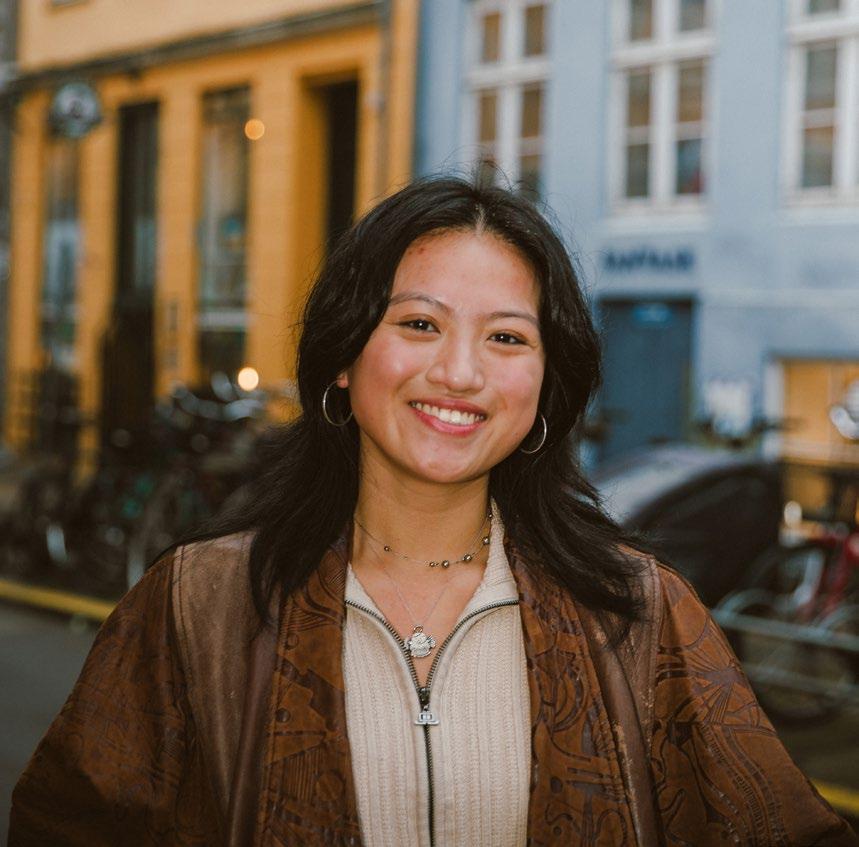
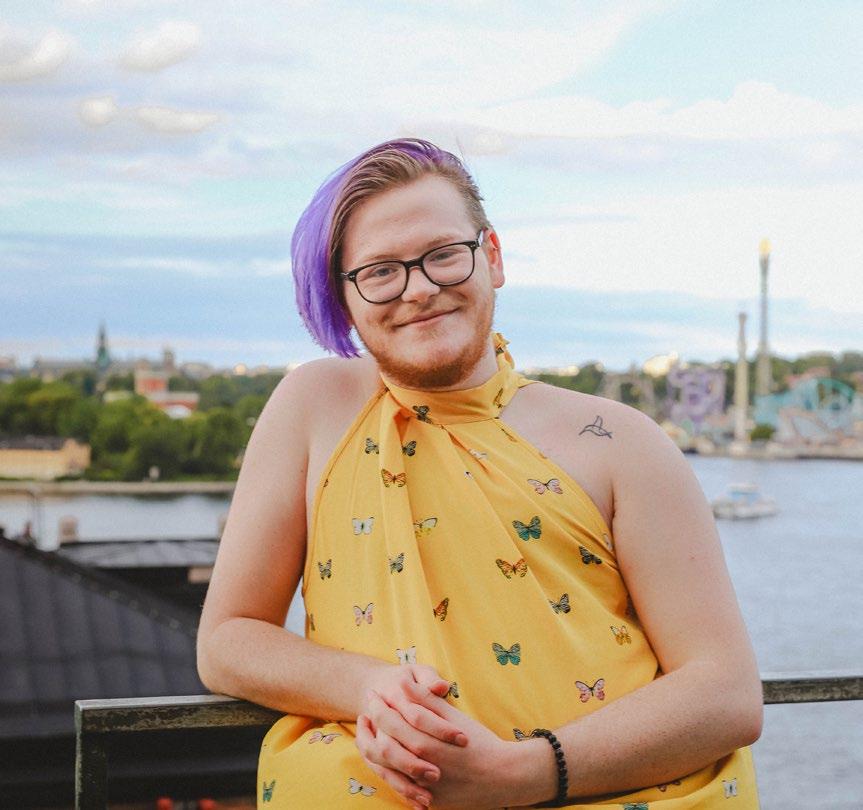
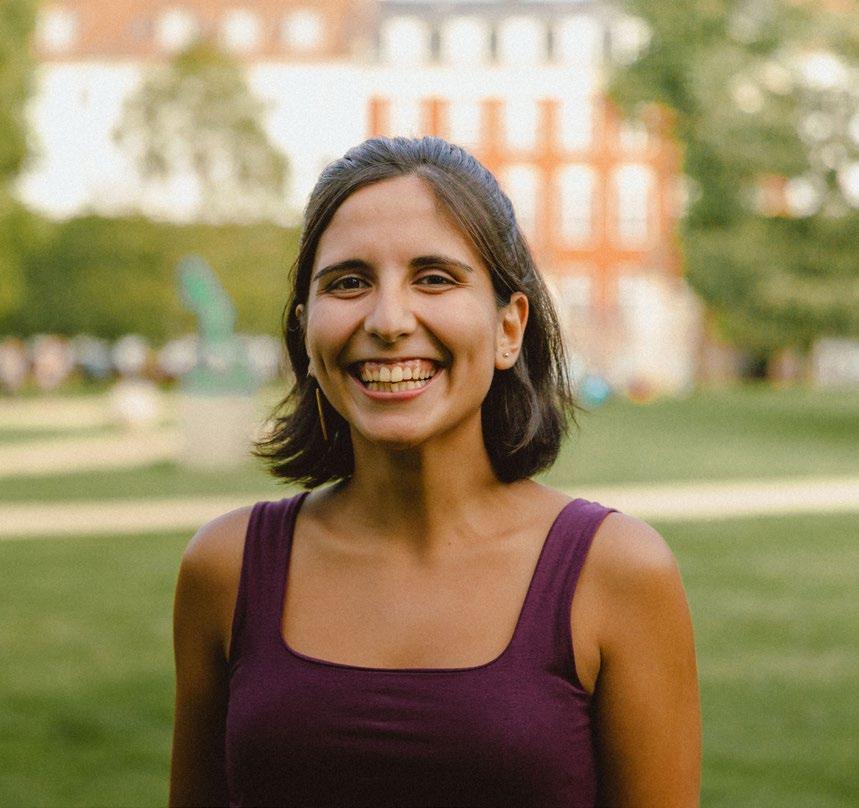
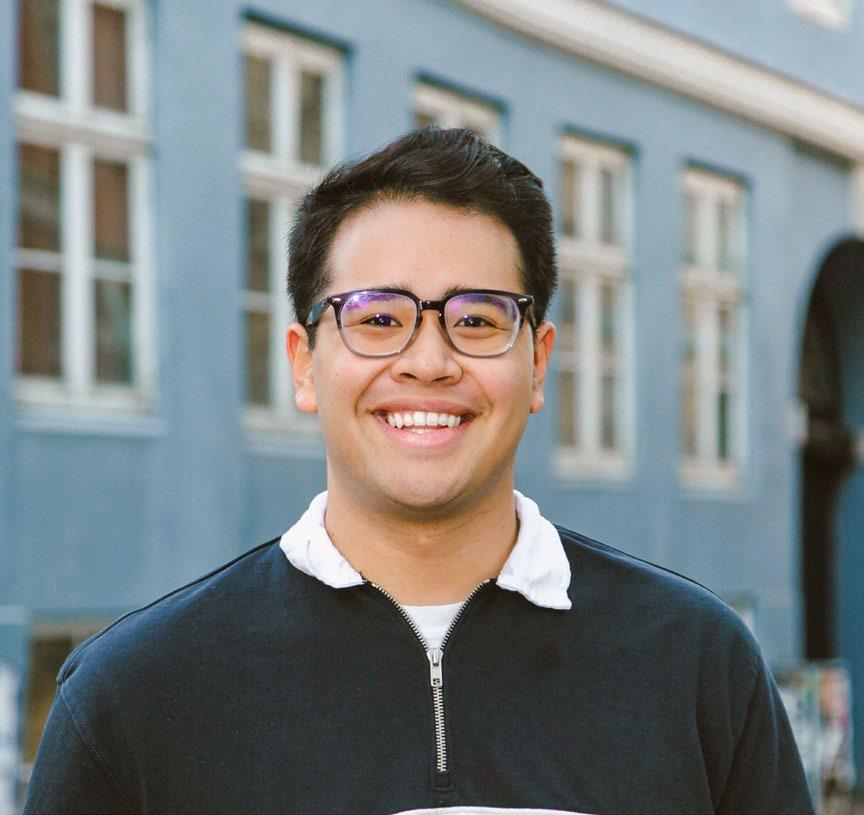
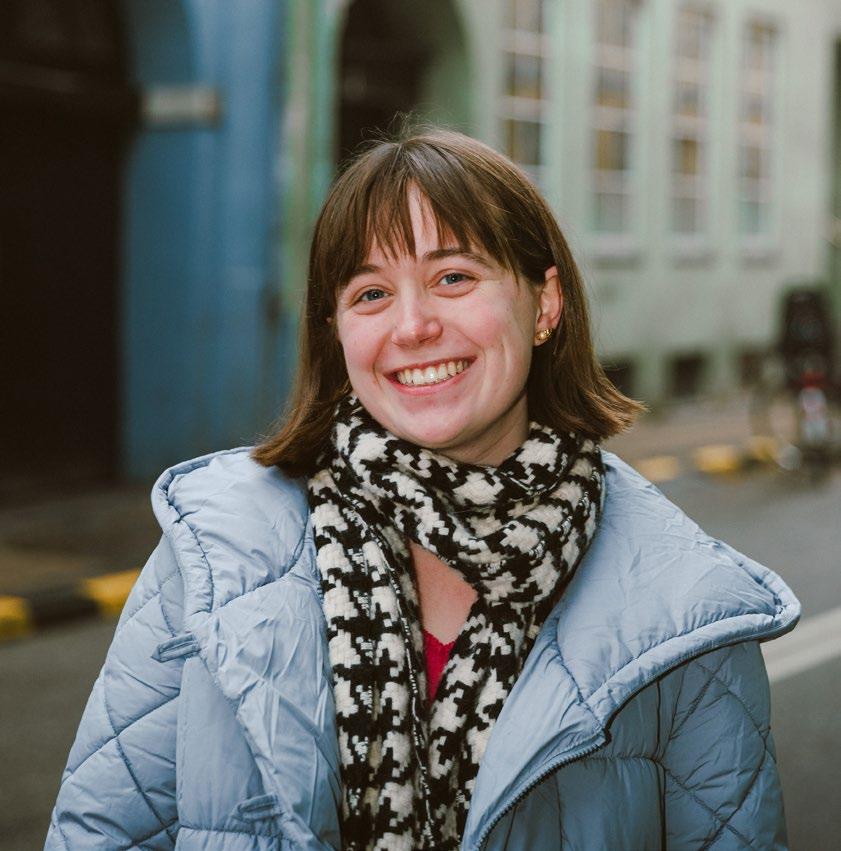
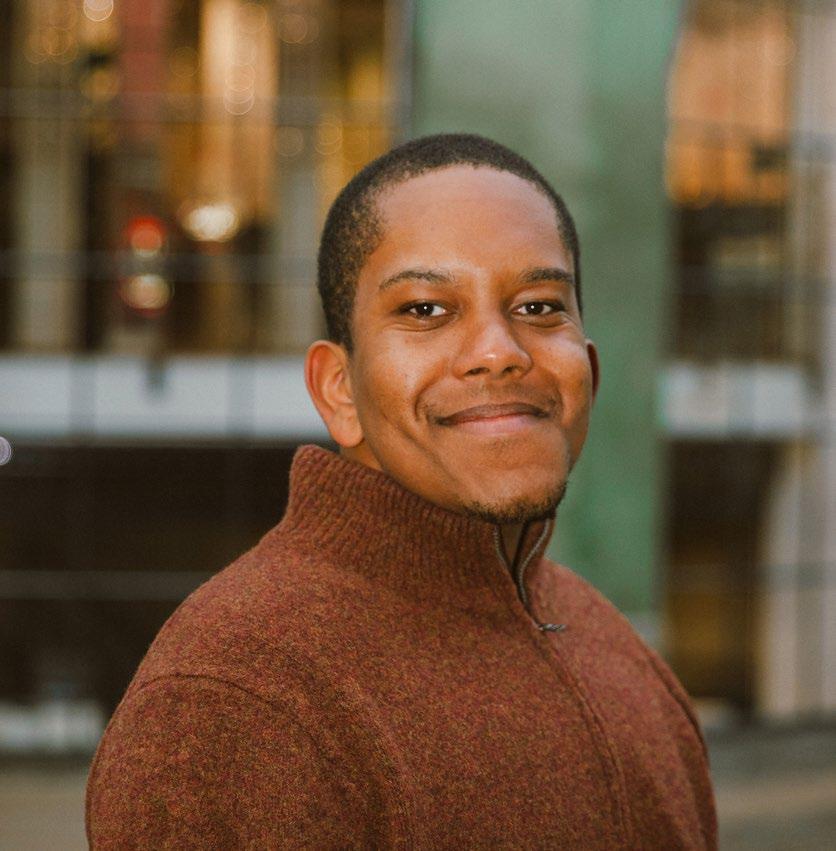

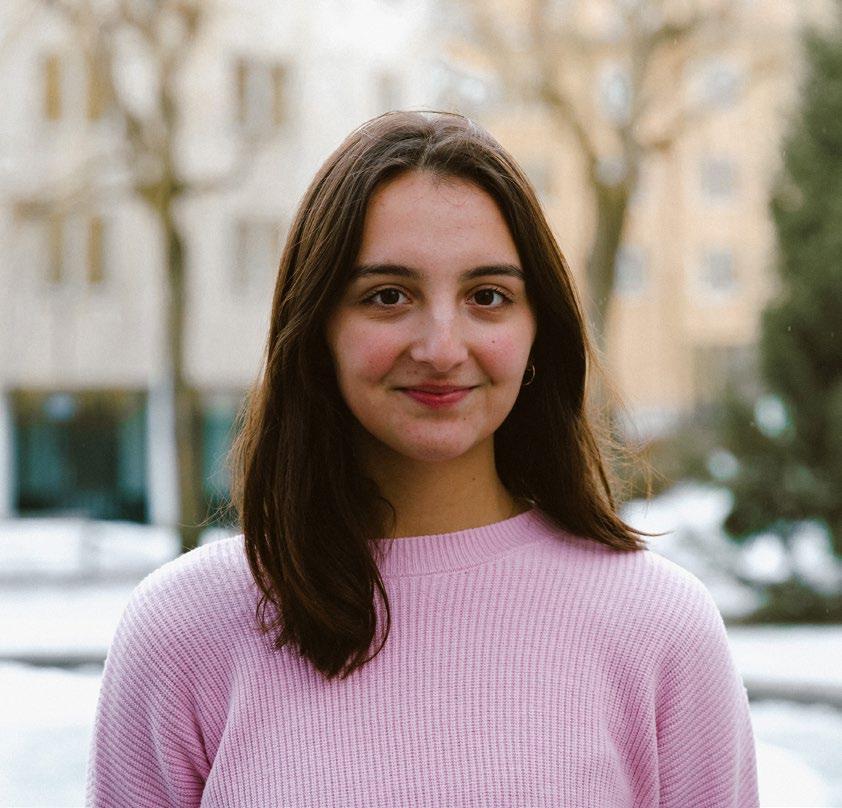
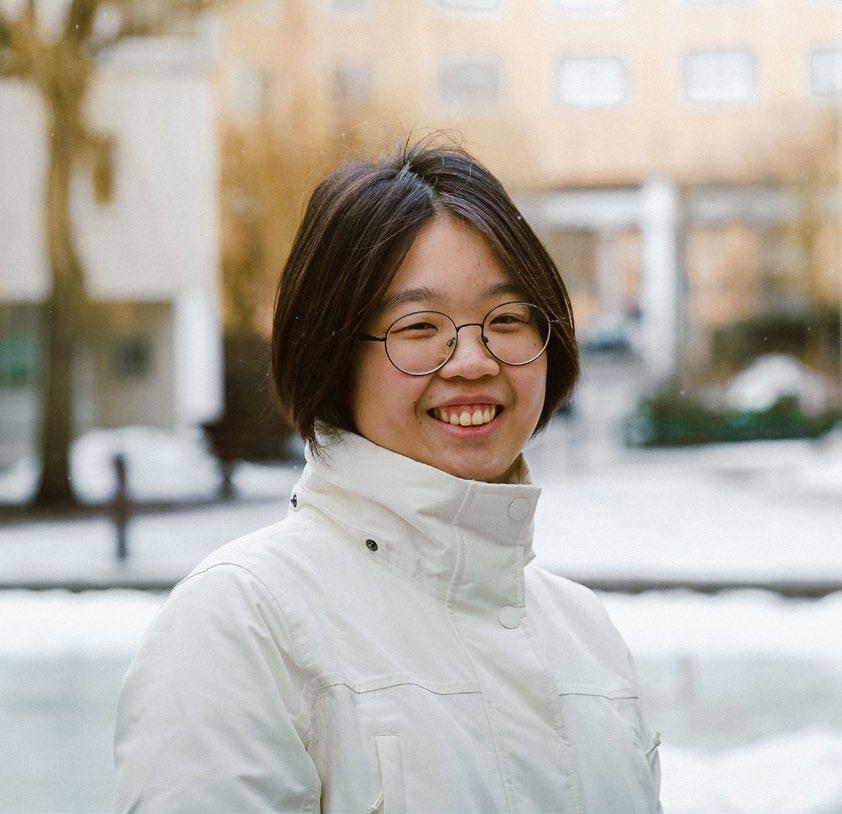
Every semester, bloggers share their stories in Stockholm and Copenhagen. Read what current students are up to in their own words. And better yet, reach out to them directly if you have any questions.
Stockholm: DISabroad.org/sth-blogs Copenhagen: DISabroad.org/cph-blogs
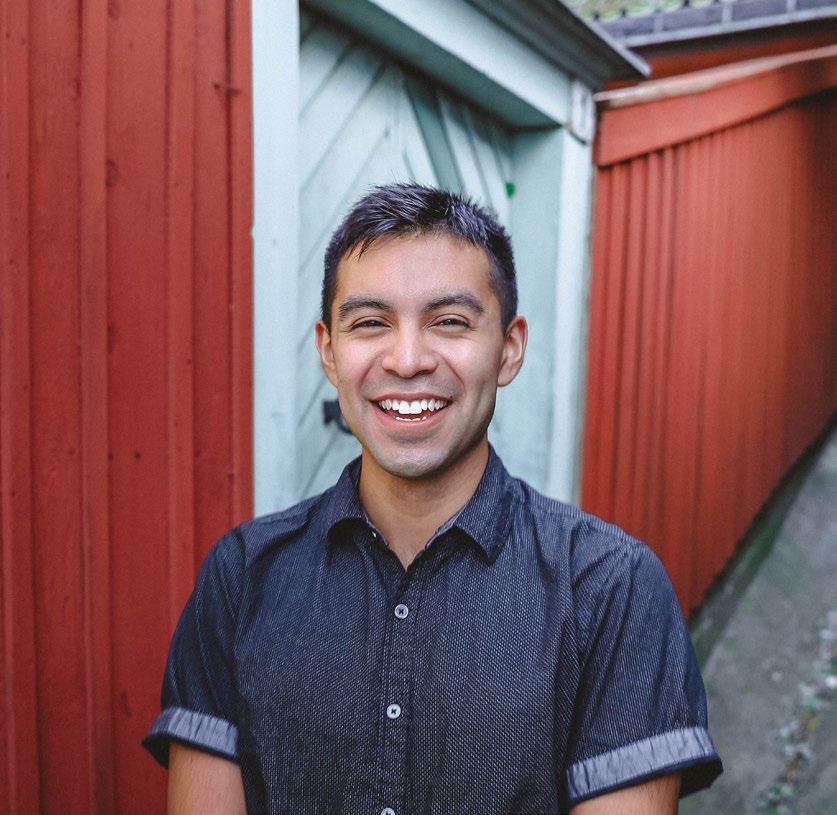
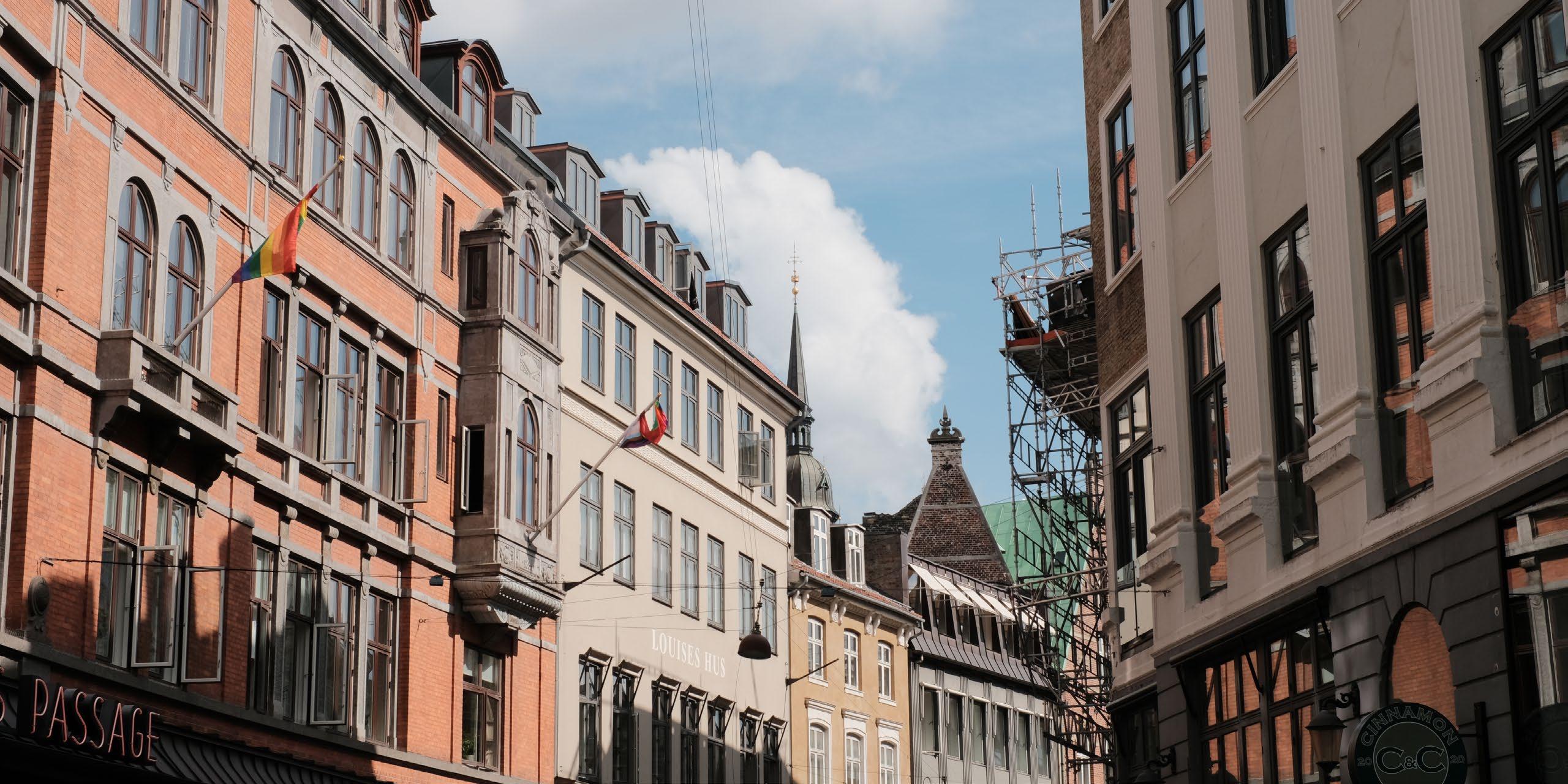
As a non-profit organization, we strive to make study abroad accessible for everyone. DIS prides itself on listing comprehensive fees with no hidden costs and keeping prices to a minimum while offering a quality experience. DIS and your school offer many resources to help make study abroad in Scandinavia a reality for you.
Comprehensive Tuition fee includes:
+ Course instruction, materials, and books
+ Costs for Study Tours
+ Labs, Research, and Practicums
+ Field Studies and guest lectures for all courses
+ Academic administration, advising, and support
Comprehensive Housing & Student Life fee includes:
+ Furnished room
+ Meals (depending on housing placement)
+ Local transportation coverage
+ Laundry facilities and/or allowance
+ Visa advice and assistance
+ Arrival Day pick-up and workshop
+ Various cultural and social events
+ 24-hour emergency support
+ Medical, accident, and liability insurance
DIS semester listed price:
Tuition: $22,635 USD
Housing & Student Life fee: $7,315 USD
Total: $29,950 USD
We understand that studying abroad can be an expensive endeavor, and are committed to supporting students with limited financial resources, from diverse backgrounds, and/or underrepresented populations in study abroad.
DIS offers need-based and diversity scholarships, as well as merit scholarships
We also partner with Fund for Education Abroad (FEA), which dedicates funds for DIS students, offering awards up to $5,000 per semester to U.S. undergraduates with financial need who are traditionally underrepresented in education abroad.
Never be embarrassed by your financial situation. DIS is aware of low-income students’ need for scholarships, and are willing to help. I have gotten so much support since I’ve been here, and it all started with asking.”
Melisa, Wesleyan University
Your questions, answered
When can I apply for DIS scholarships?
You can apply for scholarships at any point during the application or registration process; even before you have been accepted to DIS.
How can I use my financial aid from home when studying abroad with DIS?
For assistance with transferring your financial aid package, consult your study abroad office and financial aid office on campus.
As an international student, can I apply for a scholarship?
Yes, international (non-U.S. citizen) students are also welcome to apply for DIS scholarships.
How much does DIS offer for need-based scholarships?
Need-based scholarships are awarded based on demonstrated financial need, and each student may receive up to $6,000 per semester.
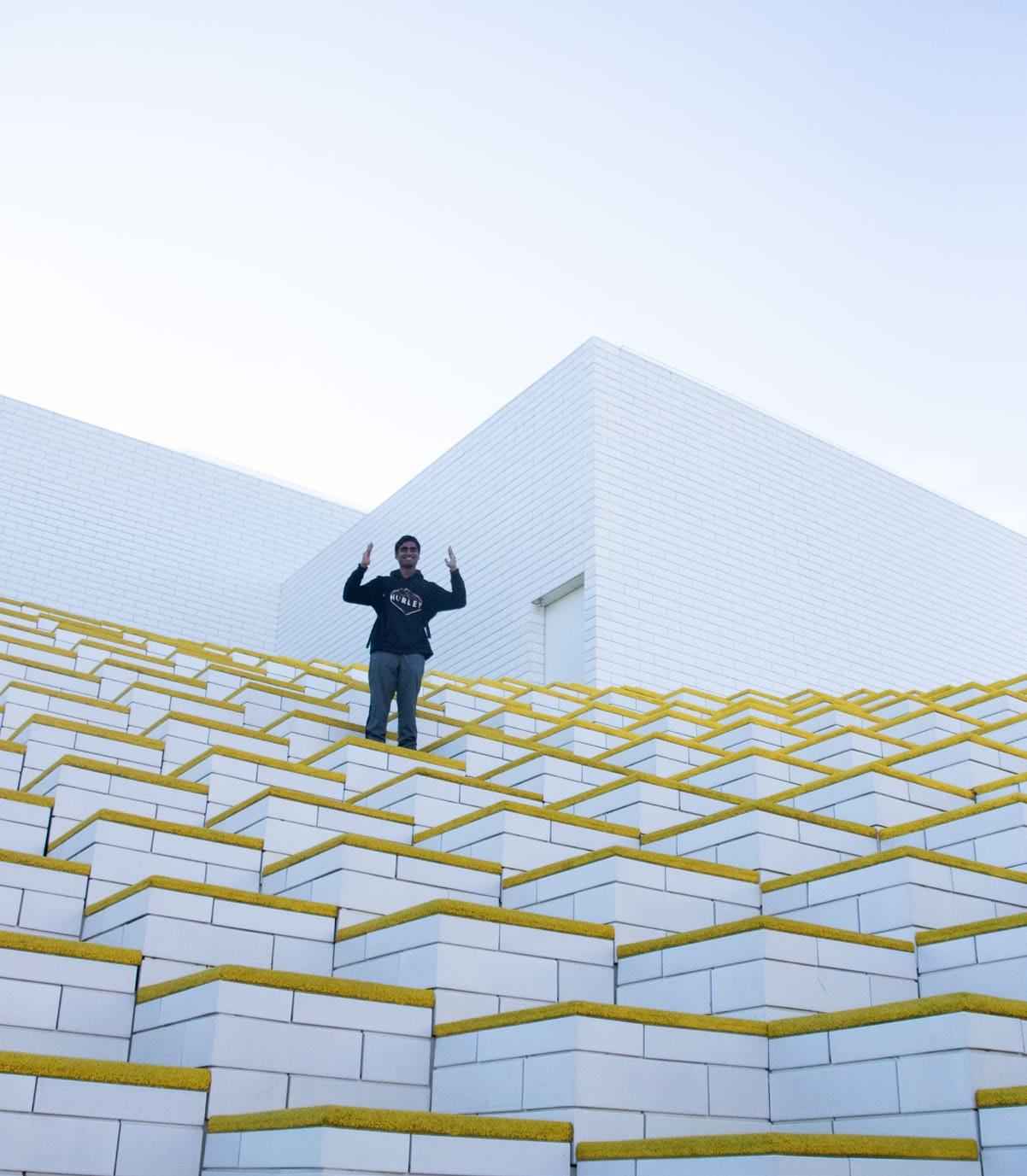
2.5 million USD per year in scholarships & aid DIS grants of all students receive financial support from DIS 50%
DISabroad.org/scholarships
What is the DIS Diversity Scholarship?
The DIS Diversity Scholarship is available to students from populations traditionally underrepresented in study abroad, including but not limited to those from diverse ethnic, racial, cultural, economic, and religious backgrounds, sexual orientation, and disability, as well as first-generation college students.
How do the merit-based awards offered by DIS work?
DIS offers three competitive, merit-based awards, each for $10,000.
If you are chosen as the recipient of a merit-based award, you will not qualify for need-based funding as well.
Are there other study abroad scholarships I can apply for?
How does it work?
Yes, many regional, national, and global organizations offer study abroad scholarships, like the Gilman Scholarship and Diversity Abroad. Consult your study abroad advisor on campus, and read more on the website.
We know that studying abroad is a big decision and we are here to guide you along every step of the way. DIS collaborates with over 200 partner institutions across the U.S. so that your application process is simple, and credits are easily transferred back to your home institution.
Your study abroad office and academic advisor can give you the information you need about application processes, deadlines, transfering credits, and tuition. They can also advise you on how to transfer your financial aid and talk through other scholarship opportunities.
When do the semesters start and end?
The fall semester runs from mid-August to mid-December, and the spring semester runs from mid-January to mid-May. Visit the website for full semester calendar details, including Study Tour and break dates.
Is the application process the same for DIS Stockholm and DIS Copenhagen?
Yes. We make it easy to list programs in both locations on your application. You will be accepted to either DIS Stockholm or DIS Copenhagen.
What makes for a strong DIS applicant?
To be a successful applicant, you must have an academically compelling reason why DIS is a good fit for you, the self-reliance and maturity necessary to obtain the benefits and embrace the challenges of studying abroad, and a genuine interest in cultural engagement.
Do I apply directly to DIS or through my home university?
The application process varies by university. Talk to your study abroad office or advisor, or fill out the form at DISabroad.org/apply to start the conversation with us. Once you have been admitted to DIS, you can register for courses and Study Tours, housing, and more.
I don’t know who to talk to about study abroad at my home university. Can you help?
Of course! Fill out the form at DISabroad.org/apply and we can help direct you to the right person.
Your questions, answered DISabroad.org/apply
We encourage you to apply as early as possible as DIS often reaches capacity.
Be sure to meet with your university’s study abroad advisors as internal deadlines and processes vary by institution.
Academic requirements include:
+ Minimum cumulative GPA of 3.0
+ Must have completed two semesters by time of participation
+ Good academic and disciplinary standing at a four-year college or university in the United States or Canada
You are always welcome to get in touch with our North American Office in Minnesota. Many staff are DIS alumni, who work closely together with fellow staff in Stockholm and Copenhagen to facilitate a smooth experience for you.
We offer support in the following areas:
+ Admission and registration
+ Financial aid and scholarships
+ Academic advising on prerequisites and course eligibility
+ Visa and pre-departure advising
+ Health and accommodations advising
DIS North American Office
Phone: (612) 361-2200 or (800) 247-3477
Email: DIS@DISabroad.org
Considering a future term with DIS? Join us for an info session. We will have staff and student voices from Copenhagen, Stockholm, and the U.S. We’ll share things you should be thinking about as you shape your study abroad future, and you have the opportunity to ask us questions.
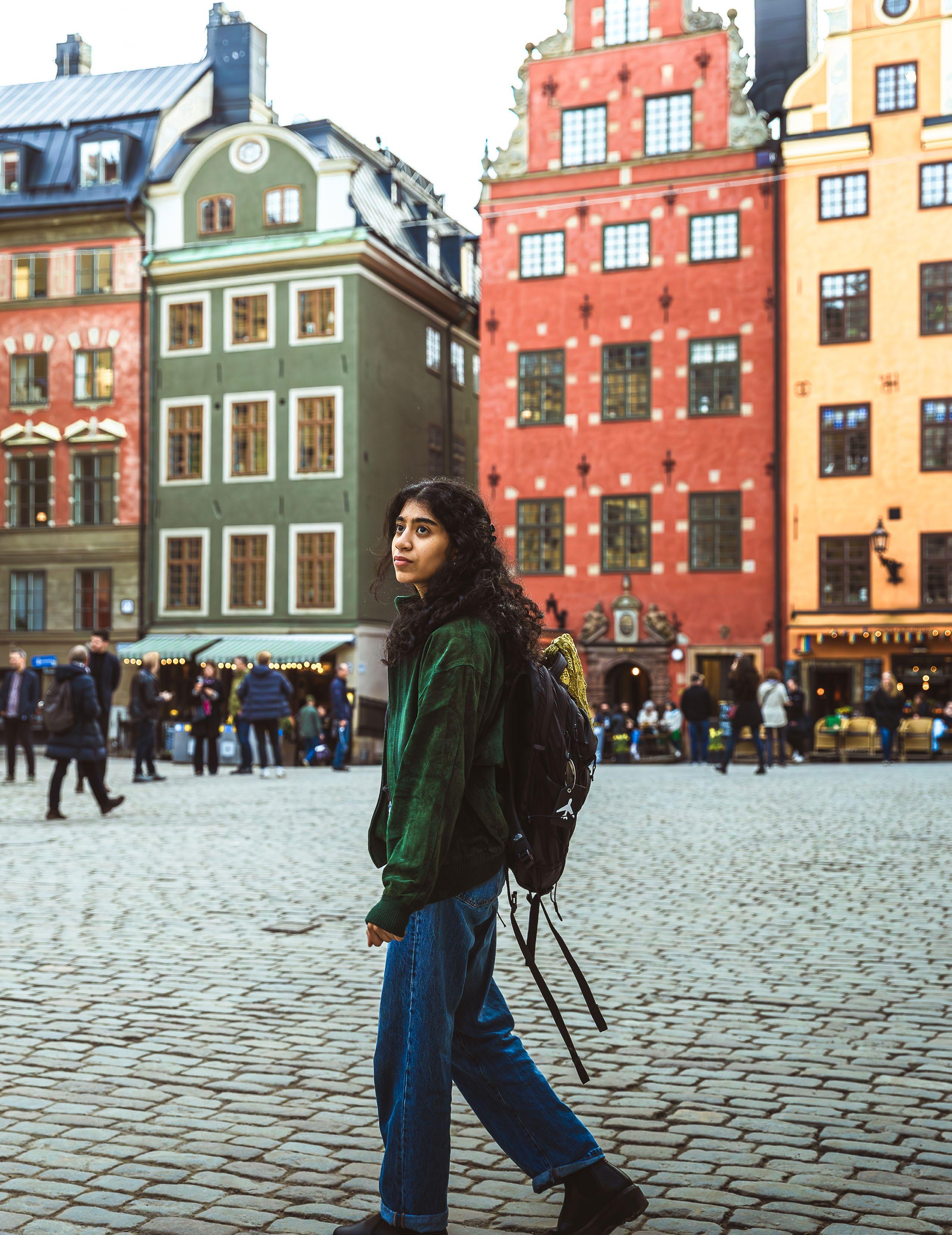
Before I left for Stockholm, my friend and I had a conversation that has stuck with me all the way through. We were talking about all the ways we might change, and she said something like, ‘Most growth happens when you aren’t expecting it.’ Just maybe, that’s the case here.”
Riley, University of Minnesota: Twin Cities
